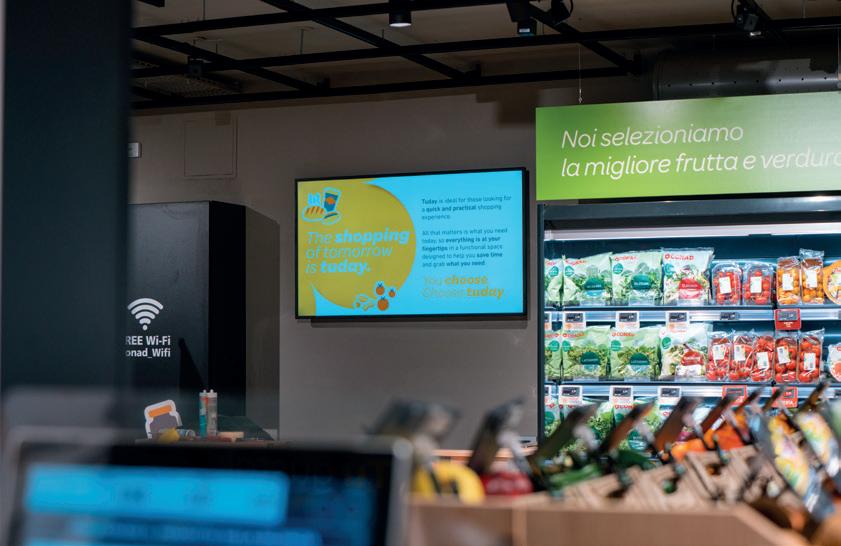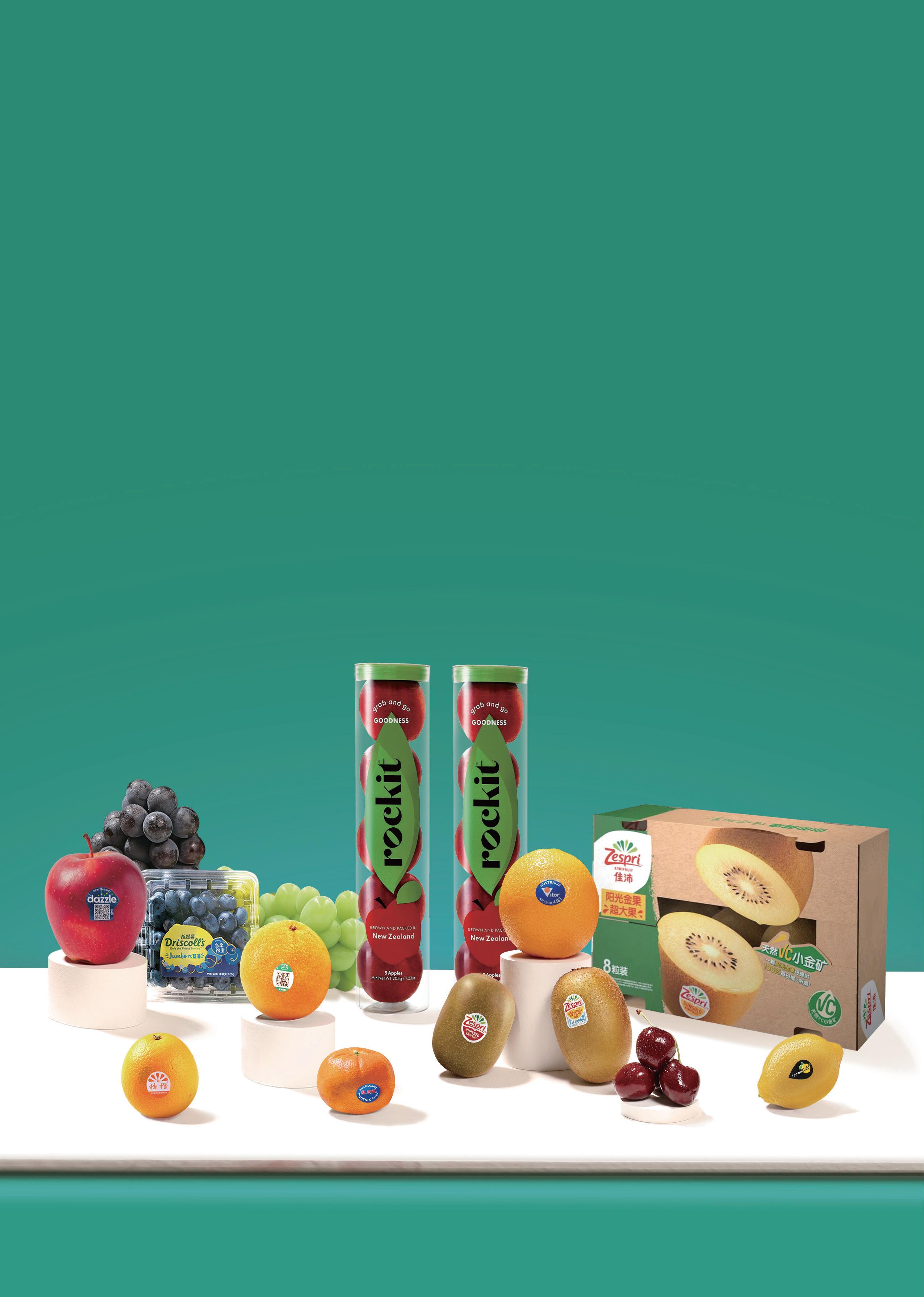EUROF RUIT
As the fresh produce business prepares for Fruit Logistica we look at some of its gamechanging new technologies

Class













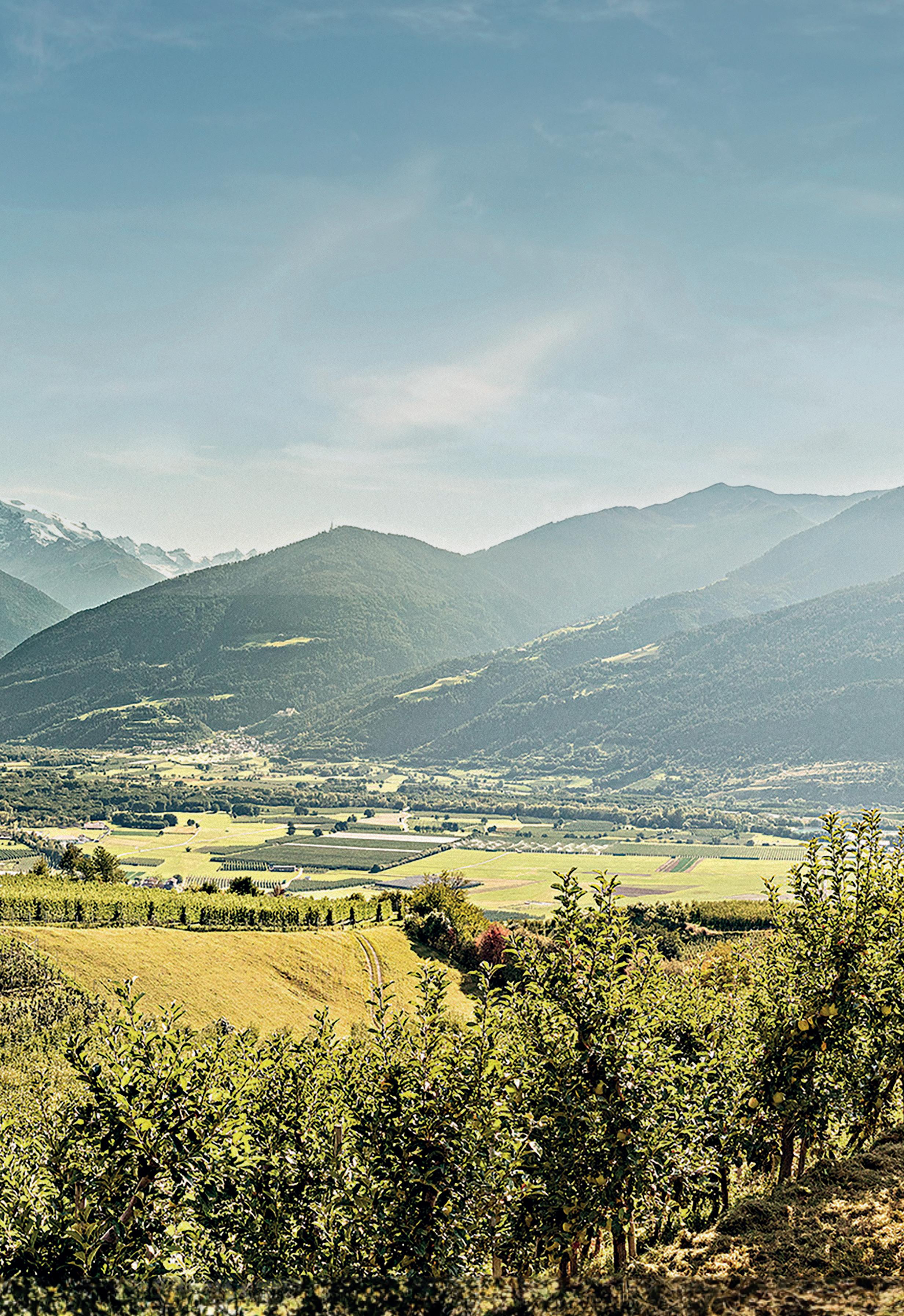


Across Fruit Logistica’s various stages, you can tap into the fresh produce industry’s largest gathering of experts and innovators
Fruit Logistica might have a fair amount of competition these days, but one of the things that continues to set it apart as a trade exhibition is an unrivalled programme of talks and discussions. I’m happy to admit that I say this from a less than entirely objective position: after all, Eurofruit publisher Fruitnet is the official media partner and thus responsible for putting together this packed agenda. Along with several of my colleagues, I myself play a key role to develop the programme, host the sessions, and chair its interviews and panel discussions. But if you look down the list of events on offer, the sheer breadth of knowledge and insight at your disposal as a Fruit Logistica visitor is the reason why we believe the show retains its position as the epicentre of intelligent thinking on the future of the global fresh produce business. Across its various stages – Fresh Produce Forum, Future Lab, Logistics Hub, Tech Stage, and Friday’s Startup Day – you can tap into the fresh produce industry’s largest gathering of experts and innovators, who will share valuable perspectives on a range of essential topics, and present you with intelligent, actionable insights. This edition of Eurofruit is designed to complement that programme, and to show you the technological innovations that will change fresh produce business forever. We look forward to meeting you all in Berlin on 7-9 February 2024. E

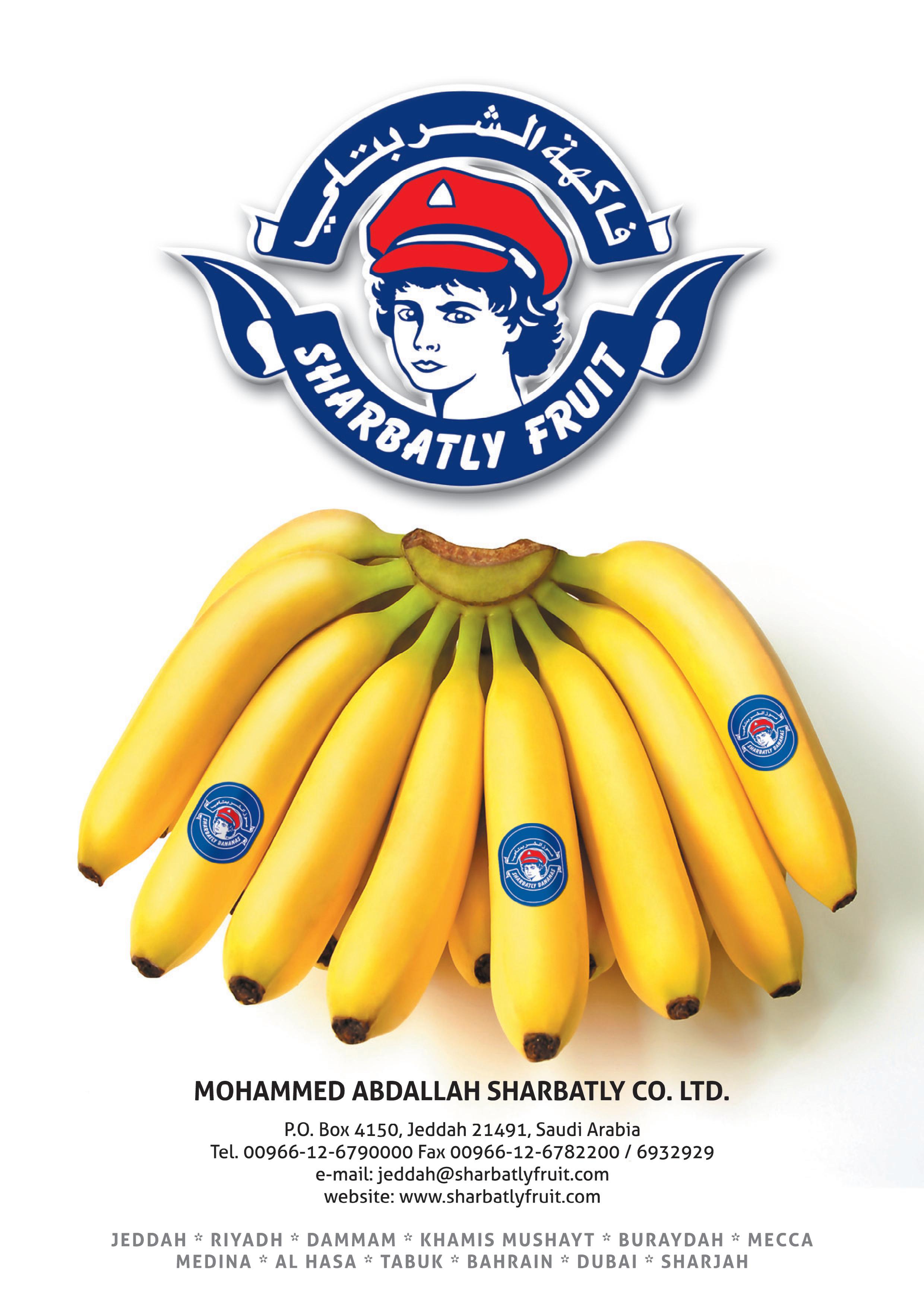
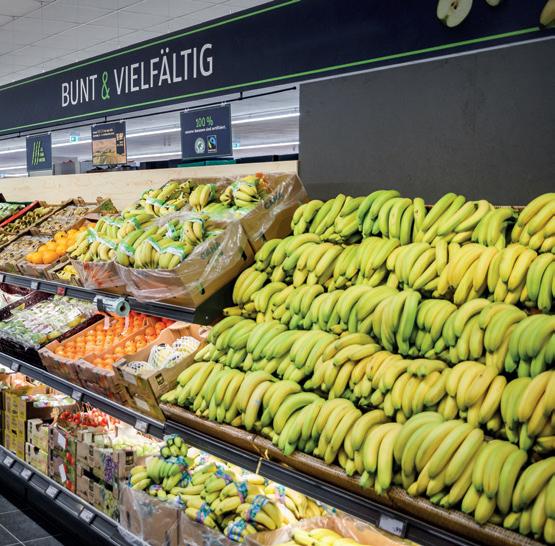
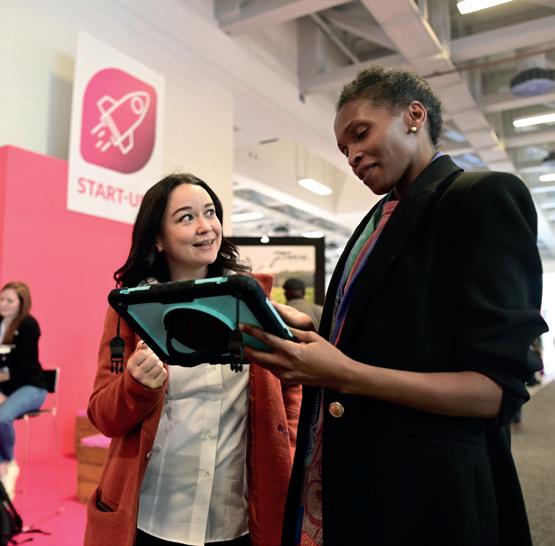

Events
fruitnet.com/berrycongress
The Global Berry Congress brought together leading players in the fresh berry category to connect and share in-depth experience and expertise, whilst exploring new ideas.
Photo Blog
instagram.com/fruitnet
Follow Fruitnet's Instagram page for regular photos and updates from the Fruitnet team.
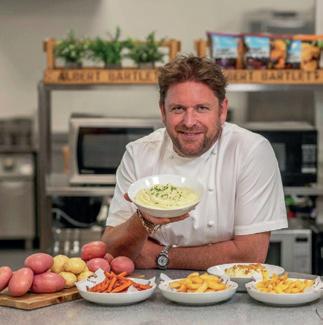
linkedin.com/showcase/eurofruitmagazine
Expand your network of professional contacts and join the fresh produce conversation by visiting the eurofruit LinkedIn account.
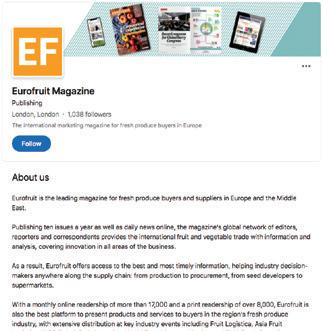
X
x.com/eurofruit
Keep up to date with news, opinions and developments from around the European fresh produce trade by following our dedicated X account.
News
fruitnet.com/eurofruit eurofruit's news website provides regular updates on all the top stories from the European fresh fruit and vegetable business.
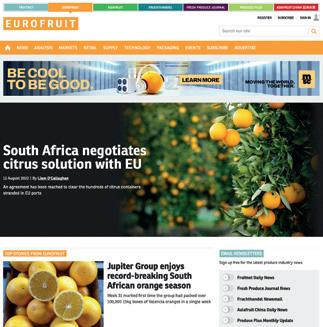
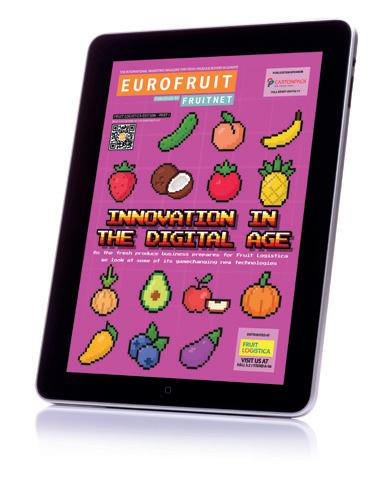
Eurofruit App
Ehttps://desktop.eurofruitmagazine.com
Download the new Eurofruit app onto your smartphone or tablet from the App Store or Google Play. Stay informed of the latest fresh produce industry developments, and enjoy our magazines in new user-friendly digital formats.
Fruitnet Daily News
fruitnet.com/freenewsletter
Fruitnet Daily News is the fresh produce industry's leading source of news, information and insight. Available free to all, it is essential reading for those who need to keep track of developments and trends in the international fruit and vegetable business.
Fruitbox
https://anchor.fm/fruitbox
Listen to Fruitnet's podcast series hosted by managing director Chris White in London. The Fruitbox podcast features conversations and interviews with leading industry experts.


SINCE 1973
EDITORIAL
managing director, fruitnet europe
Mike Knowles
+44 20 7501 3702 michael@fruitnet.com
managing editor
Maura Maxwell
+44 20 7501 3706 maura@fruitnet.com
deputy editor
Carl Collen
+44 20 7501 3703 carl@fruitnet.com
news editor
Tom Joyce
+44 20 7501 3704 tom@fruitnet.com
staff writer
Fred Searle
+44 20 7501 0301 fred@fruitnet.com
DESIGN & PRODUCTION
design manager
Simon Spreckley
+44 20 7501 3713 simon@fruitnet.com
senior designer
Qiong Wu
+61 3 9040 1603 wobo@fruitnet.com
middleweight designer
Mai Luong
+44 20 7501 3713 mai@fruitnet.com
junior graphic designer
Asma Kapoor
+44 20 7501 3713 asma@fruitnet.com
EVENTS & MARKETING
head of events and marketing
Laura Martín Nuñez
+44 20 7501 3720 laura@fruitnet.com
events executive Poppy Bowe
+44 20 7501 3719 poppy@fruitnet.com
MANAGEMENT
commercial director
Ulrike Niggemann
+49 211 99 10 425 ulrike@fruitnet.com
managing director
Chris White
+44 20 7501 3710 chris@fruitnet.com
ADVERTISING
sales director
Artur Wiselka
+44 20 7501 0309 artur@fruitnet.com
senior sales manager
Giorgio Mancino
+44 20 7501 3716 giorgio@fruitnet.com
account manager
Josselyn Pozo Lascano
+44 20 7501 0313 josselyn@fruitnet.com
us & canada
Jeff Long
+1 805 448 8027 jeff@fruitnet.com
italy
Giordano Giardi
+39 059 786 3839 giordano@fruitnet.com
germany, austria, switzerland, middle east Heike Hagenguth
+20 100 544 5066 heike@fruitnet.com
morocco, france, tunisia Cristina Delof
+34 93 000 57 54 cristina@fruitnet.com
south africa
Fred Meintjes
+27 28 754 1418 fredmeintjes@fruitnet.com
asia pacific
Kate Riches
+61 3 9040 1601 kate@fruitnet.com
ADMINISTRATION
finance director
Elvan Gul
+44 20 7501 3711 elvan@fruitnet.com
accounts receivable
Tracey Haines
+44 20 7501 3717 tracey@fruitnet.com
finance manager
Günal Yildiz
+44 20 7501 3714 gunal@fruitnet.com
subscriptions
+44 20 7501 0311 subscriptions@fruitnet.com
CONTRIBUTORS

Michael Barker fresh produce journal Michael visits the Global Produce and Floral Show in Anaheim, California, taking in the best the North American fresh produce industry has to offer. us–p118-122

Michael MacFarlane agriplace
Greenyard has turned to Agriplace to facilitate information sharing on quality and sustainability, and gain insight into its customer base. p&t–p137

James French tomra
James discusses how artificial intelligence is bringing a big technological shift that businesses will have to keep up with to remain competitive. p&t–p124

Richard Bright reefer trends
Richard looks at how some of the industry's biggest businesses are engaging in brand activism, and whether it is having the desired effect. dispatches–p140-141


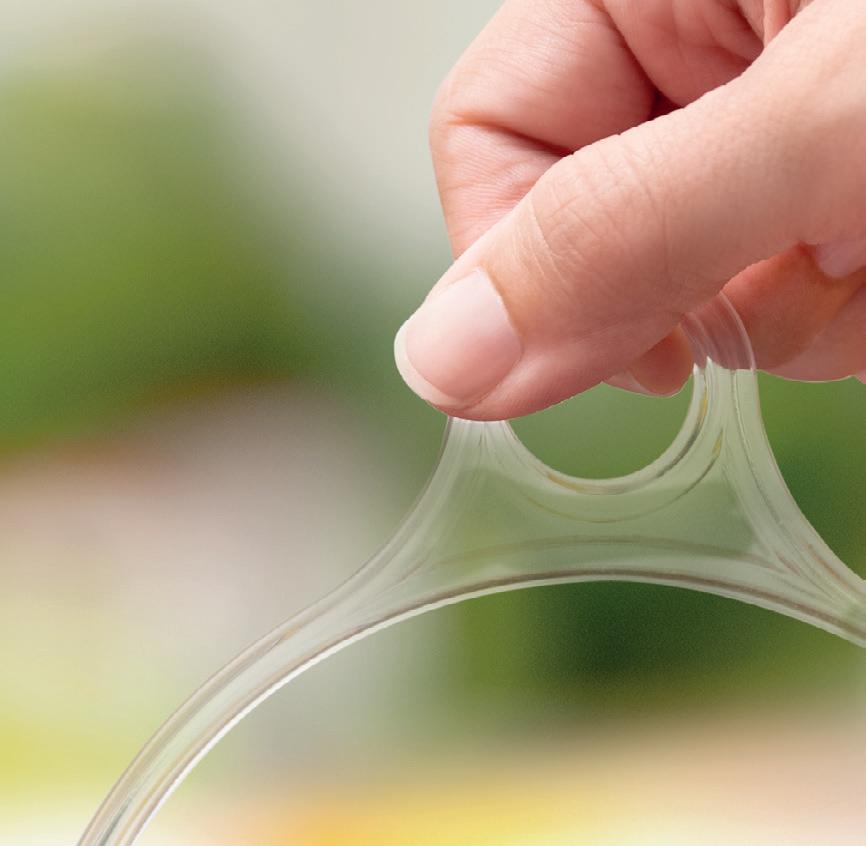
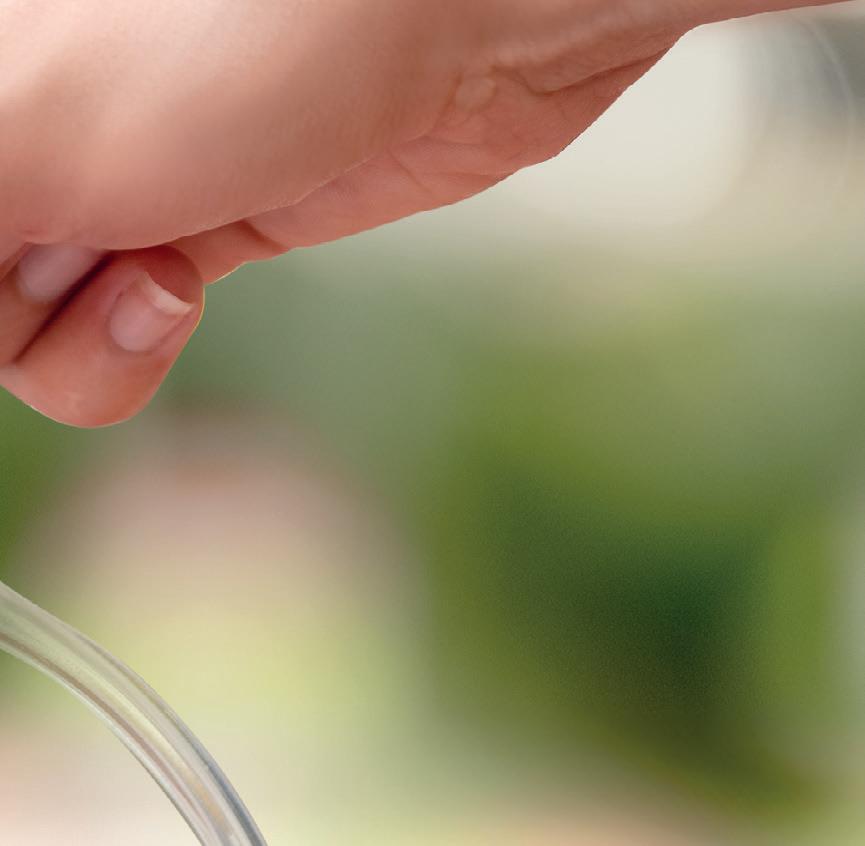

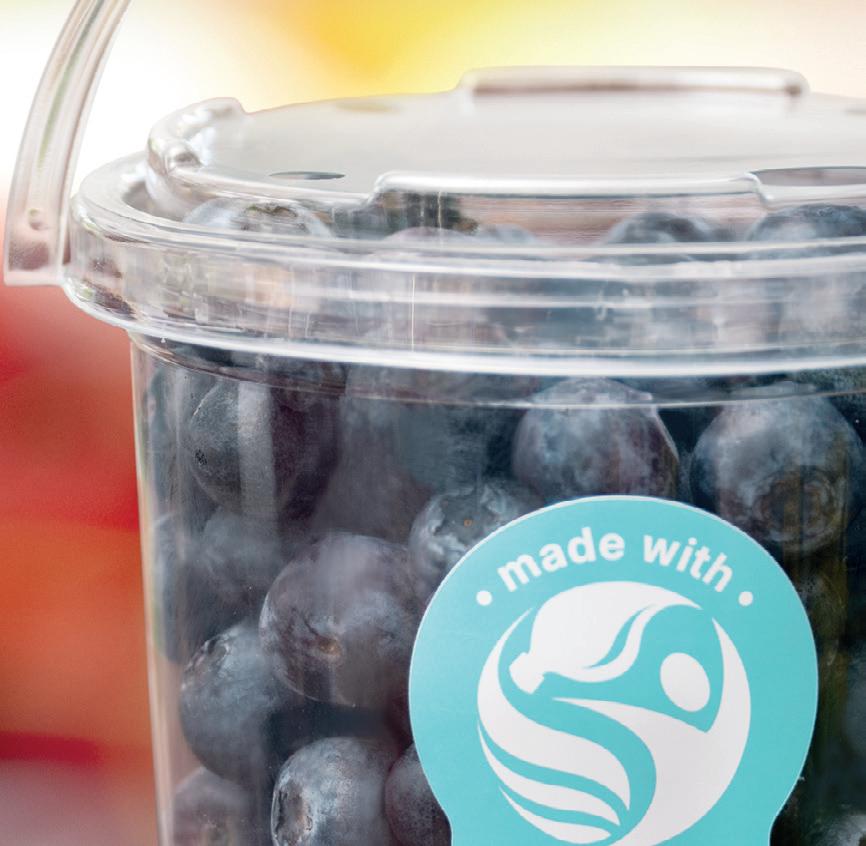
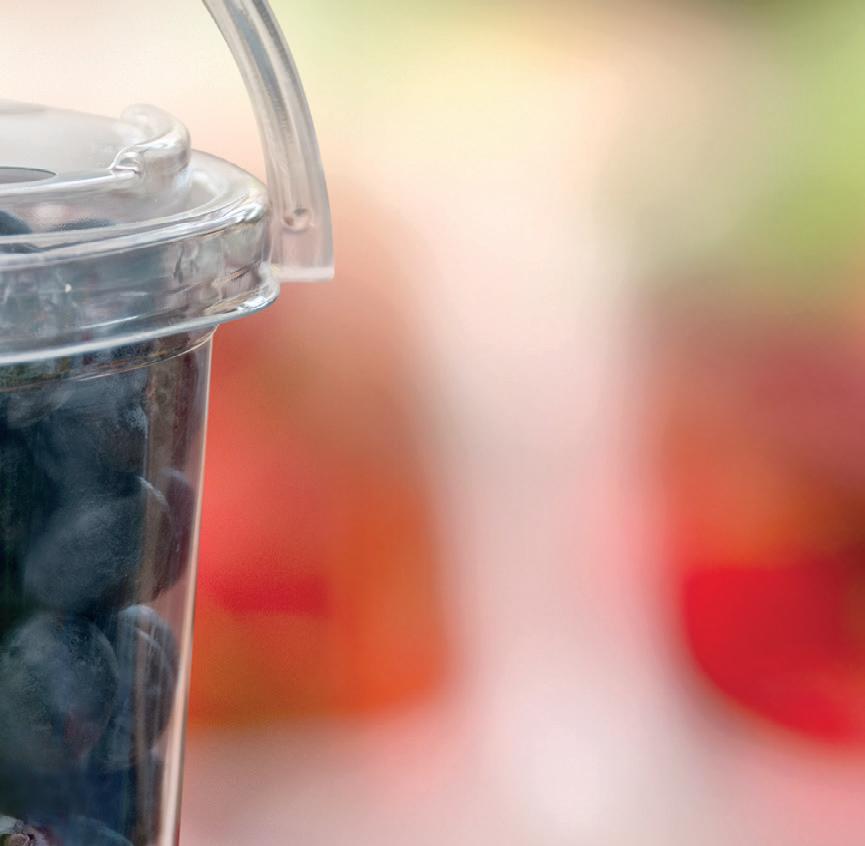






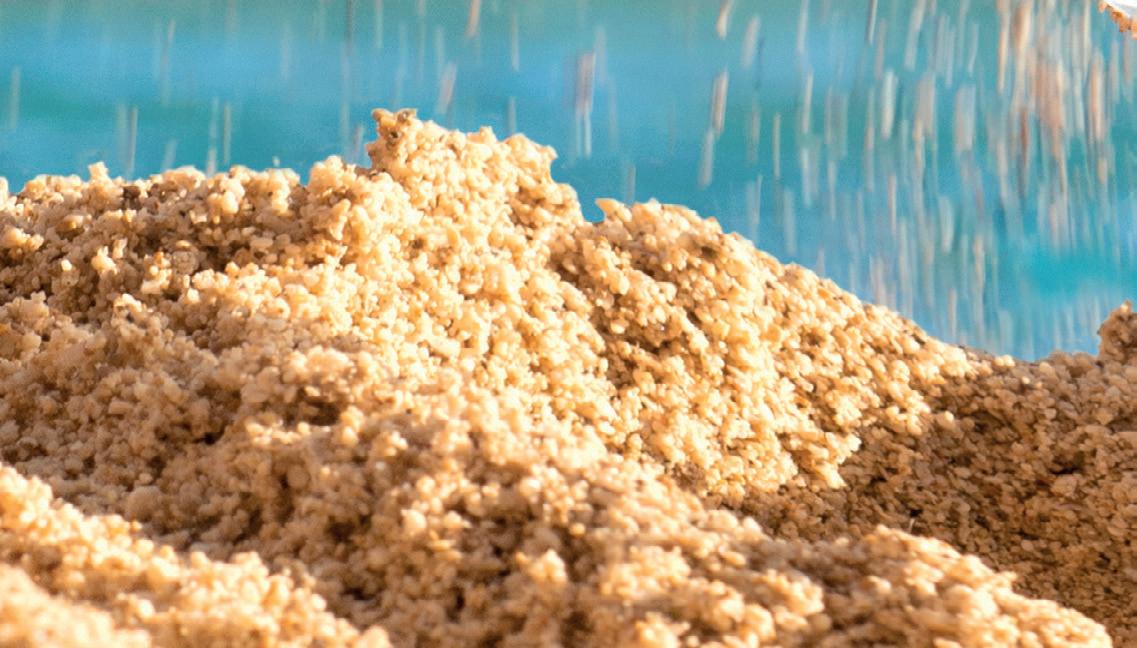



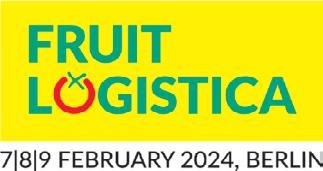

Pineapples next for Aldi’s CSR sourcing model
A year on from the launch of its new banana sourcing strategy, Franka Rodriguez, director of global sourcing at Aldi South Group, talks exclusively to Eurofruit about the progress made and challenges encountered along the way.
by Maura Maxwell @maurafruitnetFranka, it’s been just over a year since Aldi announced its new banana sourcing strategy and its commitment to building a fairer and more transparent banana supply chain by connecting buying and corporate responsibility. Now, you are doing the same with pineapples, where workers face a similar plight to those in bananas. Has your banana strategy served as a template for pineapples? Or have you had to make many modifications based on the differences in that supply chain?
Franka Rodriguez: A major factor for the success of our new banana sourcing approach has been the involvement of our business partners in the design and implementation process from the very beginning. This meant that we searched what is most needed by suppliers and producers to support sustainable banana production, listened to their concerns, and took into account the proposed measures.
Ultimately, the key ingredient as to why this approach has been so successful and well received is the fact that this is not just a sustainability concept
or a commercial initiative – it is an approach that has been developed jointly by our buying and sustainability experts to make sure we are implementing a lasting, sustainable and effective solution to help address the key issue in the banana supply chain as reported in the media, the negative price pressure we have seen in the past years. From our perspective, the critical issue in the past was a lack of cooperation and transparency, which are issues we successfully overcame in our best practice sourcing model.
Our new banana sourcing approach clearly showed us the possibilities that are created when incorporating more responsible sourcing practices into our sourcing. This is why we believe it can serve as a template not just for other Aldi supply chains but also for other retailers to follow.
Similar to the process of designing the banana sourcing
approach, we collaborated with our key partners to understand what was most needed to promote sustainable production of pineapples. Once again, we used a multi-departmental approach to implement the most impactful
“A key challenge was the need to establish trust between all supply chain stakeholders involved”
responsible sourcing practices. We also realised that a deeper understanding of the value chain steps and costs of production were keys to mitigating a negative price pressure. This clarity enabled Aldi to develop deeper partnerships and collaboratively work on highpriority sustainability objectives.
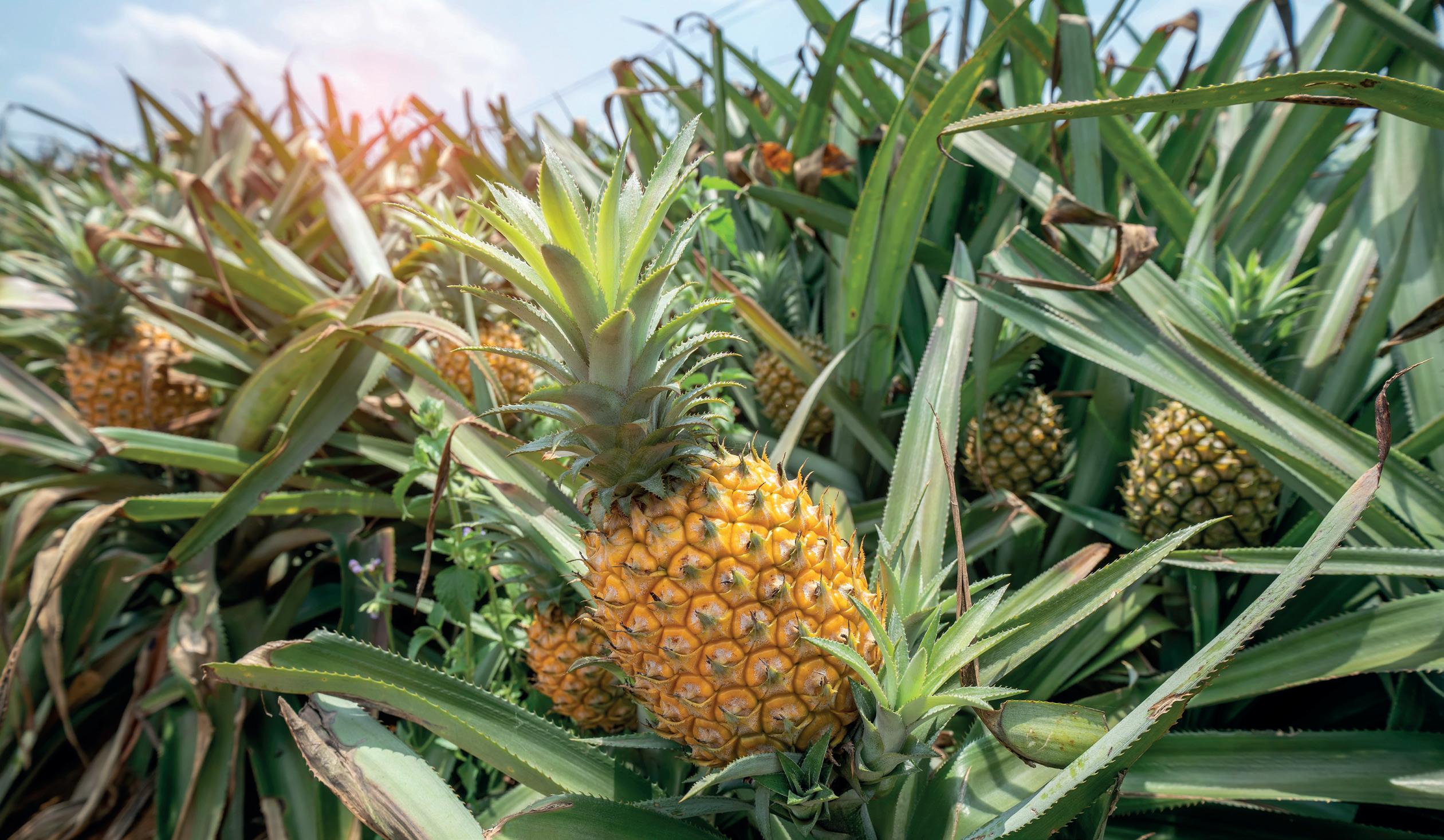
However, there are some differences between both fresh products. In the banana sourcing approach, we had the Fairtrade index to provide industry-wide best practice costs to produce the product sustainably. For pineapples, there is no public index available. It was, therefore, even more important to work with industry partners to design an annually adjusted cost of production index. We brought in an external service provider, who was instrumental in the creation of the Fairtrade banana index, to facilitate the creation of a new index which would enable the new pricing mechanism of the new pineapple sourcing strategy.
What would you say have been the biggest challenges you have encountered so far?
FR: A key challenge we faced at the very beginning was the need
to establish trust between all supply chain stakeholders involved. Engaging with all of our strategic suppliers and further actors in the banana supply chain was essential, and we used the support of organisations like the World Banana Forum to do this. Building a direct relationship with producers in Latin America was vital to address this challenge in a way that enabled us to devise an approach that was truly sustainable. Through this engagement, we were able to establish such an approach, and to financially invest in our commitment for the creation of a real and positive impact in the banana supply chain.
With the internal business buy-in and full support for this new procedure by our management, we provided credible solutions to these concerns, which enabled us to address these challenges head-on. Now, it is our responsibility to continue listening
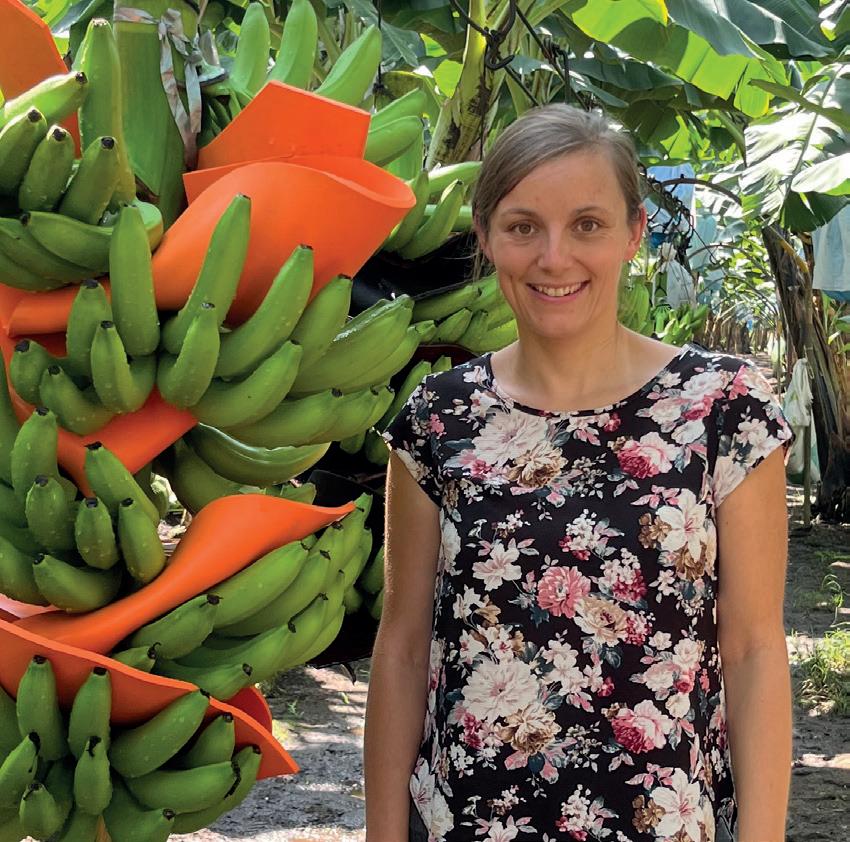
to our partners, to keep making sure the approach is providing them with the assistance needed for a sustainable production, and to assess how we can best scale this positive impact.
It is also essential to mention that our efforts are not enough if suppliers and local governments do not fully commit to and support sustainable food production and workers’ rights.
Most of Europe’s pineapples come from Costa Rica, »
where there have been a number of well documented cases of worker abuse. Are you sourcing bigger volumes from other suppliers since switching to your new policy?
FR: Aldi always takes its sourcing decisions carefully and considers a variety of factors to strengthen the resilience and sustainability performance of our value chains. In the fresh pineapple supply chain, Aldi is currently working on the implementation of responsible sourcing practices. We are monitoring the market to ensure that supply chain resilience and risk diversification are maximised.
to mitigate potential sustainability concerns.
Greater transparency is a key objective of Aldi’s new strategy. Can you provide examples of how you are applying this in the case of pineapples?
FR: There are no better examples than cost transparency and supply chain transparency.
Regarding cost transparency, at Aldi, we seek clarity on the true cost of production of fresh pineapples. To achieve this, we are working with our partners to get transparency on the costs

Costa Rica is one of the largest pineapple growing countries in the world, and many players in the industry have invested heavily to strengthen the country’s competitiveness. We only source our products from our strategic partners, with whom we have long-standing relationships and who are able to meet our highest sustainability standards. We want to increase transparency in the supply chain and work systematically with these partners
involved in each part of the pineapple production process. Like the banana model, regular price reviews in collaboration with our partners will be conducted to ensure the costs adequately reflect changes in market and value chain conditions.
Supply chain transparency lies at the heart of our approach to
due diligence. Aldi is working with key stakeholders to map the pineapple supply chain to better understand the route taken for the product to arrive at our stores. Armed with this information, we will be working to build stronger partnerships with supply chain partners and promote industry-wide sustainability changes.
What progress have you made in the last year with the implementation of your banana sourcing strategy?
FR: A lot has happened in the last year. We went from months of developing a blueprint for our new sourcing model to putting it into action at the start of 2023. When making our commitment public during 2022, we received a lot of praise from stakeholders who have been among our harshest critics in the past. This was reassuring and motivated us even more because we are aware that the Aldi banana price is often viewed as a reference in the industry. Now, almost one year into implementation, we receive feedback in global forums that our pricing model can be viewed as best practice.
“At Aldi we seek clarity on the true cost involved in each part of the pineapple production process”
We see stakeholders across the banana world experiencing first-hand the tangible benefits of our approach and asking other retailers to follow Aldi’s positive steps.
For our strategic partners as well as producers, the longer-term partnership we offered has provided them with increased sourcing and planning stability. This enables more investments in activities that benefit workers and the environment. After a successful implementation in 2023, preparations are taking place to ensure we can soon buy all internationally purchased bananas using this best practice model, and I am happy to report that we are on a good track here.
When you spoke to us last year, you highlighted the need for all stakeholders in the industry to work together to make the banana supply chain more sustainable. Would you say things have moved on in a meaningful way since then?
FR: What we have seen in the banana supply chain is indeed a closer, more effective collaboration »
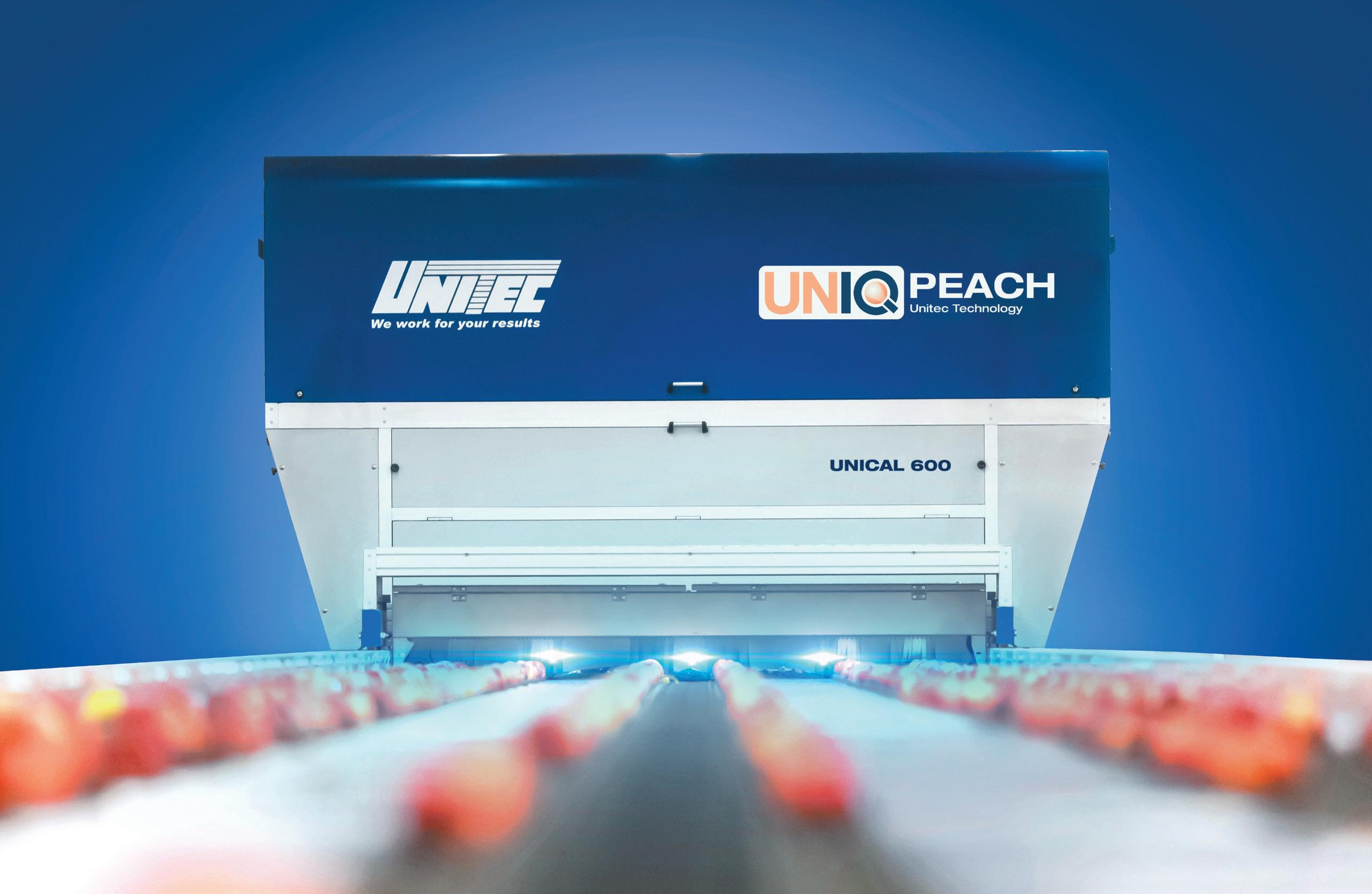

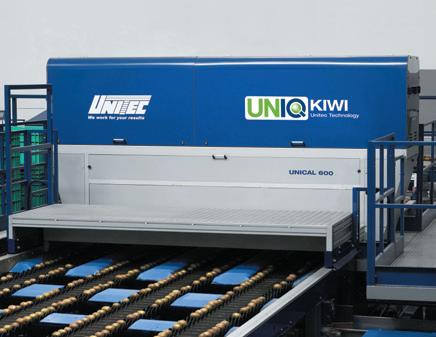
among key stakeholders. The World Banana Forum has been instrumental in bringing all relevant stakeholders to the table, and organisations such as IDH and GIZ have not only brought retailers from different countries together in groups to join forces. These groups are also collaborating internationally towards more sustainability in the banana supply chain, first and foremost on the topic of living wages.
In addition, we have received interest from multiple groups, including competitors, on how we are implementing more responsible sourcing practices. These are generally seen as enablers for sustainability in the supply chain, and we hope that we can support other retailers in adopting these or similar measures in their banana supply chain.
Supermarkets continue to use bananas as loss leaders – just a few weeks ago, Aldi UK announced that it was cutting the price of a Nature’s pick pack of seven bananas from £0.92 to £0.88. How do you square that with arguing against a so-called “race to the bottom”? Doesn’t this make it less likely, rather than more likely, that other retailers will follow your lead in adopting a fairer pricing strategy?
FR: One of Aldi’s goals is to offer a large option of sustainable products at an affordable price. Currently, our customers are facing a challenging financial situation due to inflation, political issues and more. We always strive to absorb higher costs in the supply chain through more efficient operations and supply chain management to be able to offer the best prices to our customers.
In April of 2023, Aldi announced
the successful completion of a pilot project to understand worker-led living wage verification. Why was this project important, and what has it taught you?
FR: On our journey towards living wage bananas, we soon realised that this is only feasible when there is accurate data, both for determining potential gaps in
This was a very successful joint effort, which clearly showed the value of involving workers in this process and highlighted the key benefits of establishing such a local verification method.
What products are next in your sights?
FR: After our most recent successes, we feel confident that we will be able to roll out sustainable purchasing practices to other fresh produce categories in different continents, and we are currently evaluating our next steps.

living wages for workers as well as for verifying those payments. In our efforts to understand how living wage verification can be incorporated into existing auditing processes, we also wanted to assess additional options.
As a result, we discovered that directly affected workers, as well as worker representatives, were insufficiently involved. We, therefore, partnered with Banana Link and key strategic suppliers to develop and implement a pilot to link both these efforts. On three different banana farms in Latin America, we supported capacity building and training pilots for all local stakeholders so that worker representatives, together with farm management, could assess and verify any living wage gaps.
Unfortunately, I can’t tell you more details since we are in the very early stages of the process. Hopefully, I will be able to share a positive update regarding our new commodities next year.
Are there any other developments in your sustainability strategy relating to fresh produce?
FR: We are continuously working to strengthen environmental and human rights in our supply chains. Together with our partners, we are addressing key issues across fruit and vegetable supply chains, and our buying and sustainability teams are cooperating closely to ensure a joined-up approach on all these aspects.
In the future, we want to go beyond our current efforts and address topics related to human rights, the environment, agriculture, food waste and packaging within our fresh produce supply chains. E
ABOVE—Aldi says it will add more fresh produce lines to its sustainable sourcing stragegy




















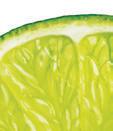
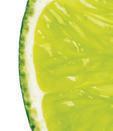


































Call your citrus sales representative at 661.778.1458 or email Amanda.Meneses@wonderful.com



Produce packaging firms urge EU not to waste new opportunity
Following the European Parliament’s vote on new packaging waste management regulations, it now falls to the Council of Europe to push the proposal forward before it is enshrined in law.
by Mike Knowles @mikefruitnetLeading players in Europe’s fresh produce packaging business welcomed November’s European Parliament vote on the EU’s new Packaging and Packaging Waste Regulations (PPWR), but only after some lastminute revisions – in particular to its approach to recycling.
“The Parliament has recognised that reuse and recycling of packaging are complementary and the robust recycling systems that have existed for decades are cornerstones of EU policies for environmental sustainability,” commented Saverio Mayer, CEO of Smurfit Kappa Europe, who had earlier suggested the vote could result in more waste, not less.
“We call on the Council of Environmental Ministers to follow the Parliament in acknowledging that both reuse and recycling systems go hand in hand in the interest of a greener Europe,” he added.
A shift in favour of making greater provision for recycling of packaging, based on the kind of model already employed in Italy for example, seems to have appeased many fruit and veg packaging suppliers.
Italian packaging lobby group
Pro Food described the outcome as an opportunity to build the right

king of packaging waste system, and called it a victory for “common sense over ideology”.
In a statement it said: “This vote represented an opening of credit towards a model, the Italian one, made up of increasingly sustainable packaging production, increasingly careful uses – no overpackaging – and a system of collection, selection and recycling of packaging waste that already works, and is growing.”
ROOM FOR MORE
However, Pro Food said there was still scope to make the new rules work better. “The legislative process of the Regulation is still long, its steps are sometimes complex, and the proposal that emerged from the plenary assembly of Parliament contains points that can still be improved,” it said.
“As ProFood we will continue to defend and promote our reasons and we remain at the
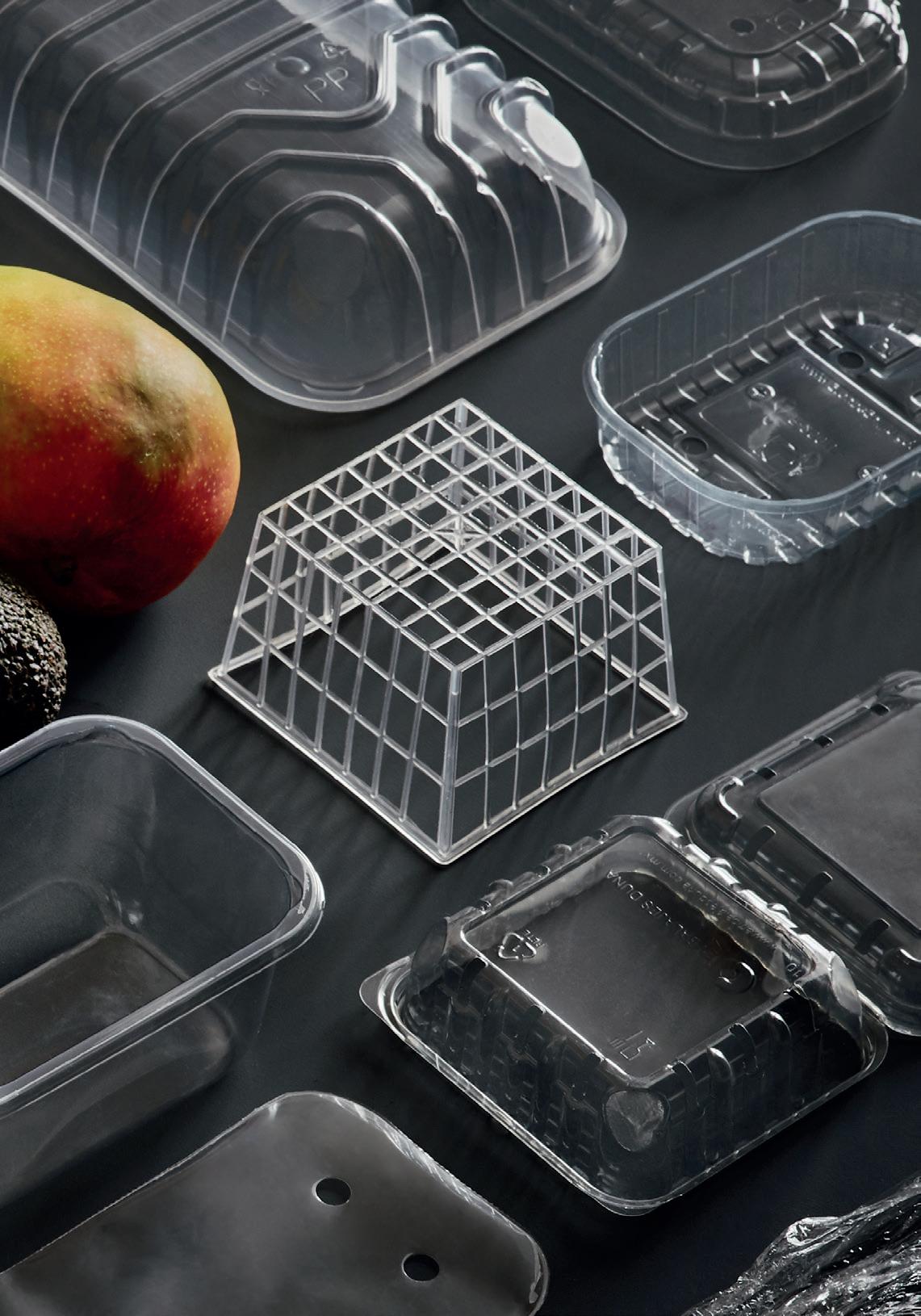
disposal of the Italian Government, which will play a fundamental role.”
Other stakeholders were not so positive about the vote. Zero Waste Europe was highly critical of the PPWR proposal, describing it as “a position for the wrong century” and a “watered-down text that excluded crucial mechanisms” to achieve targets on waste.
The organisation’s Raphaëlle Catté commented: ”By favouring recycling over reuse, the new derogations in Articles 22 and 26 question the whole foundation of EU waste law, namely the waste hierarchy. Recycling will not stop the waste problem, even with robust systems. It is worrying that not
only right and far-right parties, but MEPs from all backgrounds yielded to lobbyist arguments.”
NEW DIRECTION
The European Parliament vote, which approved a position paper on new EU-wide rules designed to encourage more reuse and recycling, effectively brought EU countries closer to a major reduction in packaging waste.
MEPs approved the report in a plenary vote on 22 November, with 426 voting in favour, 125 against, and 74 abstentions. Parliament will now begin talks with national governments on the regulations’ final form, once the European Council has adopted its position.
Overall packaging reduction targets proposed in the regulation equate to 5 per cent by 2030, 10 per cent by 2035 and 15 per cent by 2040. What’s more, MEPs want to set specific targets to reduce plastic packaging – 10 per cent by 2030, 15 per cent by 2035, and 20 per cent by 2040.
In a press release issued on the European Parliament website, MEPs said they would try to clarify the requirements for packaging to be reused or refilled.
The new rules require that all packaging should be recyclable, fulfilling strict criteria to be defined through secondary legislation.
Certain temporary exemptions are foreseen, for example for wood and wax food packaging.
EU countries will be asked to ensure that 90 per cent of materials contained in packaging (plastic, wood, ferrous metals, aluminium, glass, paper and cardboard) is collected separately by 2029.
Belgian MEP Frédérique Ries, who wrote the report, welcomed the result of the vote. “Parliament is sending out a strong message in favour of a complete overhaul of the EU packaging and packaging waste market,” she commented.
“This legislation is essential for European competitiveness and innovation, and aligns environmental ambitions with industrial reality. Together with effective reuse and recycling policies, we make sure that packaging is safe for consumers, by adding a ban on harmful chemicals in food packaging, in particular PFASs.”
In 2018, packaging sales in the EU amounted to €355bn. According to Eurostat, packaging waste in the EU-27 was 84m tonnes in 2021, up from 66m tonnes in 2009.
Without intervention, it says, per-capita packaging waste in the EU is predicted to rise from 188.7kg in 2021 to 209kg by 2030. E
A new climate for innovation
Mark Piper joined Plant & Food Research in May 2023, Here, he explains how New Zealand’s primary horticultural research centre can help the fresh produce business evolve and grow.
by Mike Knowles @mikefruitnet“The potential for we er, dryer and more variable conditions will have a massive impact on food production”
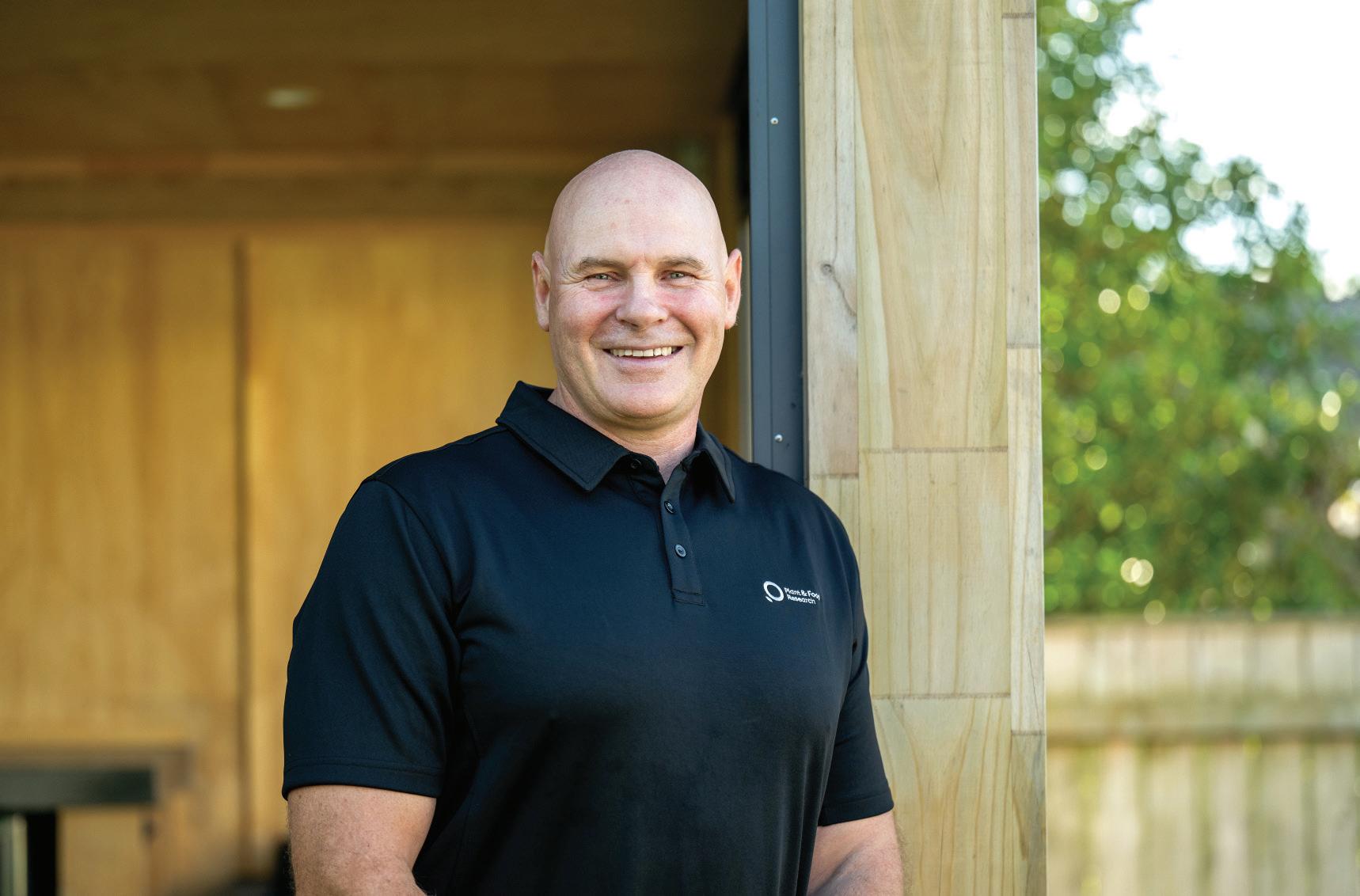
As Plant & Food Research's new chief executive officer, what overall strategy will you pursue within the fruit and vegetable sector?
Mark Piper: I think the key themes for Plant & Food Research that will best support the horticulture sector into the future are: climate resilience; systems for improved production and that ensure quality from soil to the end consumer; and continuing to help our partners create the most delicious and
nutritious foods they can.
We are currently reviewing our organisational strategy and while we haven’t finalised this, the strategy will obviously focus on how we best support our sectors and our partners.
What major challenges do you see for the fresh produce business, and how can Plant & Food help address them?
MP: Weather events are one of the biggest challenges facing the world,
and the potential for we er, dryer and more variable conditions will have a massive impact on food production. We see partnerships globally as being key to help understand what could be possible under different future scenarios
One example is the fantastic relationship we have with IRTA that has focused on breeding new varieties of apples and pears specifically tailored towards a warmer climate.
During your time working for dairy
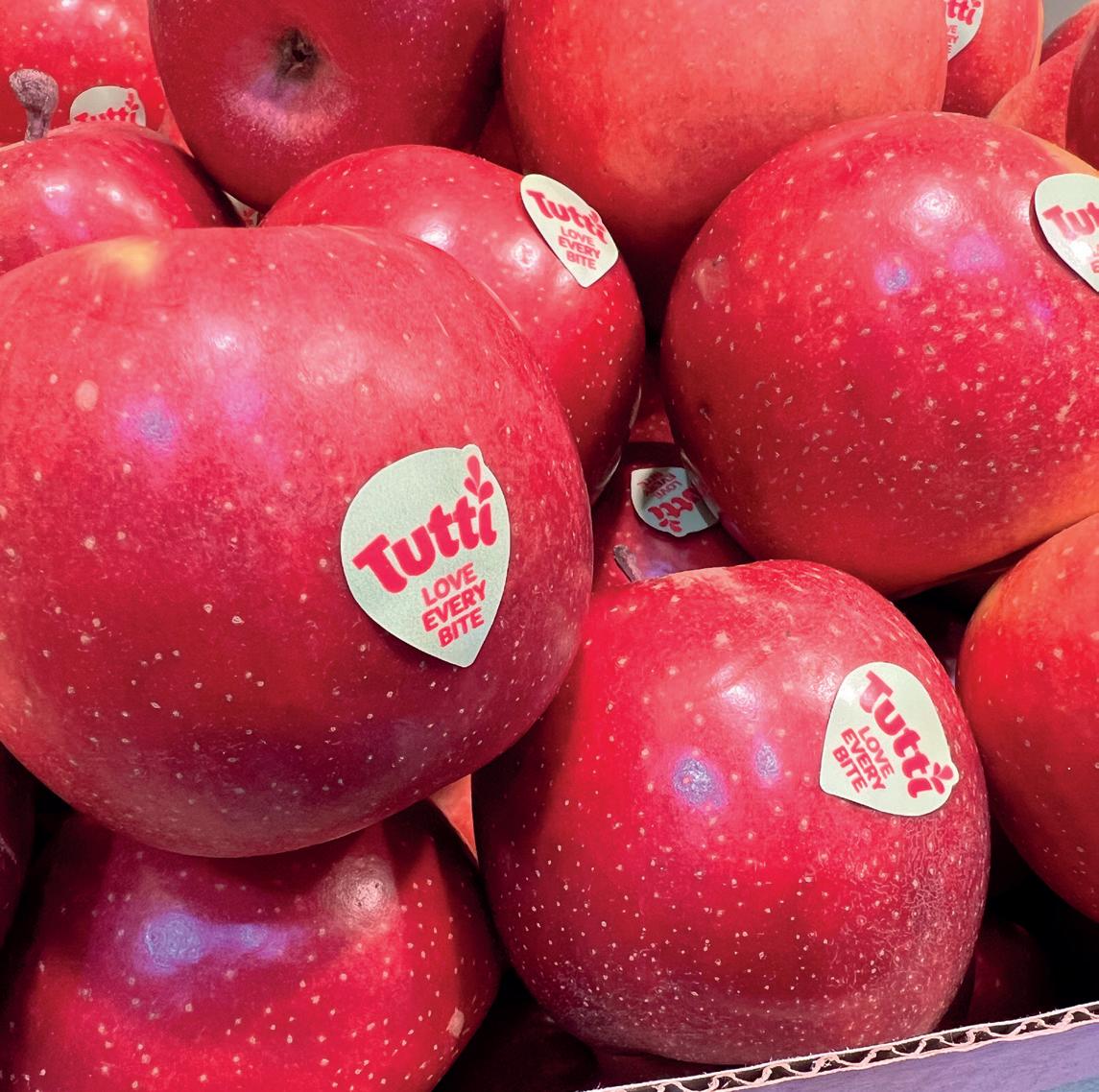
giant Fonterra, what did you learn about consumers and the way their behaviours might shape the development of the food business?
MP: There are a couple of things that stand out from my time at Fonterra. The top one is that there is no such thing as ‘a global consumer’. While people all over the world may eat the same types of food – apples, for example – they may consume them in different ways and have different expectations.
Some people love smaller apples to fit in a lunchbox. Some love a large, juicy apple. Some want ones that are perfect in pies. Some love sweet, some love sour. We are all different.
The key is firstly to understand who the consumers are for any product, and secondly to work alongside the companies that grow and supply these to create the best product for each consumer type.
What kinds of new products does Plant & Food intend to create in the next 5-10 years?
MP: Plant & Food Research will continue to create new and delicious horticultural products. You can expect to continue to see new varieties of our traditional crops, like apple, pears and hops, along with new varieties of new-to-us crops such as dragon fruit.
We are also looking at new technologies, such as controlled environment growing, as well as the open ocean aquaculture space to support sustainable fishing.
There is no shortage of opportunity and Plant & Food Research is well positioned to partner with others to help unlock a delicious and sustainable future.
What can Plant & Food do to make fresh fruit and vegetables healthier for consumers and more sustainable for the planet?
MP: Fresh fruit and vegetables are already super healthy. We have work underway on everything from reducing the nutrient additives to soil through to eliminating pesticides.
We also have work underway on increasing the concentrations of healthy compounds, like vitamins, in some of the delicious fruits and vegetables that we all consumer regularly.
Finally, what do you see as the future of Plant & Food Research itself?
MP: Plant & Food Research is a fantastic organisation with a history dating right back through to the 1920s. I see us continuing to build on that fantastic legacy and, in partnership with local and global research organisations, continuing to drive a more delicious, nutritious and sustainable future. E

Zespri forecasts record season
The industry’s focus on improving fruit quality and a strong performance in market leads to record forecast for kiwifruit growers.
by Carl Collen @carlfruitnetZespri has released its November forecast for the 2023/24 season, reporting record levels of per-tray returns for green, organic green and RubyRed, and SunGold varieties “well up” on last season.
Green was a particular standout, the New Zealand-based group stated, with the latest forecast showing green per-tray returns at a record level of NZ$9. This compared to last season’s final orchard gate return (OGR) of NZ$5.78 per tray.
For Zespri organic green, the forecast per tray was at NZ$12, up from last season’s final OGR of NZ$8.68, and for Zespri RubyRed, the OGR per tray was forecast at NZ$26.10, above last season’s final OGR of NZ$22.27.
Forecast SunGold kiwifruit returns were at NZ$12.35, well above last season’s final OGR of
NZ$9.97, and forecast returns for organic SunGold were also up at NZ$14.15.
Zespri said that the November forecast returns were up across all categories on the August forecast, mainly due to improved fruit quality this season.
Chief executive Dan Mathieson said the results reflected the ”strong and growing demand” for Zespri kiwifruit, as well as the huge effort the industry had put into improving fruit quality this year.
“It’s really pleasing to be able to deliver this positive news and to show growers that their hard work and focus on quality is being rewarded in market,” he said. “It’s particularly great following such a tough couple of years when growers have been under so much pressure while dealing with the likes of ongoing cost increases, the labour shortage, regulatory
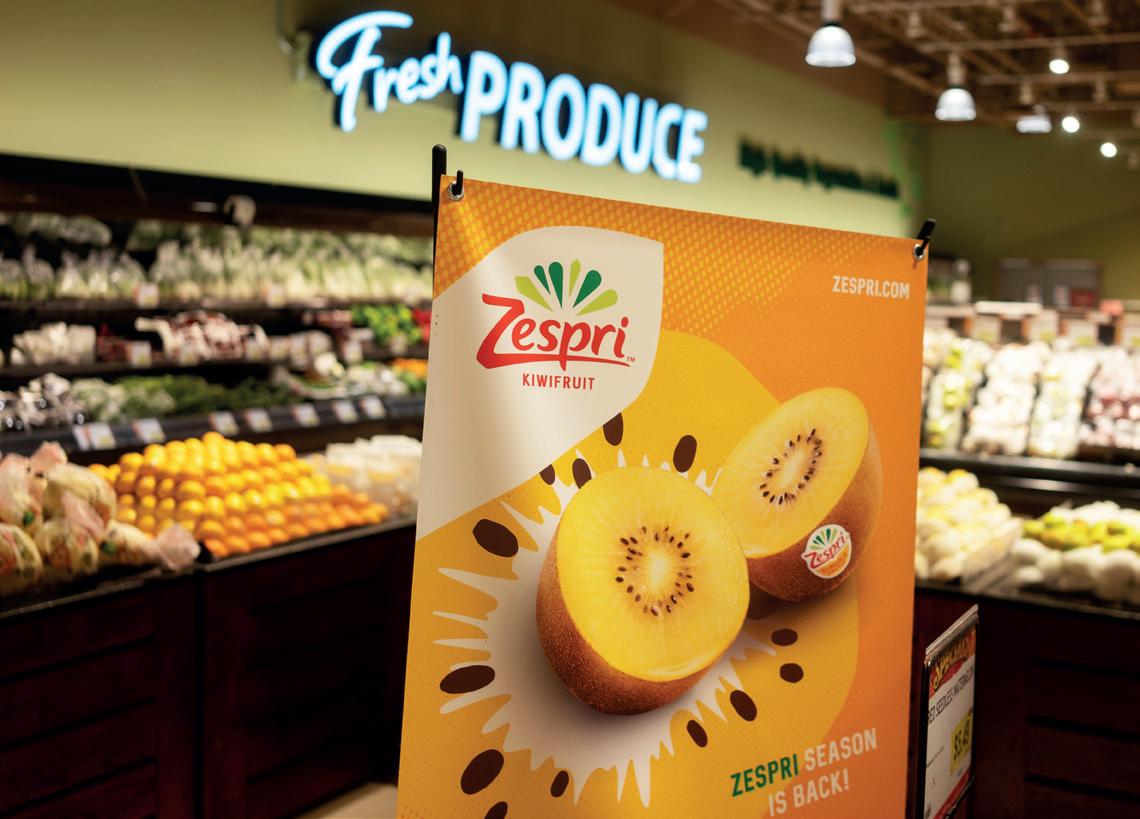
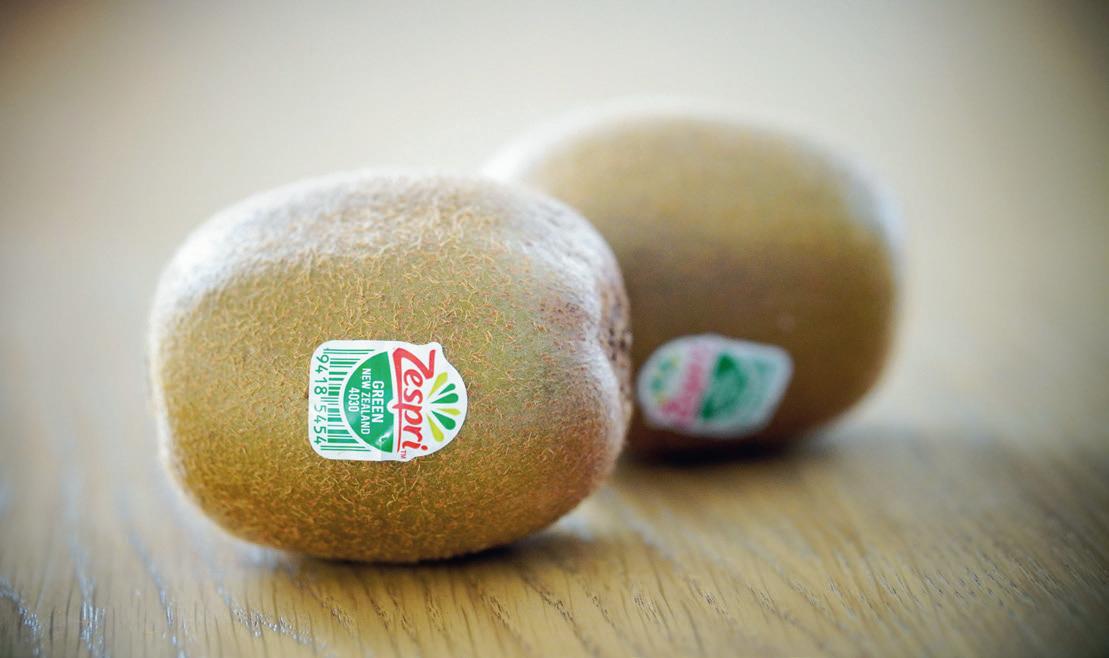
“We’ve received positive feedback from our customers throughout the season on the improvement in fruit quality”
changes and the changing climate.
“We’ve received positive feedback from our customers throughout the season on the improvement in fruit quality – our efforts have been really appreciated by them – and they also keep telling us how they want even more of our Zespri kiwifruit next season,” Mathieson continued. “It’s great to have this confidence in our product and see this demand.
“Our job on quality isn’t done yet though and we now have a huge focus on next season – we need to maintain this focus as we look to 2024 when we are expecting to have a much larger crop and likely our biggest year on year growth in volume.
”As we have this year, it’s going to need everyone across the industry doing their part so we build on the positive changes we’ve made – as that’s crucial to returning more value back to growers,” he added. “One thing our growers can have confidence is whatever fruit we can get to market in the right condition will sell and sell well.” E
Sekoya team expands to meet increasing demand
Marianela Rodriguez and Mark W David will support the B2B network’s continued global expansion.
by Maura Maxwell @maurafruitnetThe Sekoya B2B network has recruited two new team members from the industry to meet increasing worldwide demand for its high-end blueberry varieties. Marianela Rodriguez Bejarano joined the team in October 2023 as additional business operations specialist, while Mark W David will strengthen the team as general manager in the Americas.
“We are very pleased that Marianela and Mark chose to join us. With the strong talent in our Sekoya team, we are well-equipped to execute our goals for 2024,” says general manager Holger Brandt. “Marianela and Mark both have worked in the industry for many years and bring the fundamental experience we were looking for.”
Sekoya says Rodriguez’s 14 years of management and project development experience in the fresh produce business make her a valuable asset, her insights in field production and export operations positioning the platform well in its global expansion strategy. During her career, she has managed the commercial businesses of citrus giant CPF (Consorcio de Productores de Fruta) in Peru, interacting with 55 associates/ growers and more than 100 clients.

In 2017, Rodriguez joined Spain’s SanLucar where she spearheaded projects for exotic fruits, managing the company’s procurement of seven different products.
“I am very happy and excited to start a new chapter in my professional life and be part of the Sekoya family. Although blueberries are a new product for me, I am sure my background and experience qualify me well in supporting the inspiring vision and approach that a racted me to Sekoya in the first place. I look forward to the many new insights and great experiences that lie ahead,” Rodriguez says.
In his new role of general manager North America David will lead Sekoya strategy and innovation projects as the B2B network continues its global expansion.
David brings over 15 years of sales and marketing experience in the fresh produce industry having worked for large growers in Australia and across the Americas. With most of his career focused on supplying major retailers around the globe, Sekoya says this role positions him well to drive its strategic initiatives and continued growth trajectory.
Prior to joining Sekoya, David served as director of sales for four years with United Exports (Ozblu). “I’m humbled to join the team at Sekoya,” he says. “I’ve admired the progress they have made in the premium blueberry category, especially as it relates to innovation and providing a solution for 52-week supply with the new Sekoya high chill varieties.
“I look forward to pu ing my experience in building brands and growing customer engagement to use. Our goal is to drive both consumption and category growth by ensuring customers can have the best eating blueberry experience every week of the year. I’m excited to work with the talented team at Sekoya, our grower members and retailers to achieve this.” E

Tough road ahead for berry suppliers
At the Global Berry Congress in Rotterdam, expert speakers predicted higher costs and a higher bar in terms of quality for the soft fruit sector.
by Carl Collen and Maura Maxwell @carlfruitnet @maurafruitnetThe berry business faces a tough road ahead to deliver better-quality fruit while it absorbs higher costs, attendees at this year’s Global Berry Congress heard. The annual event returned to Rotterdam in November with an overview of the international berry market and a glimpse at what the future may hold for the category.
More than 250 delegates heard Rabobank’s Cindy van Rijswick open the event with a presentation that offered a mixed forecast for the future of berries. She pointed out that while grower costs were
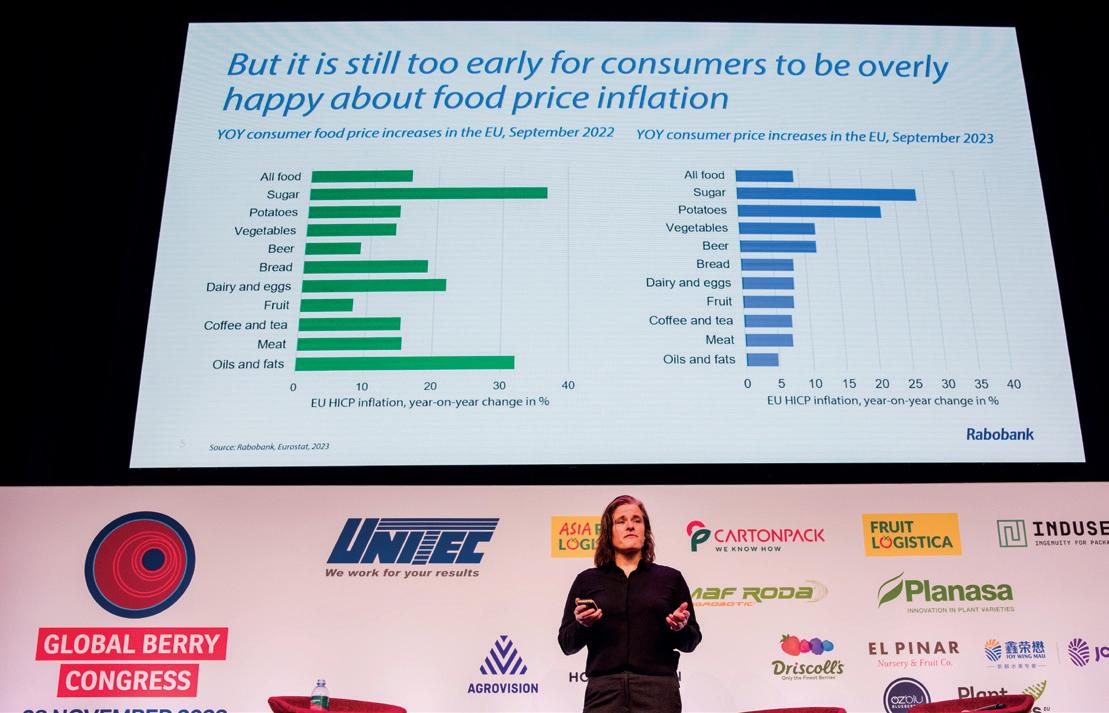
easing somewhat and container rates were falling, interest rates and labour expenses remained at a high level, and unpredictable or extreme weather continued to challenge the entire supply chain.
“We are seeing a slight recovery in consumer purchasing power, although this is not necessarily reflected in fruit sales,” van Rijswick explained. “We do however expect a bit of an improvement in this area in the coming months.”
Rabobank data demonstrated how consumer purchases of fresh produce had returned to pre-Covid 19 levels, a er the spike seen during the pandemic. The berry category itself was relatively flat, which she saw as no bad thing considering the maturity of the market, the relatively high price of so fruit and current negative consumer sentiment.

“Looking forward, we’re seeing a move to more consistent quality and quantity – this is what the retailers want too”
“Another factor to consider is availability,” van Rijswick outlined. ”2023 has been a year of climate extremes. This is not just a negative, as this could turn out to be an opportunity for some.”
Blueberry trends highlighted included the El Nino-affected decrease in Peruvian volumes in 2023/24 a er many years of growth, and the greater diversification of global production as the number of blueberry suppliers continues to grow.
“Another long-term trend is the price pressure on blueberries, although this actually isn’t the case in 2023/24 because of lower supply.”
For strawberries, van Rijswick said that the category was moving to a focus on higher quality and greater consistency, across many markets. In fact, for berries generally there was a notable change in varieties, with consumers adjusting to be er taste and breeders having li le choice but
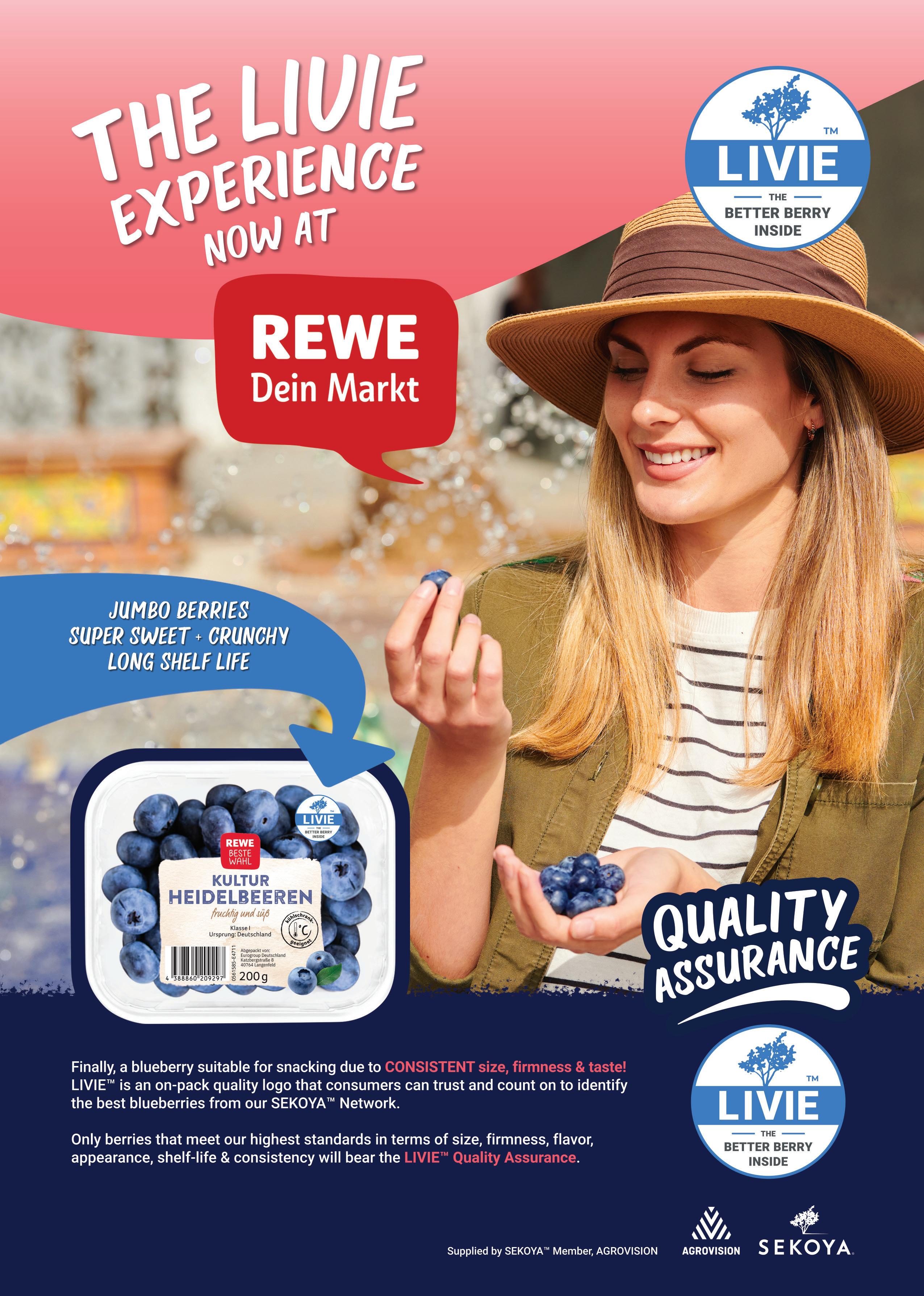
to adapt their offering as a result.
“Looking forward, we’re seeing a move to more consistent quality and quantity – this is what the retailers want too,” she added. ”This will be done through improved varieties, technology and diversification.
It is also more important than ever to have a financial buffer given the many challenges the industry is faced with, including extreme weather and higher costs. But I believe there is still a lot of appetite for berries.”
2.03m
global blueberry production (tonnes) during 2022
In his presentation on the outlook for the international blueberry business Fain said global production had increased 77 per cent since 2018, reaching 2.03m tonnes in 2022. Against a background of climatic disruption, rising input costs and squeezed margins, Fain stressed the importance of continuing to focus on quality improvements in order to keep growing demand.
BLUEBERRY PRODUCTION CONTINUES TO BOOM
The opening session also included a deep dive on the blueberry business from Colin Fain of Agronometrics, who told delegates that the success of the industry in growing demand through quality improvements and effective consumer promotions had sustained its profitability through a period of huge growth.
“The benchmark on quality has gone up – there are enough decent quality blueberries on the market for consumers to start noticing the lesser quality fruit,” he said. “The quality of the punnet you sell today is your best marketing tool for the one you sell tomorrow.”
At the same time, Fain said the sector must do more to drive efficiency in production, starting with the choice of variety.
“If you haven’t got something that’s giving you a good yield you’re wasting your time,” he noted.
Another factor driving consumer demand was advances
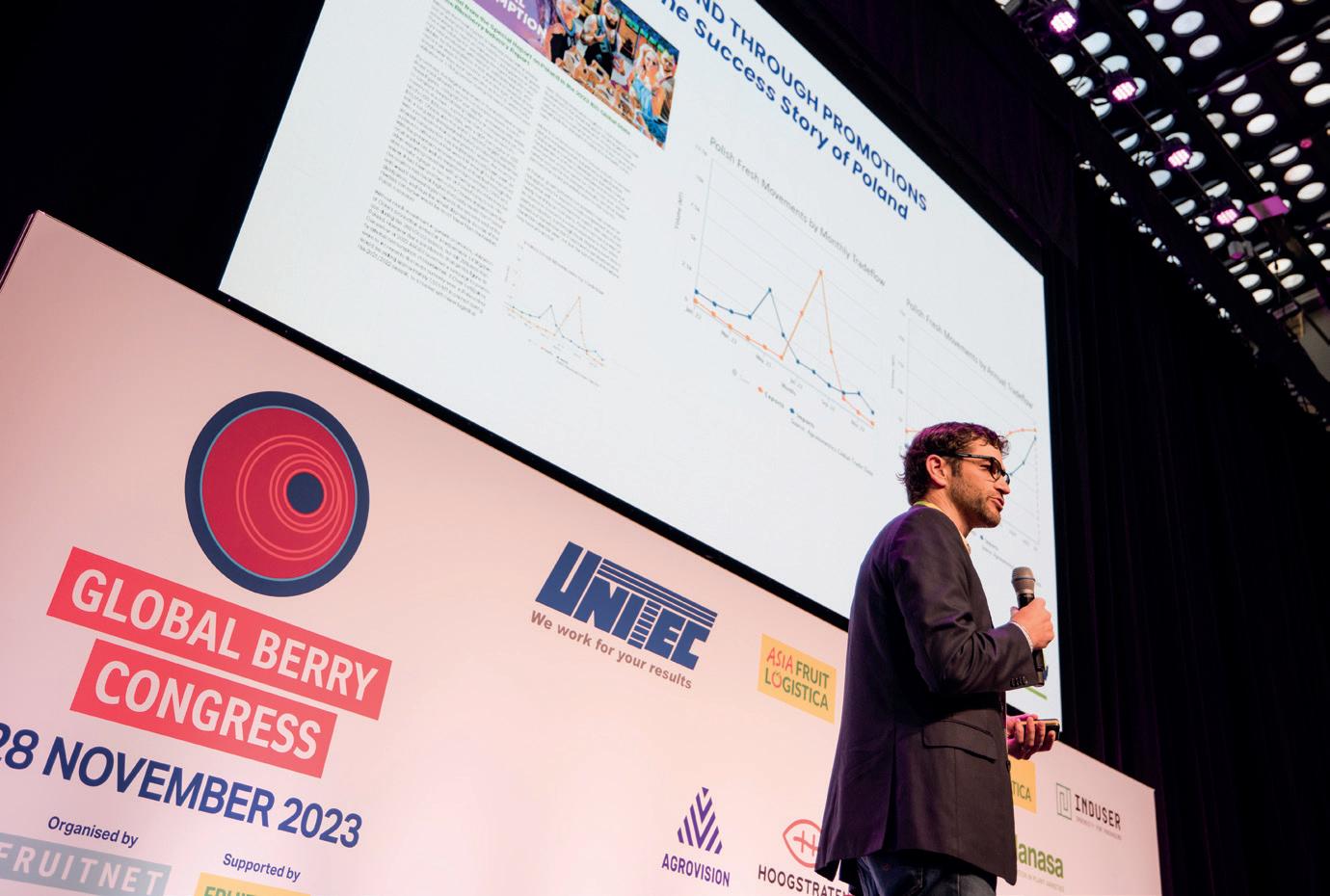
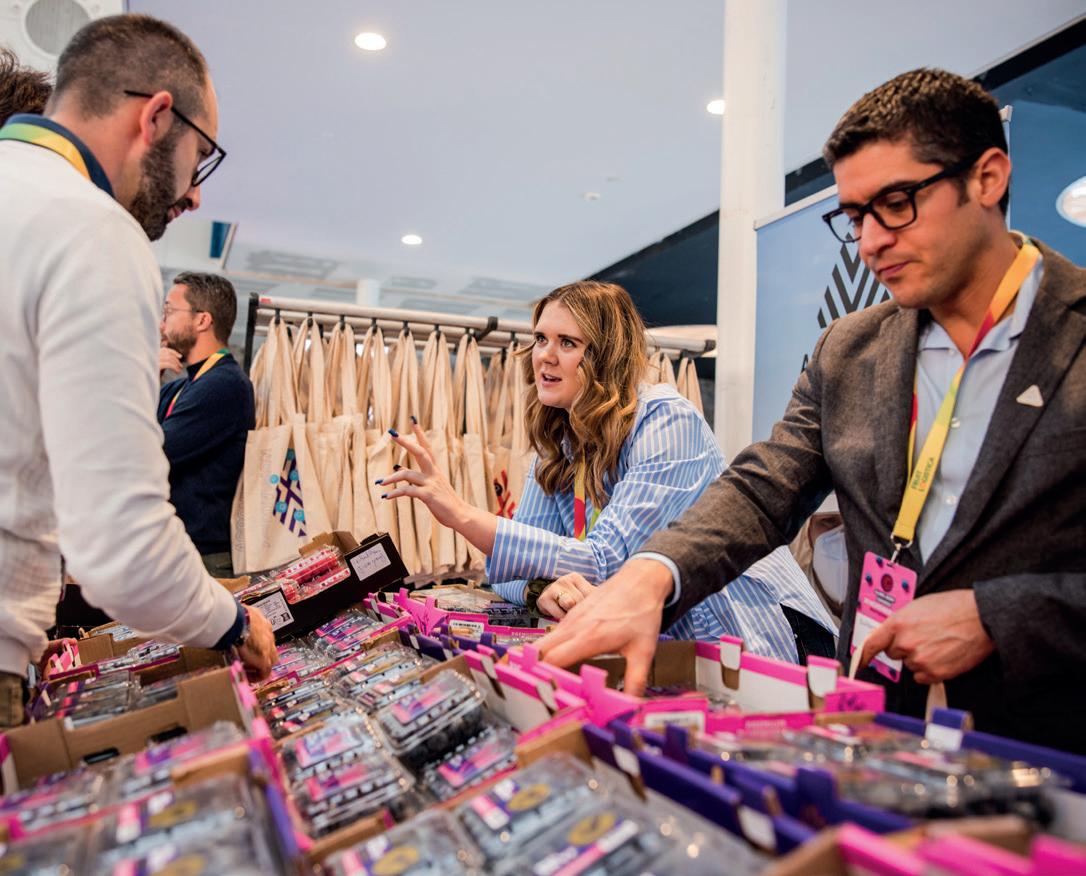

in research on the health benefits of blueberries. To date this had focused on brain, cardiovascular and gut health and going forward funding will be made available for studies on learning and memory in school aged children, blood flow and nutrient delivery for muscle protein synthesis and the impact of blueberry consumption on hearing disorders.
With global production projected to reach a staggering 2.845m tonnes by 2026, there is no doubt the industry has its work cut out if it is to see sustainable growth. E
EasyStar®,
The star of your winter production.
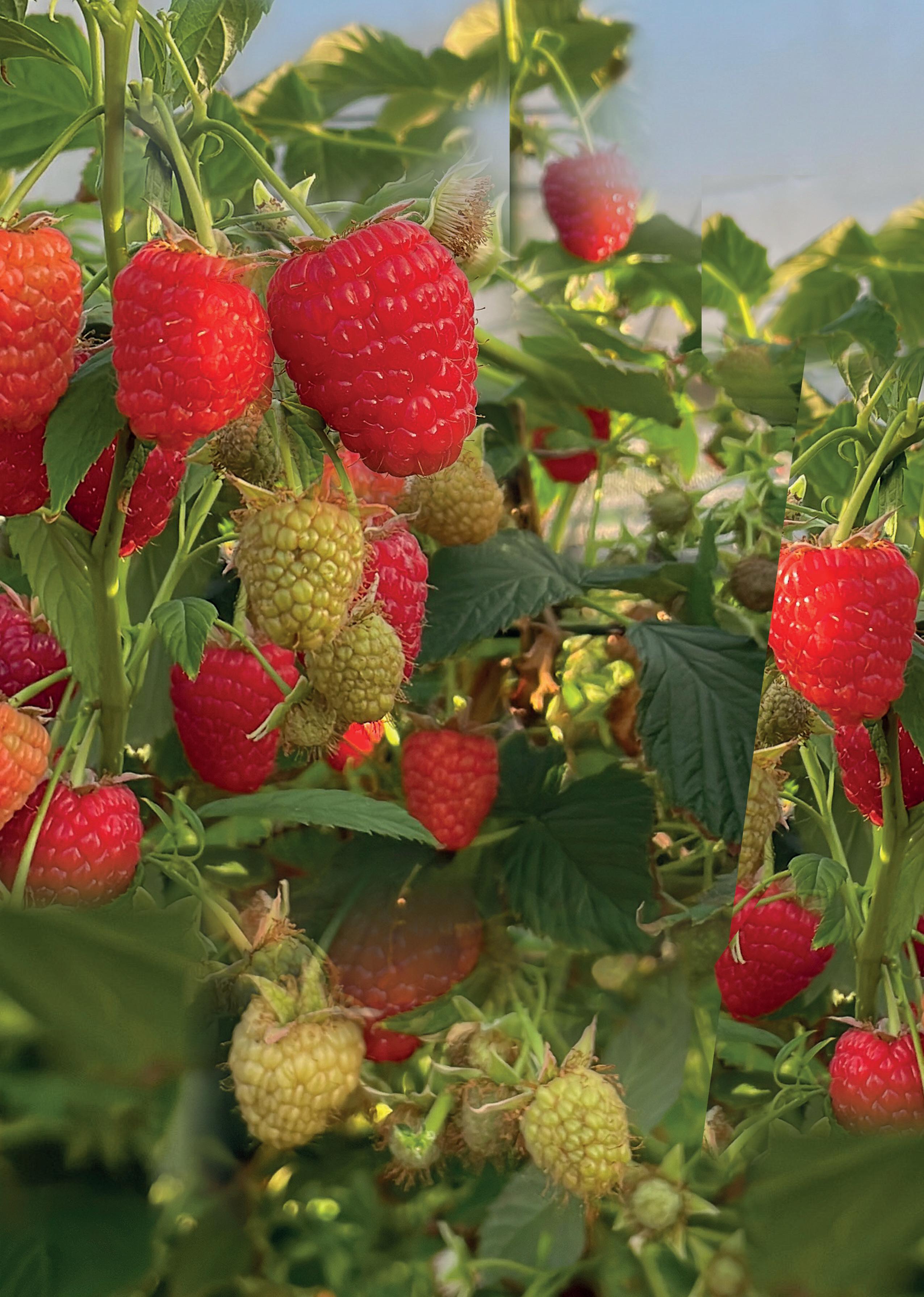
Extremely easy to pick.
Light and bright color which is maintained even after the harvest. Very high productivity. In the Mediterranean region, with the right planting date and management, it’s suitable for the winter production.
#GrowEasy
Climatic and regulatory burdens take centre stage at ICOP
The organisation’s recent conference shone a spotlight on a challenging scenario faced by Europe’s fruit and vegetable producer organisations.
by Maura Maxwell @maurafruitnetSome 150 delegates from 17 countries met to discuss the challenging scenario for Europe’s produce industry at the 17th edition of the International Congress of Fruit and Vegetable Producer Organisations (ICOP), which took place in Almería on 22-24 November.
The event, organised by the Austrian consulting company gfaconsulting in cooperation with the Almerian association of Fruit and vegetable producer organisations, Coexphal, heard how climate change, cost pressures and an increasingly restrictive regulatory landscape are making life difficult for producers. “We are expected to fulfil more social expectations with fewer available resources,” said Luc Vanoirbeek from Copa-Cogeca.
The burdens placed on producers by the European Union’s new Plant Health Regulation and Packaging Regulation, and the impact of increasingly frequent incidences of heat, drought and flooding were among the most hotly debated topics of the first day by speakers including Simona Caselli from AREFLH, Juan Carlos Pérez Mesa from the University of Almería and Raquel Aguado of the Spanish federation for
wooden packaging, Fedemco.
On day two of the conference, attention turned to how the newly revised Common Agricultural Policy, already in its first year for the current 2023-27 period, is affecting the fruit and vegetable sector, especially regarding funding opportunities via the so-called Operational Programme.
In a panel discussion which also featured Adrián Torrellas Tomé from the Spanish Ministry of Agriculture, Manuel Alías Cantón from the Rural Development Fund and Kerstin Edelmann from gfa-consulting, the European Commission’s Kristine Bori noted: “The term 'common market policy' contains the word 'common' – the joint action of all those involved in the implementation of agricultural policy, at EU level, at country level and, above all, at the level of agricultural representatives, is fundamental to success”.
Using the Austrian and German produce sectors as examples, the conference heard about the specific challenges fruit and vegetable producer organisations face in applying for EU funding under the new rules.
Edelmann said the differing strategies in EU member states had brought many unexpected
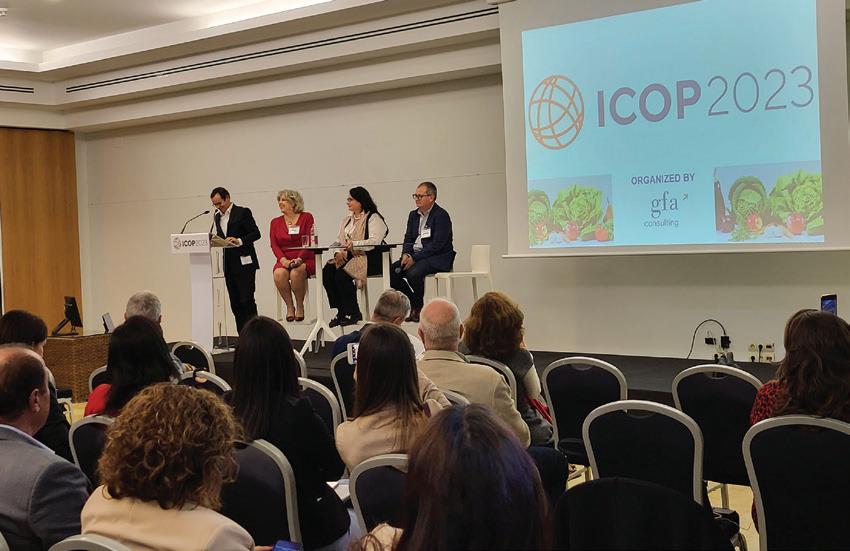

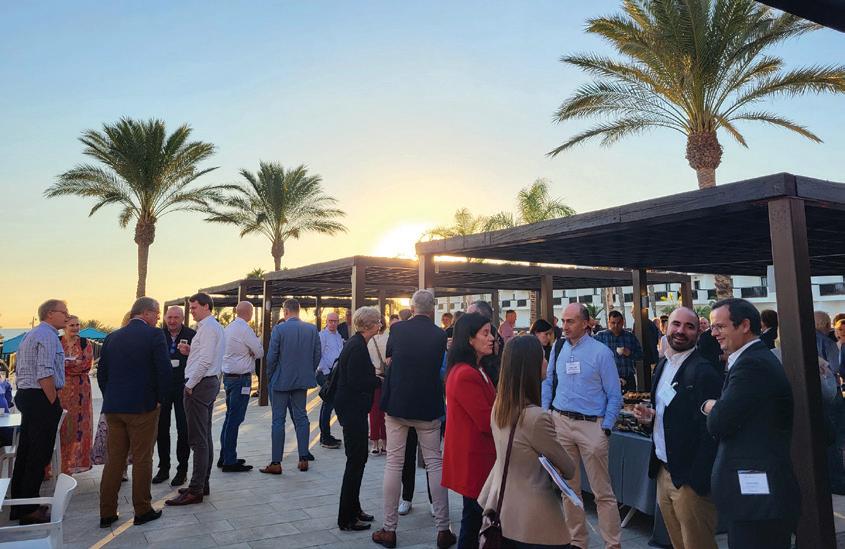
problems for producer organisations. She echoed Bori’s call for cooperation between all parties.
As always, ICOP also heard about some of the latest innovations and trends in the produce sector. These included new developments in biological pest control; ways of making agriculture more resilient; the role of new genomics in plant breeding; technical innovations in solar power and data capture.
During the event, study tours were organised to the facilities of Casi, one of Spain’s biggest producer organisations in tomatoes with an annual production volume of over 230,000 tonnes, the University of Almería’s research centre and the Vicasol cooperative, which markets over 240,000 t onnes of fruit and vegetables to 34 countries worldwide. E
Water under the microscope
The GlobalGAP panel discussion at Fruit Logistica 2024 will focus on the important topic of water.
by Carl Collen @carlfruitnetIn view of the growing impact of water scarcity, the GlobalGAP Secretariat has organised a panel discussion on the responsible use of water. The discussion will be held at Fruit Logistica in Berlin and offers stakeholders an opportunity to share their perspectives, and discuss emerging solutions in fruit and vegetable production.
The event will be attended by GlobalGAP’s own experts, as well as producers, other GlobalGAP Community Members, certification bodies, as well as

an NGO working in the sector. The discussion will address both legal and environmental aspects and will examine the role of certification in the implementation and demonstration of responsible water use at farm level.
In the same vein, the new version of the group’s Sustainable Program for Irrigation and Groundwater Use (Spring Version 2) add-on, launched in September, has “furthered the GlobalGAP Secretariat’s commitment to responsible water
use”. This second version of the add-on introduced simplified implementation rules and stricter principles and criteria regarding legal compliance. It also addressed issues such as the assessment of water risks and objectives, management and use of water resources, environmental management, protection of water sources, and traceability. E
ABOVE—The responsible use of water on the farm is a crucial subject
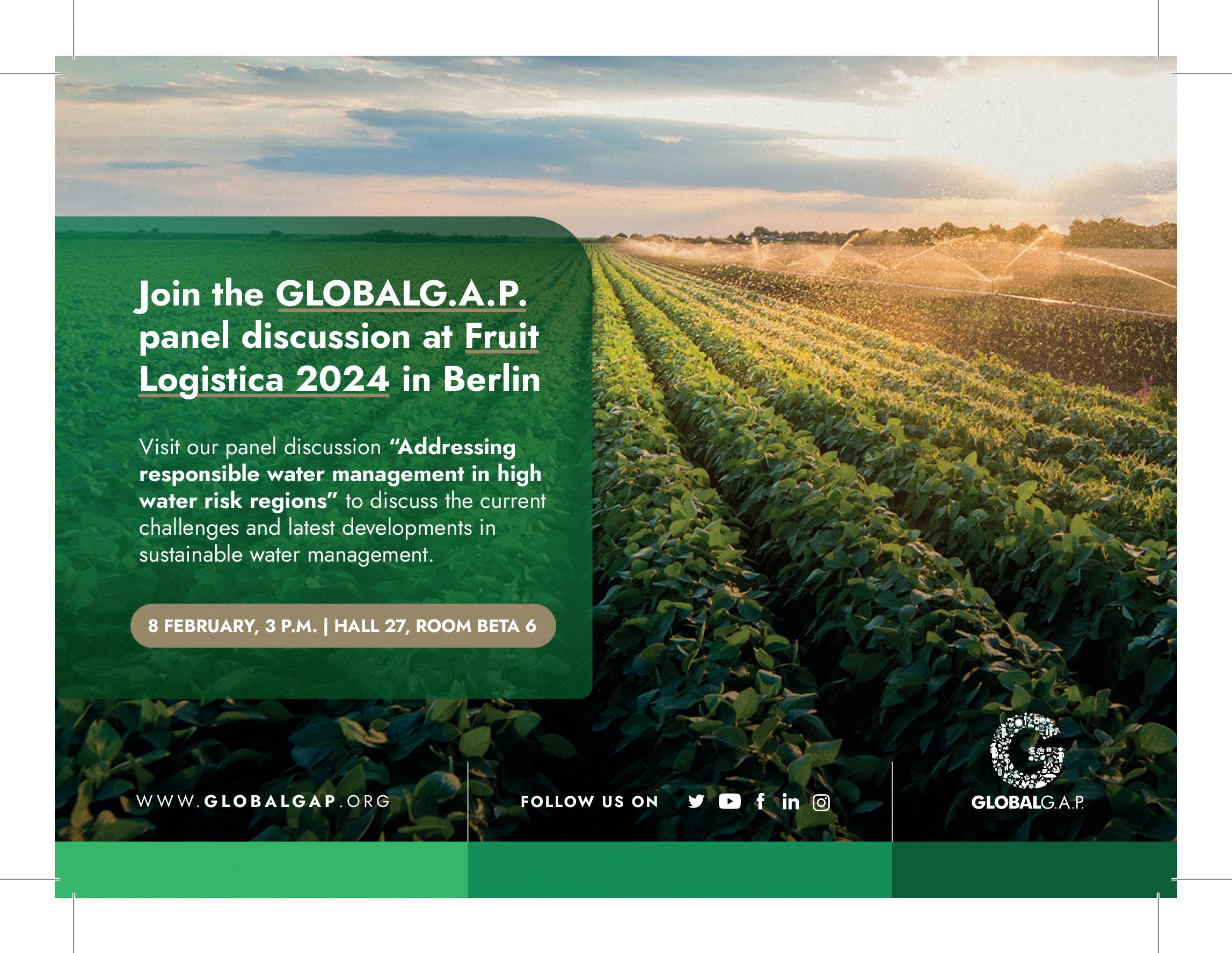
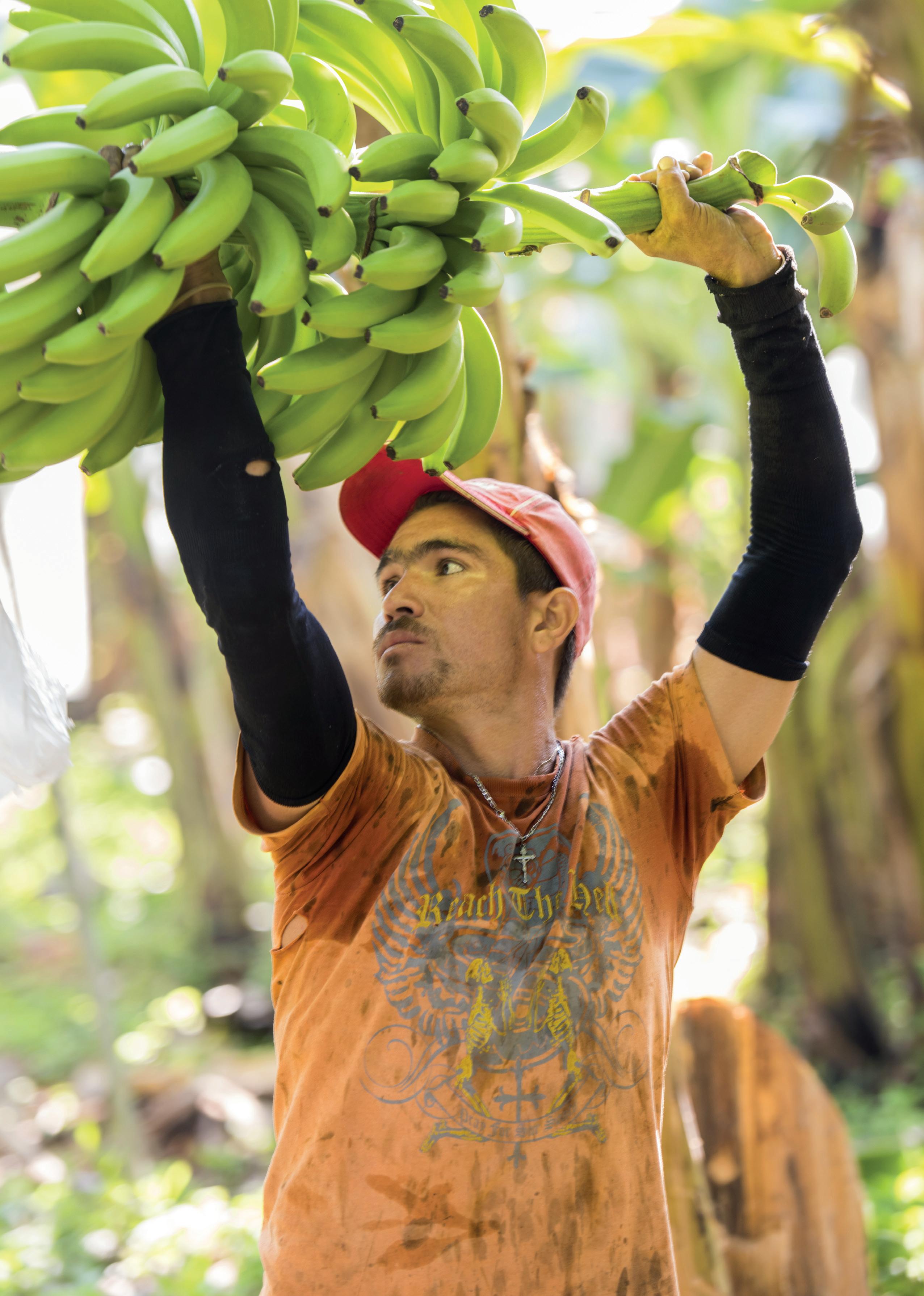


Raising its game

The Latin American banana industry has cleaned up its act. Now retailers have the chance to show commitment to a true shared responsibility
INNOVATION
ACP BANANAS MARKETING ECUADOR
CSR
COSTA RICA
CANARY ISLANDS

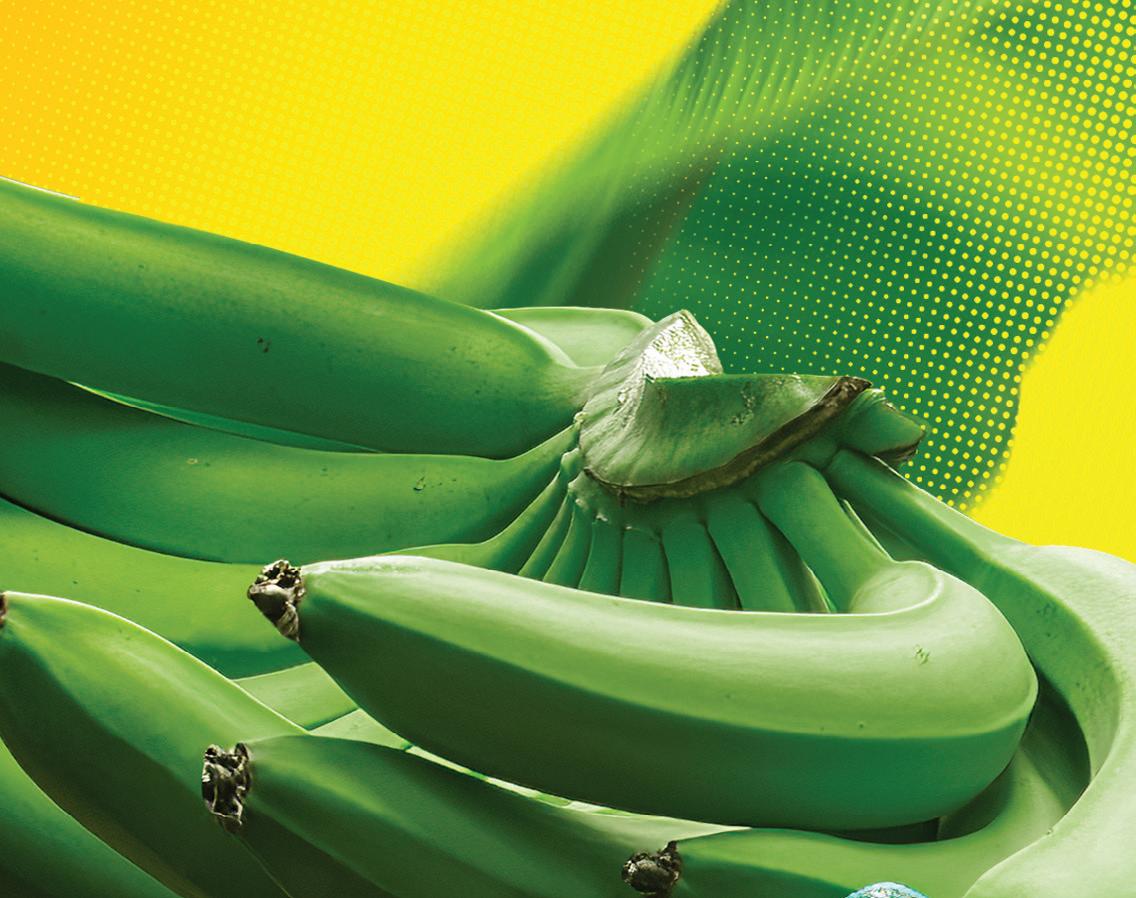






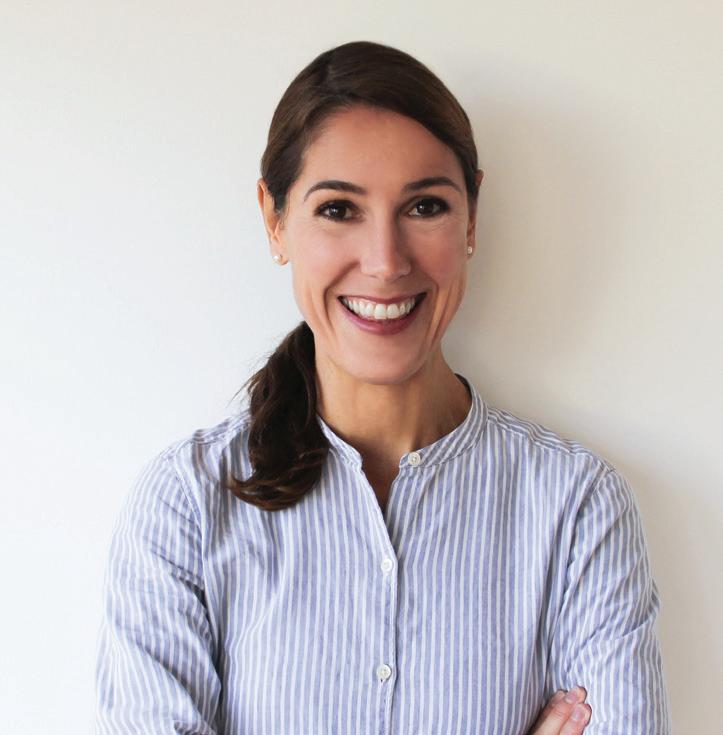
Learning to value bananas
Pressure on producers will not ease up if bananas continue to be used as a weapon in supermarket price wars.
November’s Banana Time convention in Guayaquil, organised by the Association of Ecuadorean Banana Exporters, laid bare the challenges facing the banana industry today. Climate change, disease, cost inflation, security and a seemingly endless proliferation of certifications are all placing an increasingly onerous burden on producers, all against a backdrop of stagnant retail prices.
A June 2022 report by Rabobank revealed that retail prices for bananas in the UK were still below the level seen in 1987 – despite research showing that consumers would happily pay more for their bananas and still consider the fruit to be good value. Recent years have brought a growing awareness amongst retailers – in Europe at least – of the true cost and effort that goes into producing socially and environmentally responsible bananas. A number of them have committed to support a living wage. Aldi has gone a step further with its new banana sourcing strategy, bringing together fair price purchasing and corporate responsibility into a genuinely integrated sourcing approach. It remains to be seen whether this signals a genuine sea change among the wider industry. But unless and until bananas stop being used as a weapon in supermarket price wars, it looks like the present challenges facing producers will persist

Double dose is shot in the arm in fight to curb disease
Tech startup InnoTerra says it has identified a natural, microbial treatment and a mutation of Cavendish that can combat diseases like TR4 and sigatoka.
by Mike KnowlesTwo new solutions have emerged with the potential to stop devastating diseases in their tracks, a result that could revitalise the international banana trade.
That’s according to various people involved in a new venture called Innoterra, an agritech firm with a mission to revolutionise global food supply chains and make them more sustainable using cutting-edge technology.
With its roots in the Indian banana export business, today the company has expanded to the Middle East, Philippines and China. And that investment in tech might well be about to pay off in a very big way.
The group claims to have identified two different answers
to the banana industry’s biggest existential threat, plant disease.
The first of these is a new, more resistant banana variety; and the second is a novel biofungicide made using naturally occurring microbes that can apparently prevent the spread of harmful fungal infections.
“Essentially, we have developed two tech solutions,” explains Anup Karwa, director of Innoterra’s research department InnoScience.
In recent years, it has worked to develop new, more resistant banana varieties as well as crop treatments that can protect fruit against diseases.
For banana producers and marketers around the world, the idea of not one but two lights at the end of an especially dark tunnel is a very bright prospect.
TWO-IN-ONE VACCINE
Called BanacXin, the new biofungicide is pitched as a ‘twoin-one vaccine’ that can provide farmers a means to control both fusarium tropical race 4 (TR4) and black or yellow sigatoka.
During recent trials on plantations in India and the Philippines over the past seven years, this treatment was tested on various different pathogens that are known to attack and damage banana plants.
Now, with a provisional patent and various safety certifications in place, the task ahead of Innoterra is to scale up the biofungicide’s production from its initial industrial form and make it more widely available. “We are setting up the fermentation labs, research
“This variety has the advantage of being in the mainstream of what consumers like. Most won’t see the difference”
and development, and production centre,” Karwa reveals. “We have already produced more than 10,000kg of product, which was shipped to the Philippines and then extensively evaluated by independent growers and thirdparty assessors.”
Roberto Barnett is a veteran of the Filipino banana industry who has worked for big corporations like Chiquita, Unifrutti Philippines and UGP over the past few decades. Now, he has an important new role as head of Innoterra’s production, quality and disease control departments.
For him, BanacXin is the “perfect” response to the most challenging banana diseases. That’s because it can be added to the plants using proprietary applications, a method he says is more efficient and less costly for growers.
“Normally, everyone sprays against disease using aeroplanes,” he explains. “Or you control the fungus in the soil through irrigation systems. But these systems are very costly and only the big corporations can afford them. This new, proprietary method of application does less damage to the environment and to people.”
BETTER VARIETY
Barnett is also the person responsible for identifying InnoGreen, a mutant variety of Cavendish (Williams) banana that shows what is said to be remarkable resistance to the same diseases.
“Actually, this was not the first time I saw such a mutation,” he recalls. “But we didn’t pay so much attention before. This one grows very fast and has very good distribution and separation in its leaves, which is very important when you are spraying to control disease.”
InnoGreen also appears to offer sweeter-tasing fruit. “In the Philippines, we plant highland bananas from 600m up to 1,000m elevation, and they go up to 24° Brix, which means they can be sold at a premium in Japan, whereas for lowland bananas it’s only 17°,” Barnett notes. “This green variety goes up to 20° Brix in lowland, so it’s a very good, sweet banana.”
Will consumers notice that difference in taste? Lorenzo Marconato, head of international operations at Innoterra, believes that’s unlikely. But at the same time, he argues the variety has certain advantages. “It’s going to be less costly than other



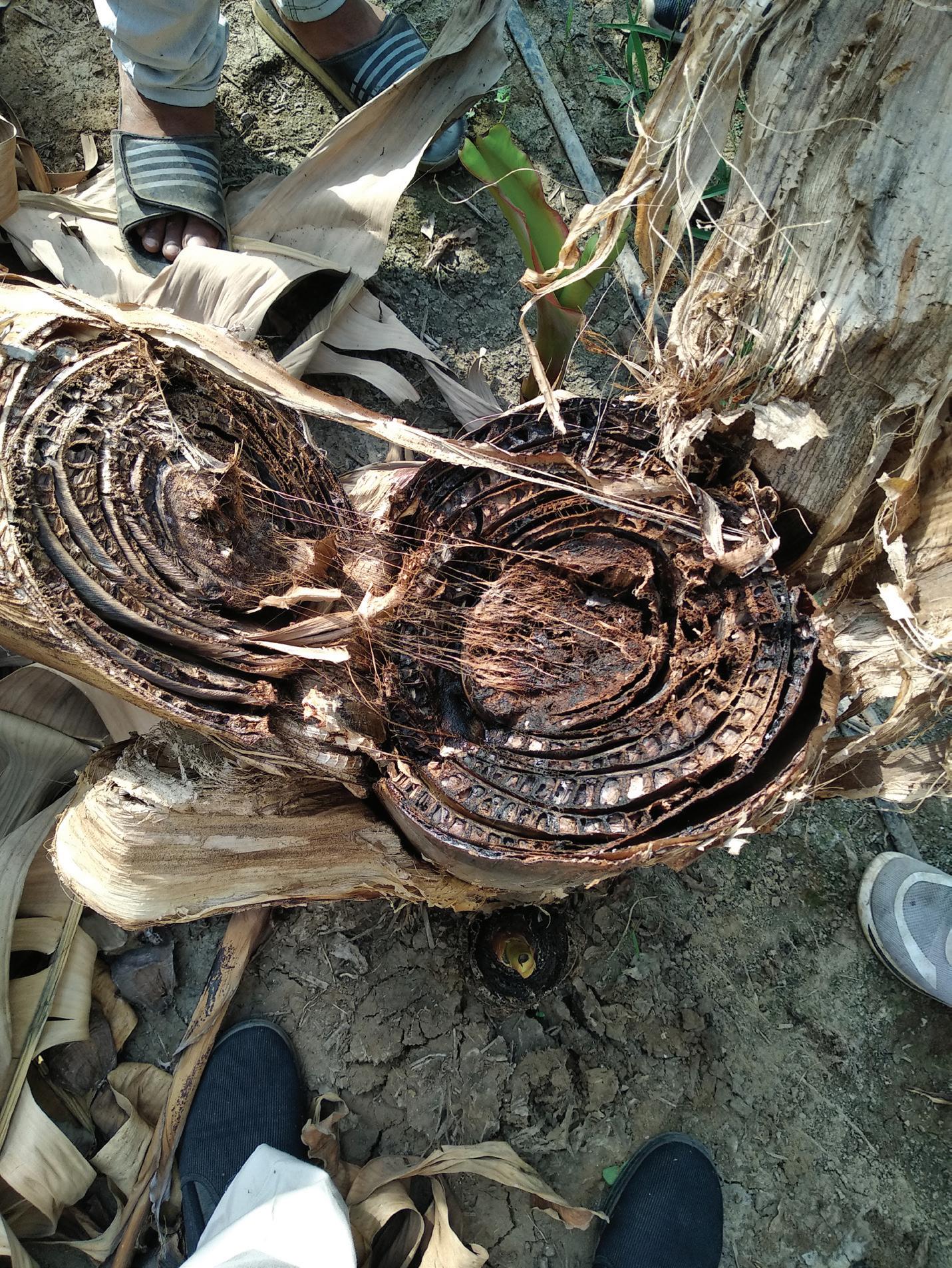
new alternatives to standard Cavendish,” he predicts. “And it has the advantage of being in the mainstream, offering easier farming and better fruit that consumers like. Most consumers won't see the difference, but the ones that are more attentive might appreciate it being sweeter.”
NEW STANDARDS
The banana business has searched for a solution to various disease threats for some time. For Karwa, the discovery of what are essentially two different forms of prevention opens the door
wider to a more resilient global production base.
During the next few months and years, Innoterra’s task will be to convince industry stakeholders, including some of the world’s biggest banana brand marketers, to accept that view and adopt its new solutions.
Those partners will want to know why choosing this particular path to disease resistance offers a better outcome than other approaches, such as gene editing.
“The review process for transgenics is hard and the timeline difficult to predict,”

Karwa suggests. “Several countries in Europe and also Japan have taken the view that gene editing is transgenic, which means gene modification, rather than mutagenesis, or natural mutation.”
One advantage, he adds, is the prospect that Innoterra’s parallel solutions might even be combined. “When co-applied with BanacXin, InnoGreen will provide an even higher efficacy,” he predicts.
Whatever the future may hold, a combination of investigation, ingenuity, and investment have put this particular team on the path to something very promising indeed.
Chiquita follows the Yelloway road
The group says its new partnership with WUR, KeyGene and MusaRadix has already made significant progress towards the goal of a more sustainable banana business.
by Mike Knowles @mikefruitnetLeading international marketer Chiquita plans to outline its vision for a more sustainable and resilient banana industry at Fruit Logistica 2024 in Berlin, Germany.
During a special session on the show’s Logistics Hub stage, the group’s sustainability director Peter Stedman and its EU director of product supply Stefano Di Paolo will join preeminent phytopathology specialist Professor Gert Kema of Wageningen University & Research
(WUR) to discuss a new long-term and collaborative approach to tackling TR4 and black sigatoka – diseases that threaten to cause serious disruption to banana supply around the globe.
The focus of the session will be on Yelloway, a new project set up in October 2023 by Chiquita, WUR, plant research company KeyGene and agri startup MusaRadix to develop new plant materials that are resistant to both pathogenic and environmental threats.
One of the project’s overall aims
BELOW—A KeyGene employee checks on the progress of Yelloway’s trial plantings
is to limit carbon emissions. Indeed, among the banana industry’s biggest challenges when it comes to disease control is the several hundred million dollars it spends each year on crop protection, as well as the knock-on effect of having to produce and employ so many plant protection products.
To address the problem, Yelloway mapped a large number of genomes to create a banana family tree, based on over 160 different types. It then produced more than 300 new varieties from that research, tested them for resistance under controlled conditions, and has now selected a first batch of candidates for field trials in the Philippines. Eventually, it hopes to identify potential successors to the most commonly marketed variety, Cavendish.
“Having been in the produce industry for over 150 years, Chiquita has witnessed the direct effects of climate change and its imminent environmental threats,” Stedman comments.
“The Yelloway initiative allows us to make a difference for the greater good, especially when it comes to food security and nutrition globally. This process will provide a long-term, sustainable solution for the banana export industry, increase banana varieties and reduce carbon emissions—we are incredibly proud of the work we’ve done.”
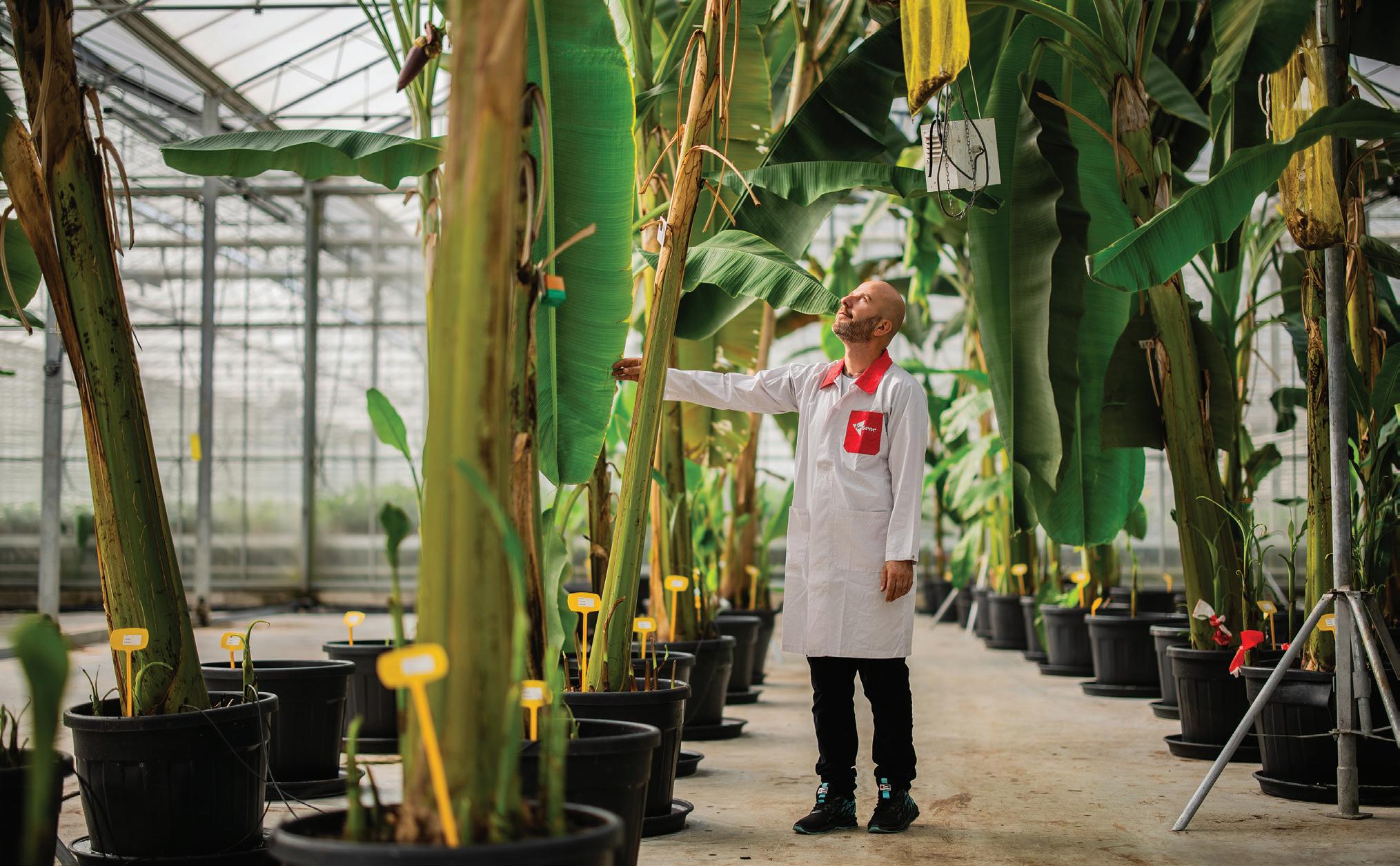
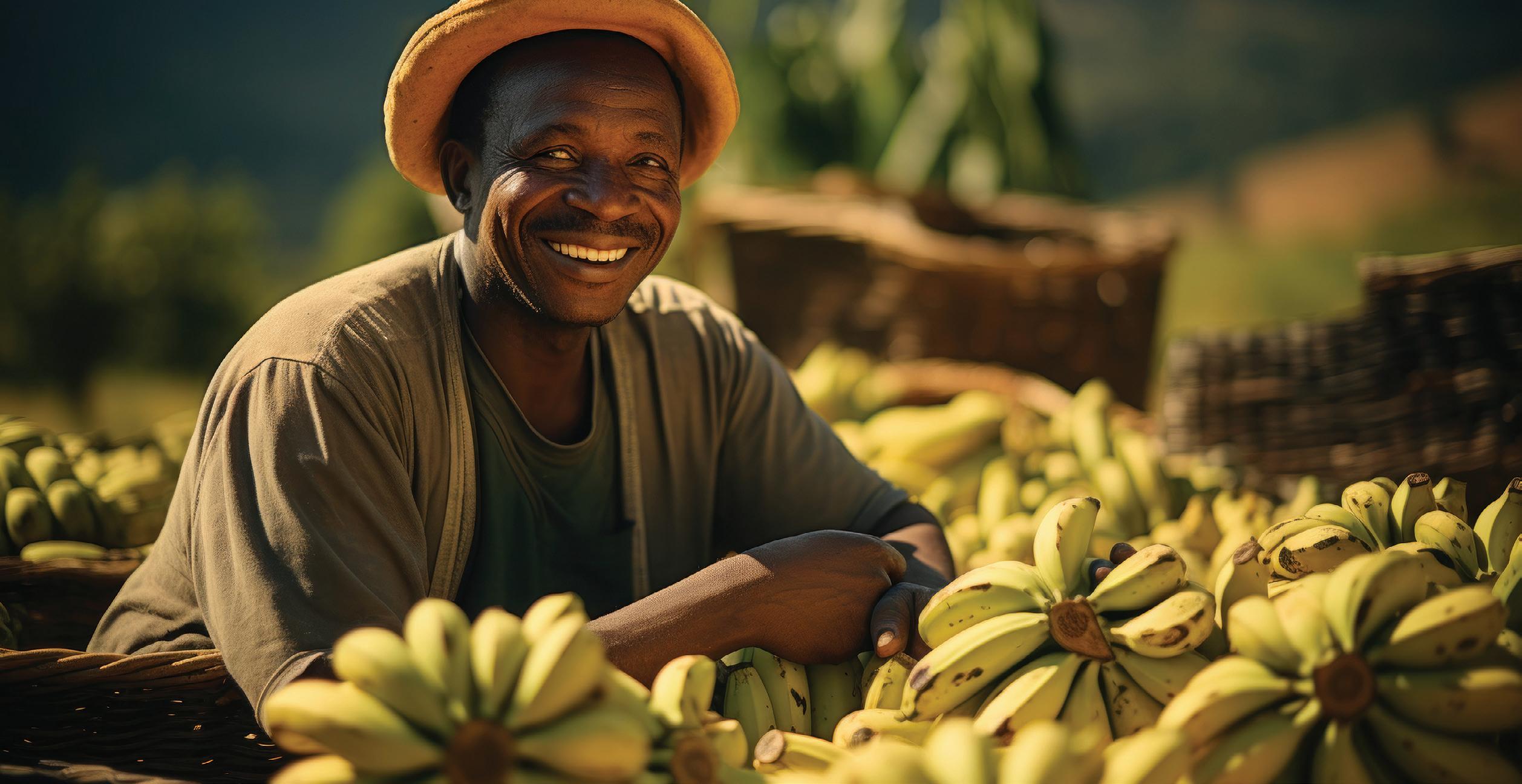
Tariff reduction for Mexico and Peru sparks concern among ACP Nations
Afruibana, an association of fruit producers and exporters in Côte d’Ivoire, Cameroon and Ghana, has raised fears about how postBrexit trade policy will affect ACP producers.
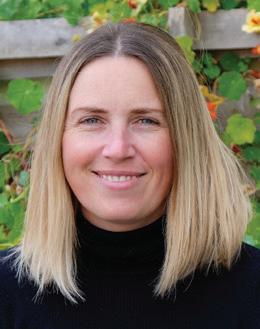 THOLLY WOODWARD-DAVEY Banana Link Project Coordinator
THOLLY WOODWARD-DAVEY Banana Link Project Coordinator
he UK consumes around 915,000 tonnes of bananas every year. Over 70 per cent of these bananas are grown in South and Central America, with three countries – Colombia, Costa Rica and Ecuador –dominating the trade, accounting for 57 per cent of the total supply.
As part of the European Union, Britain offered favourable trading conditions to producers in Africa, the Caribbean and the Pacific (ACP nations), who benefited from duty- and quota-free exports under economic
partnership agreements anchored in principles of human rights and sustainable development and cooperation.
However, recent tariff reductions to Peru and Mexico have called the UK government’s position into question. In July 2023, the UK signed an agreement which has seen Mexico and Peru benefit from tariff reductions that reduce costs by over a third – from £62/tonne to £40/tonne for up to 8,000 tonnes of bananas.
Concerns about how postBrexit trade policy will affect ACP producers are being raised by Afruibana – an association of fruit producers and exporters in Côte
d’Ivoire, Cameroon and Ghana. If equivalent concessions were granted to the Latin American banana giants – Ecuador, Costa Rica and Colombia –it would afford them savings of over £12m a year, says the association. The result would be disproportionate bargaining power wielded by large producers in contract negotiations with UK supermarkets, at the expense of smaller African producers.
Afruibana says this is particularly important in the UK market, where 90 per cent of bananas are sold through a handful of retailers. Currently, bananas from African and Caribbean origins represent a modest share of the UK market
Percentage of UK imports from leading source countries
 Source: CIRAD/FruiTrop, Jul-Aug 2023
Source: CIRAD/FruiTrop, Jul-Aug 2023
at around 18 per cent, with the Dominican Republic, Côte d’Ivoire and Ghana leading the supply.
Similar figures are reported for the European market.
However, as the world’s most exported fruit, the importance of the banana industry as a source of stable employment in rural areas cannot be underestimated. Often, the banana plantation is the only employer around. With low levels of mechanisation, a large manual workforce is required – labour often accounts for over 40 per cent of the total costs of production. And, unlike other fruits, bananas produce fruit the whole year round, making it possible for workers to receive a reliable monthly salary.
For Afruibana, the banana industry represesnts “a pillar of African rural development”. Plantations are often located in rural areas between coastal and Sahelian nations, acting as a buffer zone of stability against the prevailing threats of violent
extremism and humanitarian crises.
In the first half of 2023 alone, over 1,814 incidents of terrorist attacks were recorded in West Africa and the Sahel, with at least 4,500 people killed. The Sahel region is recognised as one of the world’s fastest-growing humanitarian crises, where millions of people have been displaced by “indiscriminate attacks by armed groups and militias, insecurity, widespread human right violations, including gender-based violence and violence against children, and the effects of climate change”. Earlier this year, UN Special Representative Leonardo Santos Simaõ stated that tangible and long-terms solutions are required to address the situation.
Despite the difficulties they face, several banana and fruit producing companies operating in the West and Central African region are among the most highly regarded in terms of working conditions and labour rights, and among the most forward thinking when it comes
to adapting fruit production to the dual hazards of climate change and biodiversity loss.
Compagnie Frutière, the leading African banana producer, for example, is improving working conditions by taking measurable action such as increasing the number of workers on permanent contracts, decreasing the gender employment gap, and pursuing an active policy of dialogue with employees and social partners. Its commitment to reducing harm to the environment is illustrated by a reported reduction of the use of pesticides by 17 per cent in just one year (2021/22), alongside an increase in the proportion of fruit grown organically and the implementation of crop diversification methods.
In a statement to the UK parliament, Afruibana noted that across the three African banana exporting countries the sector provides more than 80,000 direct and indirect high-quality jobs, sustaining approximately half a million people in rural areas where there are often few other employment opportunities.
It further notes that: “Workers in the sector benefit from full freedom of association and active trade unions, child labour is prohibited and living wages are paid along with substantial in-kind benefits (such as housing, health, education, transportation, and others). The logistics of the sector provide an engine for all food-crop production and exports as well as a springboard agro-processing as activities such as drying and banana-related products such as flour, juice and preserves create value-addition opportunities and higher skilled jobs, particularly for women. “Contributing to the economic and social development of these economies also helps to decrease migratory pressure and support political stability in this potentially volatile region.”
OPPOSITE—The banana industry represents a pillar of African rural development
New brand tackles ‘produce devaluation’
“The world has got it wrong,” says creator of Fyffes’ new banana label, which promises support for female empowerment, education, and child nutrition.
by Mike Knowles @mikefruitnet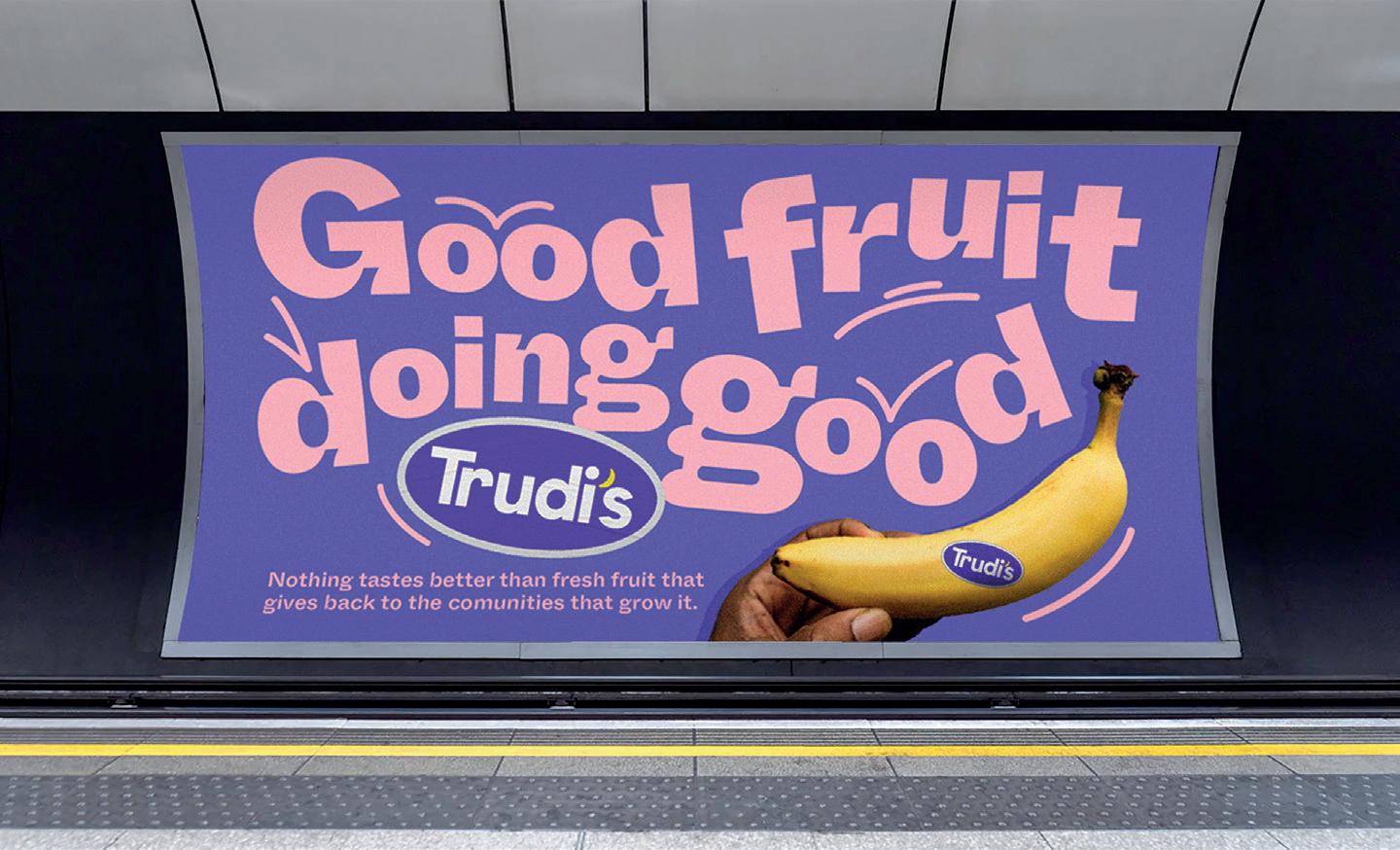
Fyffes, famously the first company in the world to put a branded label on its fruit, has unveiled a new consumer trademark for bananas that it says will address the widespread devaluation of fresh produce.
The new brand, called Trudi’s, is designed to tap into growing demand for responsibly sourced products, and to open consumers’ eyes to the real cost of producing the fruit.
In the UK, one of Fyffes’ most important markets, the price of bananas is estimated to have fallen by over 30 per cent in the last three decades, despite recent inflation.
“The devaluing of fresh fruit over many years has had huge
implications for the families and communities that dedicate their lives to growing it,” says Adriano Di Dia, chief marketing officer at Fyffes International.
With a tagline of ‘Good Fruit Doing Good’, Trudi’s is apparently set to tackle the issue head on. According to the company, it will offer support to people in the fruit trade in key areas of corporate social responsibility, specifically female empowerment, education and child nutrition.
“We want to become famous for being the bananas that give back, because it means a lot to the values of Fyffes, the future of the industry, but even more to those who need it most today,” Di Dia adds.
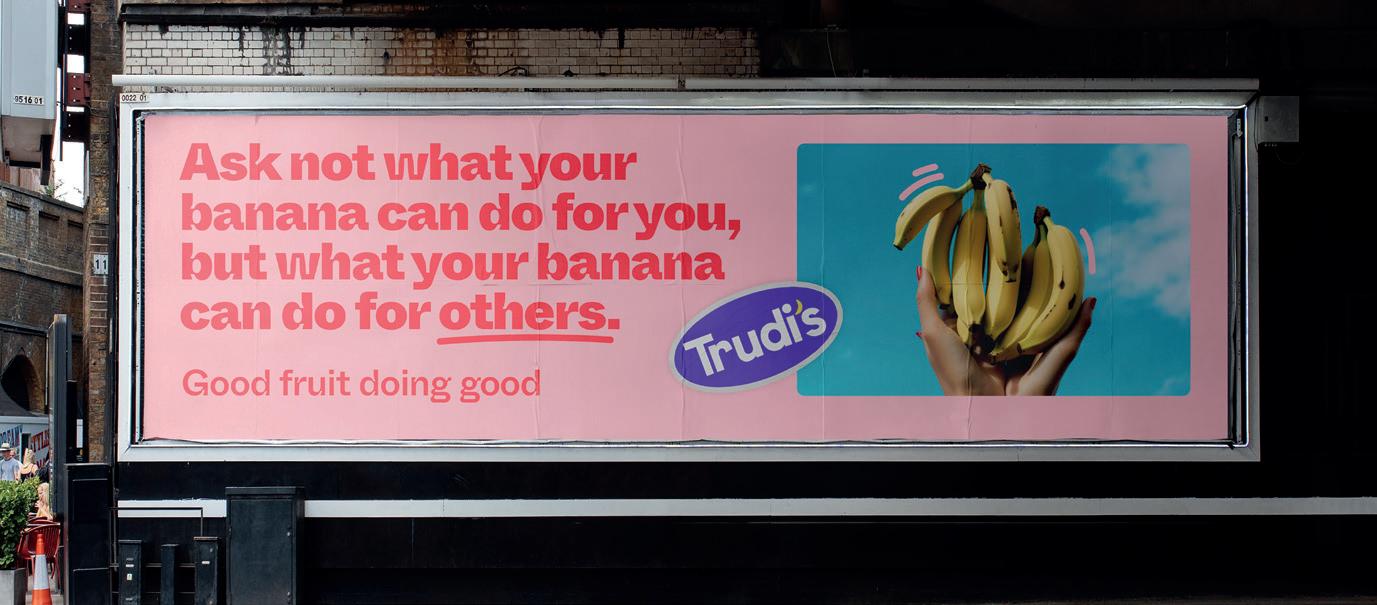
TIME TO RIGHT THAT WRONG
The launch follows the recent appointment of Impero, a strategic and creative agency based in London and Buenos Aires, which created the new brand on Fyffes’ behalf.
And the company says it is throwing plenty of its marketing budget behind Trudi’s, with a campaign designed to raise the brand’s profile and carry its message to consumers in key markets.
“I think the world has got it wrong,” says Impero founder Michael Scantlebury. “How can a fresh, delicious, natural piece of fruit that’s come from the other side of the world and arrived in our homes perfectly ripe be valued in many supermarkets far less than highly processed, fake fruit-flavoured products that won’t go off a year from now?”
The impact of that imbalance is “huge”, he adds. “Trudi’s is here to change that. And we’re super proud to be working with Fyffes International to make it happen.”
“How can a natural piece of fruit from the other side of the world be valued far less than highly processed products?”
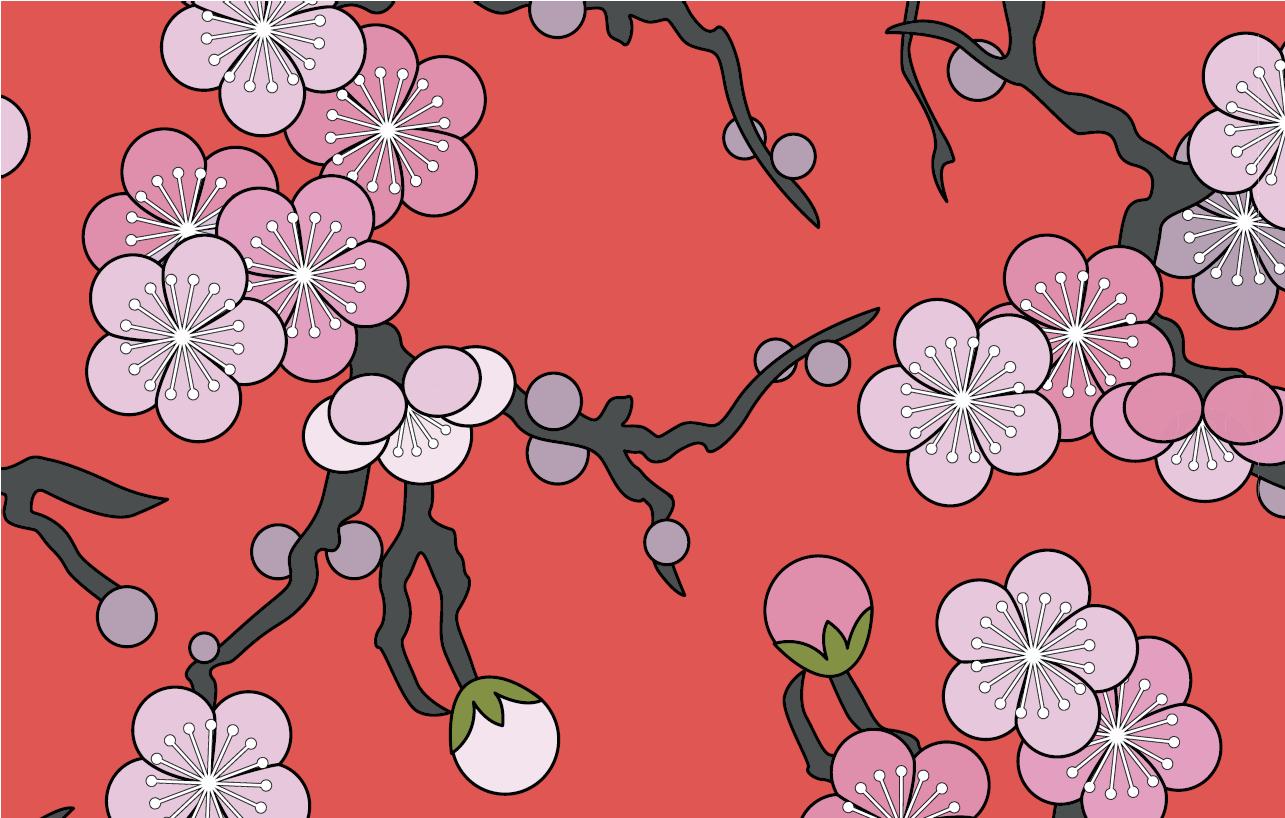
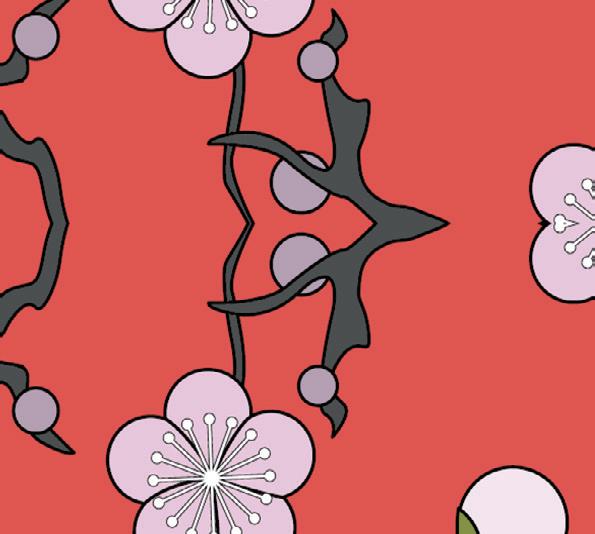

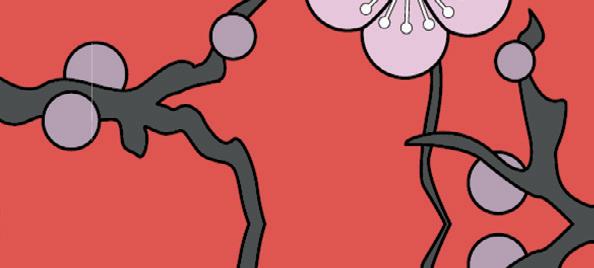
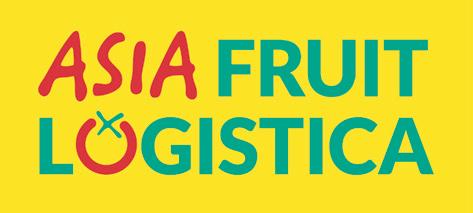
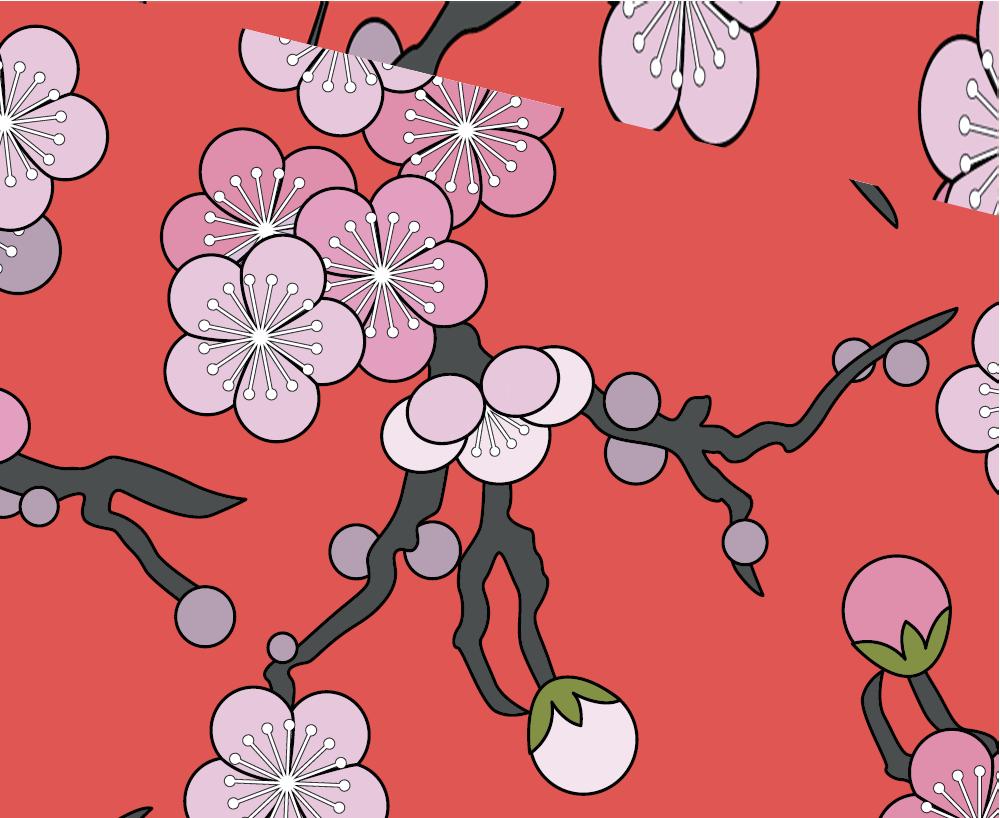

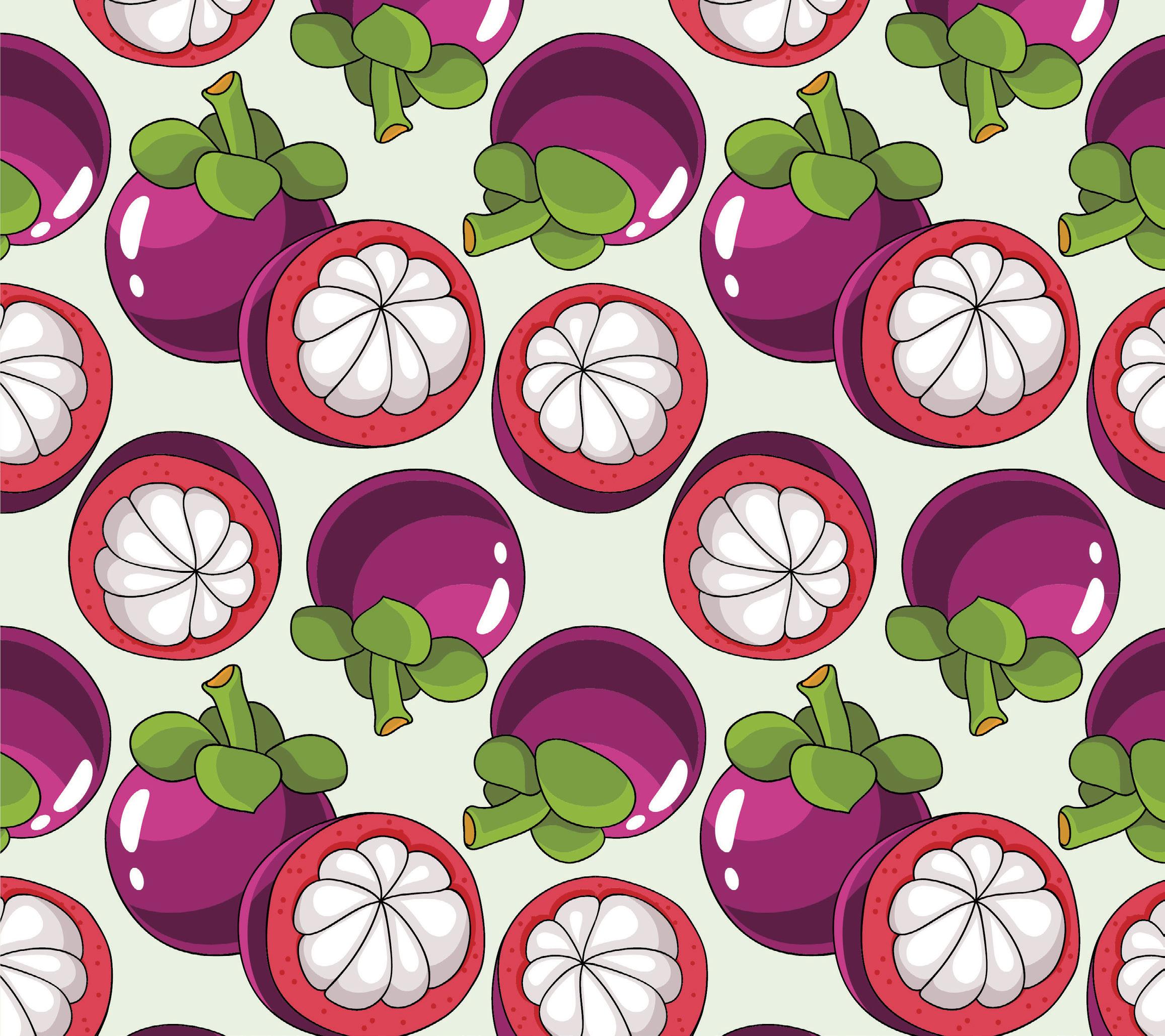
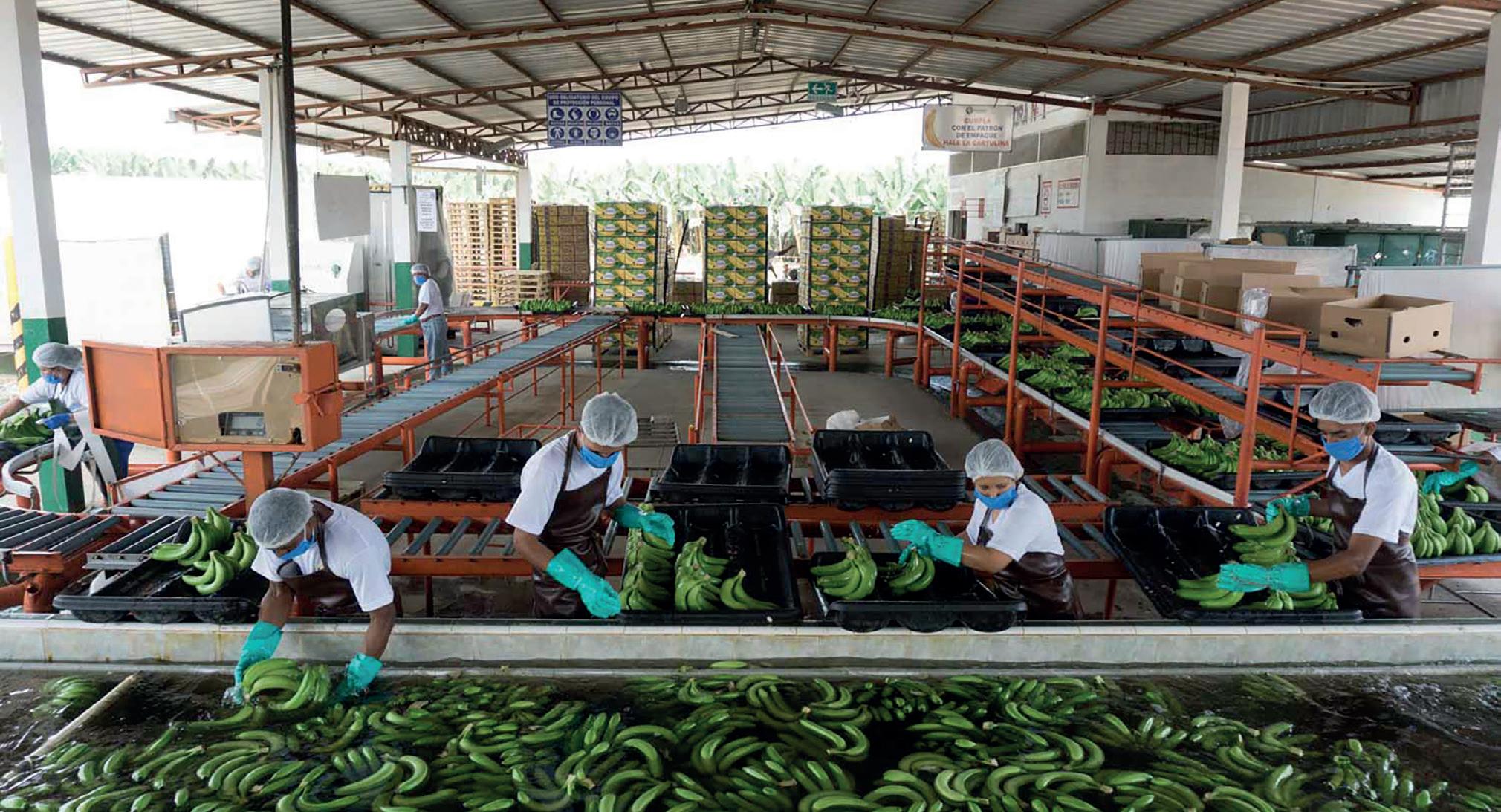
People first
Reybanpac CEO Vicente Wong explains the company’s deep-rooted commitment to the wellbeing of its workers and the environment.
by Maura Maxwell@maurafruitnet
For more than four decades Vicente Wong has been at the helm of Reybanpac, steering the company from humble beginnings to its current position as Ecuador’s second biggest exporter. Today Reybanpac employs almost 7,000 people and more than 20m boxes of bananas are sold each year across five continents under its flagship brand, Favorita.
Throughout this time, Wong has never lost sight of the family-run company’s underlying goal. “People are the ultimate reason why we do what we do – we really pride ourselves on how we look after our workers,” he tells Fresh Focus Banana
Ecuador’s employment laws are already among the strongest
in the region – the Labour Code provides for a 40-hour work week, 15 calendar days of annual paid vacation, restrictions and sanctions for child labour, general protection of worker health and safety, minimum wages and bonuses, maternity leave, and employerprovided benefits.
equally seriously – not just because the certification schemes it must comply with to supply the main consumer markets are rigorously monitored and enforced, but because, as Wong explains, “it’s the right thing to do”.
Reybanpac has always been an early adopter of new technologies that have enabled it to fine-tune its production processes and cut its water and pesticide usage. “Productivity and efficiency are fundamental for us as a business,” says Wong. “As production costs continue to rise, the only solution is to become more efficient. In the year 2000, prior to the dollarisation of the Ecuadorean economy, it cost US$1.50 to produce a box of bananas. Now, with dollarisation it’s more than US$6. Before, with 1,800 boxes/ha you lived well. But today if you don’t get 2,700 or 2,800 boxes you’ve got a problem. Productivity is the ‘sine qua non’ of the banana industry, as well as being one of our core values.”
2om+
boxes of bananas reybanpac exports each year
Wong says the workers employed at Reybanpac’s farms and packhouses receive, on average, 34 per cent more than the monthly living wage, currently set at around US$562.50 a month.
The company takes its environmental responsibilities
Wong says recent years have ushered in a growing awareness among retailers of the cost and effort companies like Reybanpac put into making their operations as sustainable as possible.
“Before we would sell to the importer and the importer would sell to the retailer. Then the retailers took the decision to go direct to the producer. Prior to that they didn’t really know what the situation was in the producing countries,” he explains.
“Since then, they have had to make an effort to get to know all about the business, and the social and environmental aspects of banana production.
It hasn’t been easy, we’ve had to explain to them about all the investments we’ve made. But right now there is a group of supermarkets that is beginning to take into account that sourcing from producers who comply with all the CSR requirements is a way to differentiate their product.”
Retailers are also better informed about the numerous challenges facing producers today.
Wong estimates that Reybanpac has invested around US$28m in biosecurity measures to protect farms from Panama Disease TR4, which although not yet detected in Ecuador, is a constant threat to the industry. Over the past two years, Ecuador has been trialling Formosana-218, a Cavendish variant grown in Asia for many years that has some level of tolerance to the fungus, and Wong believes this could offer a partial solution until a variety with 100 per cent resistance has been developed.
Another equally devastating disease, Moko (bacterial wilt), has been silently taking root in fruit crops across the country. The bacterium attacks the plant in
different ways, causing the death of its leaves and discoloration inside the stem, as well as affecting productivity. Outbreaks of Moko have already been reported in 12 provinces.
“We’re working very hard to keep Moko in check, again through biosecurity measures,” says Wong. “Unlike TR4, which stays in the soil forever, if you detect Moko early enough you can cut the plant down, cover it in plastic and leave to biodegrade for six months, then you can start producing on that farm again.”
The increased rainfall ushered in by the current El Niño cycle is not making life any easier for producers either. Guayaquil averages around 1,200-1,600mm of rainfall a year, but with El Niño this rises to 4,000-5,000mm. Flooded plantations and increased moisture levels cause much more aggressive outbreaks of black sigatoka and other funguses, making them harder – and more expensive – to control. “We’ve learnt to live with sigatoka. The moment precipitation levels rise we ramp up control measures. But there’s no doubt that
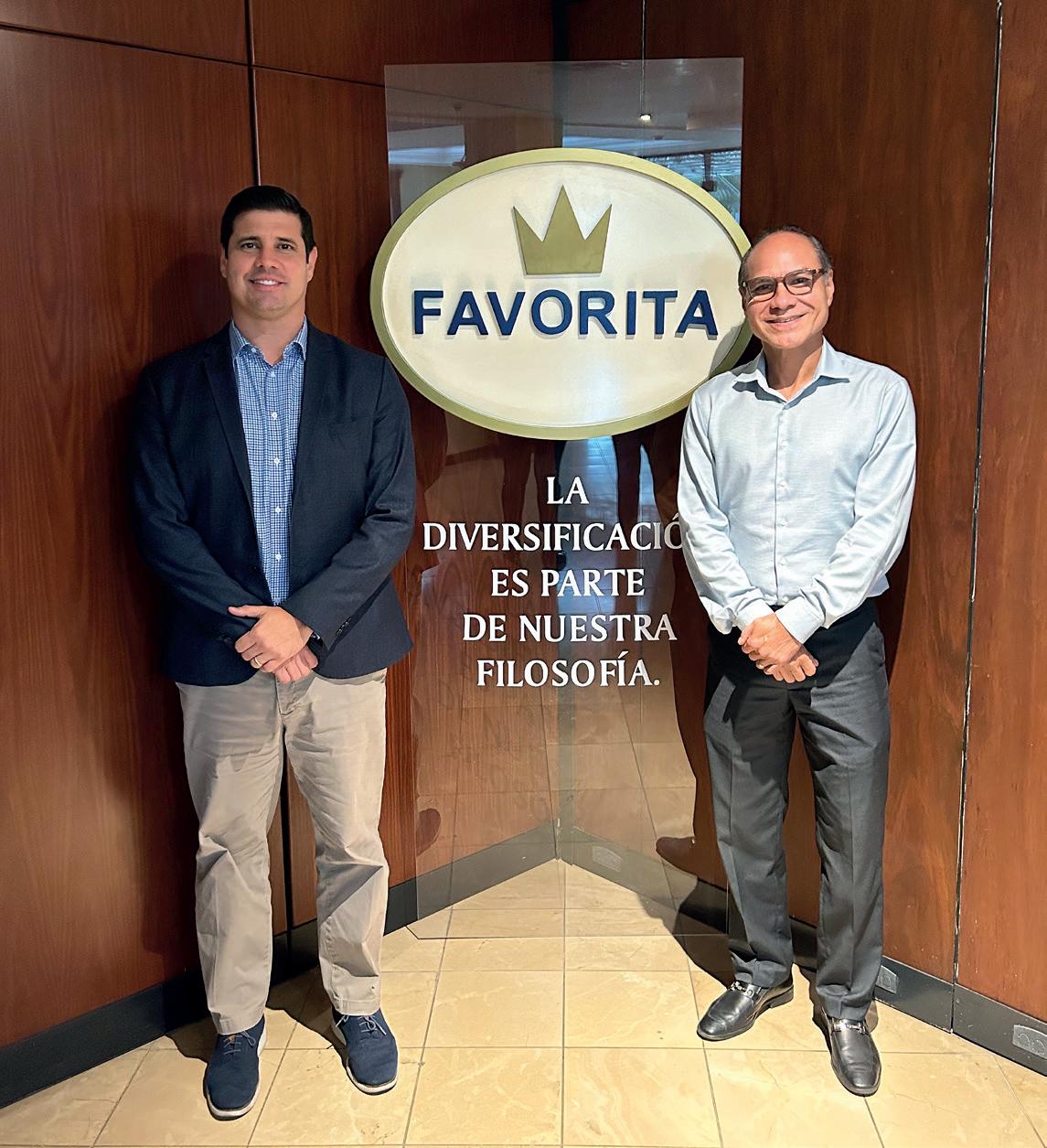
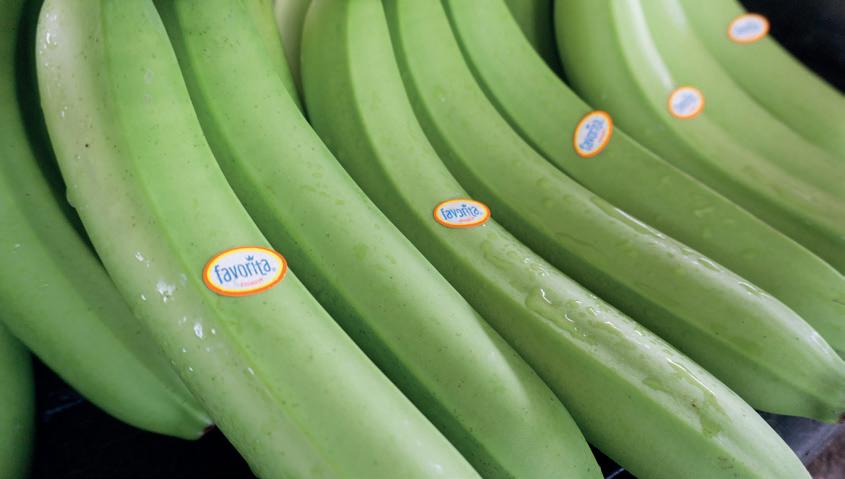
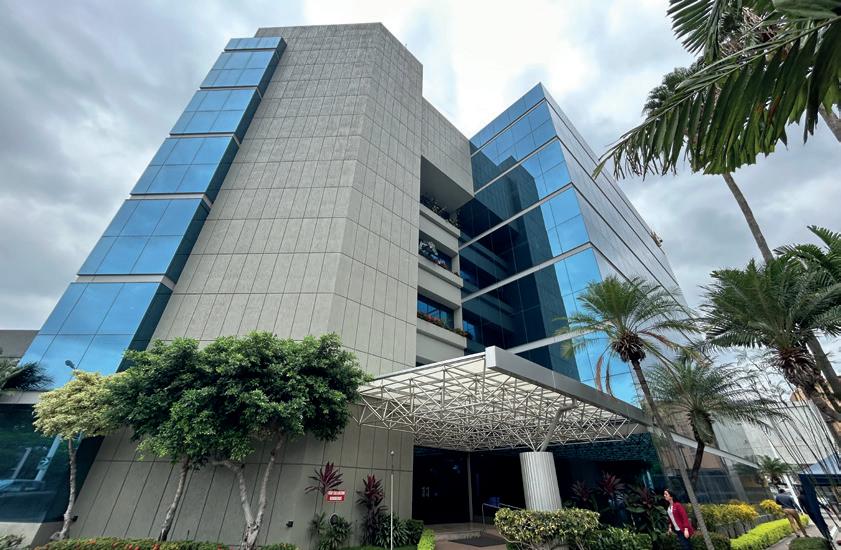
it causes production losses,” Wong says.
A more recent scourge that the banana industry is learning to live with is the arrival of the drug cartels, lured by Ecuador’s shared border with Colombia and Peru and its shipping links to the outside world. The sector has been forced to take decisive action following the discovery of several cocaine hauls in banana containers bound for Europe, and now pays some US$100m each year in additional security measures that include the scanning of outbound containers.
Wong is clear that this is an issue that Ecuador cannot tackle on its own. “This is a demand problem, not a supply one, we didn’t create it,” he says. “It has to be treated by governments as a public health issue. Developed economies have a duty to take action to reduce consumption. Ecuador is dealing with the consequences of them not having effective policies in place to tackle this problem.”
Asked whether new president Daniel Noboa –himself heir to a banana dynasty – is a good thing for the banana industry, Wong in sanguine: “The private sector should support every government. We are here to provide employment and create wealth and should work side by side with any administration to achieve this,” he says. “As the old Chinese proverb goes, ‘it doesn’t matter what colour the cat is, only that it catches the mouse’.”
Bananas at a crossroads
The Ecuadorean banana industry faces serious challenges around security and climate change, but hopes are high in the sector following the election of President Daniel Noboa, heir to one of Ecuador’s largest banana exporters.
by Fred Searle @fredfruitnet
In more ways than one, the Ecuadorean banana industry now finds itself at a crossroads. On the one hand, this is a time of great promise: 36-yearold Daniel Noboa, the son and heir of banana magnate Alvaro Noboa, was recently elected president, raising hopes the government will prioritise the interests of the sector.
Meanwhile, banana exports are on the up, rising by 6.4 per cent year on year in January-October 2023, as trade recovers from the disruption caused by container shortages, higher freight rates, disruption to shipping services, and the war in Ukraine.
Encouragingly, the sector is also making good progress on workers’
rights and pay, recently taking steps to formalise compliance with the national living wage (see p.4445) and setting an example for other banana-producing nations to follow. On the flip side, there are major security concerns –and in some respects, the risks for producers and exporters have never been greater. The trade finds itself at the centre of Ecuador’s well-documented problems with gang violence (see p.46). Indeed, containers of bananas have been a major target for cocaine trafficking, making contamination, lost shipments, and personal safety a big concern. In addition, El Niño is making production increasingly unpredictable due to flooding and
associated pests, with Agroban president Leonidas Estrada predicting big crop losses if the damaging weather phenomenon manifests at full capacity.
And at the time of writing, there were reports from exporter association Acorbanec that European retailers are reluctant sign supply contracts that support the new ‘minimum support price’ of a box of Ecuadorean bananas, which has risen from US$6.50 in 2023 to US$6.85 in 2024.
Marianela Ubilla, president of the Association of Ecuadorean Banana Exporters (AEBE), kicked off the recent Banana Time convention in Guayaquil with words of both hope and warning.
ABOVE—
Ecuadorean banana exports were up 6.4 per cent year-on-year from January to October 2023
OPPOSITE LEFT—
Marianela Ubilla, president of AEBE
OPPOSITE
RiGHT—Leslie Media, banana production general manager of Fyffes

“This product shows an increase of 7 per cent in export volume and 18 per cent in FOB dollars compared to the same period in 2022, which shows that today more than ever, it is time for Ecuadorean bananas. However, we must remain alert.
“Our main markets are facing inflation, which could reduce the purchasing and consumption capacity of bananas in international markets. In addition, there are multiple challenges that the sector must continue to face, especially in terms of security, climate change, phytosanitary protection and the use of trade agreements.”
BUSINESS FIRST
Although by no means the biggest, Fyffes is now a major banana producer in Ecuador, having set up its own production in the country 12 years ago. Prior to that, the supplier had exported bananas from other Ecuadorean growers, but today it also grows roughly 1,200ha of its own organic bananas on the Santa Elena peninsula near Guayaquil.
Leslie Medina, Fyffes’ banana production general manager,
says he welcomes the election of Noboa, Ecuador’s youngest-ever president. At the age of 18, Noboa created his own events company before joining the family company, Noboa Corporation, and holding management positions in shipping, logistics and commercial divisions.
The new president has said he would prioritise job creation through tax incentives and credit facilities to help small businesses, as well as vowing a “firm hand” against drug gangs and promising the “militarisation of ports and borders”.
“We can expect a more business-oriented policy that facilitates investment, growth and employment,” says Medina. “In particular, it would be nice to see the government investing more in communications, road infrastructure and bridges in rural areas – to help facilitate business. This would be especially helpful during the rainy season when wet weather can block access to farms.”
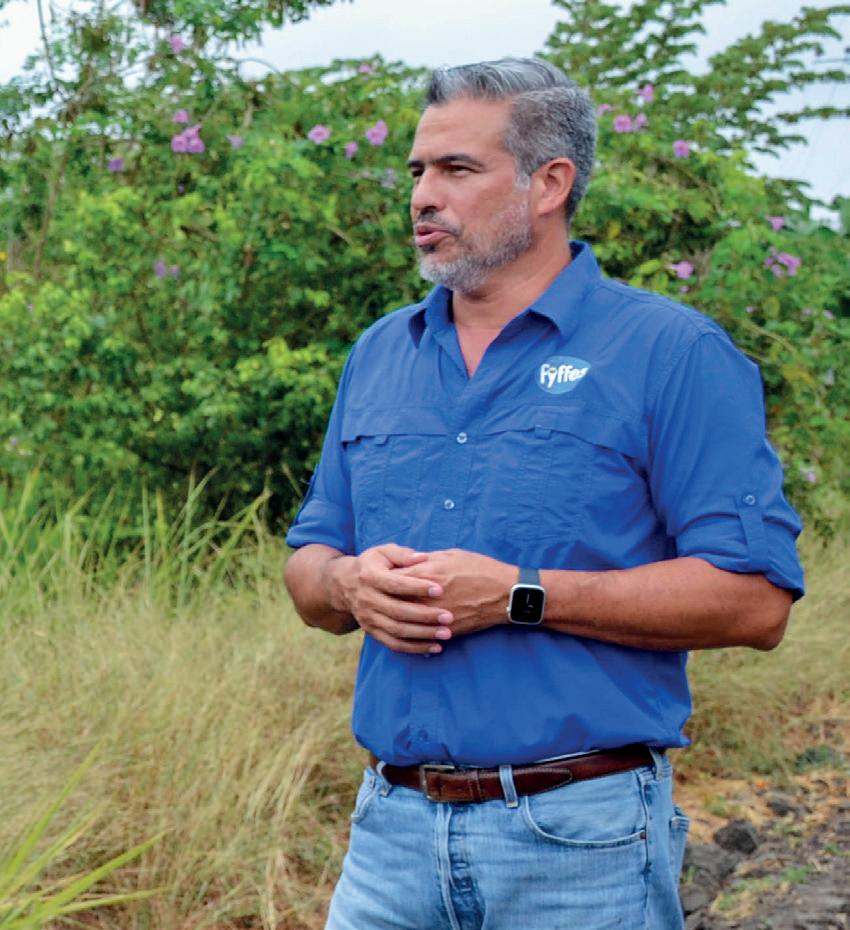
WEATHER WORRIES
On this note, the growing threat of El Niño is a hot topic following forecasts in July that flooding and droughts intensified by climate change could cost South America’s economies an estimated US$300bn.
For the Ecuadorean banana sector specifically, the main fear is that heavy rainfall due to climate change can harm banana crops in three ways. Firstly, excessive rain causes physical damage to the plants, leading to breakage and premature fruit drop. Secondly, the ripening process is affected if excess water remains on the soil for more than one or two days. If this happens, the bananas cannot withstand shipping, arriving overripe at destination. And thirdly, wet weather raises the prevalence of diseases such as black sigatoka, which can lead to significant crop losses.
More than 70 per cent of Ecuadorean growers say they have already seen climate change have a major impact on their farms, and climate impacts are estimated to have reduced producers’ incomes by 15.7 per cent on average over the past two years. Banana growers in the south have been especially hard hit, and back in July it was estimated that El Niño could cause the loss of up to 50,000ha of banana plantations. This is equivalent to 1,365,000 tonnes (worth almost $600m) in lost exports.
SUPERMARKET STRATEGY
The other big talking point is price, and it will come as no great surprise that there has reportedly been kickback from European supermarkets on the
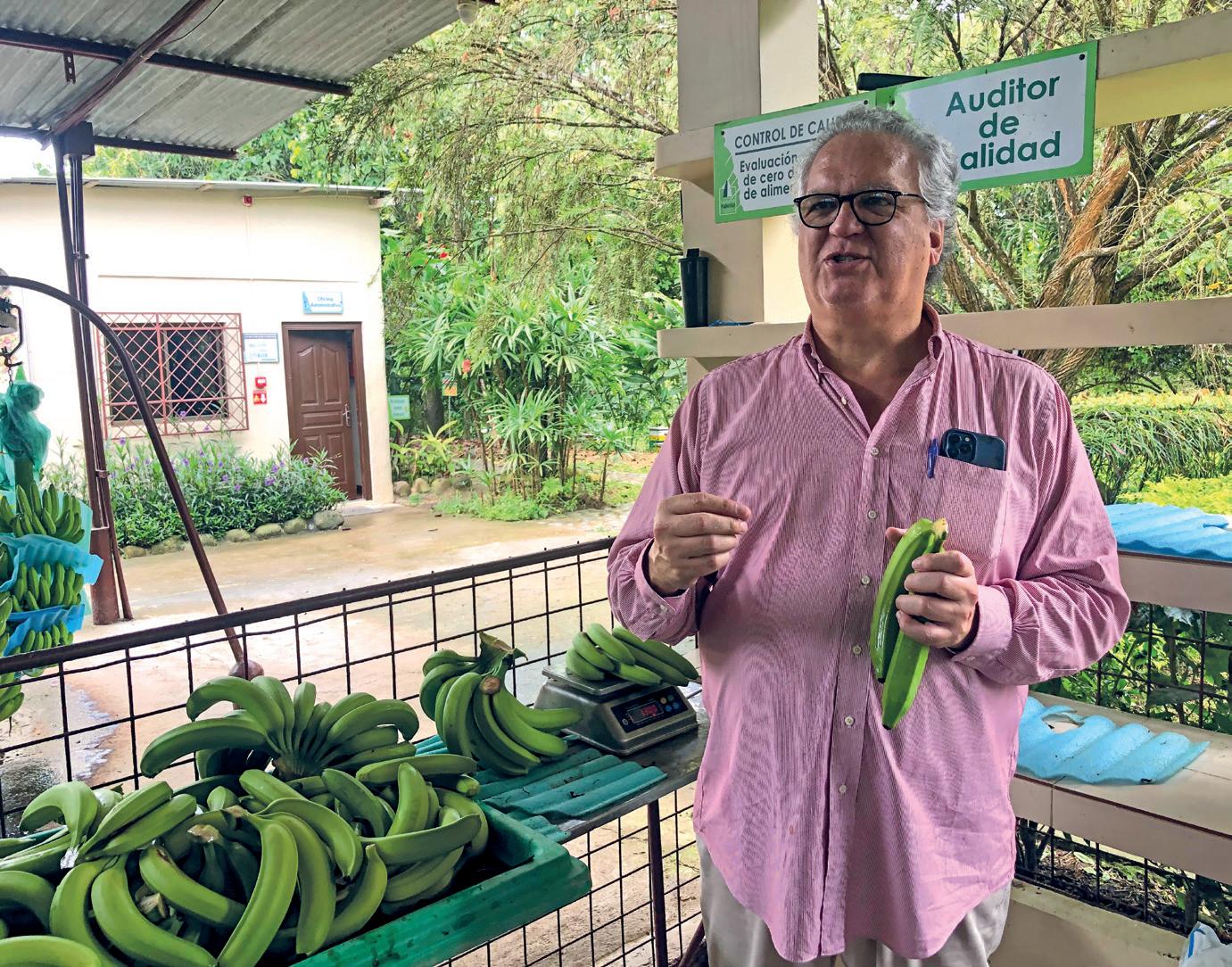
minimum price set for a box of Ecuadorean bananas in 2024.
Indeed, in June 2022 Rabobank’s fresh produce expert Cindy Van Rijswick gathered data from the UK’s Office for National Statistics to reveal that retail prices for bananas in Britain were still below the level seen in 1987 – despite inflation and despite decades of increasing costs and sustainability requirements for banana producers around the world.
“Bananas have a big problem,” Marcel Laniado of Machalabased banana producer La Nueva Pubenza told Fresh Focus Banana “They are the commodity that supermarkets all over the world compare to see who has the lowest price. They are one of the core items in the basic food basket.
“If you increase the price of bananas by just US$0.60 per box, that is a huge amount of money for the farmer. But it would only add up to a tiny increase for the consumer. The shopper wouldn’t even notice this increase. But we have a problem with supermarkets’ commercial strategy.
“In my view, the problem isn’t

the margin that each player in the supply chain is making. There are huge risks for exporters, so it is understandable that they make a 20 per cent margin, or whatever it may be. Likewise, retailers have big overheads, and they need to cover the costs of their stores. But if the retail price was increased only slightly, it would make the whole supply chain more stable and sustainable.”
PRICE POTENTIAL
Growers’ costs have increased significantly in recent years, not only due to inflation, but also due to the huge certification burden and rising wage bills. The impact
of unsustainable retail prices on Ecuadorean banana producers was highlighted in April 2022 when growers from three provinces blocked main roads to demand government action to boost prices that they said were too low to cover the cost of production.
Richard Salazar, executive director of Acorbanec, emphasised at Fruit Attraction 2023 that the matter of living wages in Ecuador cannot be discussed separately from the issue of a fair price for bananas. He said: “Retailers have the chance to show commitment to a true shared responsibility”, adding that this requires “long-term contractual engagements on the volume of products, based on fair prices… that take into account the peculiarities of each producing country”.
“Bananas have a big problem. Supermarkets all over the world compare them to see who has the lowest price”
Aldi’s commitment in August 2022 to consider the cost factors underpinning the Fairtrade Minimum Price when setting its retail prices was certainly a step in the right direction. But given all the pressures and uncertainty facing supply chains at the moment, the sector needs better long-term support from the value chain.
Fyffes’ business development manger Michaela Schneider insists that consumers would be willing to pay more for bananas, pointing to research published last year which showed that consumers in six countries – the US, Canada, the UK, Ireland, Germany and the Netherlands – think the fruit is cheap and accessible.
“When you asked them what kind of price they pay for bananas, they overestimated the price and still thought it was cheap,” she says. “Around two thirds of banana buyers are willing to spend more for a banana that is certified as being organic or Fairtrade. So, even in a challenging environment like we have at the moment, there is a potential to increase consumer prices.”









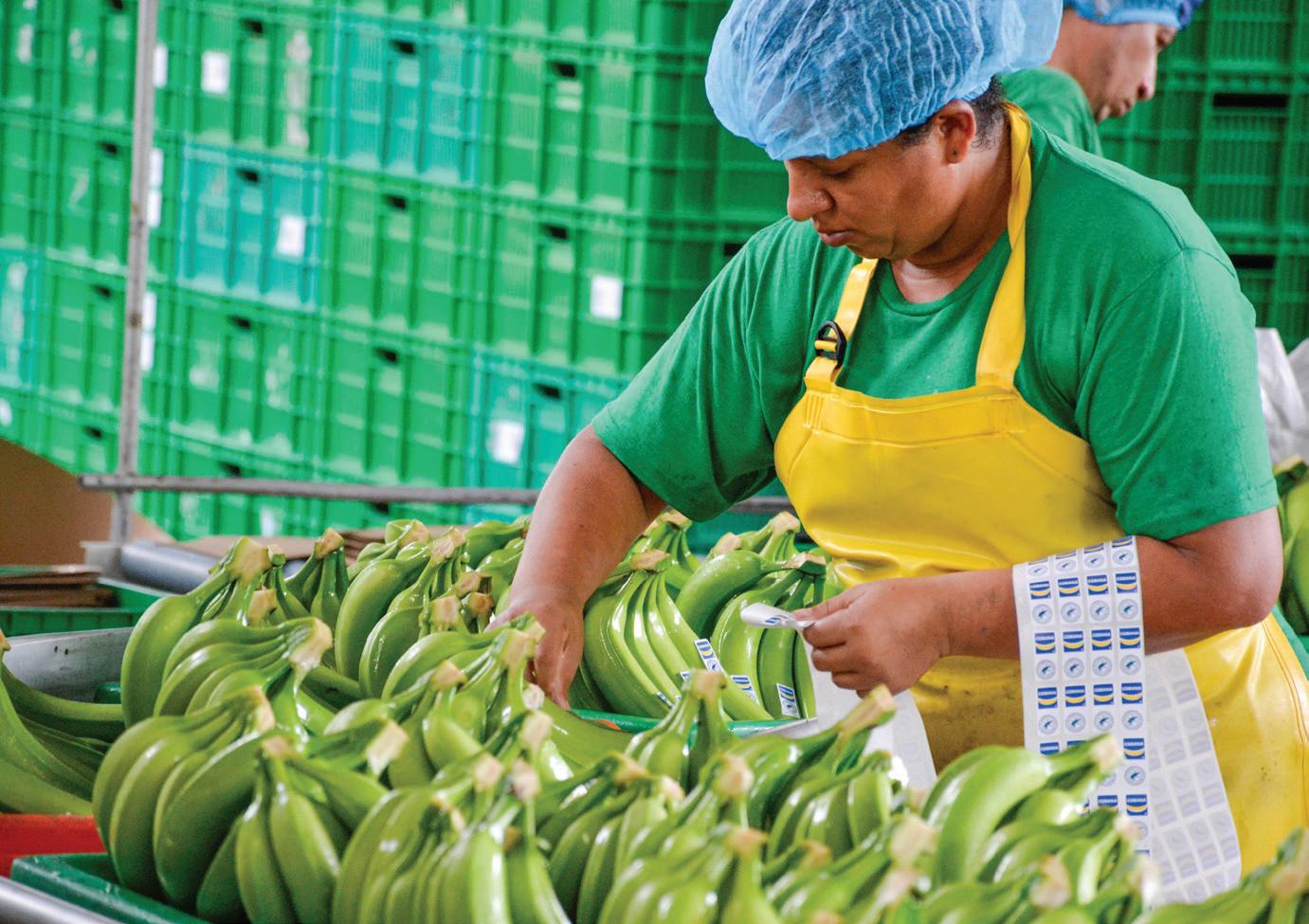
Fairer fruit
Despite past controversies, Ecuador’s banana industry has made big progress on workers’ rights, wages and female empowerment.
by Fred Searle @fredfruitnetWhen it comes to workers’ rights, Ecuador – like all major banana-producing nations in Latin America – has courted its fair share of controversy in recent decades.
Back in 2002, plantation workers’ protests for basic working conditions and the right to unionise met with violent opposition from armed strikebreakers and 19 workers are reported to have been wounded.
That same year, an investigation by Human Rights Watch found that Ecuadorean children as young as eight worked on banana plantations “in hazardous conditions”, while adult workers feared dismissal if they exercised their right to organise.
More recently, in 2010 a report by a UN Special Rapporteur concluded that "contemporary forms of slavery still exist in Ecuador", specifically in primary and tertiary sectors of the economy such as banana plantations.
And in 2020 one banana producer was accused of allegedly dismissed 30 workers for organising themselves in a union, thereby violating labour and union rights.
This all paints a picture of a chequered past, but it should not disguise the fact that big strides have been made to improve workers’ rights, conditions and wages over the past two decades. In many ways, the country has become an example for other banana-producing nations to follow.

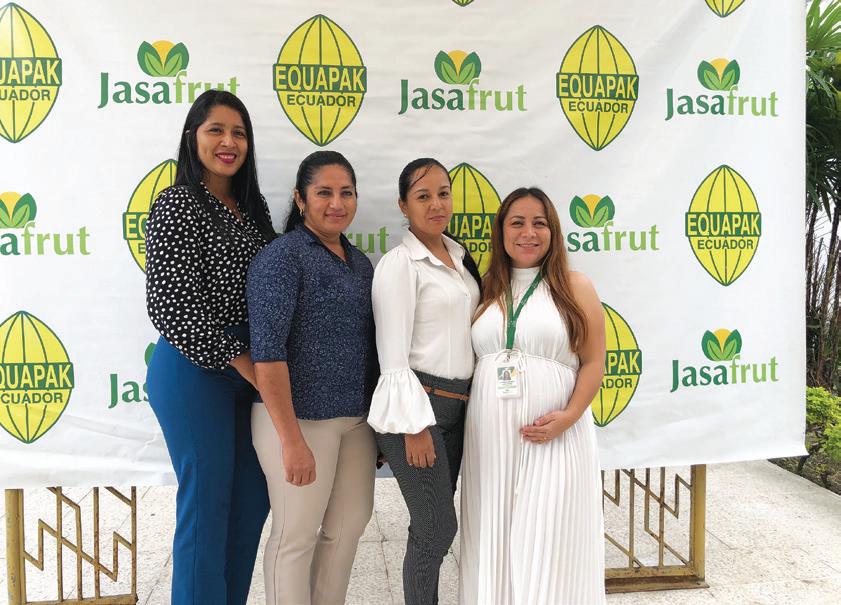
LIVING WAGES
The introduction of a national living wage in Ecuador way back in 2008 is an obvious example. And in 2023 the sector took an important step towards formalising compliance with the wage by requesting the Ministry of Labour to issue an “official living wage compliance certificate” to banana producers in the country.
The living wage for a standard 40-hour working week in 2023 was set at US$562.50 – for an employee with at least one year’s experience at a company. But the worker's income may be higher if voluntary benefits or performance-based bonuses are added.
The problem with the national living wage, for Ecuador’s producers and exporters, is that it can put them at a competitive disadvantage on price compared to other countries where there is no obligation to pay living wages.
Major retailers in the UK, Germany, the Netherlands and Belgium have in the past few years committed to support a living wage in their international supply chains. This is great news for workers’ rights, but the way it has been handled is less than ideal, points out Ecuador’s Banana Cluster, which groups together the main associations of banana producers and exporters in the country.
In an open letter to the sustainable trade initiative IDH in November 2023, representatives of the cluster complained that European retailers’ recent practice of ‘closing the living wage gap’ by paying producers in certain countries a voluntary contribution to
top up workers’ salaries was an “inadequate measure” that puts Ecuadorean companies at a competitive disadvantage.
In Ecuador – where a living wage is enshrined in law – it is the producer that picks up the full wage bill, but this is not the case in countries without a national living wage. In addition, question marks have been raised over whether supermarkets’ voluntary contributions are always passed back to the workers they are intended for. As such, the Ecuadorean Banana Cluster has called for living wages to be mandated in all bananaproducing countries to help level the playing field.
THE NEXT GENERATION
As well as leading the way on wages, Ecuador’s banana sector has done great work to boost the educational and economic fortunes of families in rural communities.
Like many other countries, Ecuador faces major challenges around rural depopulation, and increasingly, young people are moving to the cities in search of work. In many cases, however, their families have land that they could stay to farm commercially, given the right training.
For the past 20 years, Reybanpac, the major produceexporter behind the Favorita brand, has funded three schools and four child development centres in the province of Los Rios through Fundación Wong, its social investment arm.
The foundation’s director, Ricardo Romero, says the schools offer pupils aged 5-21 a well-rounded education but focus on training children for a career in agriculture. In addition, the foundation is creating a new technical programme for school graduates and Reybanpac’s field workers.
FEMALE EMPOWERMENT
Another area of improvement for Ecuador’s banana sector is in female empowerment – which has been a major focus for the El Orobased producer Jasafrut, which exports bananas to supermarkets across Europe and the UK. Through its charitable foundation Equapak, the company runs an extensive project to support its female employees and ensure they have the same opportunities and rights as their male counterparts.
According to the UN’s World Banana Forum, women represent on average 43 per cent of the agricultural workforce in developing countries, however they tend to earn less than men and have less job stability. The organisation identified common barriers to women’s employment in banana-producing countries, namely low levels of formal education and training; restricted roles for women in the workplace; discrimination in employment; and the triple workload of having to do a job, keep on top of housework and care for children.
Equapak has supported its female staff by actively promoting women to senior management positions; introducing elected gender committees to help address stigma faced by female employees; running workshops to train employees in issues relating to gender-based discrimination, harassment and violence; offering paid maternity leave; providing advice on family planning; and monitoring the physical and mental health of female workers.
General manager Jorge Alex Serrano says much of the progress made on women’s employment rights in Ecuador and elsewhere in Latin America has been driven by the demands of markets in Europe, where supermarkets must comply
Healthcare for all
Hospital Esperanza in the southern Ecuadorean city of Machala is a shining example of how the fresh produce industry can benefit local communities. Funded by the banana producer associations Probanaexpor and Asoagribal, as well as a number of and other organisations, the non-profit hospital offers high-quality and heavily subsidised private healthcare to the whole city – not just banana workers and their families.
The facility cares for around 1,800 patients each month; doctors only take a percentage of the charge for each consultation; and medical equipment is loaned to the hospital by manufacturers on a temporary basis – all of which helps keep down costs for lower-income patients.

to various social standards such as IDH, Smeta, Sedex, Ceres and GlobalGAP.
As part of a recent press trip, female staff met with members of the international press to share their experiences of Equapak’s female empowerment programme. They emphasised the importance of getting paid the same wages and being treated with the same respect as their male counterparts, which hadn’t been the case in their previous jobs.
One employee named Anabel Vera spoke of the psychological support she received from the company when her daughter was born with health problems, and of the support and encouragement she has been given to learn new skills and progress her career within the company.
Ecuadorean port firm ramps up security
The explosion of drug trafficking and related violence in Ecuador has made security a hot topic in the banana industry. One business taking the problem seriously is Contecon, which operates the country’s largest port in Guayaquil.
by Fred Searle@fredfruitnet
Once considered one of the safest countries in South America, Ecuador has descended into drug gang violence in the past few years. And unfortunately for the banana sector, exporters of the fruit find themselves at the frontline of the country’s battle with the narcos.
Gangs – operating both outside and inside the country’s weak and overcrowded prison system –have been competing for cocaine trafficking routes, often stashing the drug in shipments of bananas which leave Ecuador’s ports in large volume year-round for Europe and the US.
Due to Ecuador’s location (between the world’s biggest cocaineproducing countries, Colombia and Peru), its porous borders, and its major Pacific Ocean ports, drug trafficking is not a new problem in Ecuador. But the scale and intensity of the issue has ramped up considerably. In 2022, the volume of cocaine seized at the country’s ports tripled to 77.4 tonnes – and it goes without saying that this is just the tip of the iceberg.
Where there is drug trafficking, there is gang violence. So unsurprisingly, the number of violent deaths in Ecuador has mushroomed, rising to 3,568 in the first half of 2023 alone. The
epicentre of the violence has been Guayas, the province of the port city of Guayaquil.
The Port of Guayaquil is the biggest maritime terminal in Ecuador, accounting for 46 per cent of the country’s total export trade and around 60 per cent of its banana shipments. Every year around 5m tonnes of bananas pass through the port, bound for markets in Europe, the US and further afield. Given the huge volume, wide reach and 52-week flow of banana exports from Latin America, banana containers are a natural choice for drug smugglers.
Aside from the threat of kidnapping, physical violence and murder, banana exporters run the risk of losing whole shipments of the fruit or running into legal difficulties if a ‘contaminated’ container is seized by the authorities. The transit from farm to port is thought to be the weakest link in the supply chain from a security perspective and where contamination is most likely to occur.
In a bid to prevent violence and reduce drug trafficking at the Port of Guayaquil itself, US$3.5m has been invested in beefing up security, police barracks have been built on site, and operational changes have been made to ensure there is just one point of entry and
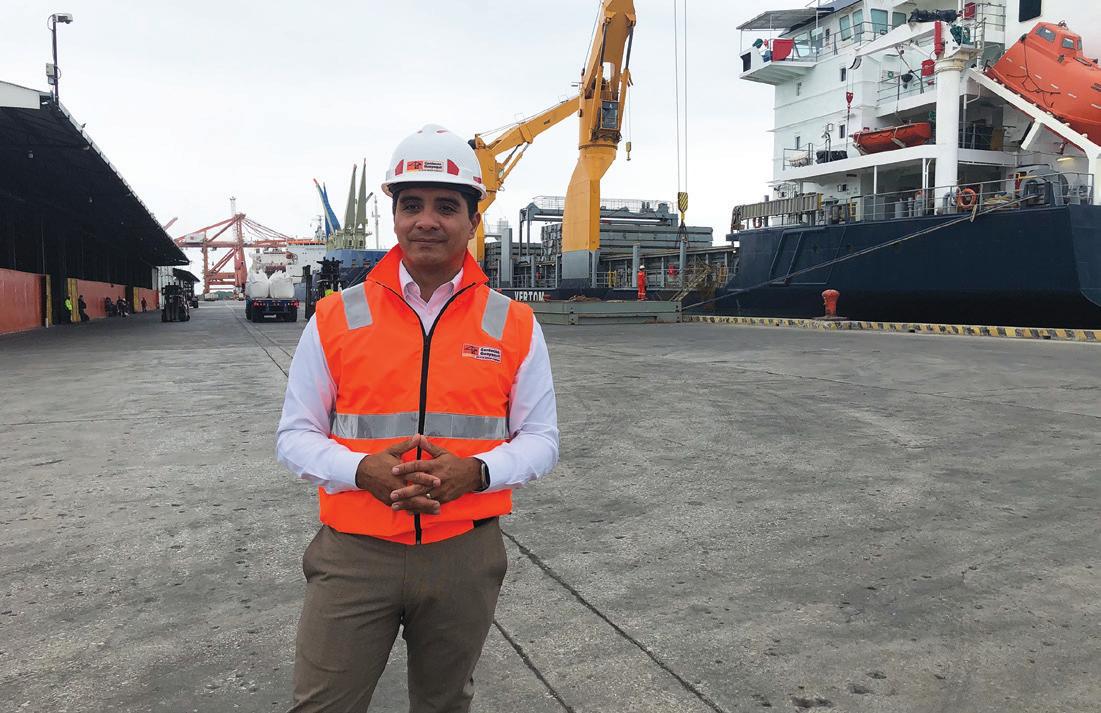
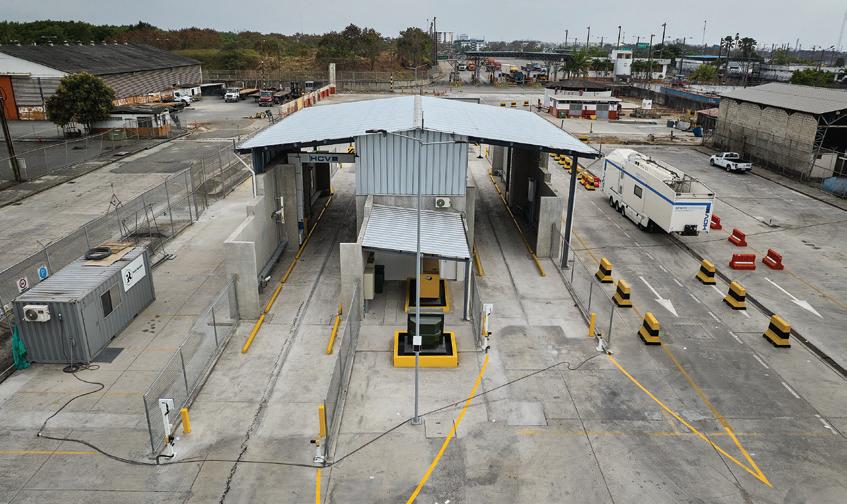
exit for vehicles. In addition, extra checks have been carried out on containers leaving the port in recent months, with around a sixth subject to manual checks.
Going forward, Contecon, the company that operates the port, has invested US$15m in three stateof-the-art drive-through scanners to inspect the cargo of every container and vehicle that passes through. One of these machines is a mobile inspection system that can be moved around the port as required, while the other two are stationary portals. These scanners will replace the cumbersome and time-consuming physical inspections, ensuring that 100 per cent of cargo is checked.
In addition, from March 2024 RFID seals will be placed on all containers entering the port to prevent their loads from being tampered with and to allow the containers’ journey through the port to be traced – information that will be encrypted and invisible to anyone on the terminal.
Contecon’s chief commercial officer Fohodil Galeas says he knows these measures won’t eliminate drug trafficking in the country. But he is confident they will significantly reduce it, forcing drug gangs to switch their focus to other terminals in Ecuador or the wider region. In this way, hopefully Contecon will at least become an example for other ports to follow.
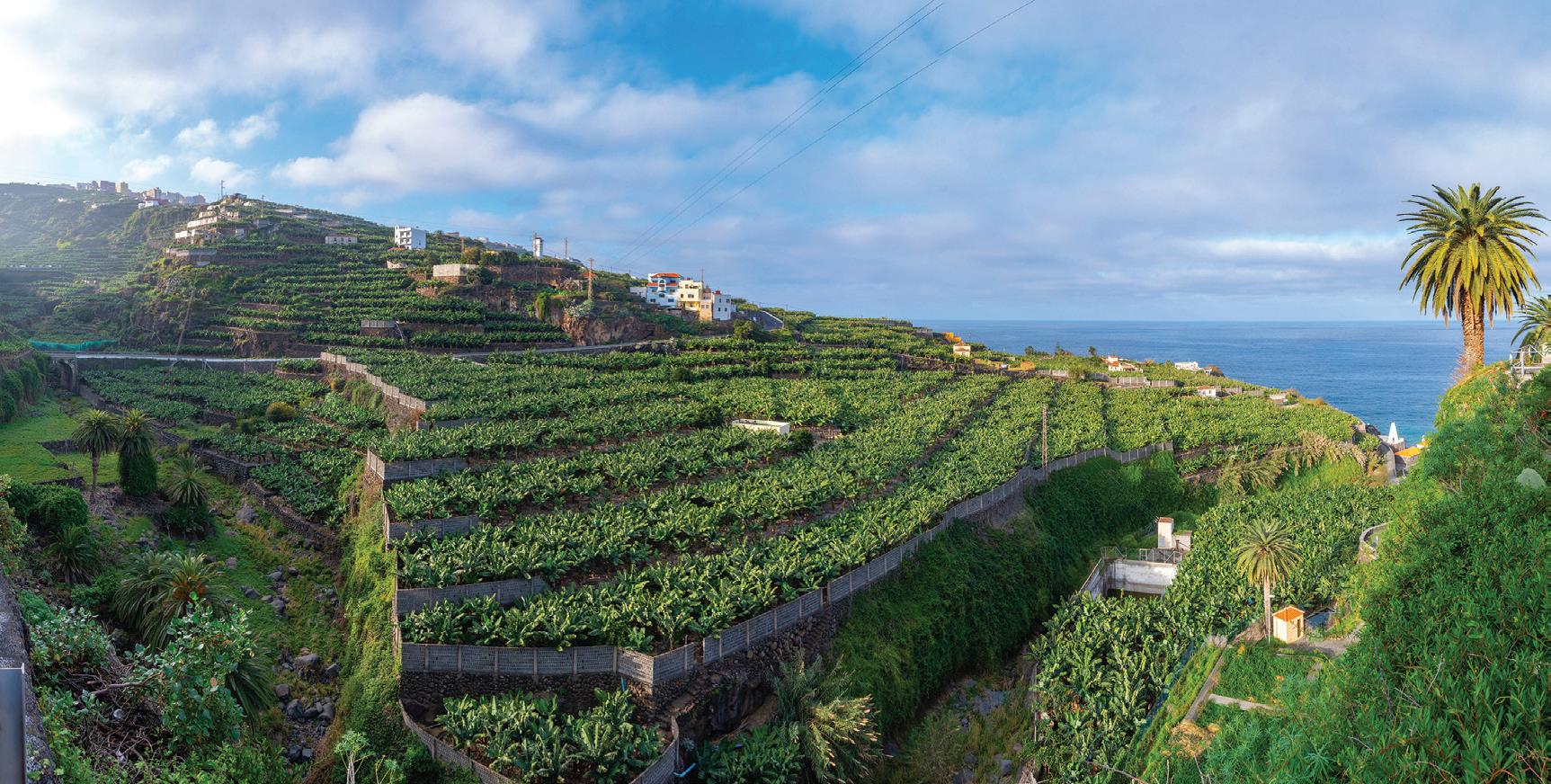
Canary Island bananas bounce back
Asprocan’s Clara Chico outlines the sector’s recovery from 2021’s volcanic eruption and its continued progress in opening up new markets.
by Maura Maxwell @maurafruitnetWhen the Cumbre Vieja volcano erupted on the island of La Palma on 19 September 2021 after lying dormant for half a century, it dealt a severe blow to the island’s banana sector.
The flow of lava lasted almost three months and destroyed some 350ha of banana plantations. The supply shortage that followed pushed up prices to such a degree that many Spanish consumers switched to cheaper “dollar” bananas, resulting in a 9 per cent fall in annual sales.
Since then, the sector has pulled out all the stops to recoup its lost production according to Clara Chico of the Association of Banana Producer Organisations of the Canary Islands (Asprocan). “Farms that were directly affected by the
ash from the volcano, the lack of irrigation water or by having access restricted or prohibited saw production recover almost in its entirety in 2023,” she tells Fresh Focus Banana. “But we still have many farms that were buried by lava and which, logically, are going to take much longer to recover.”
These efforts have paid off – by the end of August 2023, the islands’ banana output had already exceeded the total volume for 2022 by 75,000 tonnes and was 20,000 tonnes higher than pre-eruption levels.
The volcano also had a dramatic impact on the volume of fruit available for other markets. Having seen their share of the domestic market steadily eroded due to strengthening competition from dollar bananas, Canary Island producers have worked hard to
open up new markets capable of absorbing their excess production.
Chico says Canary Island bananas have carved out a successful niche in Switzerland and Belgium and, more recently, have been making inroads in the French and German markets.
“We’re specifically targeting markets that value high-quality, local products of European origin,” she explains. “Our banana is unique and different from those grown in other countries. Thanks to the islands’ subtropical climate and mild year-round temperatures, the fruit develops more slowly, remaining on the plant for up to six months, compared with two or three months for bananas grown in tropical conditions, which gives it a sweeter flavour and more intense aroma.
“Together with our relative proximity to Europe, this means our banana reaches the market with a freshness and ripeness that only a local product can offer.”
Moreover, Chico points out that as production complies with all European regulations governing social and environmental responsibility, customers can be assured that the islands’ bananas meet the highest sustainability standards.
In 2020, exports to third countries totalled around 2,500 tonnes, the bulk of this being made up of organic bananas destined for the Swiss market. In the wake of 2021’s volcanic eruption, exports fell to just 739 tonnes. But by August 2023 they had already surpassed 5,000 tonnes and were on course to finish the year strongly.
Looking ahead, Chico says Asprocan’s main objective in 2024 is to consolidate its position in established markets and increase its presence in new markets. “We firmly believe that European customers want high-quality and sustainable products. To achieve this, we will continue to attend the main international trade fairs and ramp up promotions in international markets,” she concludes.
Costa Rican industry reaffirms commitment to sustainable production
On the 30th anniversary of the country’s Banana Environmental Commission, public and private entities have set out new green pledges.
by Maura Maxwell @maurafruitnet
Thirty years after the creation of the Banana Environmental Commission (CAB), Costa Rica’s banana industry has renewed its commitment to sustainable production by signing up to a new series of undertakings to grow bananas in an environmentally responsible way.
The establishment of the CAB in 1992 marked Costa Rica out as a pioneer in sustainable production. The voluntary code – a publicprivate alliance between producers, workers and the government –committed to working in a more harmonious way with nature by setting targets on water and
agrochemical usage, recycling and land conservation amongst other environmental concerns.
“Thirty years ago, Costa Rica pledged to conserve and respect the environment and the resulting policies have made a real difference to the way we farm bananas,” explains Jorge Sauma, general manager of national banana corporation Corbana.
“Today, 100 per cent of the plastic used for production is recycled, water usage at packing plants has been cut by 80-90 per cent, almost 70 per cent of our farms are carbon neutral – the aim being to reach 100 per cent in the next few years – and the banana
industry has allocated more than 14,500ha of land as reserves and protected forests.”
The 12 pledges set out in the new environmental commitment are:
• Respect national environmental and occupational health legislation
• Promote environmental education amongst collaborators
• Reduce industrial water consumption
• Correctly manage wastewater
• Reduce and progressively replace industrial plastics
• Manage agrochemicals safely for both the environment and people
• Continue the search for alternative tools to chemical pest control
• Improve biodiversity in production areas
• Respect the wild animals that pass through farms
• Conserve forests to continue being a deforestation-free sector
• Continue with the process of reducing greenhouse gas emission
• Maintain internal audits on farms, seeking the best environmental performance
Beyond the environment, Sauma says Costa Rica’s commitment to social responsibility is equally important. For an industry that employs 40,000 people directly and 100,000 indirectly, strong worker welfare is a major contributor to rural development.
Sauma points out that as well as being paid a competitive salary, Costa Rican banana workers enjoy a range of benefits including health insurance and educational programmes for families, things not taken into account by living wage certification schemes.
“It’s important to understand that the concept of a living wage is not only about the wage itself, but also encompasses things such as healthcare, social security coverage and job security,” Sauma explains.
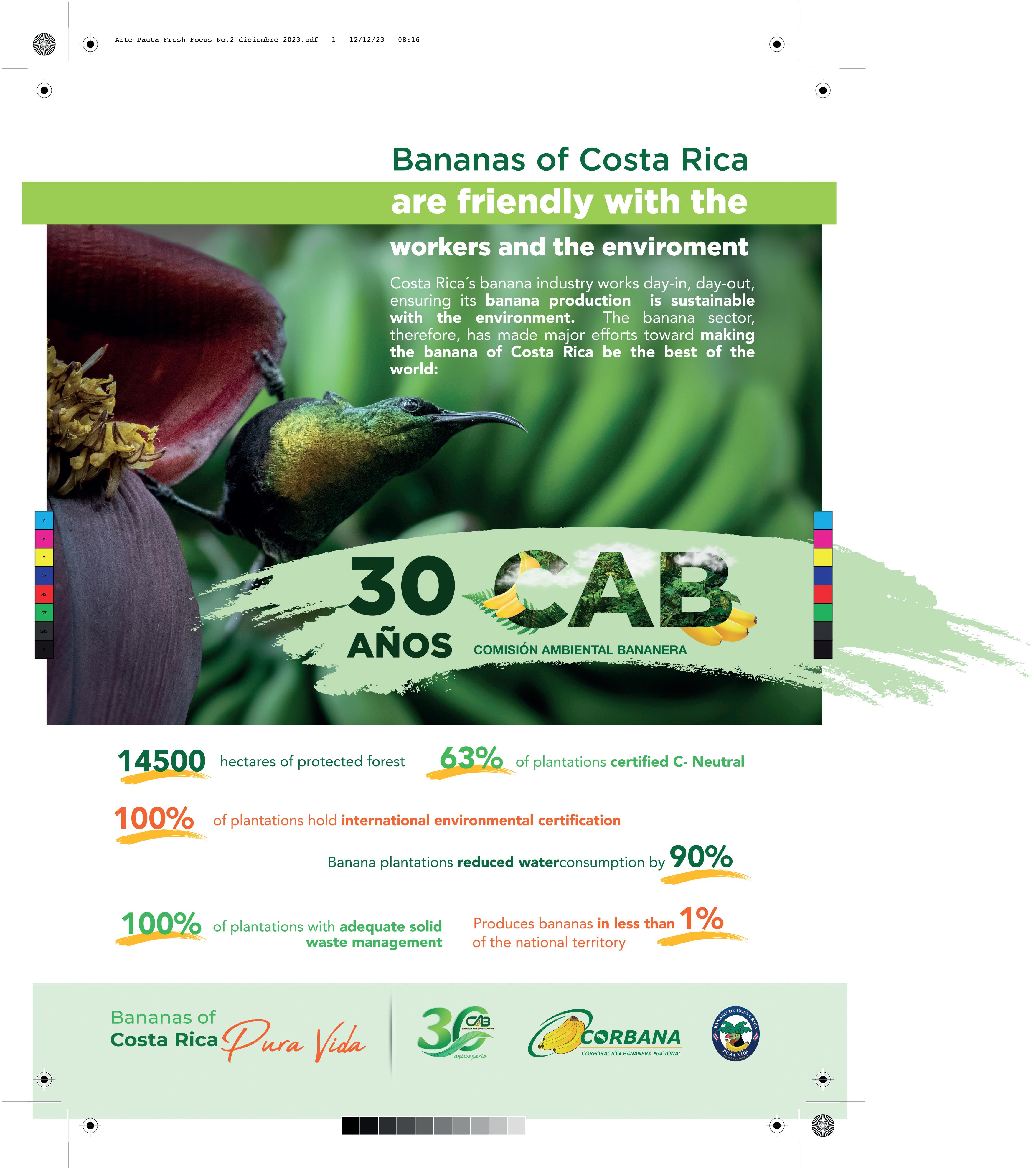
Stable and predictable
The banana business faces climatic and market challenges but remains on a level footing, according to Rafał Bury of Polish importer, wholesaler and distributor Targban.
by Carl Collen @carlfruitnetAs we move into 2024, how do you see the banana market performing?
Rafał Bury: Overall, we are observing a slight slowdown in the market. I’m not talking about any noticeable crisis, but more of a trend. The European market is not starved for goods. Despite the low fruit production in Ecuador, we do not see any reaction in the European market. Prices are historically high, of course, but we expected them to be even higher, or even a shortage of goods in Europe.
Especially in the second half of the year, when the lower supply became even more evident.
What should be counted as positive, however, is the market stability. Prices have remained at similar levels throughout the year, and apart from the summer months, we have not observed major fluctuations in 2023.
Have there been any changes to banana volumes sold, given the global economic challenges and the post-Covid environment?
RB: The market is a bit more sluggish, but I don’t see a direct impact of Covid here. The pandemic crisis was a trigger for the European Union and many governments to pump additional
funds into the economies, which in turn deepened the inflation crisis, but for us, Covid is a thing of the past. Even the maritime transport market has already returned to relative balance.
I think the slowdown is related to the overall economic situation, inflation, and, until recently, fears of a crisis that the war in Ukraine could trigger. All this probably results in greater caution among consumers.
What drives banana sales? Have consumer purchasing motivations changed?
RB: For the western consumer, the banana is obviously a staple product. In Europe or the US, there is probably no market where bananas are not in the top five products in the basket.
I think it’s hard to find factors that could significantly affect the consumption of these fruits. Consumption, apart from some seasonality, is relatively stable year to year.
Currently, consumer moods seem to be a bit weaker. In Poland, until recently, inflation was rampant, people shop more cautiously and more thoughtfully. However, we do not notice significant changes in consumer habits.


What banana volumes did you import in 2023?
RB: We estimate that our import volume in 2023 will exceed 3.9m cartons and increase by about 5 per cent compared to last year. This is a similar situation for us as in the last four to five years. Bananas are a stable and predictable product for us. We supply them regularly to most of our customers. Our focus in the case of bananas is mainly on diversifying sources, developing new products,

such as bananas with a neutral carbon footprint, and, of course, continuous quality improvement, which is our hallmark.
Which countries are your key sources?
RB: Ecuador remains our key source with over 50 per cent of the volume. Colombia, Costa Rica, and Guatemala follow. The share of these three origins in our sales has been growing in recent years. Just five years ago, Ecuador accounted for over 75 per cent of our volume. However, as I mentioned, diversifying sources is an important topic for us and we are systematically working on it.
Where do you stand on the issue of pricing in the banana supply chain, and returns to growers?
RB: We believe in the free market and its natural regulation. We don’t want to try to count who earns how much, while we wish everyone to earn as well as possible, but from

We estimate that our import volume in 2023 will exceed 3.9m boxes and increase by about 5 per cent on last year
our experience, most producers are doing well. This is evidenced by the fact of still growing cultivation areas.
Another issue is plantation workers and their rights. They need to be advocated for and paid attention to. However, the best way for our sector and the economies we are talking about should be to maintain competitiveness. However, interventionism, excessive regulations, and bureaucracy disrupt the healthy market and economic relationship between demand and supply.
What major challenges do you see for the banana business in 2024, and the future?
RB: Naturally, in the case of
agriculture, weather is the biggest potential challenge. It is a factor that always introduces a lot of uncertainty. This year, exceptionally heavy rainfall in Ecuador has negatively affected both the quality of the fruit and the size of the production.
There is constant talk of El Niño. We really don’t know if it has already been, is, or may still be. Either way, weather fluctuations are a big threat. Also in logistics. Just look at the problems that, in turn, a lack of rainfall causes in Panama.
Another threat, specifically in Ecuador, but also in the ports of Western Europe, is the activity of drug cartels. Smugglers have settled in Ecuador and are extensively using the port of Guayaquil for their operations. Europe, being today the largest consumer of cocaine in the world, is also exposed to the increasingly audacious activities of criminal groups. All this complicates logistics, increases costs, engages attention and of course, what is worst, sometimes also costs human lives. Unfortunately, so far there are no signals of improvement.
Rafał
ABOVE LEFT—
While consumer mood does seem “weaker”, consumption remains relatively stable
ABOVE RIGHT—
Over 50 per cent of Targban’s bananas come from Ecuador
Packaging 4.0
Grupasa’s state-of-the-art technology is helping the firm respond to shifting customer demand in a demanding marketplace.
by Fred Searle @fredfruitnetBanana boxes might not sound like the most exciting component of Ecuador’s dynamic supply chain but a trip to Grupasa’s gamechanging packaging plant is a truly impressive experience.
The level of automation inside the company’s cutting-edge paper packaging plant is rare to see in Latin America’s fresh produce industry. And the speed, efficiency and scale on which the ‘Industry 4.0’ plant operates is indicative of Ecuador’s pole position as the world’s largest exporters of bananas.
Grupasa’s Guayaquil factory boasts corrugator machines running at the breakneck speed of over 350m of cardboard per minute, and printers capable of printing 33,000 or more box tops per hour.
“We are a strategic partner for the Ecuadorean banana industry,” says Grupasa’s corporate director Maria Luisa Jaramillo. “This sector is very competitive and requires a fast service, so we’ve made it our mission to deliver just that.”
Each year, Ecuador exports around 350m boxes of bananas, of which Grupasa manufactures approximately 80m. The strength, durability and print quality of the boxes varies depending on each exporter’s requirements, and the manufacturing process is tightly controlled using ERP systems to ensure the correct pressure
and temperature are used for each batch of boxes. However, Jaramillo stresses that all of Grupasa’s packaging solutions “meet top quality standards, ideal for exporting fruit and other products”.
Automated roller feeders come courtesy of Dücker Robotics, which specialises in the supply of robotic systems for the corrugated board industry. And Kawasaki make the robotic picking arms used to transfer boxes from one production line to the next.
As well as manufacturing the banana boxes, Grupasa has an in-house logistics service to distribute the packaging. And this is no small task, requiring speed, efficiency and agility to meet changing customer demand. “An exporter might request 50,000 boxes in a given week, but they may not know which farm those boxes have to be delivered to, on which day, or sometimes even the brand the bananas will be sold under,” says commercial director Roberto Arosemena. “We have to respond to our customers’ needs at very short notice.”
To help make this possible, Grupasa uses a logistics planning system powered by AI to calculate transit times, monitor traffic and order deliveries in the most efficient way possible. However, the logistics jigsaw was complicated further by the fact that 2023 was a

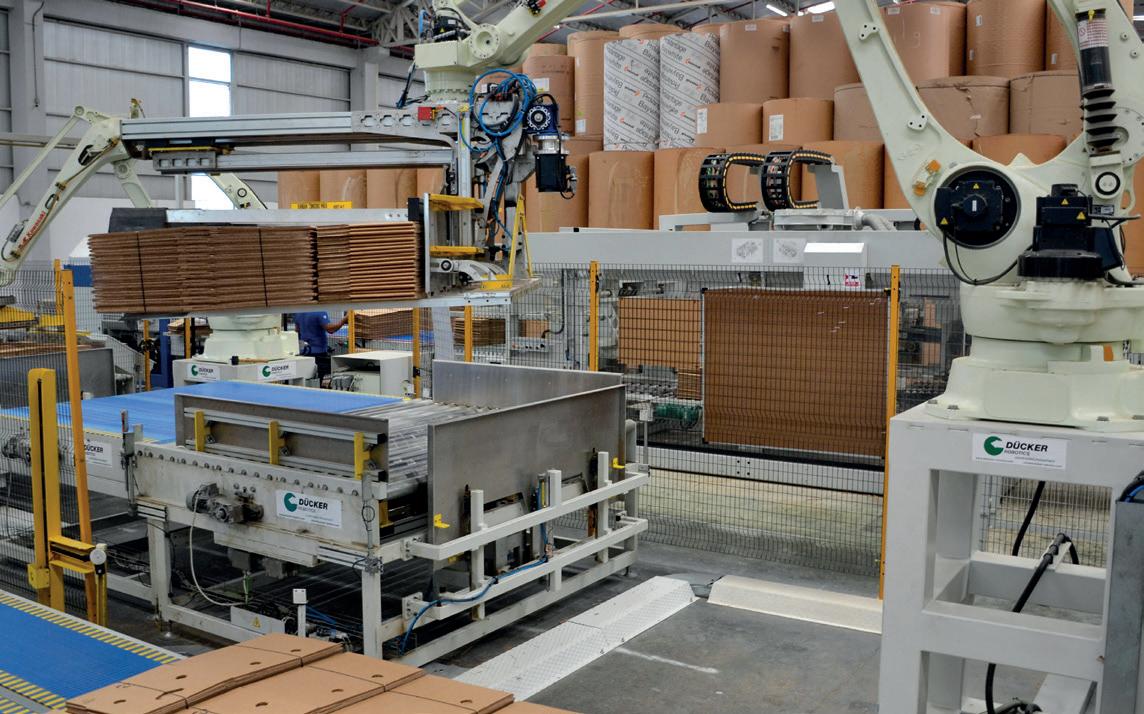
bigger year for spot market sales in Ecuador. Usually, around 70 per cent of the country’s banana exports are sold on contract, making it easier for packaging companies to plan for the scheduled volume. In 2023 there was roughly a 50/50 split between spot and contract.
This is by no means the only challenge that Ecuador’s packaging manufacturers have faced in recent times. Marketing manager Miguel Angel Valdivieso reports that paper supply was significantly disrupted by Covid and the war in Ukraine, with paper mills forced to slow production, leading to a shortage of raw material.
He says the period immediately after the pandemic was one of the most difficult in Grupasa’s 33-year history. But thanks to good relations with various mills and the fact that Grupasa is one of Ecuador’s biggest importers of paper, the company was prioritised and didn’t cut a single box to its clients.



























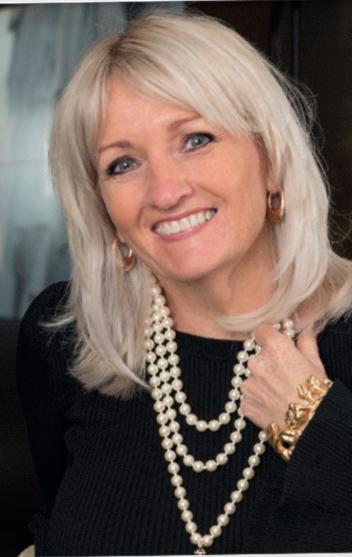







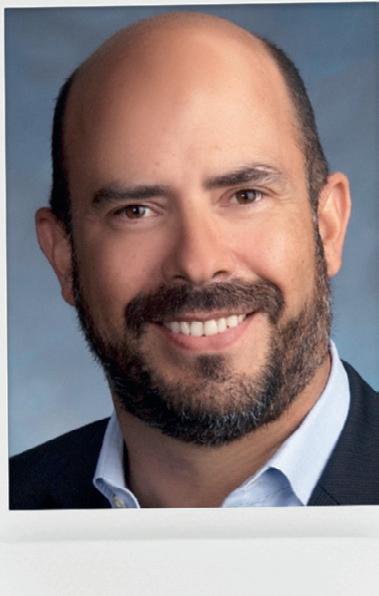



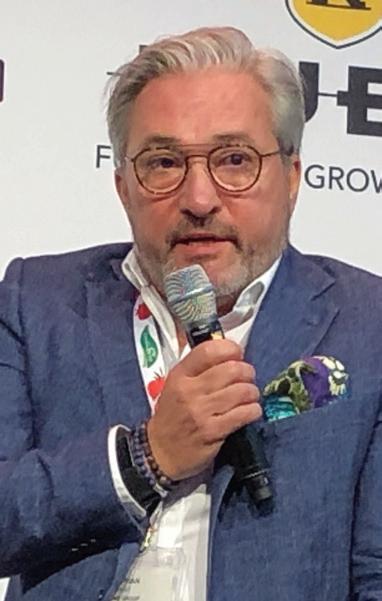
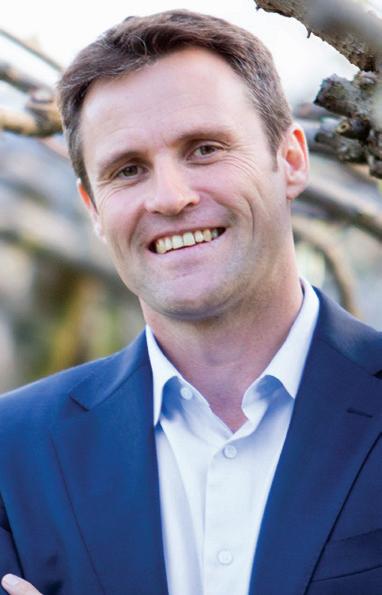


















Australian bananas break new ground in Japan
Bananas grown in the Australian state of Queensland are now available in the Asian market.
by Liam O’Callaghan @liamfruitnetQueensland-grown bananas and melons have been shipped to Japan in an Australia-first trial aimed at breaking into the potentially lucrative Japanese market. The red-wax-tipped Ecoganic bananas, grown in north Queensland by Pacific Coast Produce, have been sent to a banana tasting and promotion event in high-end Tokyo retail store Yaoko.
Queensland Department of Agriculture and Fisheries (DAF) horticulturalists have been working with industry partners for four years to analyse the impact of shipping and supply
chain conditions such as storage temperature, and ripening conditions, on the appearance and flavour of the fruit.
In another first, the banana shipment was airfreighted directly from Cairns instead of being transported to Sydney before export, saving time and costs. Direct air travel also makes it easier to maintain optimum supply chain conditions, reducing the risk of food waste and ensuring the fruit arrives in the best condition. Data from this shipment will look at the possibilities and obstacles of exporting bananas as airfreight from Cairns.
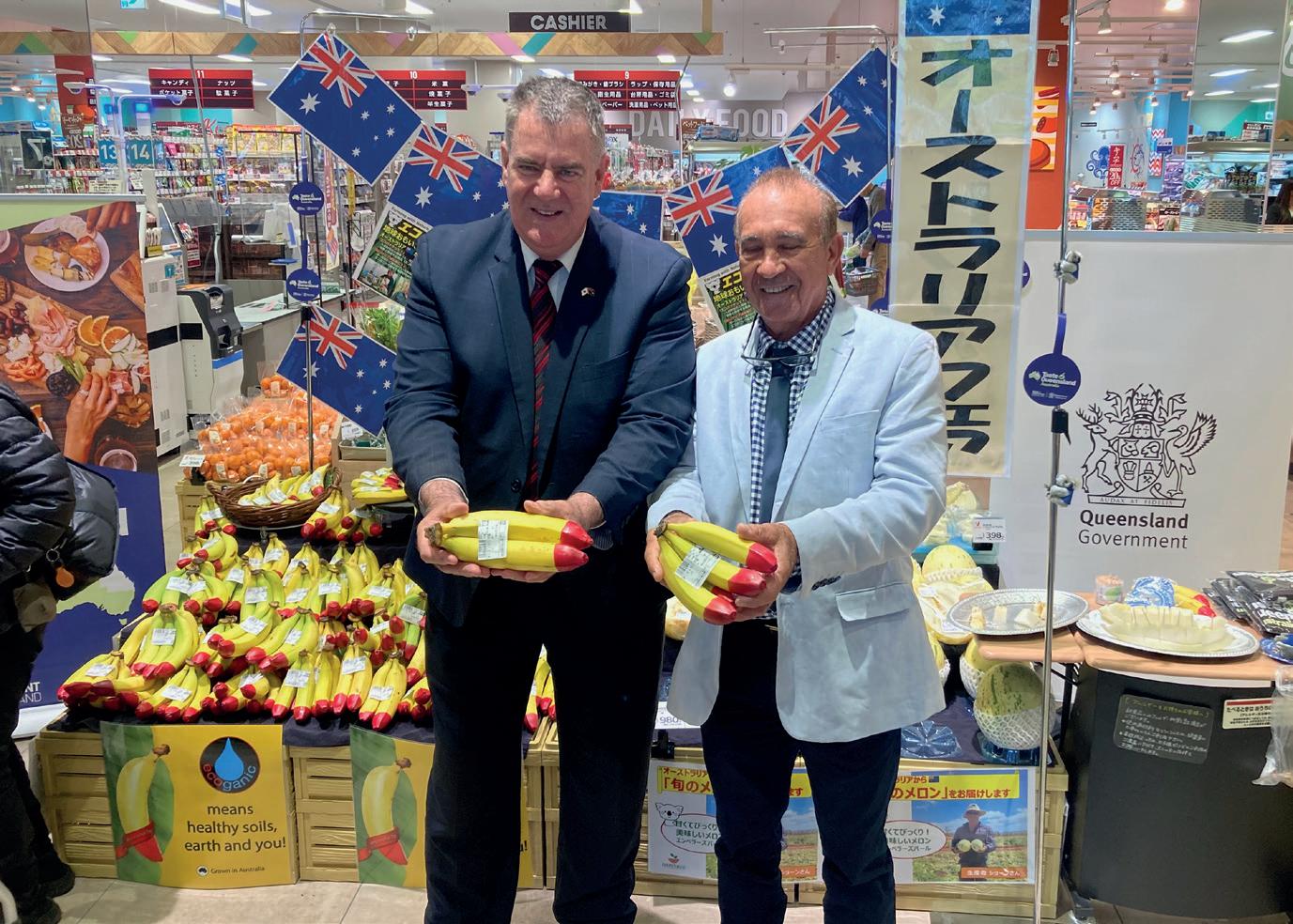
DAF horticulturists will also conduct blind tastings with the Japanese public to identify consumer preferences and compare the Australian-grown bananas with imported fruit. Emperor’s Pearl melons grown by Daintree Fresh also featured at this week’s tasting event. Queensland produces most of Australia’s melons, and our yellow-fleshed varieties are already popular in Japan. Niche varieties like the Emperor’s Pearl offer opportunities for industry growth. The results of the project will be fed back to the Australian fruit-growing industry, with a view to local growers tapping into the Japanese market.
To date, there is no large-scale Australian banana export market to Japan. More than 99 per cent of Australian-grown bananas are consumed locally, and our high relative wages mean Australian growers have been unable to compete with exports from south-east Asian countries. But eco-friendly and organic fruit is able to fetch a premium price in Japan, offering a potential inroad for Australian growers.
The project, “Supply chain monitoring and improvement to reduce banana quality loss”, is being led by DAF along with the Fight Food Waste CRC and Pacific Coast Produce. To scale-up premium melon exports to Japan, Daintree Fresh and supply chain partner Harrowsmiths International, received funding under the Food and Fibre to Market: Industry Partnerships (FF2M) programme to undertake growing trials, including post-harvest treatments on this variety.
Managing director of Pacific Coast Produce Frank Sciacca said the trail would help develop export pathways for Australian bananas. “We’ve been exporting Ecoganic bananas since 2009 to Singapore and Hong Kong, but the unpredictable arrival quality of our fruit has been a barrier to future market growth,” Sciacca said. “Our Ecoganic farming system is underpinned by strong evidence-based science to prove ecology restoration in commercial food production is possible.
“The project and the DAF team has shown us how critical it is to monitor supply- chain performance for identifying opportunities to improve practices that ensure consistent delivery of a premium product.”




ALWAYS IN CONTROL OF YOUR RIPENING.





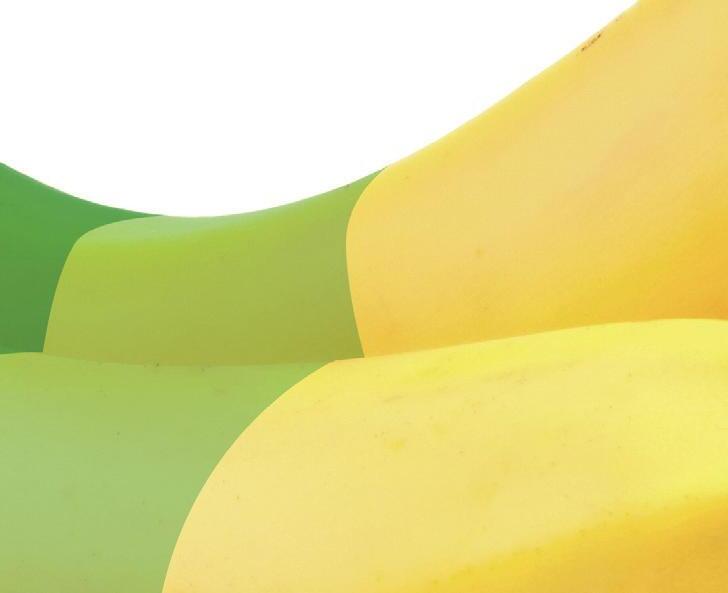
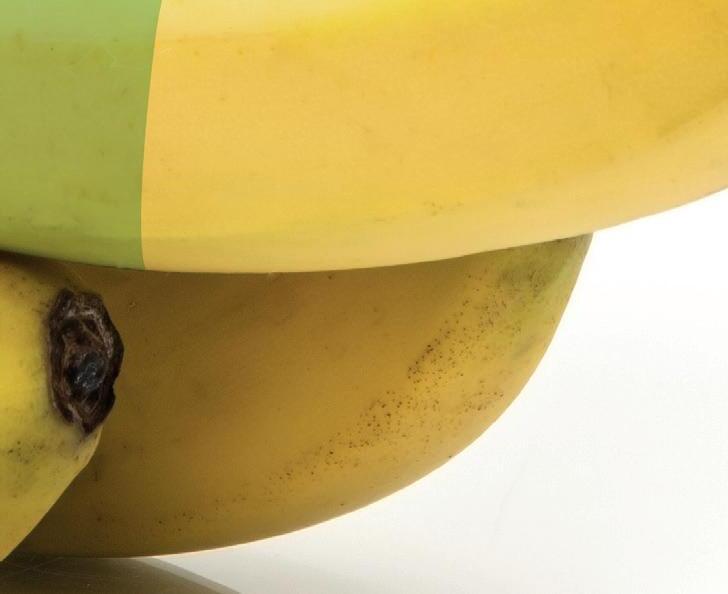

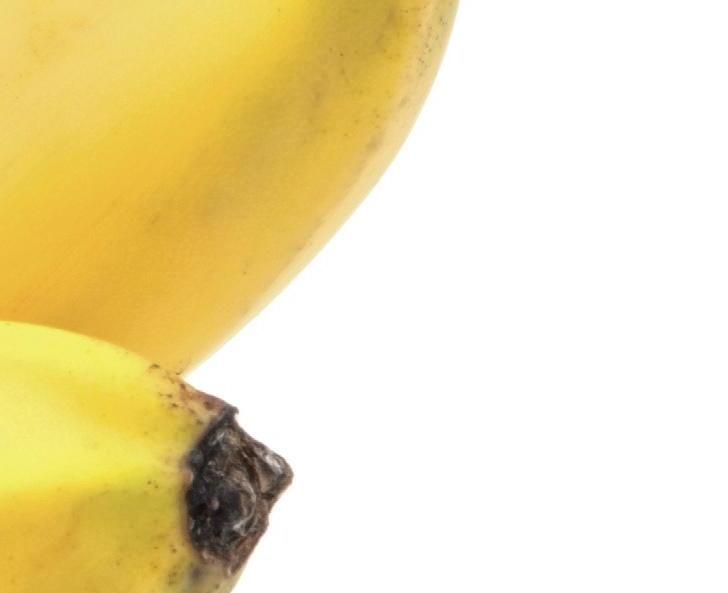
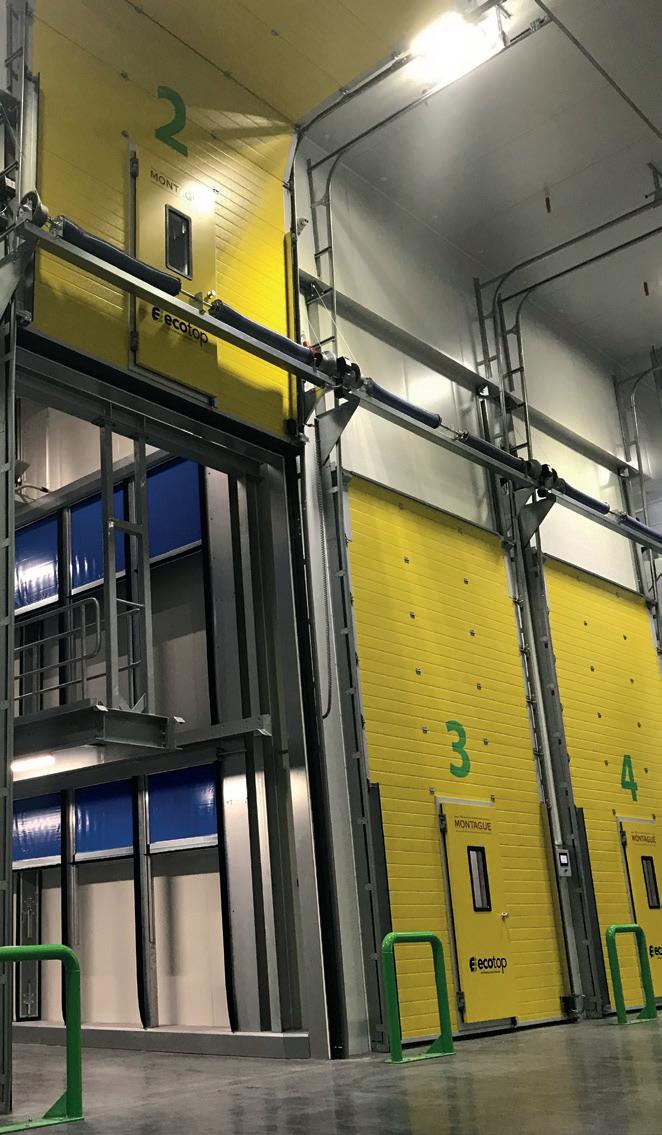
BRINGING SPACES UNDER CONTROL.


Quality equipment is a precondition for optimum results in fruit cooling and ripening for a wide range of fruits, including bananas. Perfectly insulated fruit ripening rooms ensure satisfactory performance. BG Door has developed a superior range of gas-tight doors and ripening room equipment using high-grade materials and seals. A thorough assessment of your requirements enables us to prepare an exclusive tailormade design for your facility. Making sure you’re always in control of your ripening.
Searching for control? www.bgdoor.com
Plug into the age of innovationdigitalat Fruit Logistica
A large number of digital technologies and artificial intelligence form the basis of new and exciting innovations set to impress visitors to February’s muchanticipated event in Berlin.
Innovation is the lifeblood of Fruit Logistica, whose motto this year is ‘The heartbeat of the Fresh Produce Business’.
On 7-9 February 2024, the leading trade show for the global fresh produce business returns to Berlin with a brand new lineup of young startup companies, each one ready to enrich the industry with their groundbreaking new ideas.
Under the slogan Disrupt Agriculture, the Fruit Logistica Startup Day takes place on 9 February in Hall 5.1, where 20 startups will showcase their trailblazing products and solutions.
Robots that monitor plant health; labels that automatically change colour with the temperature; AI-based irrigation systems that know how thirsty plants are. Just three examples of how those startups plan to harness
Innovations include packaging with reduced plastic content, AI tech, and disease-resistant fruit varieties
new technologies and improve the business (see side panels for all 20).
There are innovations aplenty elsewhere at Fruit Logistica 2024, and these include several world premieres, many of which are already present on a dedicated Spotlight page on its website.
This year’s innovations include packaging and labels with a reduced plastic content that can be easily recycled or are even biodegradable. AI-based technologies are being used in agricultural and sorting machines.
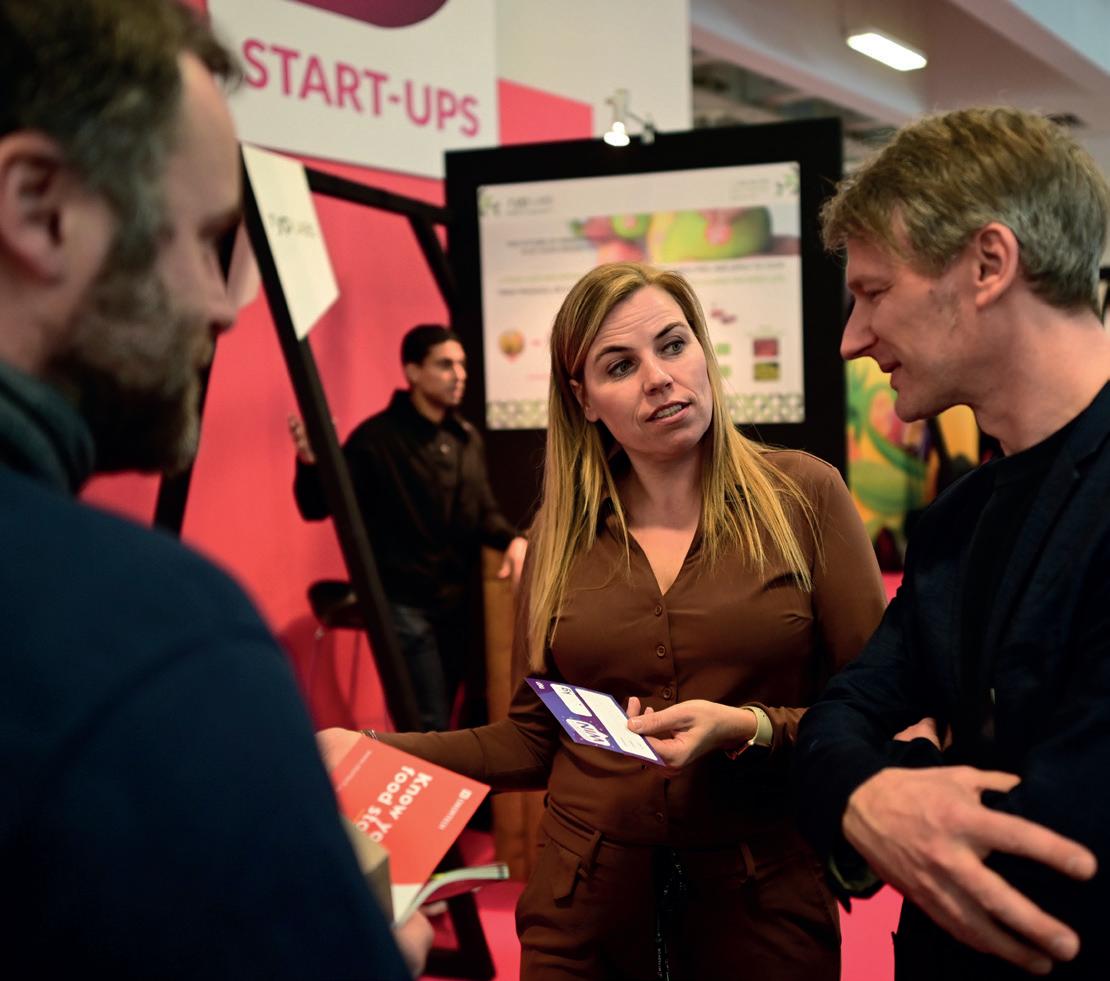
New fruit varieties not only appeal to consumers’ tastes; they also make work easier for producers, as they are resistant to common plant diseases, for example.
To learn more about the event’s more than 2,600 exhibitors from 90

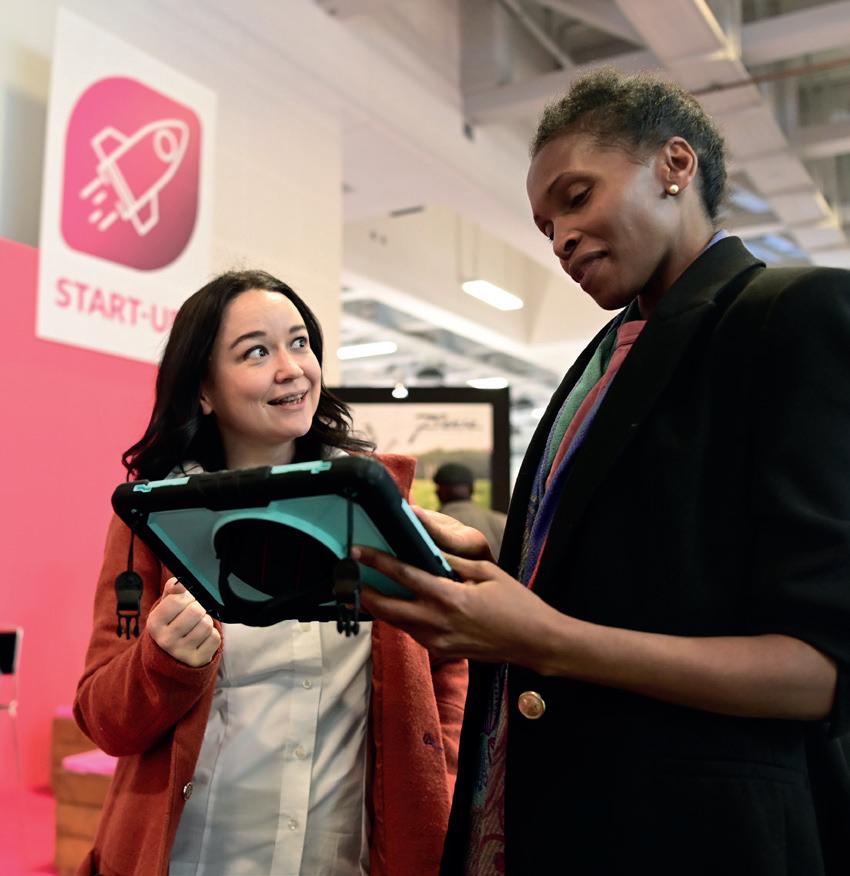
countries, as well as its extensive programme which offers expert knowledge on five stages, trade visitors can use Fruit Logistica Online, the exhibitor and event database.
TOP AWARDS
The leading trade show for the global fresh produce business has
also accepted nominations for its coveted annual Fruit Logistica Innovation Award (FLIA) and also for its very much in-demand Tech Stage presentation slots.
In addition to the FLIA, a new FLIA Technology prize will be awarded for the first time in 2024, for outstanding innovations in the fields of machinery and technology.
Over almost two decades, FLIA has established itself as the industry’s number one award. Voted for exclusively by visitors to the show, each year’s winning products, services, or technologies benefit from widespread recognition on what is the sector’s largest international stage.
Like last year’s triumphant Tatayoyo peppers, for example, which took the gold award with more than a quarter of the votes. Developed by Dutch company Rijk Zwaan, the product stood out for its unique combination of convenience and flavour.
Fruit Logistica 2024 —selected startups
Bloomfield Robotics
An imaging and deep learning system to assess the health of plants.
Cargo Produce
A global supply chain management platform for exporters and importers.
Dockflow
A logistics platform designed to give users control over container shipments.
Fotoniq
Sustainable coatings for glass to improve lighting efficiency in greenhouses.
Freya Cultivation Systems
A greenhouse platform that uses lowenergy irrigation and higher-density plantings.
Gardin
A phenotyping solution for controlled environment agriculture with improved economics.
Holocene
A software solution that automates international logistics and supply chain operations.
Konzept Green
Sustainable agriculture solution that uses natural minerals like silicon to boost yields.
Logistikbude
SaaS solution that allows companies to automate the management of reusable objects.
MiFood Robot
A robotic system that automates the harvesting and collection of produce on farms.
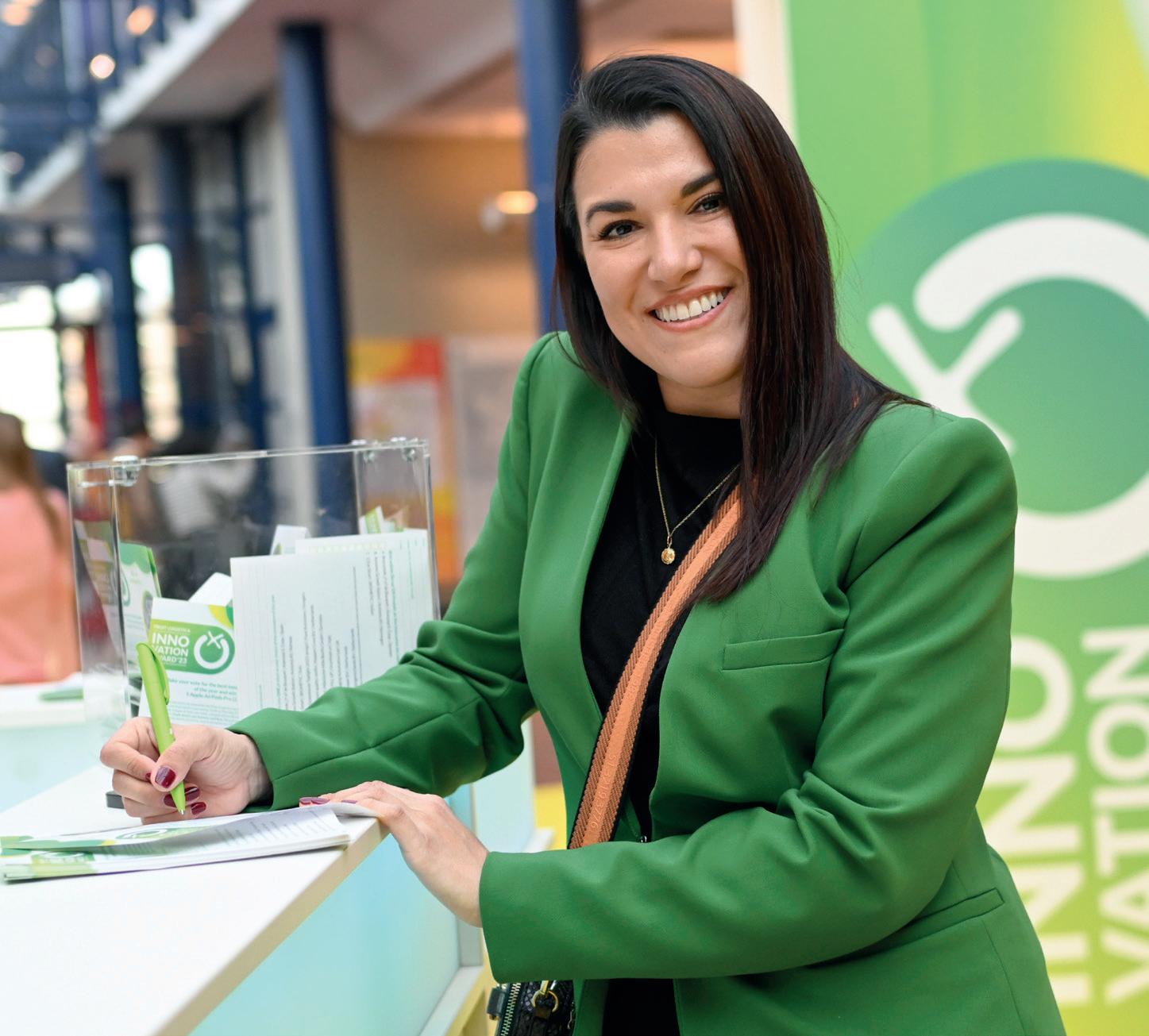
In a recent Fruit Logistica newsblog post, the group’s chain and retail manager Jan Doldersum describes what winning FLIA has meant for Tatayoyo’s marketing and offers tips for success.
“The FLIA is the most prestigious award in the fresh produce industry and a true recognition of the innovative power of Rijk Zwaan,” says Doldersum. “For Tatayoyo, it has helped tremendously to gain exposure to a worldwide audience. And we have now numerous testing projects to successfully launch it on various retail shelves.”
FLIA is presented by Fruit Logistica together with its media partner Fruitnet Media International and rewards outstanding innovations throughout the fruit and vegetable supply chain from production to the point of sale.
Companies with new and exciting technologies for the fresh produce business can also apply to be on Fruit Logistica’s Tech Stage,
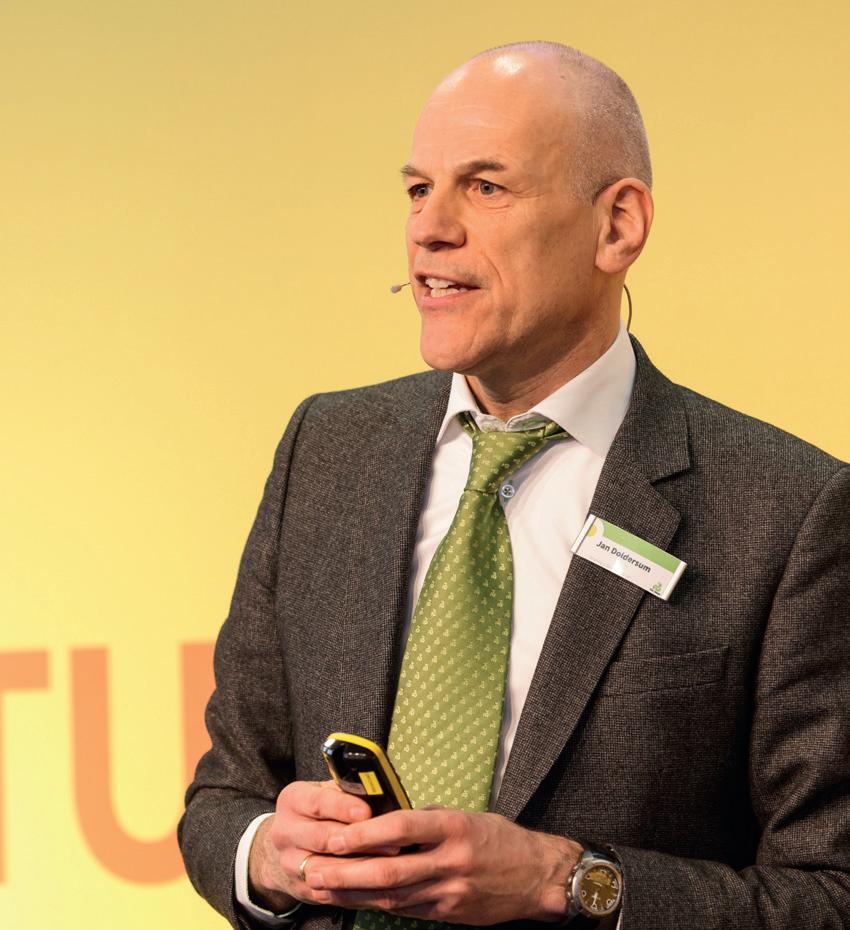
an open forum that is accessible to all trade visitors.
There, exhibitors present their innovative ideas and solutions during dedicated 20-minute presentation slots. It’s a unique opportunity to explain precisely how new technical solutions work, and to underline the value they can add. Applications for next year’s event will open later in 2024. _ E
Fruit Logistica 2024 —selected startups
Noda Tech
A data-driven suite of supply chain solutions for the fresh produce industry.
PEAX Data
AI-driven platform that monitors supply and demand to identify market opportunities.
Polybee
Pollination and yield forecasting system based on AI technology and drones.
RapidAIM
IoT-based technology to detect, control and manage pests in real time.
Skone Labs
Smart devices and AI designed to assist companies in food quality monitoring.
Smapplab
Data-driven insect infestation alerts aimed at more efficient pesticide usage.
Treetoscope
Device that measures plant water consumption and assesses irrigation needs.
Tunable
Gas analyser technology and AI for monitoring fresh produce ripening and decay.
Useeble
Time-sensitive inks that provide a visual indication of when produce might be past its best.
Voltiris
ABOVE—Jan
Photovoltaic greenhouse panels specifically designed to generate power but also filter light.
In 2017 we launched the SunSeal® citrus coating, designed to protect citrus fruit during long-distance shipping and whilst in cold storage. It is already widely used by operators across five continents.
Now we have developed the SunSeal® Vegan coating, with V-LABEL certification, which further improves the performance of SunSeal®, with greater control over Weight Loss, dehydration damages and aging, and against Chilling Injury peel damage. With SunSeal® Vegan we increase the commercial life of your citrus fruit whilst maintaining the exceptional shine and the low drying temperatures of SunSeal®.
Furthermore, we now offer SunSeal® Vegan-D, formulated for degreened citrus, allowing enhanced color development during refrigerated transport. Plus, for operators who seek a superior shine, we have developed SunSeal® Vegan-Extra
www.citrosol.com
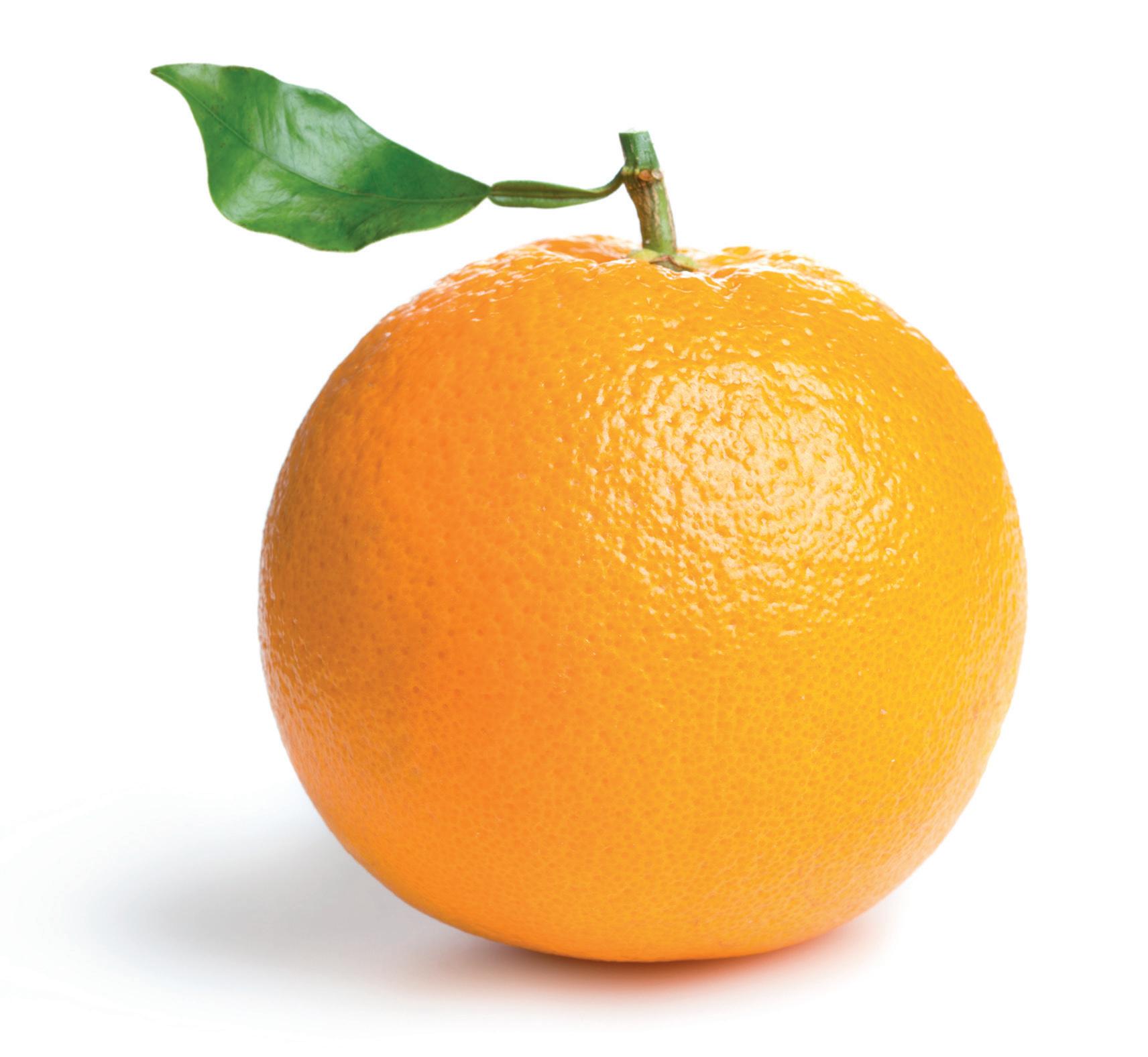

Variety key to a racting new kiwifruit consumers, says Primland
Volumes of green, gold and red kiwifruit are all on the rise at the French kiwifruit supplier, and the company sees the increased variety within the category as great for consumption.
by Tom Joyce @tomfruitnetBELOW—Primland’s Jean-Baptiste Pinel sees Oscar Gold as completely complementary to the Oscar Green variety
prices should be good. But we have to be sure that the consumer gets a good quality kiwifruit. That is our job at Primland.”
New plantings undertaken by the company four years ago are starting to yield more fruit, according to Pinel, while production in Greece, Portugal and Spain, as well as in Chile during the counter-season, further bolster the company’s volumes for markets in Europe, South America, North America and Asia.
“We have more fruit than the previous season,” he says. “We have Oscar Green, Oscar Gold and Oscar Red Passion. Oscar Gold is increasing fast now, with volumes now passing 500 tonnes. We now have the first production of Red Passion kiwifruit, with volumes at around 20 tonnes. But Oscar Green is also increasing a lot. We produce around 10,000 tonnes now. In my opinion, having a bigger range of kiwifruit brings in more consumers. Some prefer the green, some prefer the yellow, but many more like to switch between all the different varieties.”

French kiwifruit marketer
Primland is upbeat about the prospects for the season, with new plantings beginning to produce more fruit and volumes on the market at an unusually low level from the season’s start.
“The total volume of kiwifruit from the Southern Hemisphere was very low at the end of the offseason,” says managing director Jean-Baptiste Pinel. “That meant that the market was empty in October.”
However, he regrets that there have once again been issues with European growers kicking off
the season prematurely. “There are some growers in Greece and Italy who start too early with lowquality fruit, which is not great for consumption because it puts consumers off kiwifruit.”
Pinel says there are fewer growers doing this than in the past, but there remains some way to go. “We have to encourage customers to buy only top-quality kiwifruit, and try to get growers to help because everybody in the industry is impacted by this bad quality management,” he urges.
“The total volume in Europe is not so high this season, which means
Primland also markets the Nergi kiwiberry, which concluded another successful season at the end of November. “This season confirmed that the main markets for kiwiberries are in northern Europe where consumers are more used to eating other berries like strawberries, raspberries and blueberries,” says Pinel. “In southern Europe, like Italy and Spain, people eat fewer berries, and the market for kiwiberries is smaller. But products like blueberries are becoming more popular in southern Europe, so maybe this will change over time.”
The change in packaging regulations, as the EU aims to ditch plastic packaging altogether, has been a challenge, according to Pinel, especially for kiwiberries, but the company is fully commi ed to the cause, he says.
“It’s been tough, of course, because we had to find a new solution and invest in new machinery,” he explains. “We’ve been able to replace most of our plastic packaging with cardboard packaging. This was very successful, and consumers certainly appreciate it. That’s the important thing. This is the direction they want us to go in, to rid the EU of plastic, and as companies we need to keep making progress on this issue.” E
End-to-End Cargo Tracking
Real-Time Cold Chain and Logistics Visibility
Cat-M1 for 4G/5G networks
Multimodal support – including air
Non-lithium battery options
Tracking temperature, location, humidity, light
Orders fulfilled within 48 hours globally
For more information please call +31 (0) 252 211 108 or visit us at Fruit Logistica in Berlin, Hall 27– stand C-66
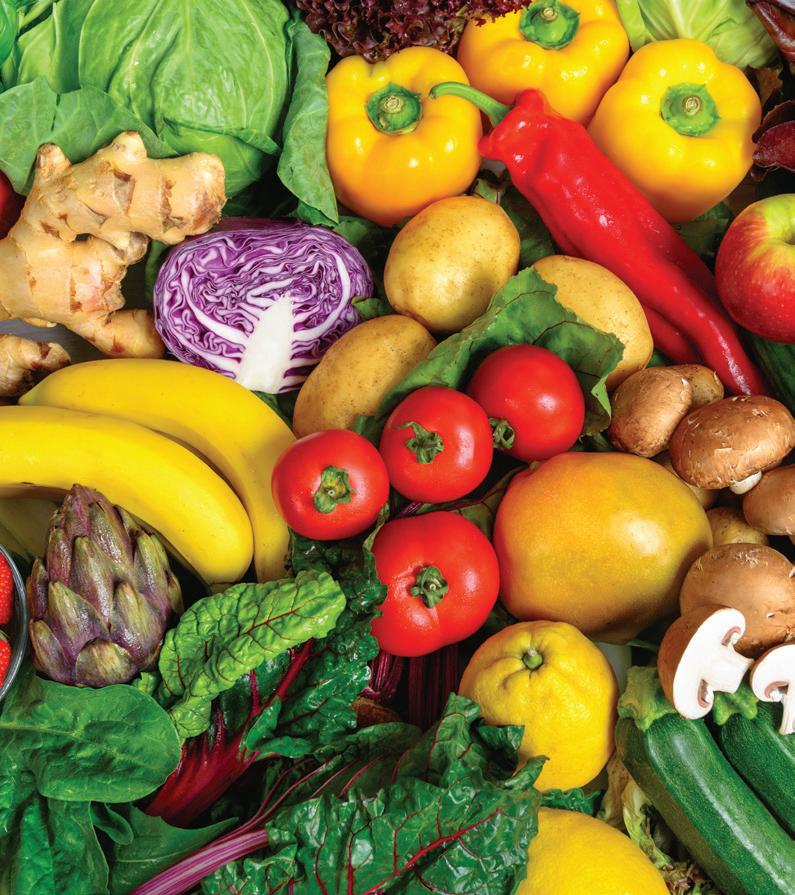
sensitech.com


Interfel stresses commitment to finding new markets
With the large Russian and Algerian markets closed to French exporters, France’s priority remains opening up new avenues for its produce.
by Tom Joyce @tomfruitnetAt last year’s Fruit Attraction exhibition, French interbranch organisation Interfel drew inspiration from the Tour de France as it expanded the country’s presence in Madrid, taking visitors on ‘Le Tour Frais’ of France’s various regions, with the Tour Eiffel of fruit and vegetables standing at its centre.
“We wanted to have a bigger impact at Fruit A raction this time so we increased our participation by 20 per cent compared with the previous year,” said international director Daniel Soares.
Interfel was pleased to welcome gastronomic influencer and Masterchef ambassador Celeste García de la Banda, who joined well known Interfel chef Charles Soussin to deliver a live cooking show.
“Celeste and Charles are promoting Interfel’s theme

“Finding new markets is still vital for us. We need to restimulate exports of French produce”
with their creations,” said Soares. “We are promoting recipes from the different regions: recipes from Bri any, from the south-west, from Val de Loire, from the south-east.”
Soares said that finding new markets was the major priority for French exporters. “France exports less now since the embargo from Russia,” he said. “We’ve also lost the Algerian market, so finding new markets is still vital. We need to restimulate exports of French produce.”
According to Soares, one of the main difficulties is finding new
markets that France’s European competitors aren’t equally eyeing.
“It’s complicated because our competitors in Europe like Poland and Italy are looking at the same markets, including the Middle East,” he said. “Asia is a bit different because of the need for individual phytosanitary agreements, which some countries don’t have, so that is a great advantage for France.
“The UK is important, but exports have gone down in the last two years. We now export less than 100,000 tonnes, compared with 200,000 tonnes about ten years ago.” E
Rungis promotes link between diet and sports performance
The French wholesale market has committed to supporting six athletes in their sporting efforts, providing them with a balanced diet from all areas of the market.
by Tom Joyce @tomfruitnet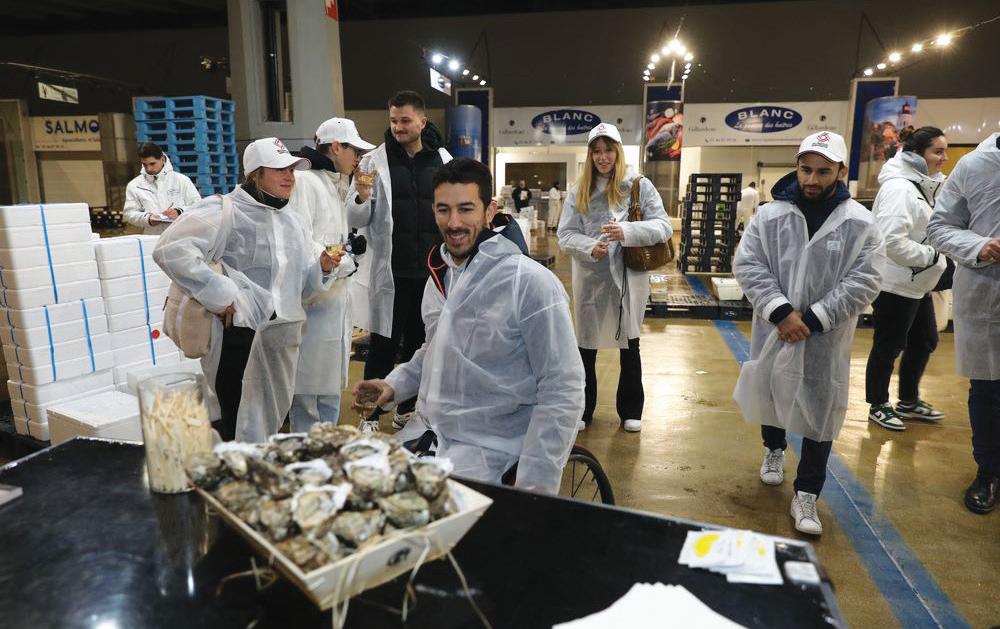
Rungis International Market in Paris has announced its official support for six French athletes during their preparation for upcoming sporting events.
The market will provide the athletes with two baskets of fresh produce a month, made up of a wide selection from all parts of the market, including fruits and vegetables.
Rungis revealed that it had established partnerships with canoeist Marjorie Delassus, disabled basketball player Sofyane Mehjaoui, judo players Luka Mkheidze and Cédric Olivar, disabled swimmer Kylian Portal and climber Capucine Viglione during a visit to the market in the presence of Rungis president Stéphane Layani.
“Historically, Rungis market has always been involved in major sporting events because we share many values," said Layani. "Respect, fair play, exceeding oneself."
PICTURED—Stéphane Layani welcomes the sponsored athletes to Rungis, as the market highlights its commitment to “eating well”
Layani said the market had chosen to highlight the virtues and benefits of a quality diet. "By offering these athletes a selection of fresh products, we want to support them in their preparation for coming trials," he said. "Diet is one of the keys to making a difference and even more so at a very high level.”
Through this partnership, Rungis market said it was once again demonstrating its commitment to “eating well", highlighting the link between a healthy, balanced diet and sports performance.
Next year will also see festivities at Rungis to celebrate the passage on 21 July of the Olympic flame through the aisles of what remains the largest market for fresh products in the world. E

BelOrta concentrates on apple and pear challenges ahead
The Belgian cooperative’s latest investments, in acquiring BFV and in increased automation, give the group greater resilience in an uncertain climate.
by Tom Joyce @tomfruitnetAs we enter 2024, the new year bodes well for BelOrta, newly enlarged following its acquisition of BFV (Belgische Fruit Veiling), the biggest Conference pear producer organisation in Europe. Its integration adds muscle in the form of greater variety, better resilience and a wider reach, as well as the ability to respond to the big retailers’ demand for large volumes.
“The biggest retailers across Europe and beyond need increasing volumes,” says BelOrta CEO Philippe Appeltans. “We have a number of different club varieties in our topfruit portfolio now. For apples, we have Kanzi,
Morgana, Belgica; for pears we have Sweet Sensation and Fred, so if the retailer wants something new, we can provide it.
“In Europe, we will generally focus on the BelOrta brand name, but in some third markets, we will use Truval for Conference pears, especially in destinations where the brand is well known by retailers and consumers.”
The increasing regularity of extreme weather is also a good reason for desiring a broader geographical spread. “Belgium is not that big, but now we have growers in all areas of the country,” reports Appeltans. “The conditions can be very different in the east compared with the west,
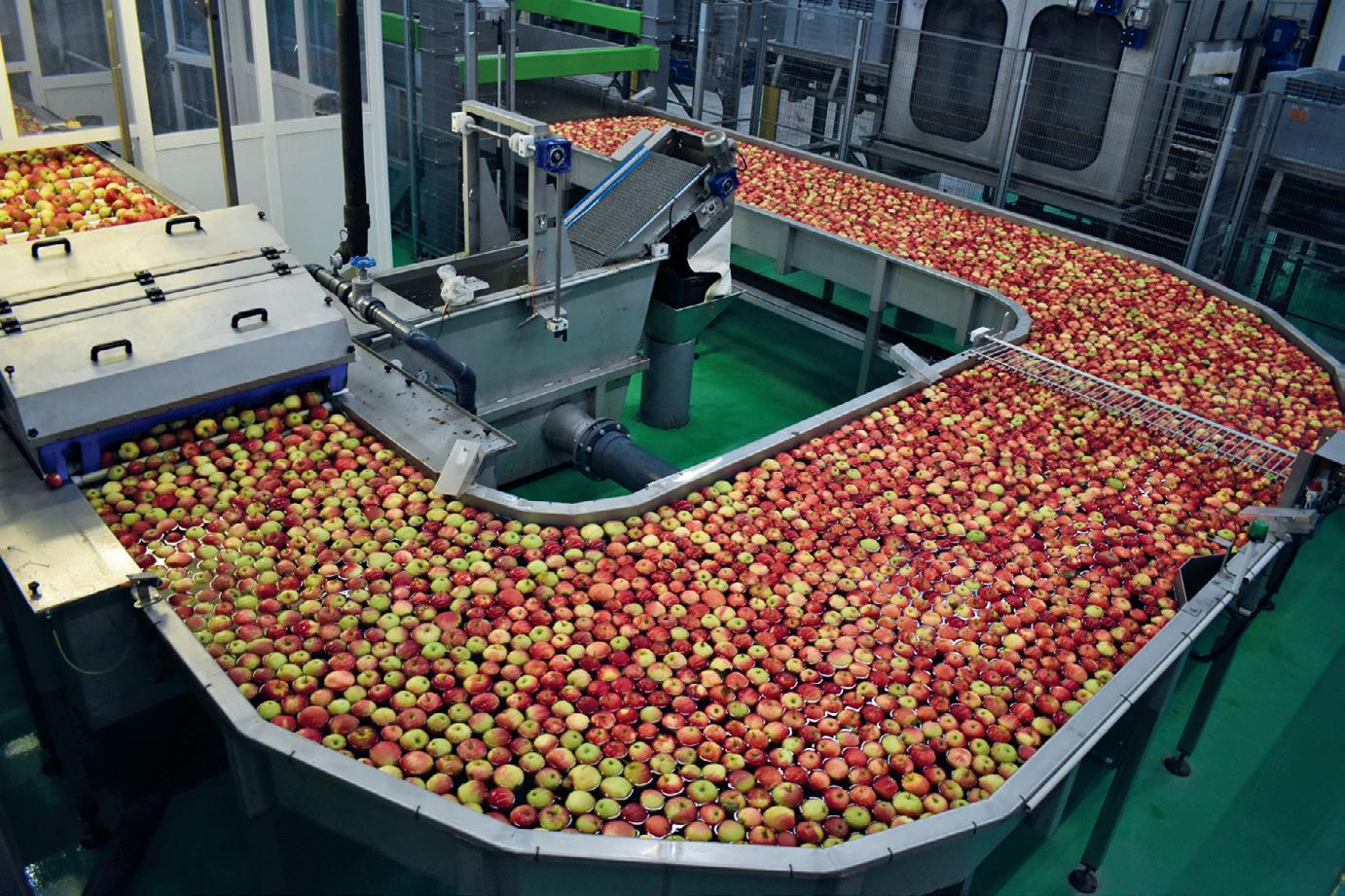

so we can cope with localised weather problems like hailstorms.”
BelOrta is also the leading tomato producer organisation in Belgium, and sales and marketing manager Jo Lambrecht says that many eyes were focused on what happened in the UK last winter and spring, both within and outside the sector.
“The factors that caused the scarcity on shop shelves were of various kinds,” he says, “but it does indicate that product security is less evident than it was a few years ago.
“Among other things, climate change, legal and supra-legal regulations on production and distribution, geopolitical changes, and stress on energy and labour availability mean that we all have to do our homework and value production accordingly. These events made many people think. A er all, it is very much a worst-case scenario that everyone hopes to avoid.”
Availability of workers is one issue both the UK and Belgium have in common, and Lambrecht sees increasing automation as the way forward, especially for a cooperative like BelOrta.
“The labour issue is a big reason why we have invested in a new sorting and grading centre for apples and pears that is completely mechanised,” he says. “In terms of labour requirements, there’s no comparison. The process is extensively automated.” E
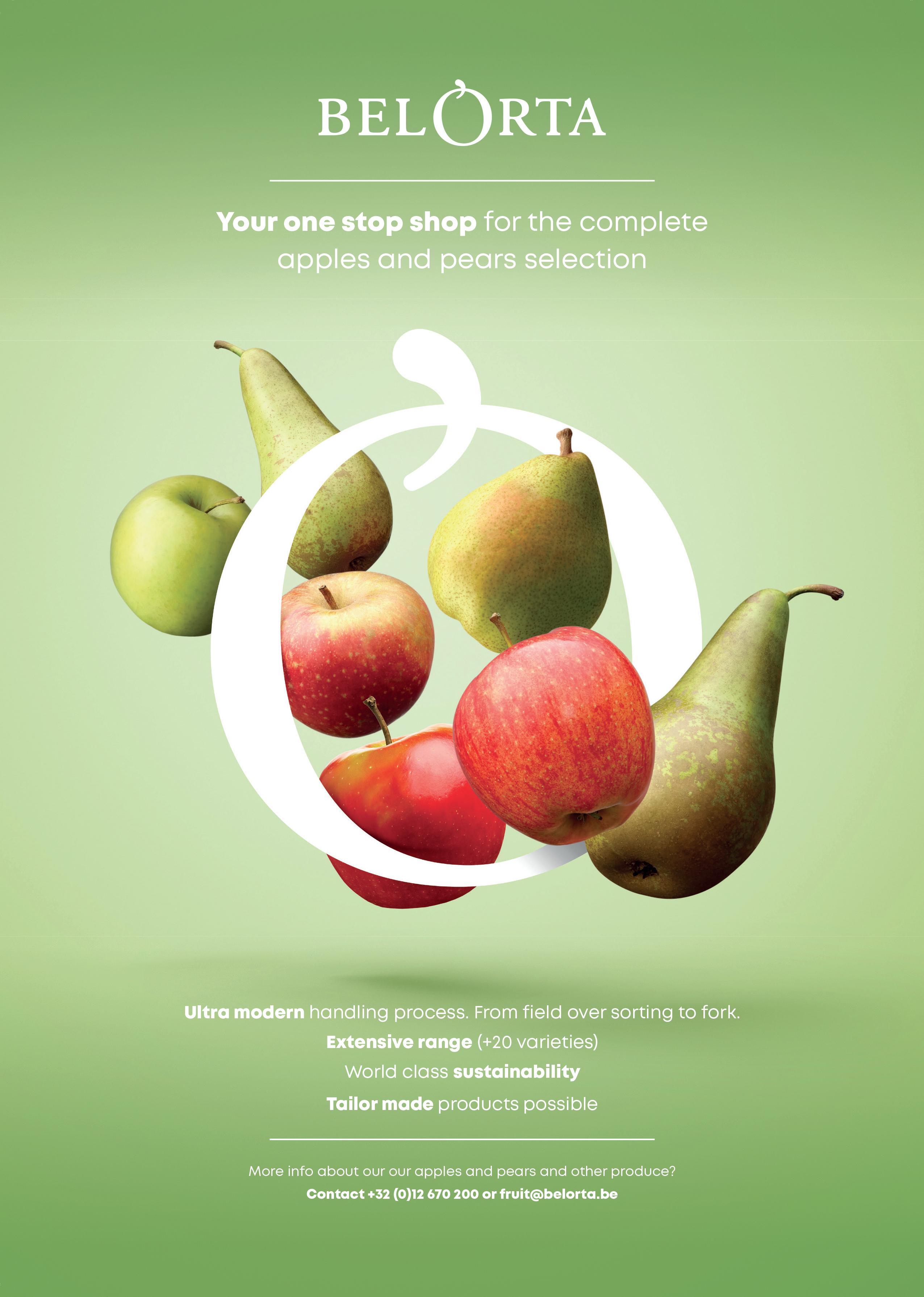
Challenging times in tomatoes
Energy prices may have improved since last year, but the threat of ToBRFV and the search for resistant varieties that deliver on organoleptic qualities remain a challenge.
by Tom Joyce @tomfruitnetLast winter many greenhouse tomato growers in Europe elected not to plant due to the exorbitant energy costs at the time. While those costs have come down somewhat, the list of challenges appears no less daunting, especially the threat of the ToBRFV virus.
“Energy prices are still an issue for growers in Belgium even if they’re not quite at the level of two years ago,” says Jan Engelen, marketing manager at Hoogstraten. “The costs are at least more manageable. For those supplying retailers, the impact of infl ation on consumer purchasing is a concern. The basket is changing for consumers, and people are spending less on fresh produce. So that’s a worry.”
However, the issue of resistance currently dominates discussions in the tomato category. “I think the biggest challenge facing the tomato sector at the moment is fi nding resistant varieties that build on the developments in taste, shape, colour and so on that we’ve seen,” says Engelen. “If breeders only look for resistance, tomatoes will start to lose things like taste, colour, shape, shelf-life, which is not good. So that’s going to be a challenge. But a lot of people are
scared to go for a non-resistant variety now.”
The other priority is sustainability, with pressure coming from European retailers. “There’s a lot of demand from retailers concerning carbon footprint and other sustainability issues,” says Engelen. “Perhaps it dropped down the list of issues during Covid, but now it’s gaining interest again. There are some retailers who have commi ed to working on their sustainability fi gures, and a lot of that pressure passes on to suppliers like us, so we need to be ready to fulfi l their needs. So that’s a challenge.”
Engelen says Hoogstraten’s growers are making great eff orts on sustainability issues. His concern is when specifi c comparisons are made without the entire sustainability picture being assessed. “Comparing only carbon footprints can be misleading,” he says. “Perhaps on carbon footprint we are not the best in class, but on water, on people, on providing decent housing for workers – on all those things, we are. When you’re talking about Moroccan, Spanish, Dutch or Belgian produce, they each have their own challenges. But if you only focus on one of the topics, then it’s not a fair comparison.

“If you have to heat your production, then carbon footprint is not going to be as good as unheated production. On the other hand, a lot of the heating is done by cogeneration, and we produce electricity, which will still be needed by the community. Our growers are doing their best to work in a sustainable way to produce the healthiest product possible. But I have a feeling that it’s never enough.”
However, Coöperatie Hoogstraten and its growers are no strangers to a challenge. “As a united front, we will be able to fi nd solutions,” assures Engelen. “Together we will grow toward a healthy, sustainable future.” E
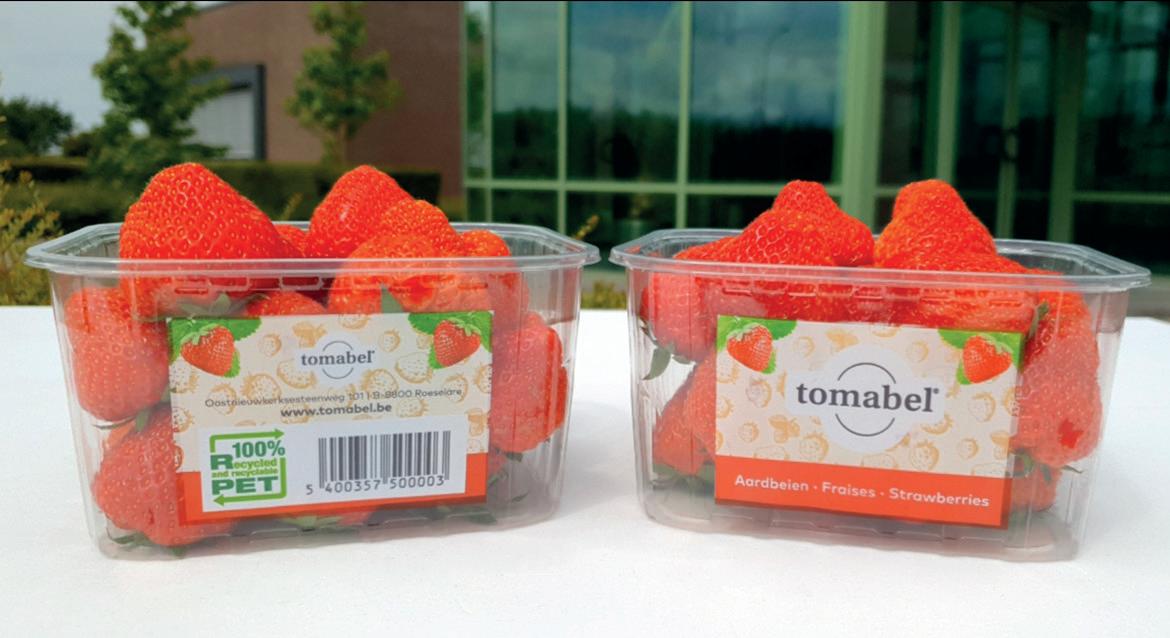
REO Veiling commits to sustainable packaging
Belgian cooperative REO Veiling is aiming to ditch plastic waste thanks to its recycled PET strawberry punnets that are also 100 per cent recyclable.
by Tom Joyce @tomfruitnetLast year, Belgian cooperative REO Veiling introduced new punnets for its Tomabel strawberries that meet the latest sustainability requirements. The punnets are made of 100 per cent recycled PET material and are also 100 per cent recyclable.
“In addition, REO Veiling no longer uses the familiar plastic handle,” the cooperative stated. “As a result, from now on not a single empty strawberry punnet needs to end up in landfill, because every bit of packaging can be processed and reused as a raw material for new packaging.”
The strawberry punnets are transparent and feature full-colour printing along the front and back of the container. The barcodes on the punnets can be scanned both on the side and on the bottom, making them more user-friendly for shop assistants, the cooperative said. E
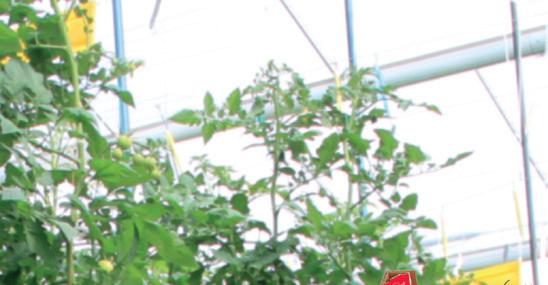
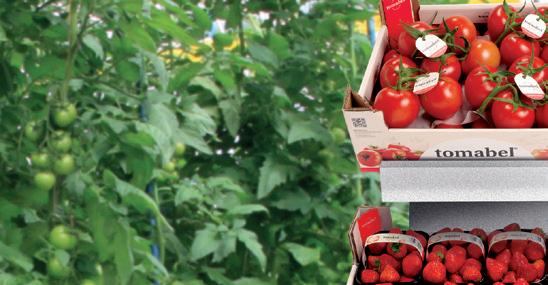
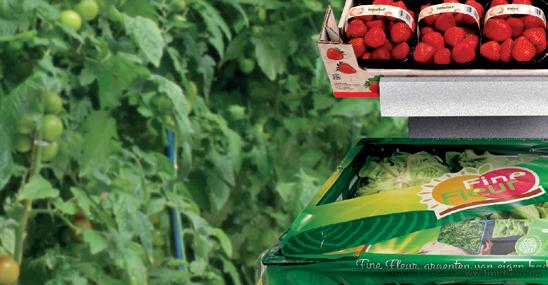




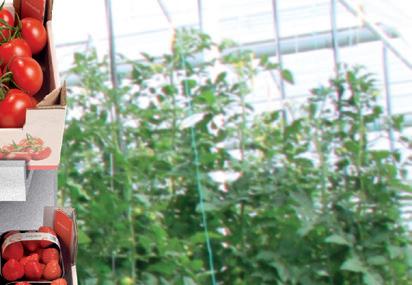
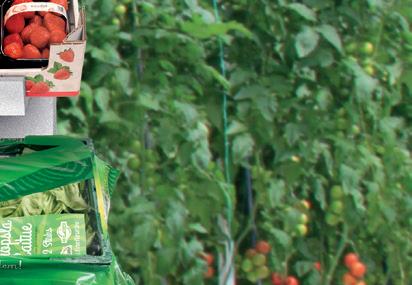



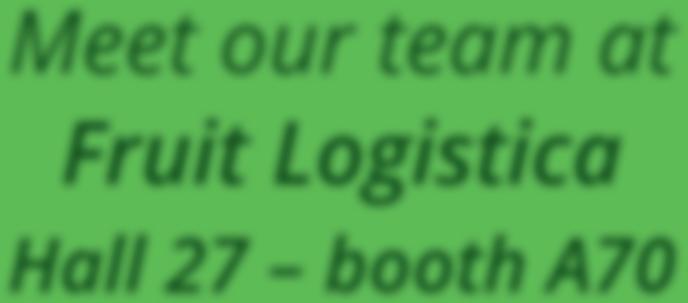
Character plays well for Verdi Import on Europe’s big stage
One of Europe’s leading fresh produce importers sees team spirit and close partnerships with the trade as the best foundations for its next 25 years.
by Mike Knowles @mikefruitnet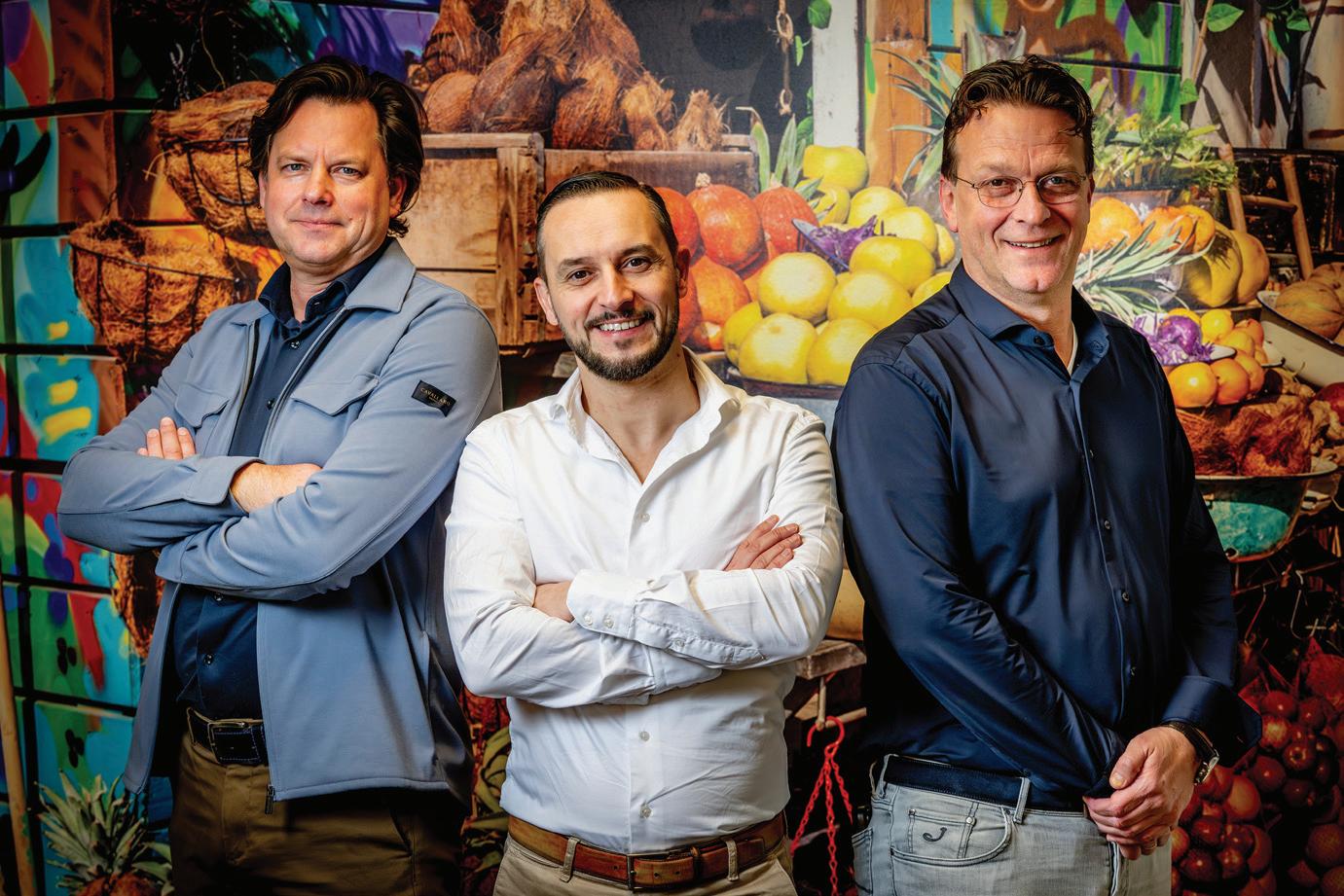
Verdi Import, one of the Netherlands’ leading fresh produce companies, recently celebrated its 25th anniversary with a grand rooftop cocktail party in Madrid.
Now, as it heads to Fruit Logistica in Berlin, the group’s leadership team says its approach to sourcing and supply remains firmly rooted in strong relationships and the firm’s “good character”.
Its origins stretch back to 1998 and the merger of two prominent fresh produce companies, Vebruco and Disselkoen Import.
Since then, Verdi has cultivated a strong presence in key markets
across western and eastern Europe, and Scandinavia. Via its own warehouse and coldstorage facilitie in Barendrecht, it sources an array of products including citrus, garlic, ginger, grapes, melons, stonefruit and tomatoes from countries including South Africa, Egypt, Greece, Italy, Morocco, Peru and Spain.
From the very beginning, Kees Kooijman always wanted Verdi to become a trusted partner for growers in different parts of the world, and a reliable supplier to a diverse range of customers. Nowadays he a ributes its success to an unwavering commitment to that initial vision.
“We realised early on that we couldn't compete in terms of size, so we opted for a strategy focused on independence, agility, intelligence, and staying well informed,” he explains. “Our ability to respond swi ly to market opportunities has become our greatest strength.”
Gert-Jan van der Heuvel, a long-standing member of the Verdi team since 2004, says he has witnessed numerous moments of upheaval in the fresh produce industry. And o en, those changes are the unintended consequence of temptation to diversify into unfamiliar territory.
He believes Verdi's more careful approach, staying true to its core expertise, has been instrumental in its growth. “We have surpassed those temptations by sticking to what we excel at,” he suggests. “This relatively conservative strategy has brought immense benefits to Verdi as a company and our team as individuals in the fresh produce sector.”
Their colleague Conrad Rijnhout echoes that sentiment, and emphasises the company's focus on nurturing strong partnerships. “During a recent organisational development project, we revisited our ‘pillars of power’ and reaffirmed our commitment to building long-term relationships with our suppliers,” he says. “The consistency in quality that we achieve is a testament to the loyalty we have fostered with our growers.”
With a revamped logo, and a new website in development, it is Verdi’s new slogan – Fresh With Character – that truly encapsulates its unique selling point, namely its team.
“Our team is incredibly multi-skilled, with each member bringing a unique skill set and personality to the table,” Kooijman adds proudly. “This diversity creates a dynamic work environment where individuals thrive because their voices are heard, and they are granted the freedom to shape our business according to their expertise. Leading this team is a great privilege.” E

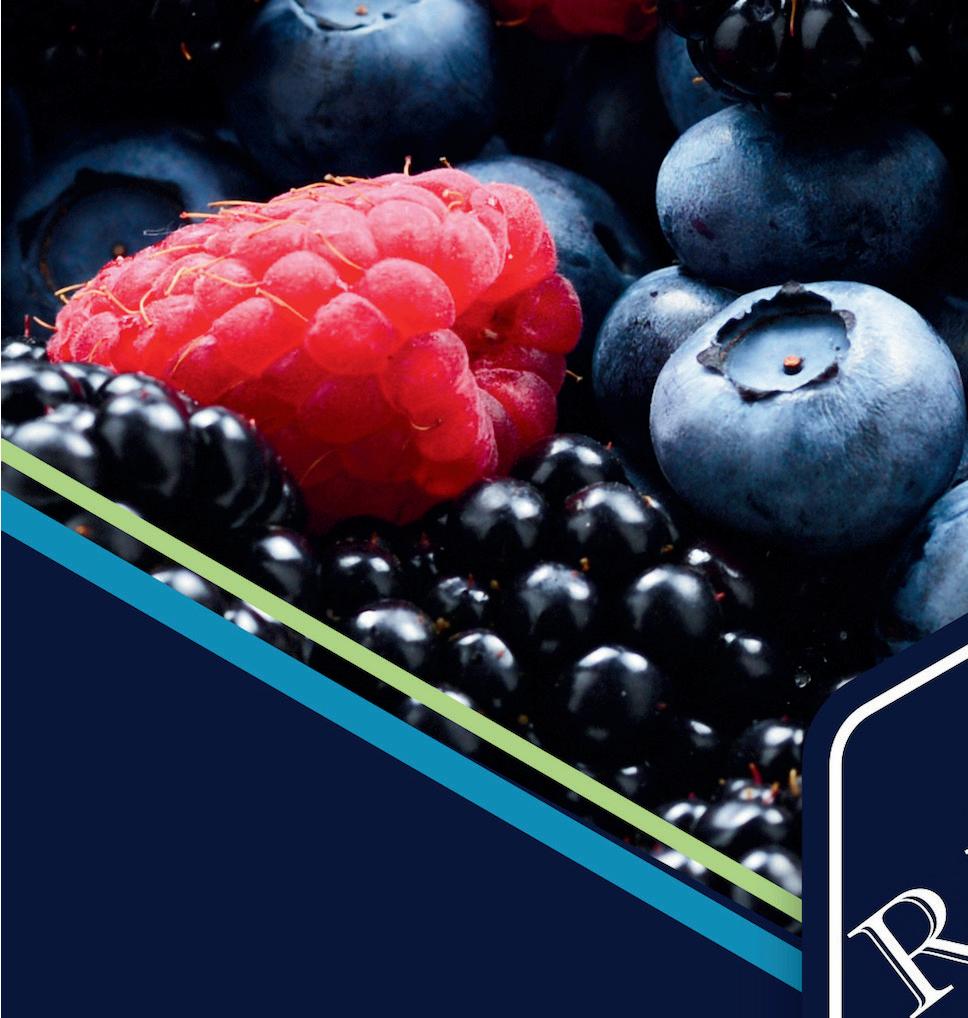
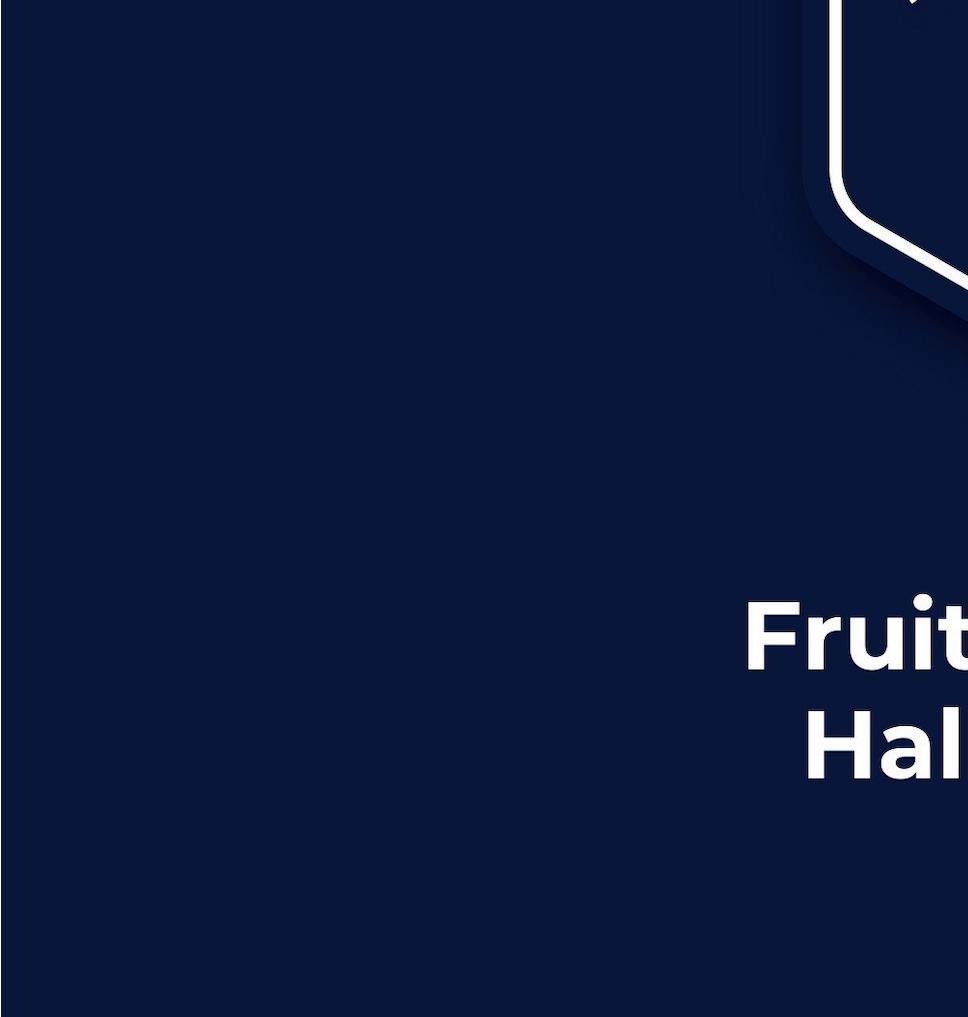

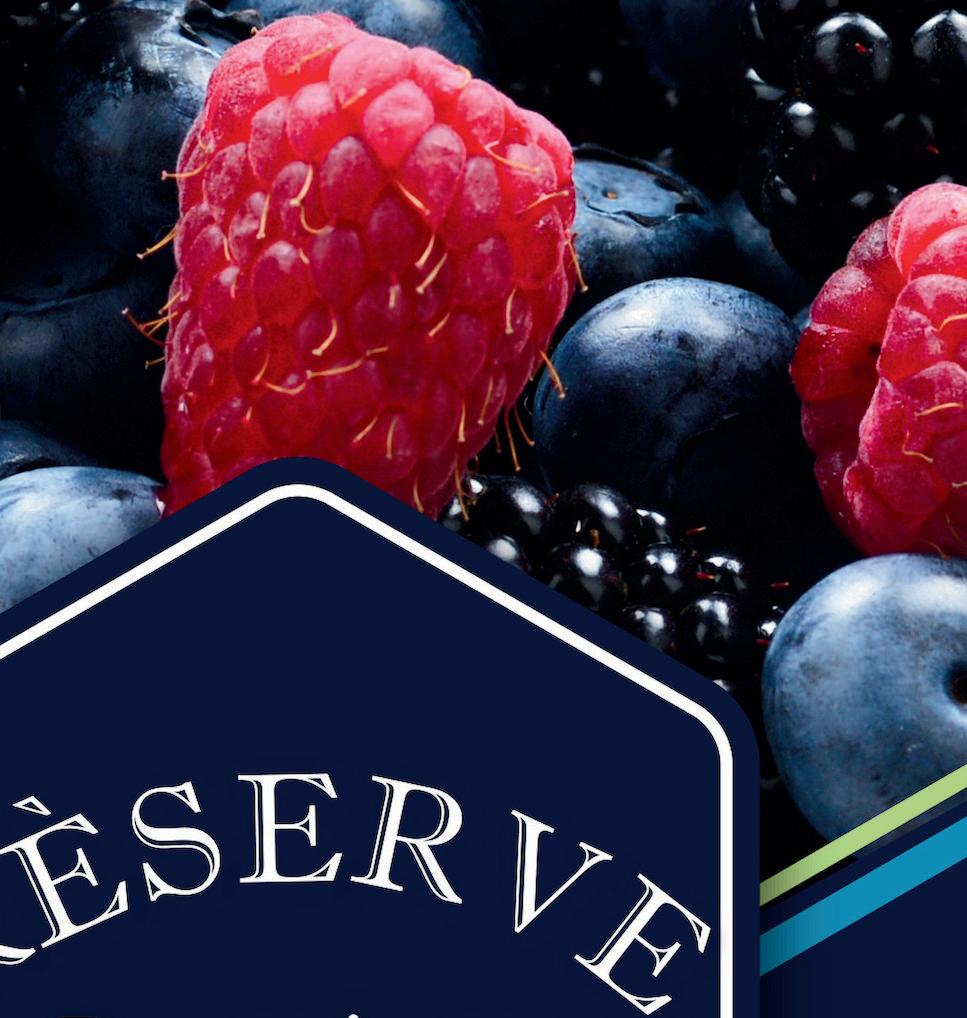




Faster, fresher, greener
Scandinavian vegetable supplier Nordic Greens says the recent addition of a Newtec’s high-speed packing technology has helped it to become more sustainable and more efficient.
by Mike Knowles @mikefruitnet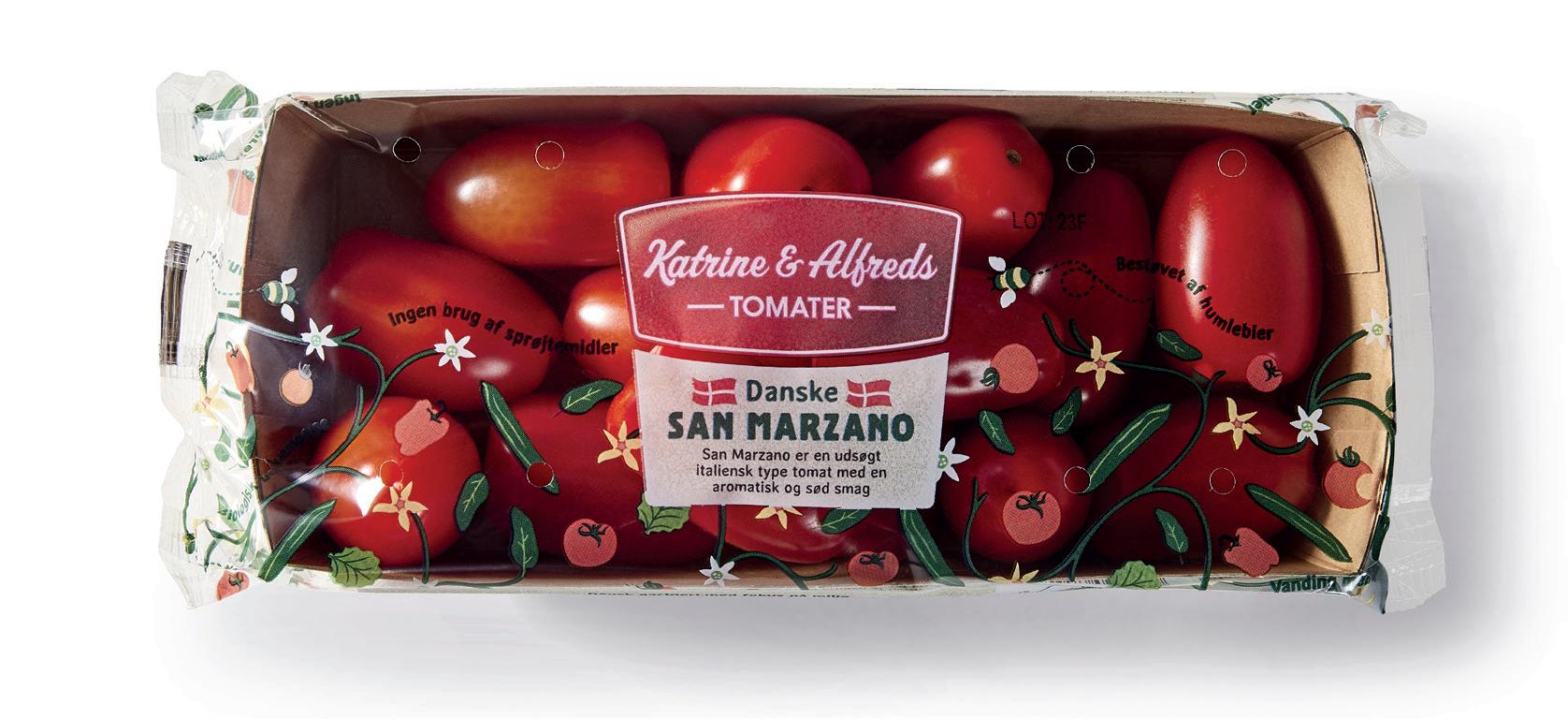
Danish technology firm Newtec returns to Fruit Logistica in February, fresh from helping one of Scandinavia’s largest vegetable suppliers to automate its operations, minimise waste, and optimise its overall performance.
Nordic Greens grows tomatoes, cucumbers, peppers and salad veg at state-of-the-art greenhouses in Funen, Denmark, and Trelleborg, Sweden. It recently took delivery of Newtec’s High Speed Container Filler (HSCF), which it says has enabled it to reach new levels of speed and efficiency.
“Production and the various packaging types are streamlined and fully automated compared to before, and the number of employees to handle this process is reduced,” explains Nordic Greens’ Rikke Dybkjær Pedersen.
Nordic Greens was apparently the first producer in Europe to hand-pick its products and place them directly into trays. That approach aimed to minimise damage to the products.
So perhaps unsurprisingly, it was concerned that automating
the process could damage very sensitive items like tomatoes. That concern turned out to be unfounded.
“The quality of the product has also improved, as there is less handling compared to manual

operations, and therefore the process is more gentle on the tomatoes,” Dybkjær Pedersen comments. “The solution is flexible, as we can run several types of packaging simply by changing the se ings.”
Newtec’s technology is versatile enough to enable Nordic Greens to fill a range of different packaging containers, with everything managed via a touchscreen without too much human intervention. Apart from punnets, which can be open or foil wrapped, it also allows the supplier to run buckets and cups with lids through the line – all via flexible dispenser systems and adjustable punnet conveyors.
Dybkjær Pedersen says Newtec’s HSCF has helped the company boost its environmental sustainability too, by helping it to reduce its use of plastic, cut waste, speed up operations, and consume less energy.
“Sustainability and climate considerations are always high on our agenda in all our phases of production, and we therefore always choose packaging solutions that meet our high standards,” he says. “This means that we use recycled cardboard and 100 per cent recycled and reusable plastic, although it is not always the cheapest solution.”
Nordic Greens is a co-founder of Denmark against Food Waste, whose objective is to cut food waste by half in the food sector by 2030. In fact, the company says it has achieved the UN’s Sustainable Development Goal on food waste reduction ahead of target. E
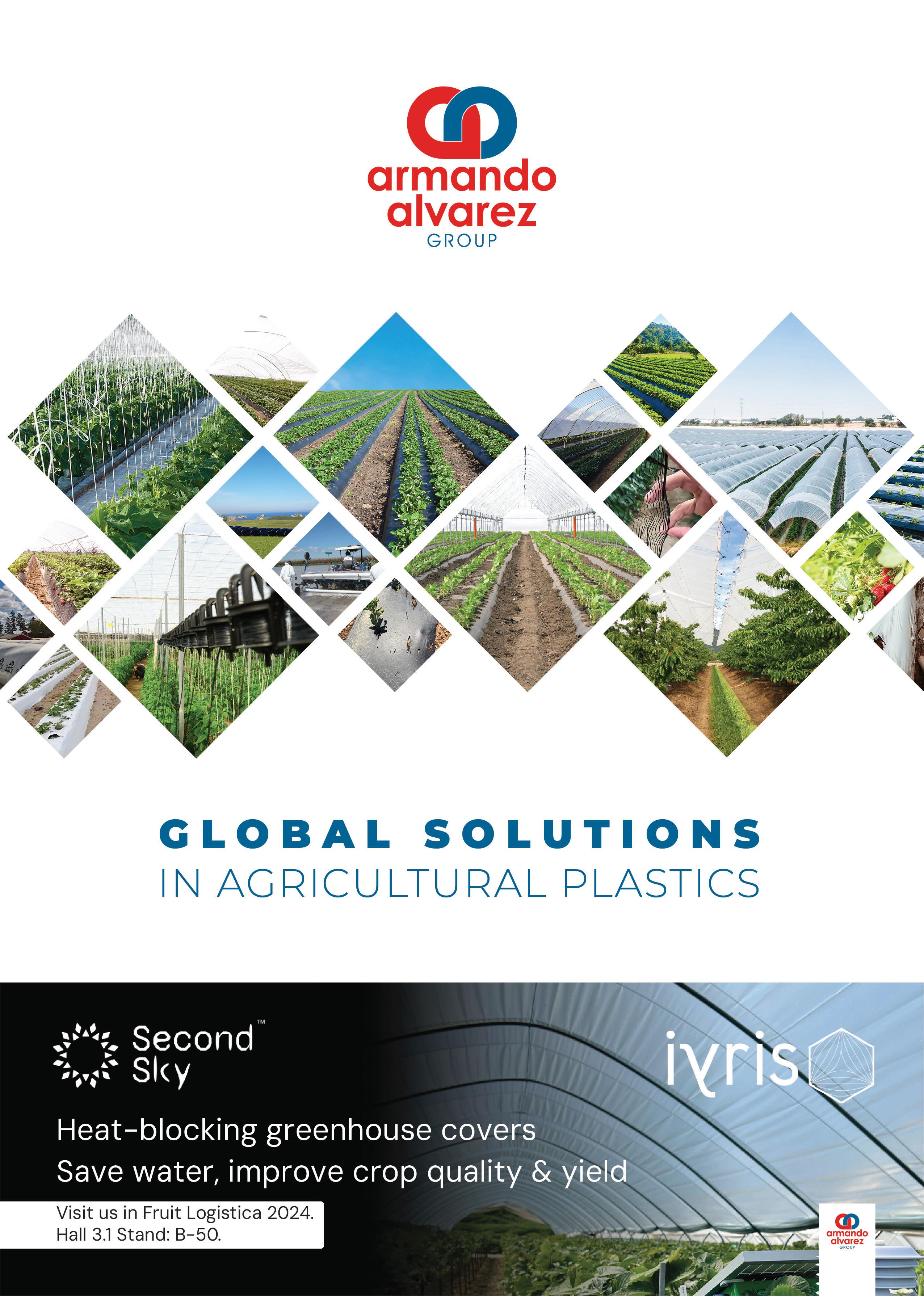
Bruni flies flag for Italy’s fresh produce excellence
The president of CSO Italy remains convinced that Italy’s drive to expand its fresh produce exports will maintain its recent momentum in 2024.
by Mike Knowles @mikefruitnetPaolo Bruni retains an unshakeable faith in the importance of Italy’s fresh produce wholesale markets. And at Fruit Logistica in Berlin, he will again fly the flag for Italian fruit and vegetables in his capacity as president of market research and development agency CSO Italy.
The group regularly participates as one of the show’s largest single exhibitors, by virtue of its role as coordinator of a large shared exhibition space for lots of Italy’s leading suppliers.
For Bruni, despite the size and scale of supermarket chains, there are also plenty of opportunities for those suppliers to expand their international business via the wholesale network.
“I believe the wholesale market channel is important and wellsuited when it comes to the development of international trade,” he comments. “Only large companies can target distant markets to interact with large international chains, but there
“Aggregation, organisation, and specialisation are all necessary to achieve something good in the global market”
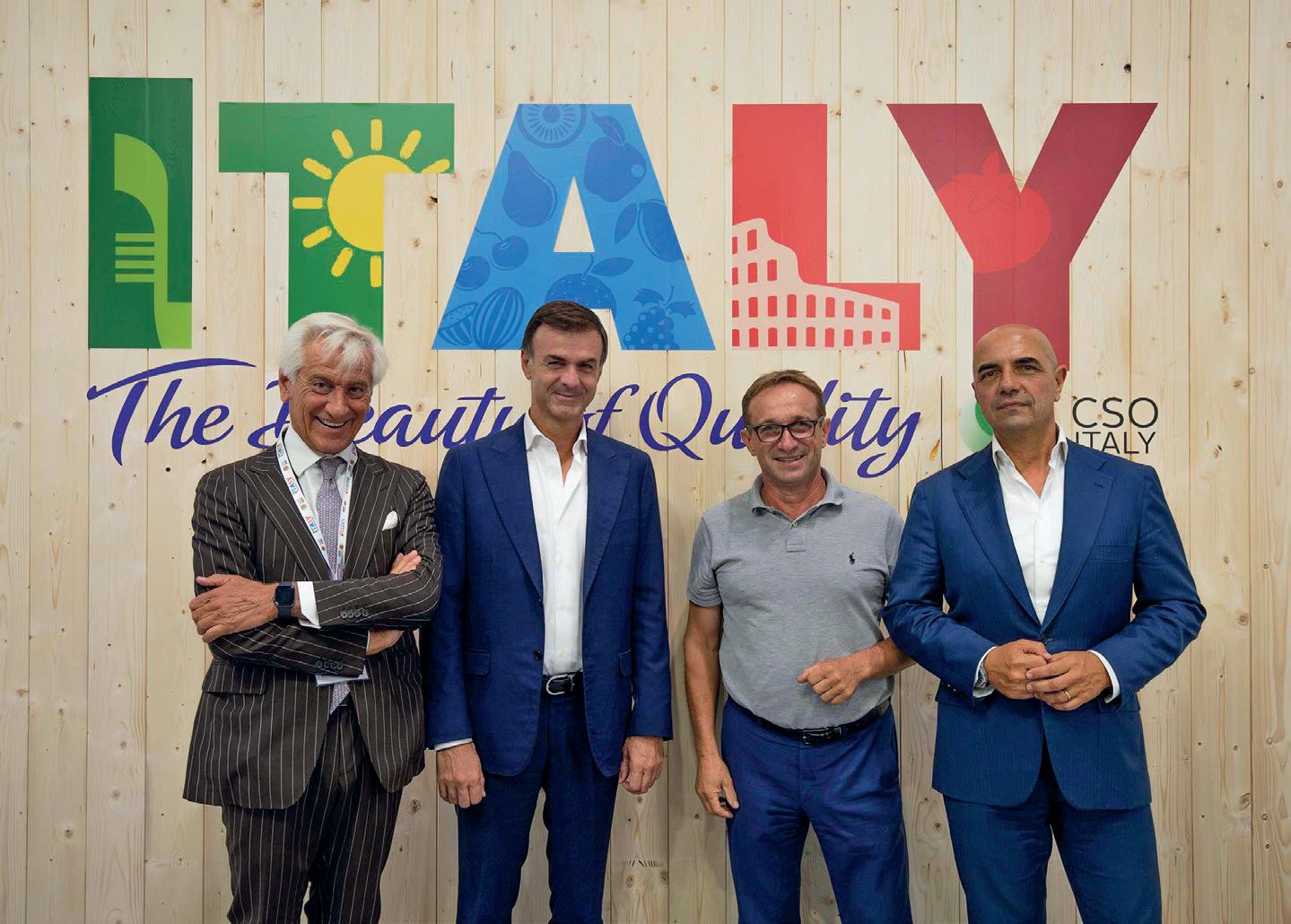
are many small and medium enterprises that offer excellent products and which just need to be accompanied and organised in some way to go beyond their national borders.”
Channels outside of large-scale retail, like foodservice and Horeca for example, offer great potential for development at a time when interest in cuisine favours the consumption of top-quality ingredients – the kind for which, he says, Italy is recognised around the world.
“So the role of wholesale markets in this regard is welcome,” he says. “With the recommendation that aggregation, organisation, and specialisation are all necessary to achieve something good in the global market.”
EXPORT POTENTIAL
CSO Italy has played a central part in the opening of new export markets for Italian fruit and veg over the past quarter of a century. And that must continue, Bruni suggests. “Our production system is vast, and the internal market alone cannot absorb all our production,” he argues.
Many of the country’s efforts to expand beyond traditional markets in Europe have been successful. Recently, China granted access to Italian pears, for example.
In Berlin, discussions will centre on other opportunities, Bruni predicts. “There are good prospects also for pears in Thailand, for kiwifruit in Israel, for plums in Brazil, to give just a few examples,” he notes. “These markets do not open on their own. A lot of specialist work is needed, in close contact with national, European and international institutions. CSO Italy is doing that work, and the results are now visible to all of the companies involved.” E
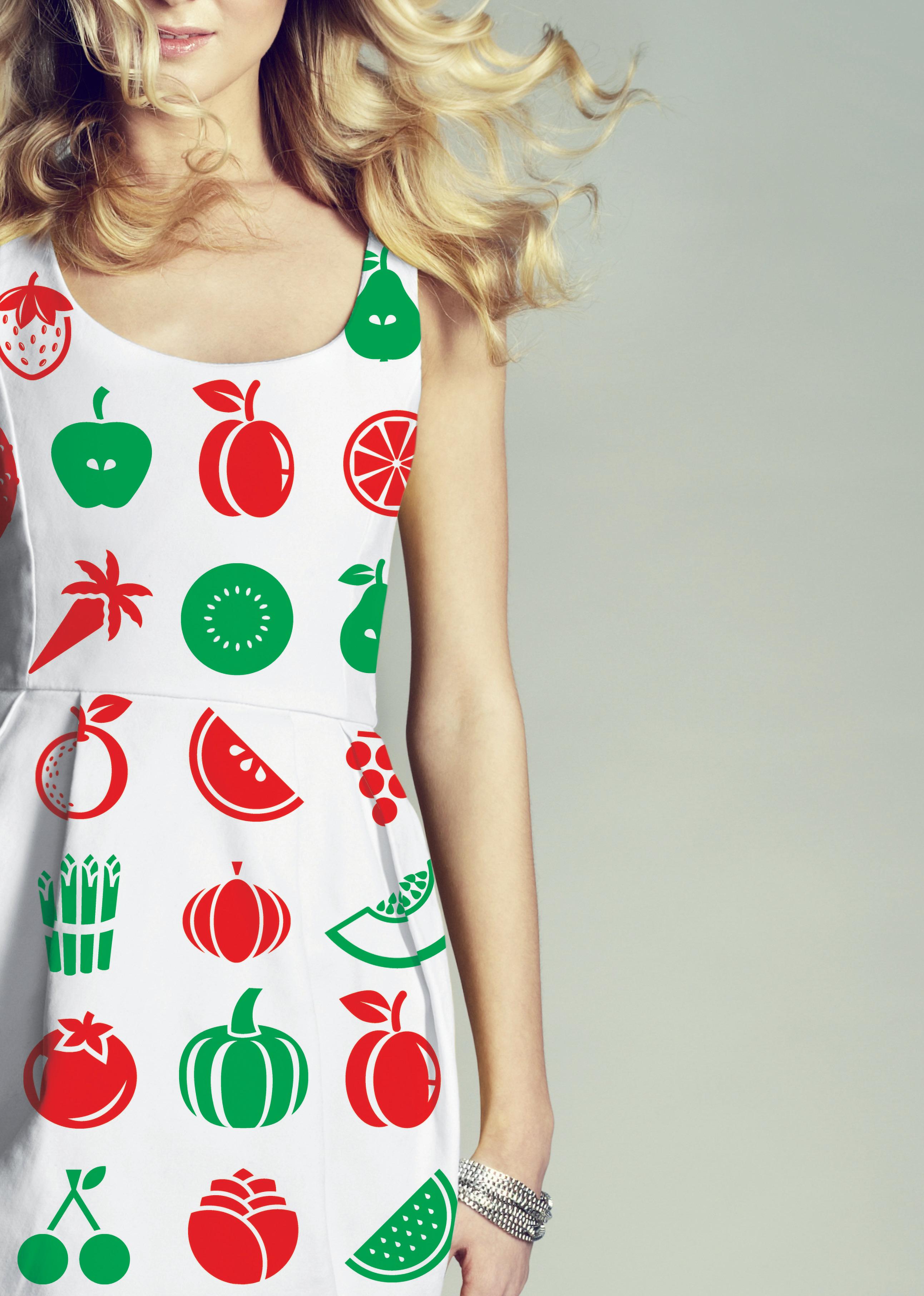
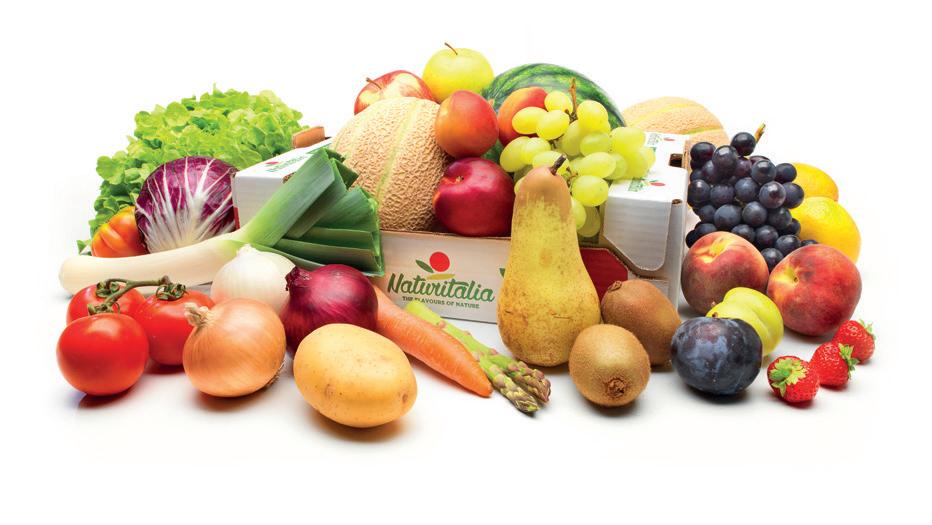
Italians turn on charm with Dulcis
Three of the country’s leading kiwifruit marketers have put their faith in a new homegrown, green variety with golden origins.
by Mike Knowles @mikefruitnet
When is a green kiwifruit not a green kiwifruit? When its origins are firmly rooted in the branch of the family tree that belongs to golden varieties known to horticulturalists as Actinidia chinensis. And when, as a result, that product combines a green kiwifruit’s typical acidity with the kind of aroma, taste and enhanced sweetness that are typically associated with a yellow-fleshed type.
That, in a nutshell, is the unique selling point of Dulcis, a brand new kiwifruit variety developed by Romagna-based consortium New Plant in partnership with the University of Bologna and the University of Udine.
Much of the excitement, it seems, stems from the fact that Dulcis is a product developed entirely in Italy, and one that promises to restore some commercial spark to sales of the country’s most prevalent green variety, Hayward. It took 15 years to emerge as a bona fide prospect, so no wonder its marketers appear to want to make up for lost time.
The variety is managed exclusively by New Plant, which has then sub-licensed its production and marketing to members Alegra, Apofruit Italia, and Orogel Fresco. “As happens with all high-quality products, with Dulcis, growers have to adopt good
practices and take good care in order to reach the variety’s high standard and deliver a fruit worthy of the brand,” explains New Plant director Mirco Montefiori. “To do that, we work with high skilled growers and packhouses.”
With that reliable supply chain in place, the challenge now is to get people tasting it in stores. “We will aim for the premium segment,” he says. “We need to communicate and explain to people how it is different.”
Dulcis’ official launch as a commercial brand came at the start of Italy’s new kiwifruit season in the autumn of 2023. Initially, the marketing effort will focus on Italy, Germany and Belgium as volumes grow. But as soon as the following season, New Plant’s members expect to have established around 500ha of production across much of the Italian peninsula, in EmiliaRomagna, Lazio, Veneto, FriuliVenezia Giulia, Basilicata and Calabria. E ABOVE—Dulcis-branded kiwifruit on sale for the first time in the final quarter of last year
RIGHT—The variety is green, but in fact derived from golden kiwifruit



Cartonpack Group: synergies lead to the right sustainable mix
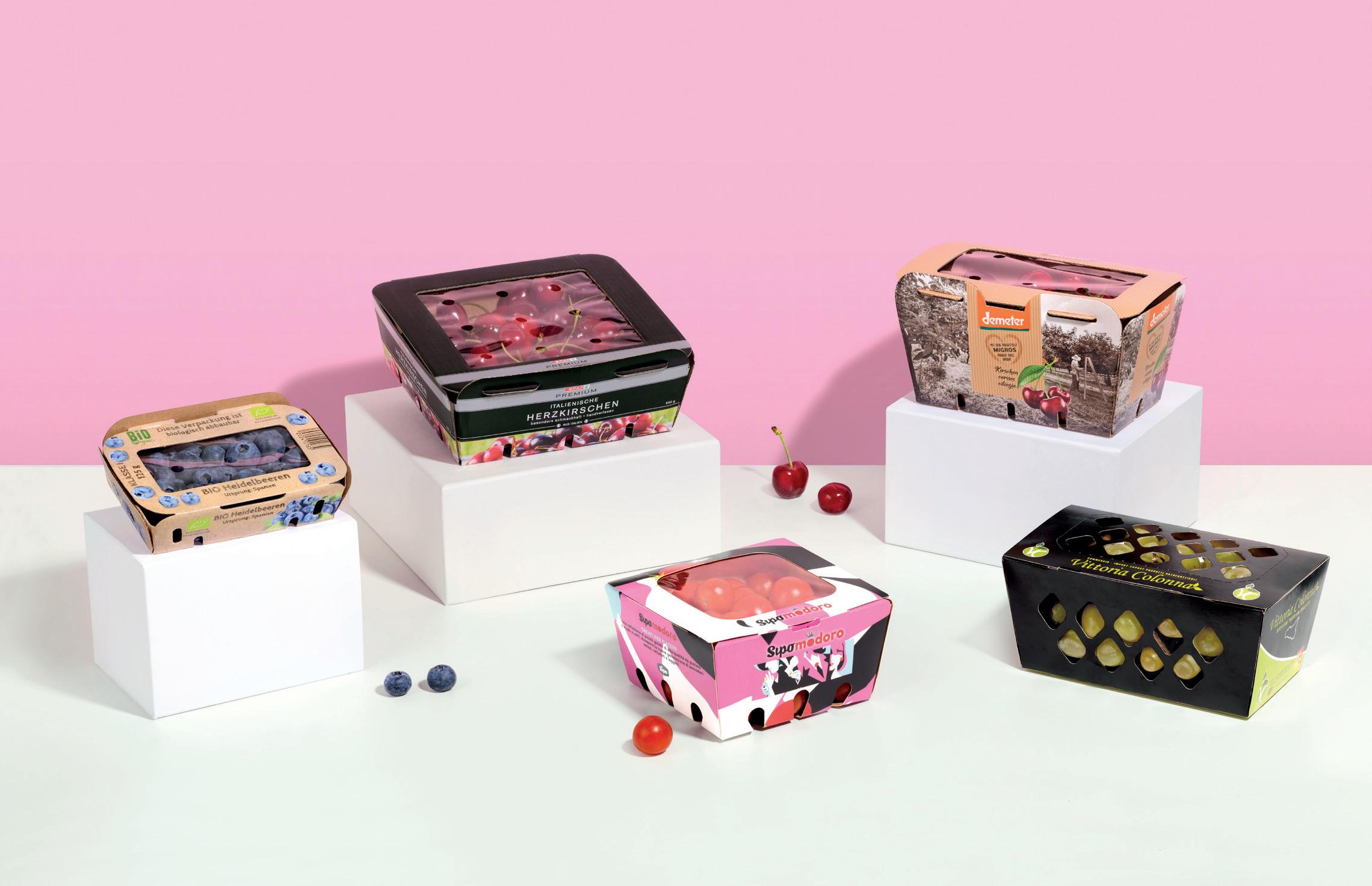
In recent years, Cartonpack Group has experienced a challenging period full of important developments, both in technological systems and technical knowledge. Smylesys’ expertise in the production of resealable films, has brought into the product range some unique and innovative solutions with high potential in terms of applications.
At present, the growing attention towards sustainability is pushing demand for lightweight, recyclable or compostable packaging, to reduce both the environmental and economic impact.
Focusing on these drivers, the R&D and the Design departments at Cartonpack are working
together to find increasingly advanced solutions in terms of environmental sustainability and functional efficiency.
Those efforts towards sustainability are also integrated by advanced systems for the best efficiency in energy consumption and by a state-of-the-art process for raw material recycling, thus safeguarding the environment at every stage of the production and distribution process.
THE RIGHT MATERIALS
Cartonpack’s approach to sustainability focuses on offering the right mix of raw materials, while keeping in consideration the shelf-life, the produce integrity
and the functionality of packaging during transport, distribution and display.
The heat-sealing flexible films are designed with these goals in mind, achieving several improvements compared to any standard closing solution.
Smylesys holds a patented technology for resealable films, which guarantees the closure for at least 20 times or more. The resealable lidding film is suitable for any application whether it be pulp, paper or PET.
The outcome is a resealable, recyclable, and sustainable packaging which is very friendly to use and to dispose after consumption. Moreover, this smart lidding system is lined up with the UN’s twelfth sustainable development goal, which aims to ensure sustainable consumption and production patterns.
The resealable packaging offers the consumer a pleasant user experience, allowing both repeated consumption and dosage. That’s why Smylesys is much appreciated and suggested for several applications like consumption of fruits and vegetables in family-sized packs but also for dried fruits and herbs.
ADVERTORIAL

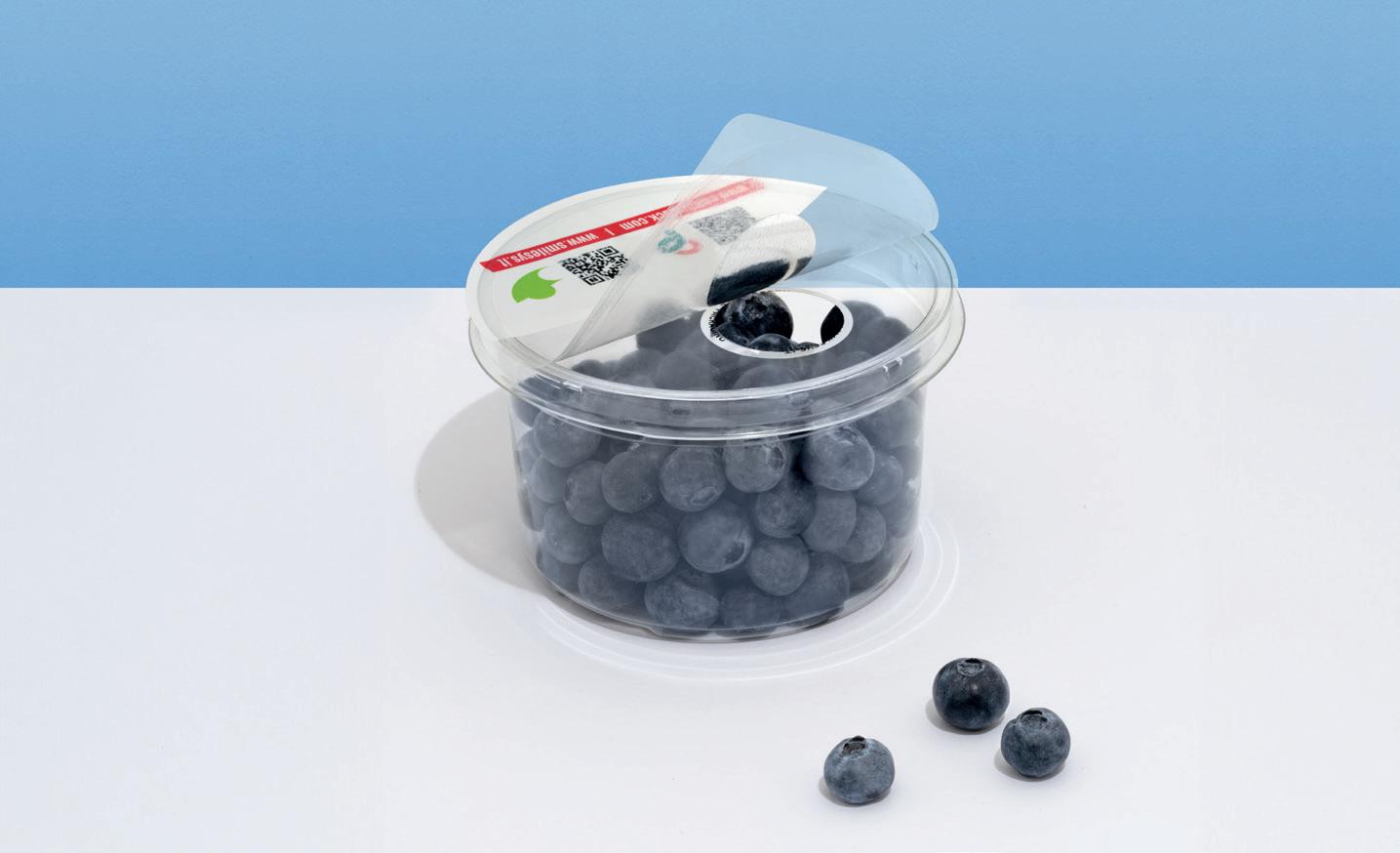
All films and labels can be laser micro-perforated or macroperforated, and can be finished with anti-fog treatment and working perfectly with modified atmosphere packaging.
SUITABLE FOR BRANDS
Cartonpack resealable packaging with Smylesys technology is suitable for any brand communication purpose or marketing claims. This solution increases the level of sustainability in terms of recycling, reduction of CO2 emissions during the production and transport, while decreasing the quantity of plastic used for lidding.
The latest evolution of the resealable film is the ‘Snack Pack’. This innovation allows dosing and combines the benefits in terms of weight and communication of a heat-sealed film with the functionality of a resealable packaging; mostly indicated for snacking applications and perfectly matching the new trends of convenience food and on-the-go consumption.
NEW FOR BERLIN
Aiming to empower its market position as a leading group for integrated packaging solutions, Cartonpack is exhibiting at Fruit Logistica 2024 (Hall 4.2, B-13), where it will display important developments within its wide product range: all solutions that comply with new regulations and guidelines set by the European Commission and by extra national requirements.
Following up to this multi-material scenario, here comes to one of the most successful packaging solutions, designed and patented by Cartonpack: the CartonShell is groundbreaking 100 per cent cardboard packaging that has represented a benchmark for the
PICTURED—Carton Pack’s range of solutions comply fully with new European regulations on packaging fresh produce market since 2018.
It has an outstanding resistance to humidity and particular characteristics of structural strength, which make it perfect for automated, in-line filling and closing processes.
The CartonShell is also perfectly stackable, and suitable for all standard sizes of cardboard boxes, Europool and IFCO. The raw materials used are FSCcertified paper and OK Compostcertified Naturflex film, which can be disposed of completely in a wastepaper bin, as it is made from 100 per cent cellulose material.
CartonShell has many profitable features: it protects any packaged fresh produce from contamination and damage, while offering also valid communication and marketing opportunities; it can be supplied in a flat configuration, thus saving on transport costs and assembled on the destination site.
CartonShell is highly recommended for berries, cherry tomatoes, and various small fruits and vegetables; it’s available in several bespoke sizes, from the classic 125g up to 500g, with different layouts for ventilation and inspection windows.
RELIABLE PROVIDER
Thanks to synergic technologies and production processes within the group, Cartonpack has become today a reliable and all-inclusive provider of packaging solutions worldwide.
The combination of different expertise and a strong effort in eco-design and research, are the drivers that lead to the right sustainable mix, streamlined for any specific request by the market. E
Orsero Group signs up to Women’s Empowerment Principles
Mediterranean fresh produce distributor launches GOEquality project to promote equal opportunities and inclusivity.
by Mike Knowles @mikefruitnet
Italy-based Orsero Group, one of Europe’s leading fresh produce importers and distributors, has launched a new project to promote equal opportunities and inclusivity in its own business and the wider industry.
Called GOEquality, the initiative is based on the Women’s Empowerment Principles (WEPs), a set of guiding ethics designed to advance gender equality and
women’s empowerment in the workplace, marketplace and community.
By signing up to the WEPs, Orsero commits to comply with seven separate principles that create a fair working environment and guarantee equal opportunities.
“People are the most important factor in the success of our group.
At Orsero we are committed to recognising their value in every context, and to investing in
employees and their professional growth,” comments the group’s CEO, Raffaella Orsero.
“In a company like ours, which is made up of many different characters and finds strength in the combination of different talents and points of view, diversity is an added value, and something that favours the creation of a stimulating and healthy working environment.”
The WEPs were created by two United Nations bodies, UN Global Compact and UN Women, which work respectively to promote human rights and sustainability in businesses, and gender equality.
The GOEquality project aims to go beyond those principles to tackle not only gender discrimination, but all forms of prejudice and the question of equal pay.
RESCUE MISSION
Meanwhile, the group has also established a series of partnerships with charitable organisations in Italy to redistribute unsold fruit and vegetables that would otherwise go to waste. The project will see the surplus but nonetheless edible produce from Orsero’s wholesale stands and warehouses across Italy donated to those charities.
“The fight against food waste is a very important issue for Orsero, [and one] placed at the centre of our Strategic Sustainability Plan,” says Gaia Cacciabue, the group’s sustainability manager. “Our daily challenge is always to be able to donate or recover a greater percentage of what can no longer be sold.”
Orsero’s strategic plan sets out two key objectives: firstly, to develop a new way to reduce food waste every year; and secondly, to involve all its entire Italian network in efforts to reduce that waste. E
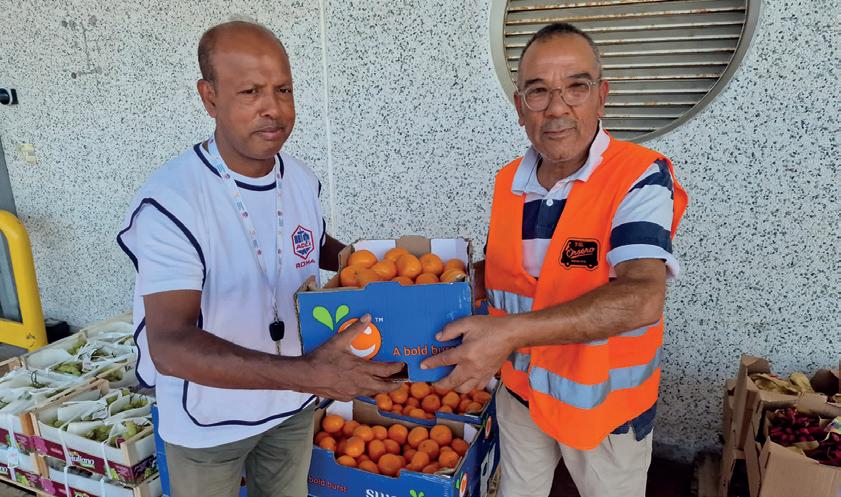
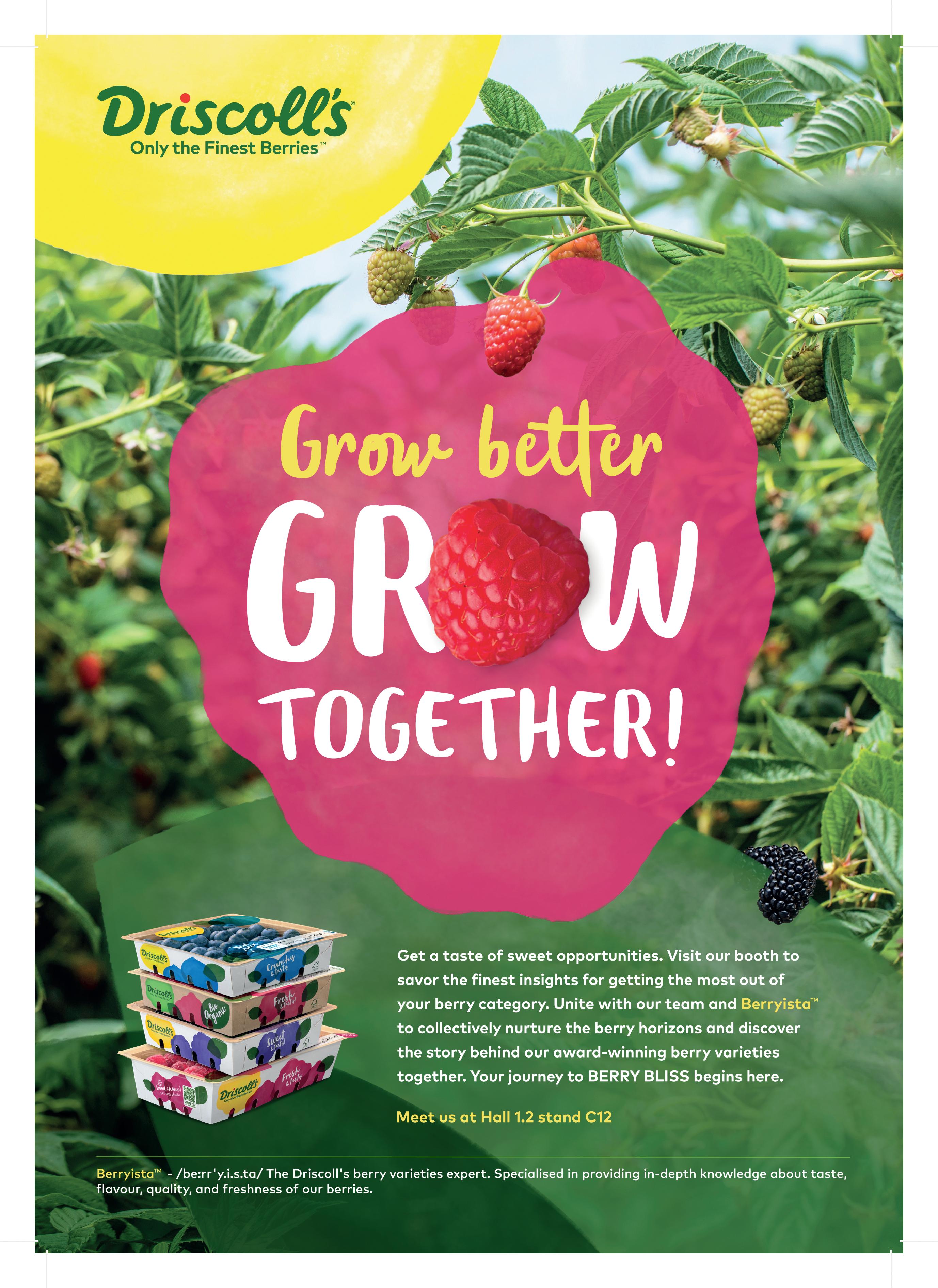

Daifressh opens consolidation centre in Czech Republic
The company continues to invest in expanding its fresh produce logistics infrastructure.
by Maura Maxwell @maurafruitnetFor several years, Sagunto, Valencia-based Daifressh has worked to bring closer vertical integration to its the entire supply chain, from production right through to logistics. The family-owned company, which specialises in the production and distribution of berries and citrus, supplies retail customers across Europe.
“Our business model integrates each and every link of the supply chain under highest quality standards, from our farms to the shelf, which allows us delivering the proper produce to each client with a personalised service,” says the company’s managing director, Ana Claramunt.
In 2023, Daifressh opened two new warehouses in Central Europe, one in Poland and the other in the Czech Republic. The most recent, a 4,000m2 consolidation centre in Postzriny near Prague, has a capacity of 1,639 pallets. It is divided into three storage areas with different temperatures: the largest one at 12ºC, another at 2ºC and a last one at 5-8ºC. In addition, they have a ripening area and about 1000m2 dedicated to sorting, packaging, and labelling.
Daifressh says its main objective is to concentrate and consolidate its products at destination, guaranteeing exhaustive quality controls and a personalised distribution service for each client.
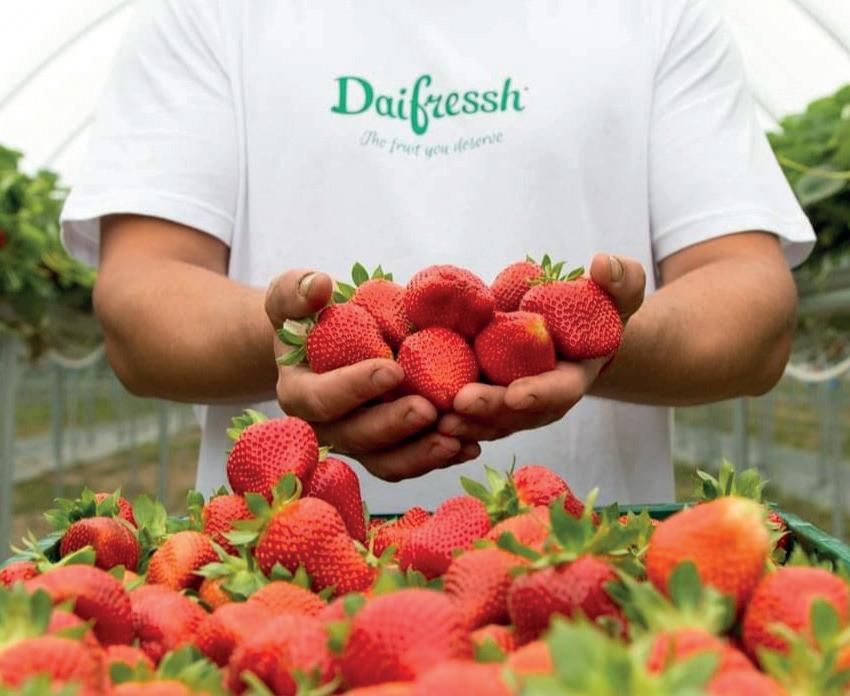
SanLucar moves into Singapore
SanLucar-branded produce is now on sale in Singapore, marking the latest stage in the company’s international expansion. As part of its strategy to open up to Asian markets, the company’s CEO, Armin Rehberg, accompanied by Bilal Issa, commercial director Middle & Far East, has gone into partnership with Asian grocery giant and Singapore’s biggest retailer, DFI Retail Group.
DFI includes chains such as Welcome, Market Place, Olivers and 3hreesixty in Hong Kong, along with 7eleven in China, Singapore, Hong Kong, and Macau; Hero in Indonesia; ColdStorage, CS Fresh, and Giant in Singapore; as well as Sanmiu in Macau, and Lucky in Cambodia.
The framework agreement for this new cooperation has already been signed and the first product deliveries will be carried out this year. This is a further milestone in SanLucar’s ambitious plan for international development over the next five years, and a big step on the Asian continent.
“I am really impressed by DFI and the decision-makers there, from purchasing and marketing to warehousing and the stores,” Rehberg said. “As a global brand, our goal is to bring our SanLucar concept to the right markets and the right countries with the special added value of our premium quality. SanLucar and Asia are a perfect match.”
“Service is our DNA. That’s why we are commi ed to logistics integration in our main destinations, allowing us to carry out cross-docking, sorting, packing processes and quality controls before supplying our fresh produce to our clients,” says Claramunt. E
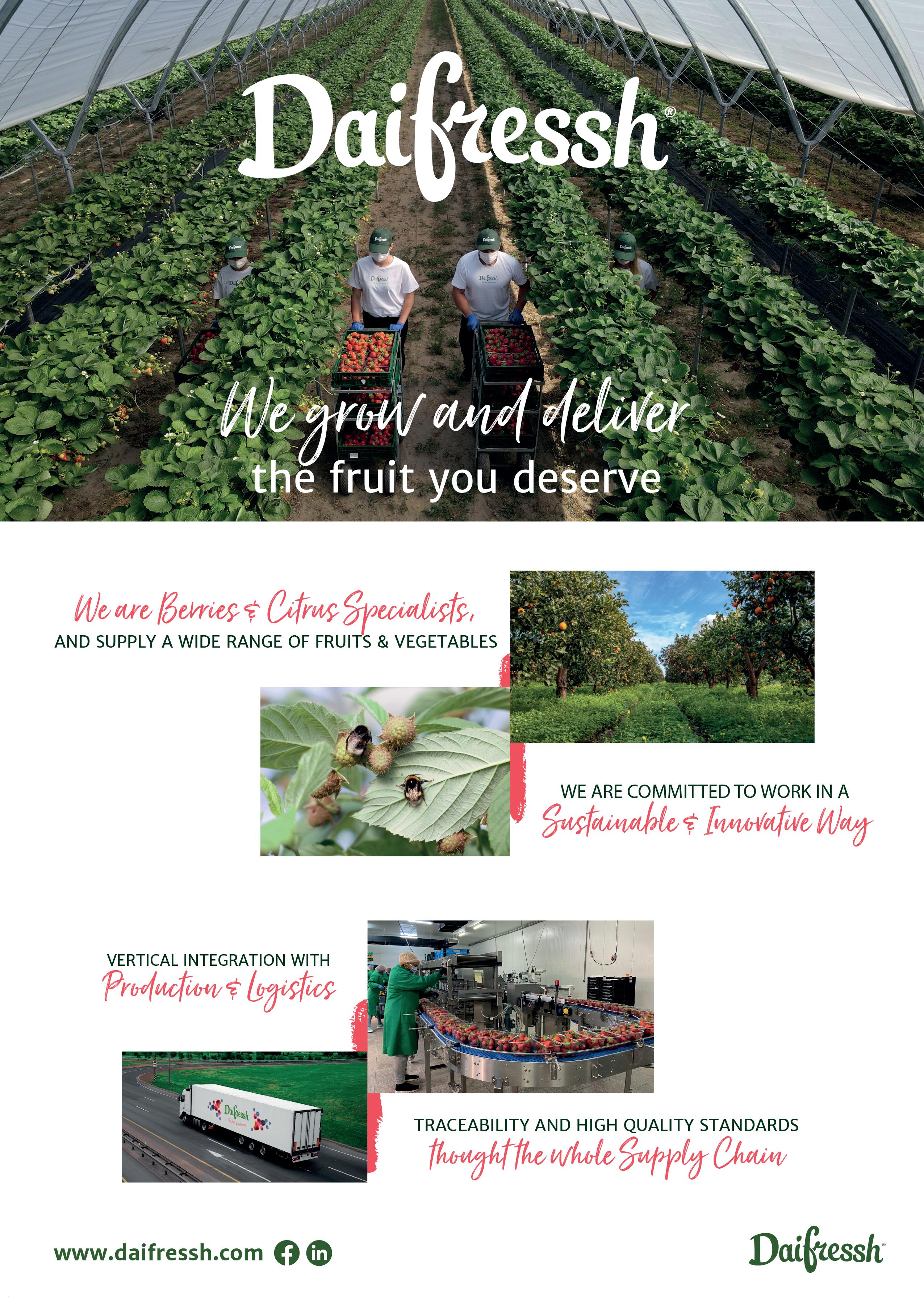

New horizons beckon for Salix Fruits
This year brings fresh challenges for the company as it opens its newest sales office in Singapore. Eurofruit talks to co-founder and COO Juan Gonzalez Pita about what lies in store for the coming year.
by Maura Maxwell @maurafruitnetLast year was another complicated one for the fruit and vegetable industry. What important milestones have you achieved as a company so far this year that you would like to highlight?
Juan González Pita: The most important milestone we’ve reached at Salix Fruits is the opening of our new sales office in Singapore. This will allow us to target southeast Asia and begin to strengthen our presence in China. The new office will be headed up by Raed Kazi, who was formerly our country manager for India
and will now oversee sales in the whole Asia region.
Climate change and El Niño have greatly affected the production of some of your key products, including grapes, apples and citrus. In what ways can the company’s structure help you to deal with these challenges and maintain a steady supply of high quality products?
JGP: I would say the main thing is that we have a very well established group of producers from both the Northern Hemisphere and the Southern Hemisphere. So, for example, for grapes we have producers in California, Egypt and India in the Northern Hemisphere, as well as Southern Hemisphere producers in South Africa and Chile.
This means we are able to supply products through 12 months of the year from different origins in each hemisphere that complement each other, giving us plenty of options and alternatives
“Our origins complement each other so if production from any one area is disrupted we have plenty of options”
if production in any one area is disrupted. This is the case for all products, including apples and citrus.
How do you see the outlook for 2024? Do you see factors such as the climate, input costs, logistics and others improving or worsening?
JGP: In terms of climate, the effects of El Niño always hit hard and they are not good for the industry. I do think the logistics situation will improve a lot this year, both in terms of cost and availability. I don’t believe shipping services will get back to pre-pandemic levels, because at that time space was oversupplied, but now we’ve reached a much more reasonable level than in previous years.
With respect to inputs, li le by li le the entire supply chain is becoming normalised. But generally speaking we’re seeing dollar inflation that translates into the cost of the inputs that we use.
On the market side, demand for our products remains quite stable. Here I think the most important development is the loss of California’s entire orange harvest. This mainly goes to the juice market, so the shortage is pushing up the price of juice significantly and this is going to greatly increase the cost differential for fresh production. E

Planasa looks back on “transformative” 50th anniversary year
Milestones achieved in 2023 include the opening of an R&D centre in Mexico and its takeover by EW Group.
by Maura Maxwell @maurafruitnetboth companies share the same innovative and environmental values and aim to contribute to the food requirements of our society.

Global berry breeder
Planasa says it will look back on 2023, its 50th anniversary year, as one of the finest moments of its history. In what it describes as a year of “profound transformation”, the company says it has made significant progress toward its goal of becoming a worldwide leader in the berry sector, developing yearround varieties.
Despite the volatile international environment, EBITDA is on course to top €70m for the fiscal year, while investments in R&D exceeded €10m. Notable milestones reached in its anniversary year include
the opening of an R&D centre in Mexico, and the acquisition of Meiming to consolidate its presence in China’s burgeoning blueberry industry.
“Last year, we improved our operations, expanded our international presence and launched innovative varieties to become a world leader,” said CEO Michael Brinkmann.
In September Planasa’s owner, private equity firm Cinven, sold the company to EW Group, a German family-owned company in the life sciences sector with a presence in more than 50 countries and more than 19,000 employees worldwide. According to Planasa,
Planasa was established in 1973 by the Darbonne family together with Caja de Navarra in Valtierra, in the northern Spanish region of Navarra. Over the decades, it expanded its products and locations, and moved from breeding and developing new strawberries and asparagus varieties to include blueberry, raspberry and blackberry R&D programmes.
In 2010, the company expanded to new markets such as the US and Mexico. Today, it is global leader in the agri-food sector with more than 225 registered varieties, a presence in 25 countries and over 4,000 employees.
Its goal – it says – is to harness the power of innovation to achieve an almost perfect balance between technological transformation and sustainability by developing new varieties available year-round. “This entails researching breeds adapted to different climatic conditions with lower input requirements, in term of water consumption, environmental sustainability and pest protection, as well as supporting farmers with the most efficient and top-quality technology and crop knowledge,” the company says.
“All this tremendous growth and evolution would not have been possible without the contribution of all those people, some of which have been at Planasa for decades. Thanks to an incredibly qualified and commi ed team, the company has grown to lead the sector worldwide.”
Planasa points out that a key driver throughout the years has been innovation and sustainability, seeking to produce more and be er with less. E
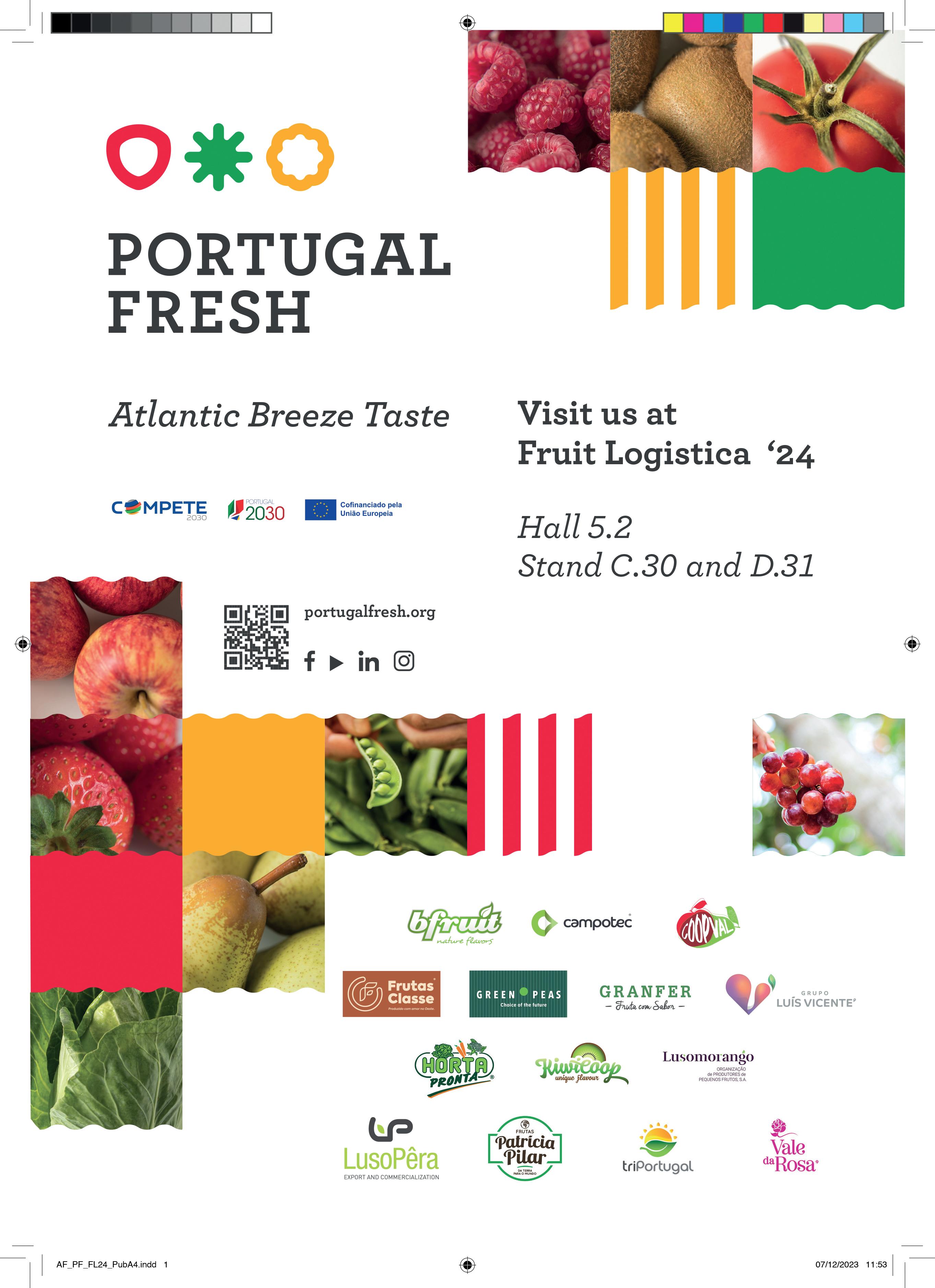
Climate creates challenges for Moroccan stonefruit
More frequent extreme temperatures are causing difficulties for stonefruit producers in Morocco, especially when it comes to making forecasts for multiple varieties, says Aymane Kadir of Domaines Zniber.
by Tom Joyce @tomfruitnetMorocco’s Domaines Zniber was founded in 1956 in Ain Harzallah at the base of the Middle Atlas mountain range, specialising in the production of peaches, nectarines and plums. “We sell our stonefruit to retailers on the German and UK markets,” says the company’s export sales manager, Aymane Kadir. “In the UK, we work with Iceland and we are waiting to get the right certifications to start with Tesco and Costco.”
The season starts in mid-May and finishes around the end of September, according to Kadir. “It’s a long season,” he says. “We have over 100 different varieties, one of the main aims being to extend the season as much as possible. We need to do some trials for red-flesh varieties on our own fields to see how they perform. In Morocco, we have more sun than in Spain. We need to make sure the colouration is right. This is a very new product and it remains a niche market.”
The German market is good for peaches and nectarines, he says, but plums the company almost exclusively sends to the UK. “We want to do more plums in Germany, but consumers there have very particular tastes,” he explains. “They prefer soft plums. And for export we have to send hardish plums to ensure they arrive in good quality. We try to keep the product at 2oC
during transport to keep it fresh. This means that the consumer can keep the fruit for four or five days. Of course, German consumers could put them in a bowl for a couple of days to ripen, but who is going to educate people about that?”
Not all retailers demand the same certifications, so that can be a challenge for most companies, but Kadir believes this works in the company’s favour. “It’s good for us,” he says. “For example, in Morocco we are the only company that has IFS Broker certification, with a score of 98 per cent. We have a lot of fields and a lot of packhouses so we have a trading company that is in charge of selling all the products from all the packhouses. And we have an agreement from the IFS Broker to use other packhouses. This way, we ensure that all products are on the same level as our packhouse.”
One of the big challenges in Morocco is the climate. “We had cherries in the past,” says Kadir. “But we don’t have the climate for them any more. Cherries need a lot of cold hours, which we once had 20 years ago. Now that’s not the case.
“The climate is becoming more of a challenge for stonefruit. This last campaign we had 27 days above 40oC. Each variety reacts in its own specific way. So this year has been a bit of a disaster in terms of forecasting.” E
“We have over 100 different varieties, one of the main aims being to extend the season as much as possible”
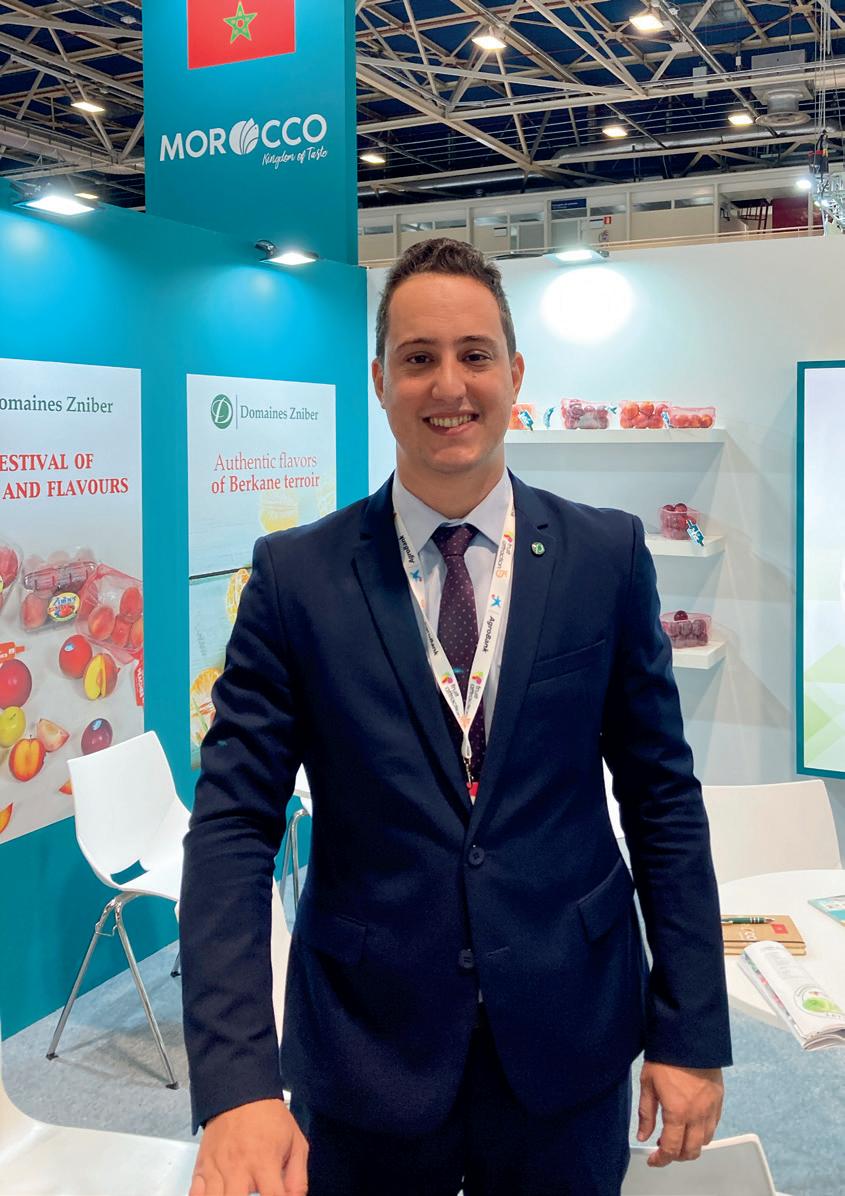
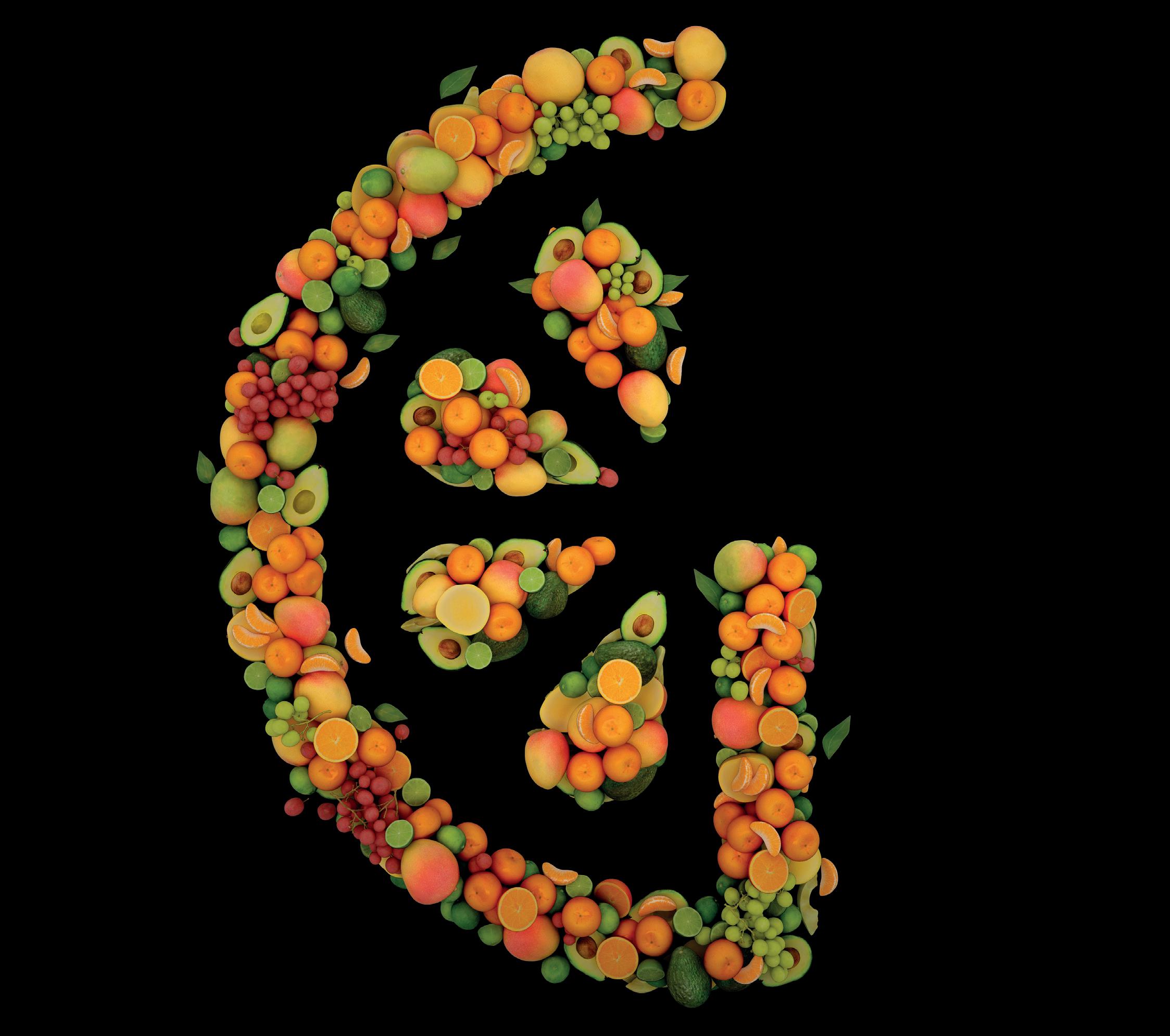
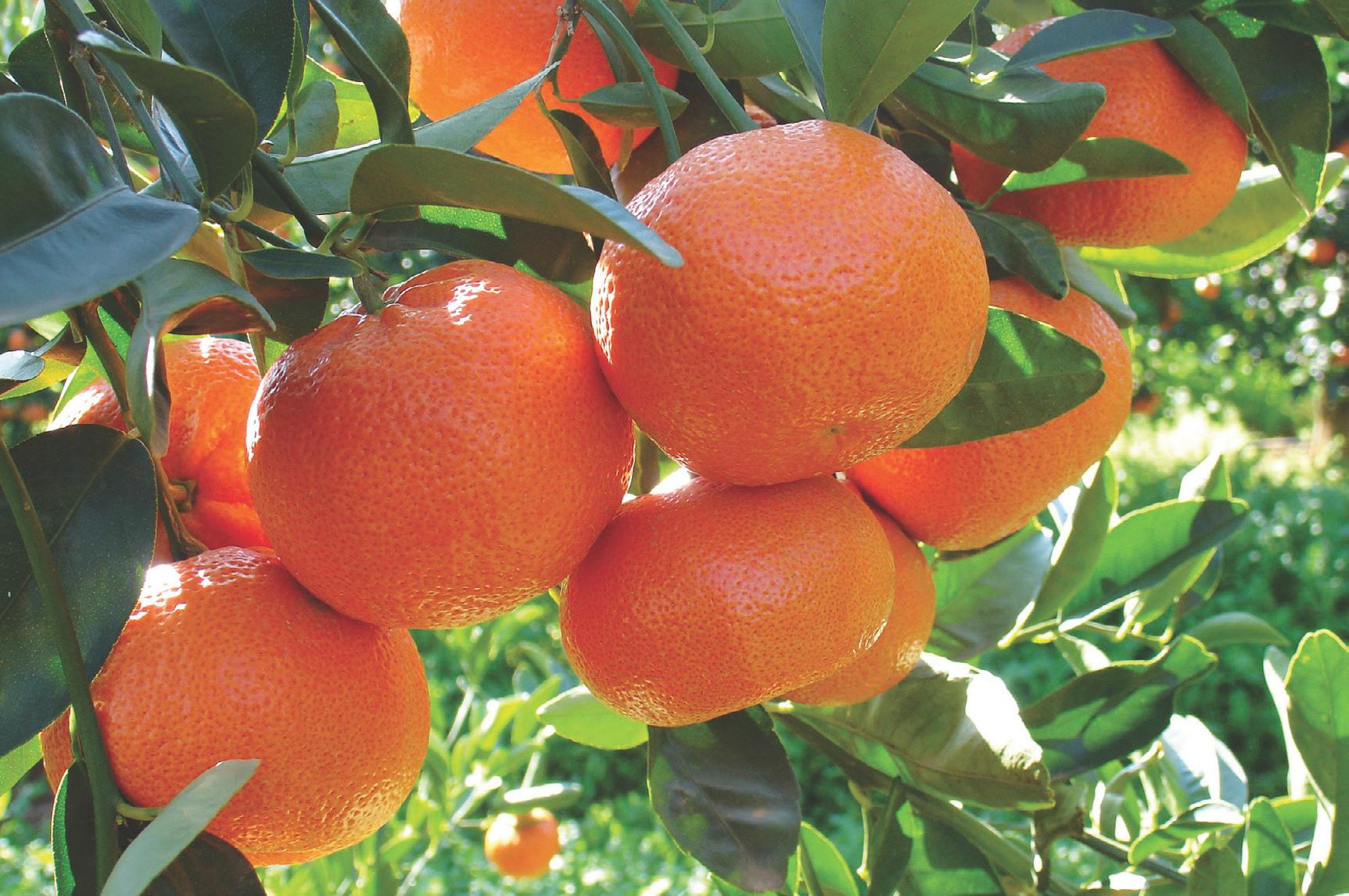
Breeders welcome decision on essentially derived varieties
Latest international agreement raises serious questions over the issue of uniqueness in horticultural breeding, and could bring cases like the high-profile Nadorcott-Tango dispute to a close.
by Mike Knowles & Tom Joyce @tomfruitnet @mikefruitnetMany of the world’s leading fruit and vegetable breeders have welcomed a landmark decision that gives variety owners extended legal protection for what are known as essentially derived varieties (EDVs).
The decision, issued by the International Union for the Protection of New Varieties of Plants (UPOV), means that the intellectual property rights for
so-called single-parent varieties –which can be created as a result of mutations, genetic modification, or genome editing – remain with the owner of the original variety from which they are “predominantly” derived.
The decision was confirmed and put into writing at a UPOV Council meeting in late October 2023. It has taken four years of debate for the group to reach a conclusion.
The question of who EDVs belong to has been at the centre of a number of legal disputes in the fruit business. One such case involves the production rights for Nadorcott – a mandarin developed in Morocco – and Tango, another mandarin variety discovered by the University of California Riverside and registered in the EU as Tang Gold.
This high-profile dispute centres on whether Tango is essentially derived from Nadorcott or sufficiently different to make its IP eligible for protection under a separate licence.
“The UPOV’s decision provides key clarification on the definition of essentially derived varieties,” Nadorcott Protection (NCP) stated. “Induced mutated varieties retaining the essential characteristics of the initial varieties are essentially derived varieties, despite the differences resulting from the operation of derivation.
“An EDV of a protected variety, even if it was itself granted protection, cannot be commercialised without the authorisation of the initial variety breeder. This is aligned with NCP’s position in the fight to protect the Nadorcott mandarin.”
NCP welcomed the adoption by UPOV of the new guidelines – known as explanatory notes – which it said backed up its stance that the Tang Gold/Tango variety should be classified as an EDV.
NCP’s Mohamed Benbiga commented: “We have always maintained that Tango/Tang Gold mandarins should be classified as an essentially derived variety of the protected Nadorcott, and the
UPOV explanatory notes affirm that view absolutely. We believe this important development will be instrumental in not only protecting varieties (such as Nadorcott), but also upholding the future of research, innovation, and ethical sourcing.”
Whatever the UPOV ruling means for Nadorcott and Tango, it will come as a relief to many fruit breeders around the world. Many of them feared that large swathes of their IP would be rendered useless if a potentially infinite number of derived varieties were effectively treated as unique in terms of their legal status.
During the revision process, they were represented by several key groups, including the International Seed Federation,
the International Community of Breeders of Horticultural Varieties (known as Ciopora), Croplife International, Euroseeds, Seed Association of the Americas, the Asia and Pacific Seed Association,. and the African Seed Trade Association.
Crucially, UPOV’s guidance states that there is “no upper limit on the number of differences which may result from the act of derivation”. As such, breeders could potentially retain the rights to a derived variety even if it has significantly different characteristics.
The EU’s Community Plant Variety Office confirmed that just two differences exist between the Nadorcott mandarin and Tango/ Tang Gold.
UPOV’s guidance states that there is “no upper limit on the number of differences which may result from the act of derivation”
“An important clarification in the adopted document is that the differences which result from the act of derivation may also include essential characteristics,” a spokesperson for Ciopora explained. “This means that in case a predominantly derived variety differs in one or more essential characteristics, it does not fall outside the EDV scope of the initial variety that was used in the creation of the derived variety.”
The breeders have called upon all countries that are members of UPOV to incorporate the updated guidance into national legislation governing plant breeders’ rights.” E
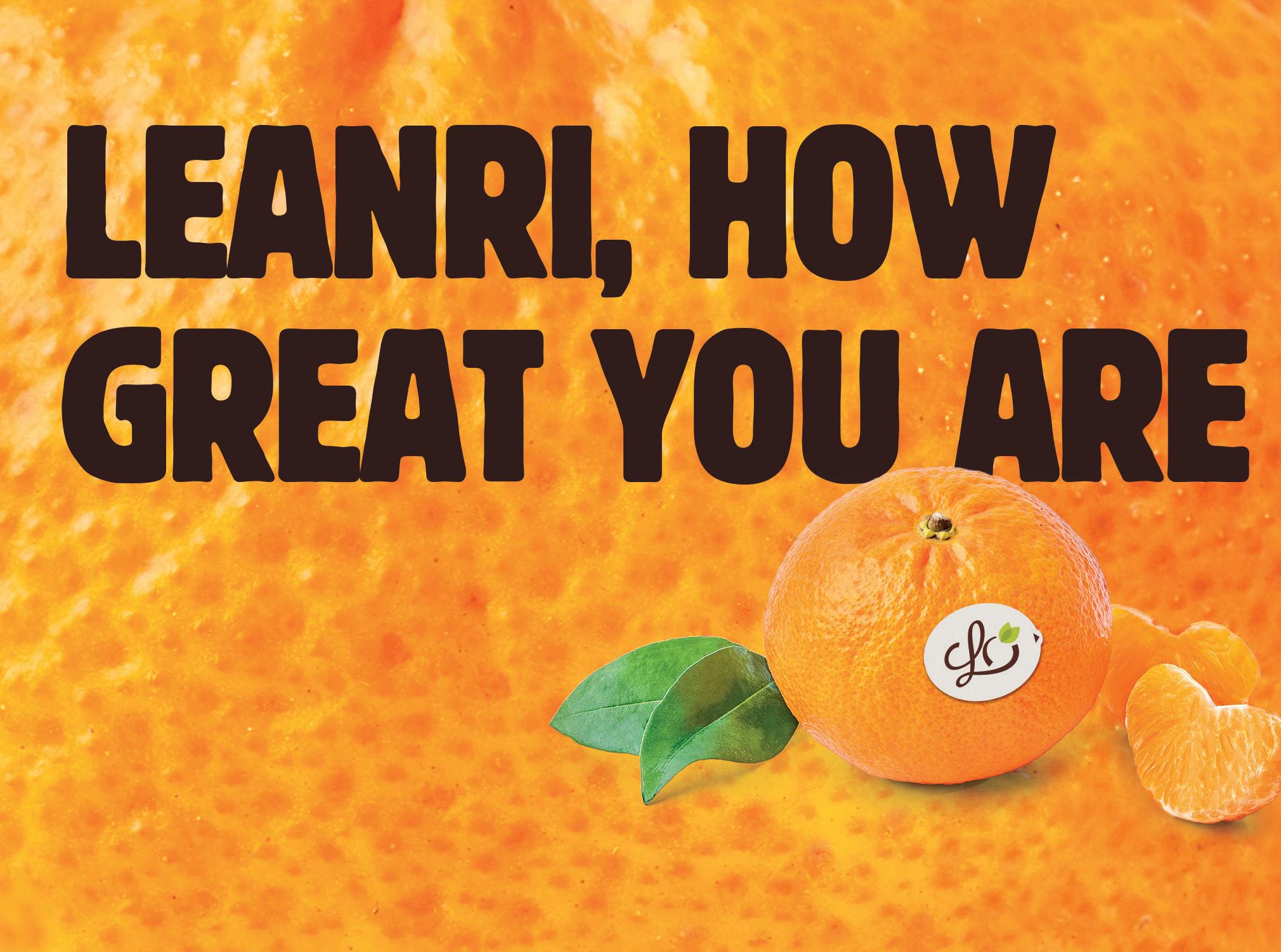






Houd ElNile welcomes high demand
The strength of demand for Egyptian citrus has come as a surprise to some exporters, particularly from Egypt’s main competitor, Spain.
by Tom Joyce @tomfruitnetInterest in Egyptian oranges from Europe has been soaring, according to Osama Saleh, commercial manager at growerexporter Houd ElNile, including from Spain.
Perhaps that should come as little shock now that Egypt stands as the world’s largest exporter of oranges, but it certainly marks a break from the norm.
“We started sending there last year,” says Saleh. “It was a surprise that Spain was coming to us for Egyptian oranges. Our company
sent 1,300 tonnes out of around 10,000-15,000 tonnes from Egypt. Now everyone is demanding more for next season, so maybe next year it will be even bigger.”
The reason for Saleh’s surprise is that Spain is Egypt’s main competitor. “It’s not a target market for us,” he admits, “but everything is changing.”
Last year, Egyptian producers even faced issues with small sizes, but that did not diminish demand.
“This season we will have more large-sized oranges again, so we
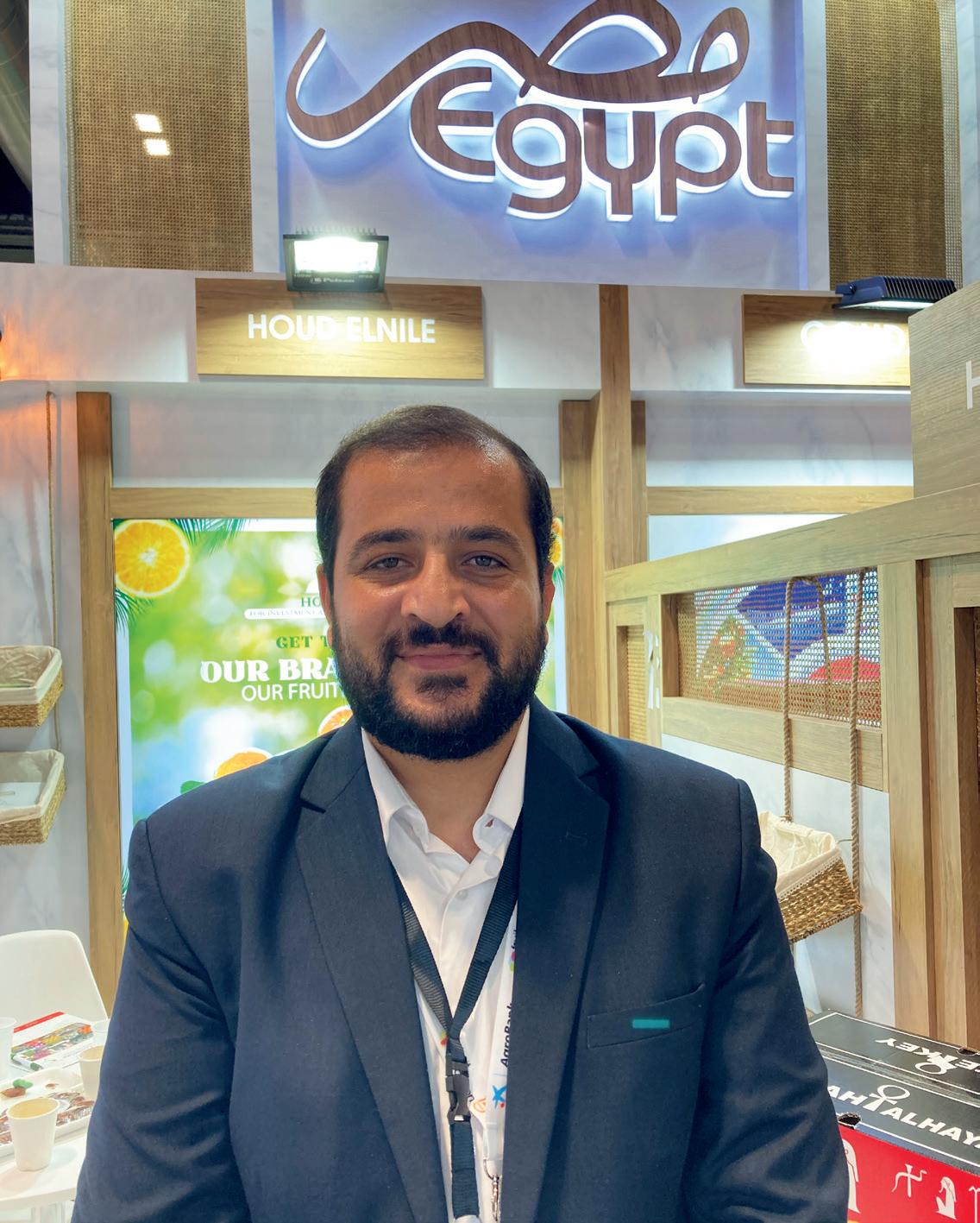
“This season we will have more large-sized oranges again, so we believe the next campaign will be a good one for us”
believe the next campaign will be a good one for us,” concludes Saleh.
Houd ElNile also grows and exports mangoes, with multiple new varieties now coming out of Egypt. “Every year, we are growing new varieties,” says Saleh. “Demand is growing for mangoes all over the world, in Europe, Russia, the Black Sea area, the Middle East –everywhere.”
And unlike many countries in the region, Egypt appears to have avoided any big impacts from climate change, at least thus far.
“Last summer, temperatures were higher than normal, but not like in Saudi Arabia where they have 50C-plus sometimes,” says Saleh. “We had highs of 42C. That is not usual for us, but we have not seen unusual rainfall like in many countries. In general we are not experiencing big changes from climate change. Up to now we have not had big issues.”
Any advantage is of course welcome, and the location of the company’s farm and packhouse, accessible from Cairo airport in just 35 minutes, is no different. “That is our luck,” says Saleh. “When customers visit Egypt, they come to us first.” E
Fata Farms embraces varietal options
The Egyptian producer is developing new varieties of stonefruit and grapes, while blueberries are the latest addition to the group’s portfolio.
by Tom Joyce @tomfruitnetHamdy Fayed, chairman of Egyptian producer Fata Farms, says the development of new varieties, of stonefruit, grapes and now blueberries, remains a top priority for the company.
“We have already planted commercial stonefruit varieties from Sun World,” he says. “In table grapes, we have planted commercial varieties from Sun World, IFG and SNFL. So we have a very good portfolio of all kinds of varieties from breeders around the world.”
The latest development at the company, according to Fayed, is blueberry production. “The first year of production was this season,” he reveals. “We managed distribution to East Asia by air, and the local market was really good as well.”
The company has commenced with small volumes, but plans for expansion are afoot. “We sent some small volumes to Malaysia and Singapore, but I think there’s also potential on the European market,” says Fayed.
“There are four or five other companies in Egypt looking at blueberries,” he adds. “All of us are in the trial phase, learning the growing process and understanding which varieties work well in Egypt’s weather conditions. I a ended Global Berry Congress in the Netherlands twice. So I got some good knowledge about the industry and I met Fall Creek, which is now our main supplier for blueberries.”
Gaining access to the best varieties appears no longer to be a problem ever since the Egyptian authorities signed up for UPOV, the International Union for the Protection of New Varieties of Plants.
“In the past, Sun World didn’t want to bring their varieties to Egypt,” says Fayed. “It took quite some time in the Egyptian parliament, but finally, three years ago, Egypt signed, so we now have the best varieties planted in Egypt.”
As for changes in the weather, Fayed says every breeding company is currently working on developing new varieties that can withstand extreme conditions.

“We sent some small volumes of blueberries to Malaysia and Singapore, but I think there’s also potential in Europe”ABOVE—Hamdy Fayed, chairman of producer Fata Farms
“The climate is definitely changing, there is no doubt about that,” he laments. “We have our weather station, and we keep monitoring the situation. Ten years ago, we used to have rain once or twice in April, that’s it. Five or six years ago, we started to have rain once or twice in May. This year, in addition to April and May, we have
rain in June – twice. We have never experienced such conditions.
“And of course, with global warming, winter is no longer winter. It now comes very late, sometimes approaching spring, which is also shrinking. For all fruits you need cool nights and when it’s too hot, the roots don’t take in all the water and nutrients the plant needs.” E
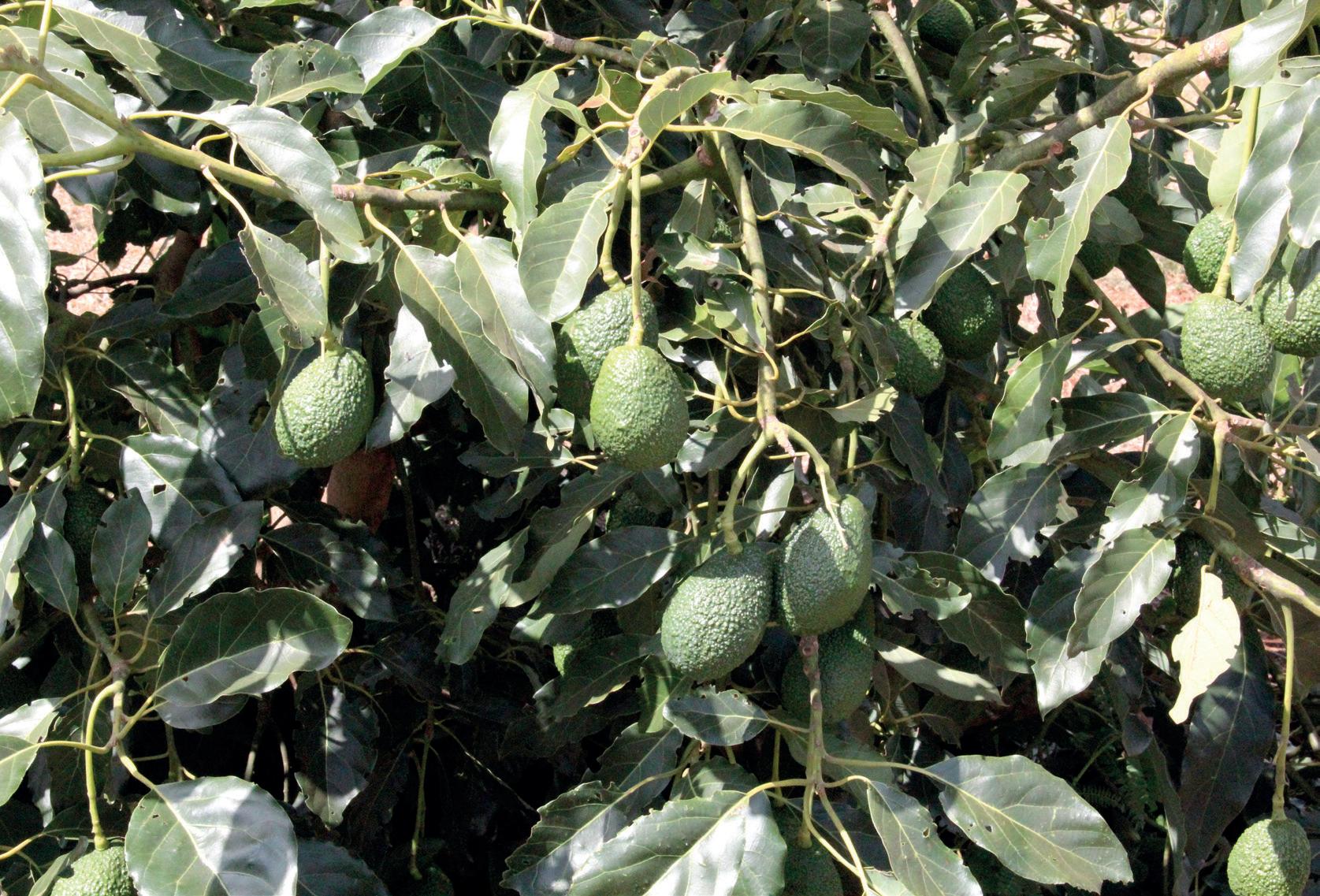
Kenyan avocados continue search for new outlets
New markets are required for Kenya’s massive avocado production, including in East Asia, where competition with Australia is heating up.
by Tom Joyce @tomfruitnetKenya’s staggering growth in avocado production in recent years has meant that the country’s exporters are always on the lookout for new export markets. Avocado production in Kenya has doubled over the past five years, according to FAO statistics, making the country the world’s sixth biggest producer of avocados, with a planted area of 26,000ha and a volume of 417,000 tonnes in 2021.
Last year, following years of negotiations, Kenya received the go-ahead to begin exports of avocados to India, with the first shipment taking place in September. The country has equally found new markets in
China and Mauritius, with talks still ongoing for the US and South Korean markets.
“We are still looking for new customers, trying to reach new destinations,” says Anne Kavai, sales and marketing manager at Nairobi-based Kei Exporters. “We have good coverage in Europe. We started out by exporting avocados and mangoes to the Middle East so we have a good presence in places like Dubai, Jeddah and Oman. But we would like to do more in East Asia.”
417,000
Smallholder concern over Kenya Seed
Kenyan president William Ruto has faced protests over his plan to float dozens of stakes in state companies, including Kenya Seed, with critics warning of the potential risks to the nation’s food security and agricultural sustainability.
“Kenya Seed is a public entity that has been instrumental in ensuring smallholder farmers’ access to highquality, affordable seeds — a lifeline for agricultural productivity in the country,” read an editorial in Business Daily Africa. “The proposal to privatise raises grave concerns about the future of this essential service, threatening to disrupt the delicate equilibrium that sustains food production across the nation.”
Last season, Kenyan avocado exporters were affected in that market by the bumper crop from Australia. “There was strong competition from Australia in Singapore, Malaysia and Hong Kong,” says Kavai. “They increased their production a lot. It’s on us now to ensure we don’t lose the market.”
One of the challenges for most Kenyan exporters has been logistics, but this is moving in the right direction, according to Kavai. “The road network across Kenya is really improving,” she says. “Ge ing the product from the farms to the packhouse sometimes used to be a challenge. But now, not only is our new packhouse located on the farm, but the government has also invested heavily in roads. The Nairobi Expressway is one example.”
The company too has made investments. Its Kenol packhouse, a response to the rapid growth in avocado production, has been in operation since 2021. It stands as the largest avocado packhouse in East and sub-Saharan Africa, with a capacity of 1,500 tonnes per week. E

Fruitbox strengthens in Kenya
Import and distribution company set up by Tru-Cape and Vitanova has opened a new coldstorage facility in the country.
by Fred Meintjes
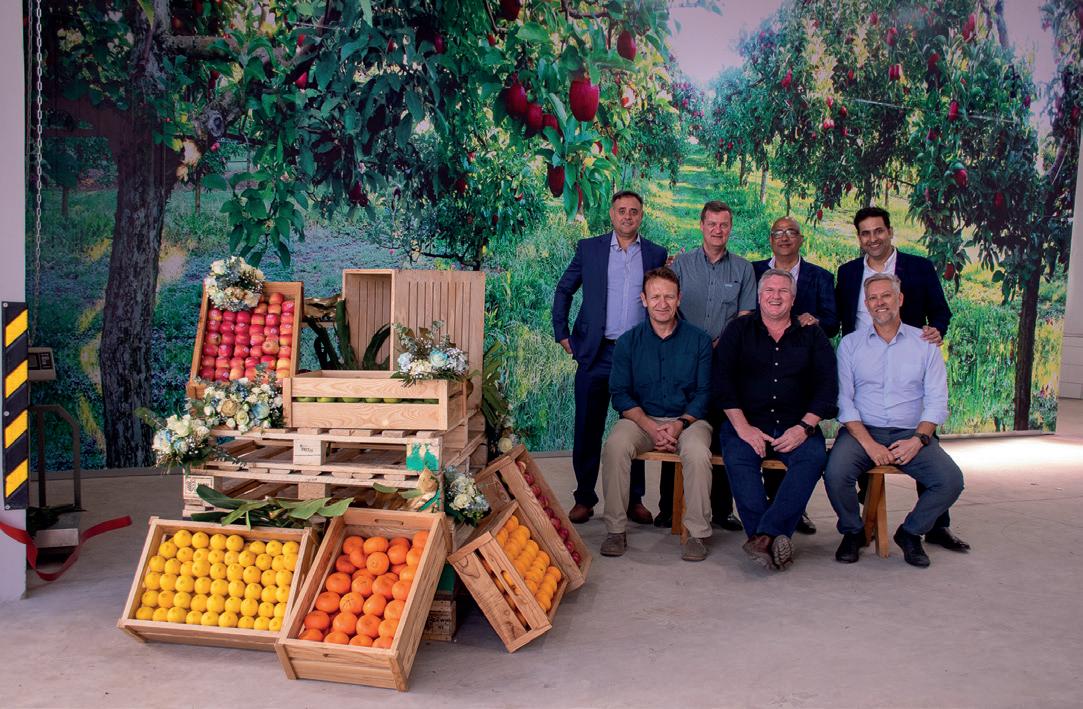
Two South African fruit exporting companies, Vitanova International and Tru-Cape Fruit Marketing, have joined their local Kenyan partners to establish a new state-of-the-art coldstorage facility. Located in one of Kenya’s foremost commercial complexes, the move has been described as a major boost for fruit security in Eastern Africa.
Fruitbox, a Kenyan importer and distribution company, was formed in 2014 and is owned by Vitanova and Tru-Cape along with Sandip Jethalal and Bhaumik Shah, both of whom have a long history in the Kenyan fresh produce industry.
The group is the exclusive importer for Tru-Cape in Kenya, with key products including apples, pears, cherries and soft citrus. Fruitbox also imports other citrus and table grapes from Southern African countries and Egypt, as well as kiwifruit from Europe and South America.
The new facility was built at a cost of US$1.5m and has enough space for 800 pallets of fruit and seven loading bays. The space, located within the Tilisi development about 30km from the Nairobi central business district and close to the A104 NairobiNakuru Highway, enables Fruitbox to receive fruit entering the country via seafreight from Mombasa or airfreight from Nairobi.
“While we previously leased coldstorage, we had a need for more purpose-built infrastructure,” says Nico de Lange, chairman of Fruitbox. “This led to the next step
in the evolution of our business, which was to build our own coldstorage facilities. In Kenya we are the market leader in the way we handle and store our fruit. We classify all fruit on arrival and store it according to quality and shelflife. This ensures that stock is sold in optimum condition, with great shelf-life and according to market conditions.”
Simon Cabral, director at Vitanova International, says the new facility is part of its long-term strategy to assist Fruitbox as a leading importer in East Africa.
“Fruitbox’s vision is to work hand in hand with suppliers and customers to provide a first-class service in this challenging sector,” he explains. “We are proud to be a part of Tilisi. They are progressive and fit our culture very well. We are excited to see their original vision coming into life.”
Roelf Pienaar, managing director of Tru-Cape Fruit Marketing, notes that the facility allows it to serve East Africa in its entirety, with Kenya often described as the gateway to central-east Africa. A major share of the produce imported by Fruitbox is destined for cross border trade with its landlocked neighbours such as Uganda, Rwanda, and South Sudan.
The balance moves through the wholesale market in Kenya, with a small portion entering the local retail market. E
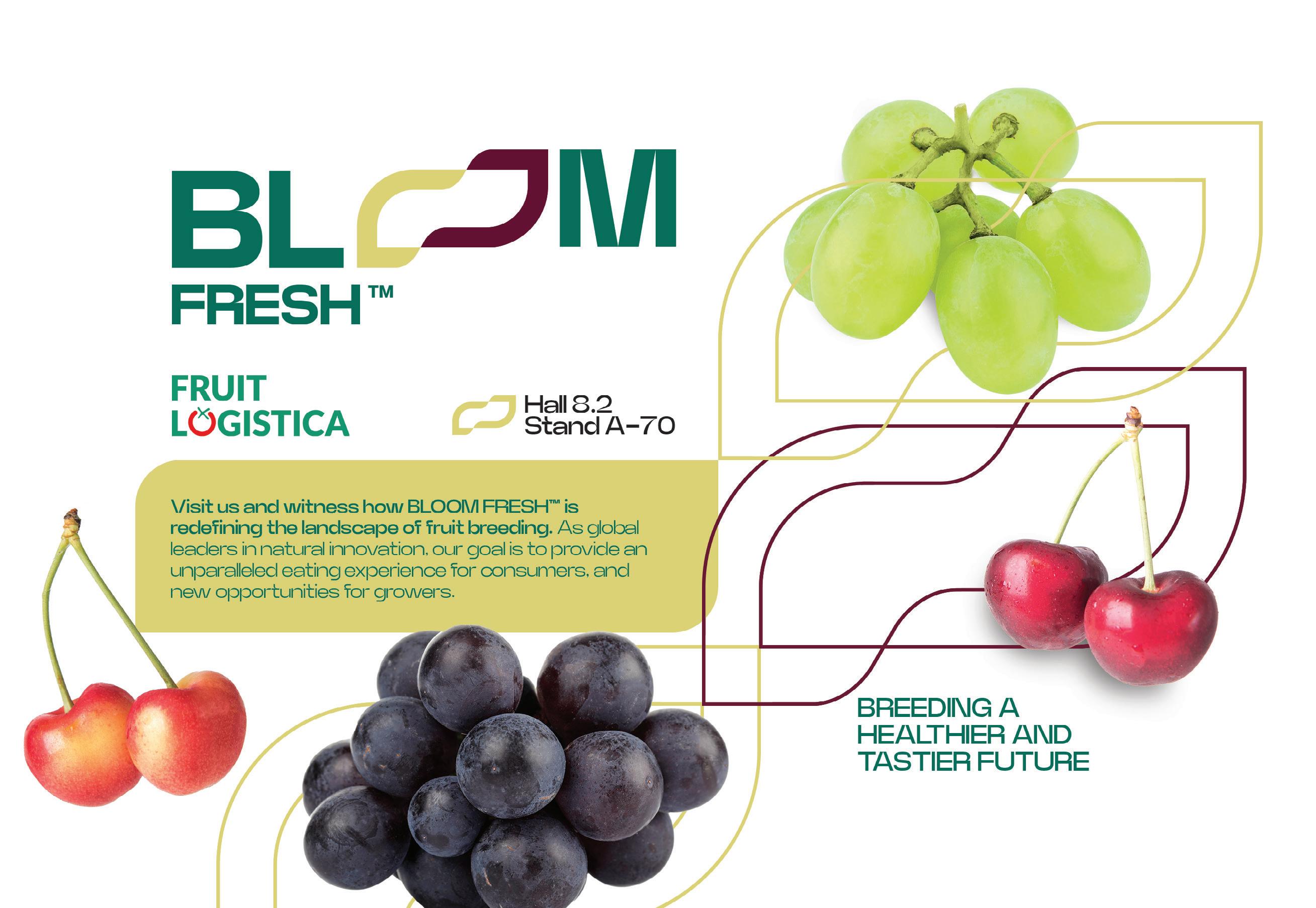
Grape growers told to spread the word
As the 10th International Table Grape Symposium got underway in Cape Town, David Hughes implored the category to make its offering stand out from the crowd.
by Fred MeintjesThe table grape industry needs to spread the good news about its products to move out of what is increasingly becoming a commodity business.
David Hughes, emeritus professor of food marketing at Imperial College London
and visiting professor at Royal Agricultural University in the UK, had this clear message when he delivered the keynote address at the 10th International Table Grape Symposium in Cape Town.
“You need to do something about your category to bring a

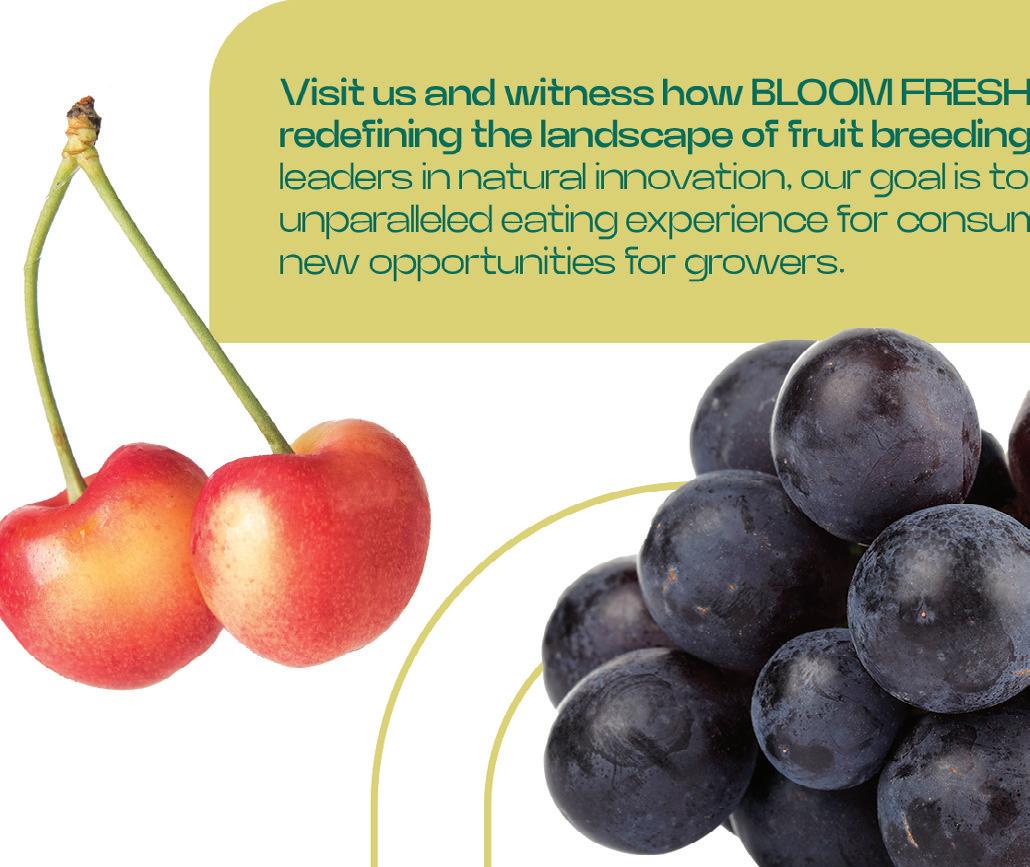
compelling message to consumers or else you will just be meandering along with no real growth in consumption,” he told delegates.
Hughes compared the grape category to the other major produce lines and stated that somehow, the table grape industry had not seized the opportunity to convey a health message to consumers.
“Modern shopping trends, with online shopping being at the forefront, and aggressive pricing in price wars as traditional retailers and cost cutters struggle for control of the retail sector, have taken much of the ‘theatre’ out of shopping,” he said.
Hughes singled out worldwide cooperation in the avocado industry and the introduction of brands such as Pink Lady apples as good examples of lifting fresh produce out of the commodity game and earning better value for growers.
“Somehow I cannot understand why the grape industry has not engaged with the health issue – and positioned table grapes as a fashionable and healthy product in a world where consumers are normally focused on healthy living,” he said. E

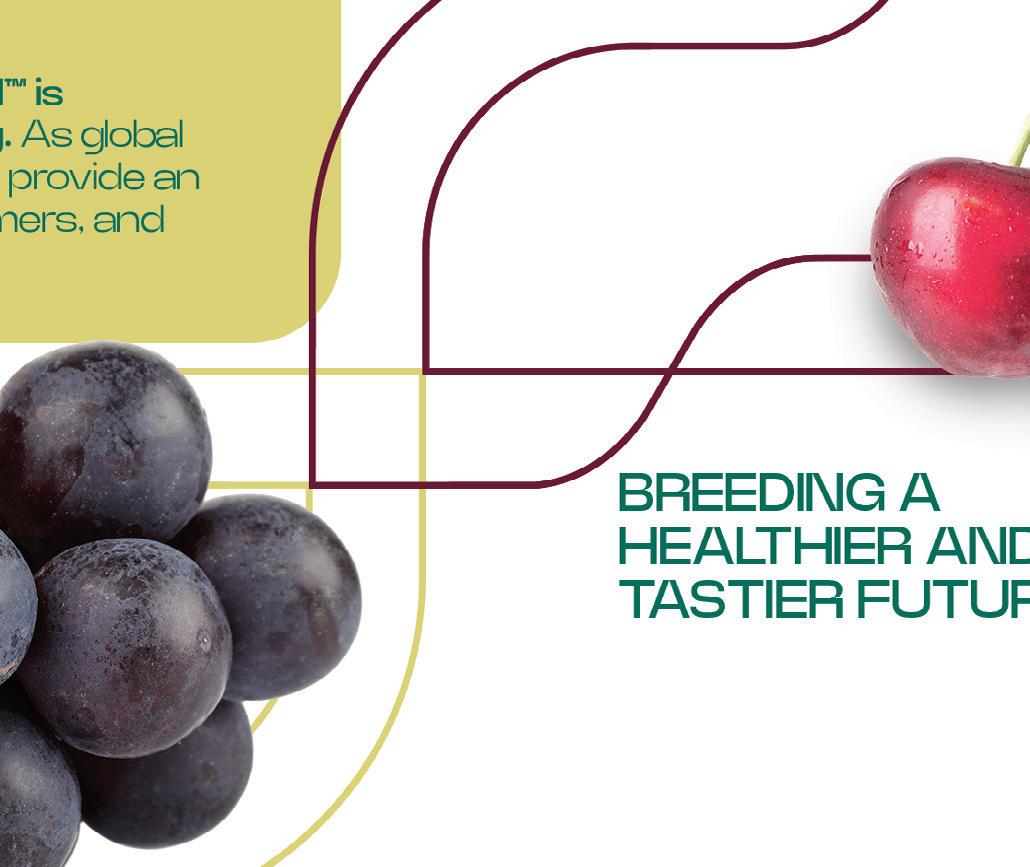

Lebanese exporters persevere in quest for new markets in Europe
Suppliers in the country have shown real ambition in Europe, as they try to respond to the market’s particular needs despite some severe economic and political trials at home.
by Tom Joyce @tomfruitnetDespite the significant challenges currently facing all Lebanese businesses, fresh produce exporters in the country continue to hunt for new openings for their products, especially on the European market. The ongoing financial crisis afflicting the country has not been helped by the absence of a viable government to respond to it, with the presidency remaining vacant for more than a year, while the war and humanitarian crisis in Gaza have threatened to destabilise the entire region. Yet amid the turbulence, opportunities in fruit and vegetables undoubtedly remain.
Lebanese company Agrotica was founded in 2018 with the aim of taking advantage of the excellent growing conditions in the Beqaa Valley for the sustainable production of table grapes and stonefruit. The company was among a dozen Lebanese exporters
“There are good opportunities in Europe for Lebanese grapes and avocados due to the windows of supply”
exhibiting at this year’s Fruit Attraction exhibition in Madrid on a shared national pavilion supported by the CBI.
“I am part of this programme,” says Hania Chahal, a business export coach for the CBI. “It is funded by the CBI, which is the centre for promoting imports from developing countries. We support 21 companies in accessing new markets in fresh fruits and vegetables. We organise the Lebanese pavilion and we try to prepare the companies for exports, coach them and connect them to traders directly.”
Agrotica is one of these companies. “They are focused on grapes,” says Chahal. “But it took them to visit Fruit Logistica in Berlin for the first time to understand what the European market really wants. After that they started to focus on growing late varieties of grapes.”
OPPORTUNITIES IN EUROPE
Lebanon produces a wide variety of fresh produce, but grapes and avocados stand out as the principal strategic crops, according to Chahal. “There are good opportunities in Europe for grapes and avocados due to the windows of supply,” she says. “The Gulf is historically an important market due to its proximity, but Africa is

also growing, in particular West Africa.”
Finding new markets has been a priority for Lebanese exporters ever since the loss of the important market of Saudi Arabia, which has banned Lebanese imports of fruit and vegetables since October 2021. Combined with the unprecedented financial crisis, which has afflicted the country since 2019, and the severe impact of Covid-19, companies are now ready for just about anything.
“When you’re dealing with agricultural products, you don’t have a choice, you just need to continue,” says Chahal. “There’s been a kind of shift in people’s mentality that we can no longer take anything for granted. For example, when we lost the Saudi market, we realised you can lose anything in a moment. So you always have to plan accordingly
and look at what other markets you can benefit from.”
However, Chahal says it takes a particular mindset within a company to commit to investing in certifications for the European market when they are rarely requested in the Gulf.
“Sometimes the social certifications are also difficult to attain for Lebanese companies because they don’t really take the context of a country like Lebanon into account,” she says. “So what we try to help them do is become responsible businesses, in the way they treat their employees, in the way they treat the environment and in the way they give back to their community. This will make it easier to gain the right certifications in the future.”
ORGANIC PROMISE
Rudolph Elias, managing partner at organic producer Agreen, says he has been impressed by the growth in organic sales seen across the Middle East region, as well as the opening of multiple retail outlets dedicated to organic products.
“We grow organic produce, but we are also in the process of converting some products to organic, so we sell these as conventional,” says Elias. “We do fruits and vegetables and we make a lot of efforts in post-production to give additional value because the costs of production in Lebanon are quite high. For our nuts, for example, we do dry-roasting, which also adds more flavour.”
Agreen grows multiple apple varieties in Lebanon. “Some varieties are more available than others in terms of volumes,” says Elias. “We have Golden, Gala, but only small volumes of Pink Lady. The Lebanese Pink Lady has a better crunch and a better
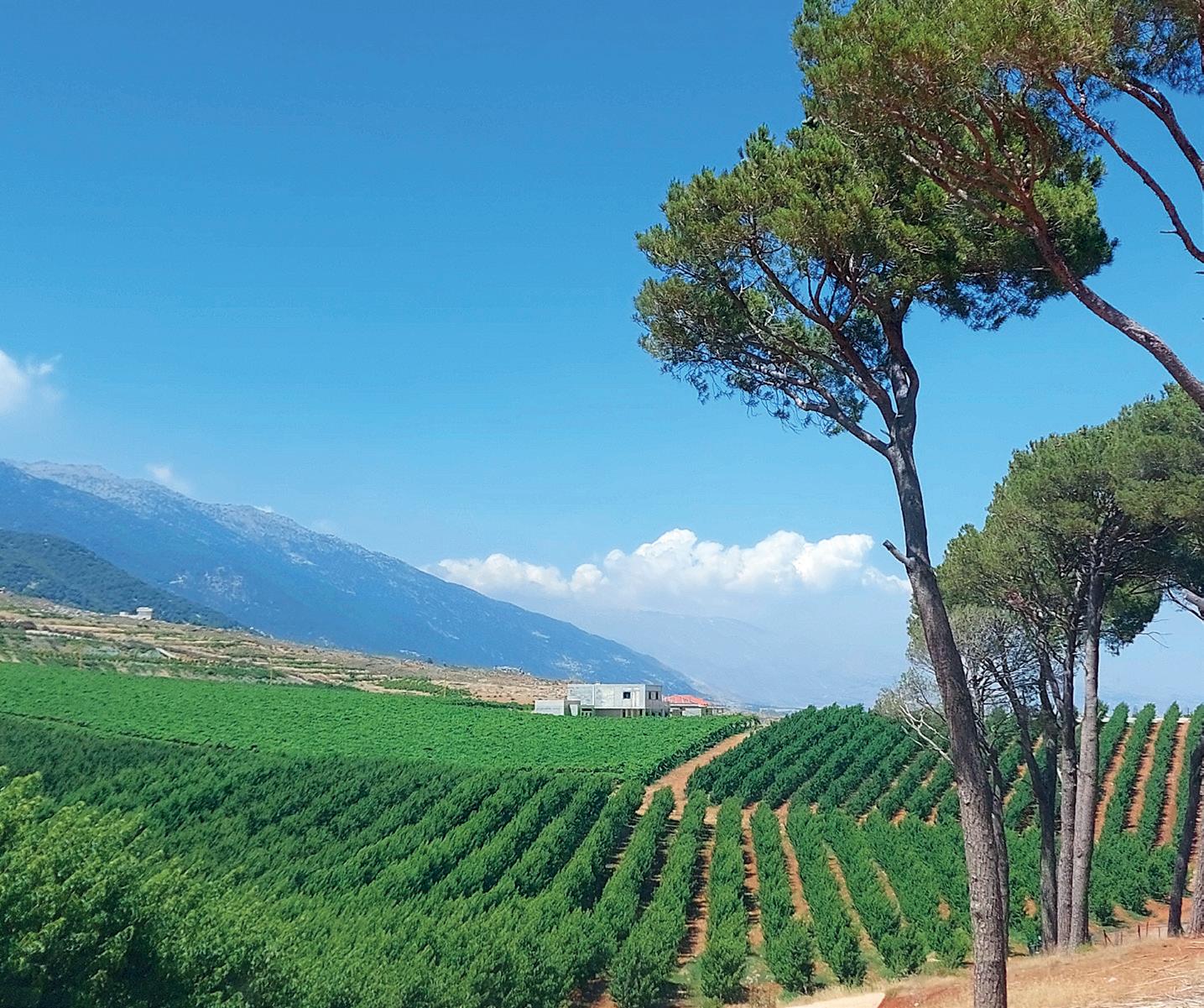
sweetness than many other varieties thanks to the specific weather conditions in Lebanon.”
According to Elias, Lebanon boasts around 16 different microclimates. “This allows you to get really tasty fruits,” he says. “This has been a very good year for Lebanese apples. We have the same production volume as previous seasons, but other producing countries have been affected by weather conditions. This has allowed our prices to finally be competitive on the marketplace. So now we’re able to export to Europe and other places.”
Another challenge, of course, is the falling purchasing power of consumers across Europe, causing many to opt for price over quality. “This is a big challenge for high quality products,” say Elias. “We went into organics to maximise the positive impact of what we do, not just for the farmers, but also for consumers and for the environment. Hopefully things will get better soon.” E
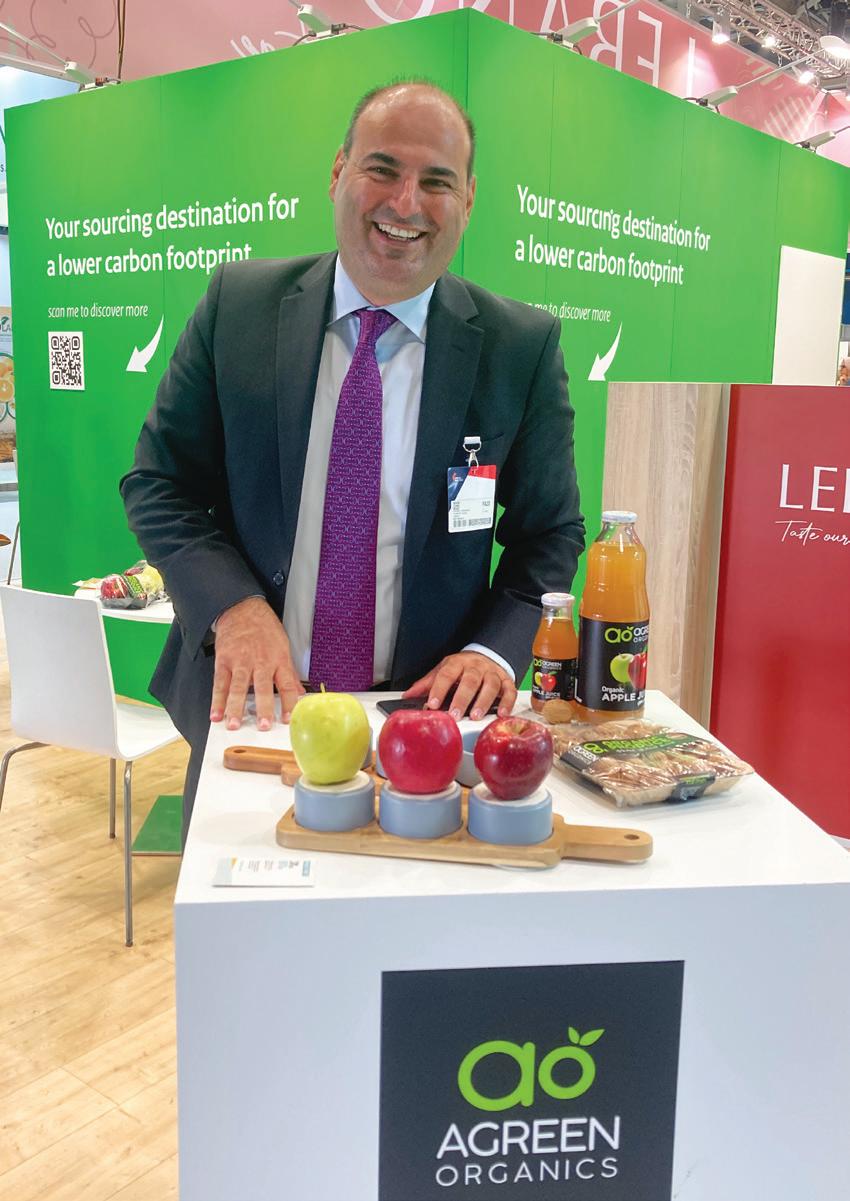
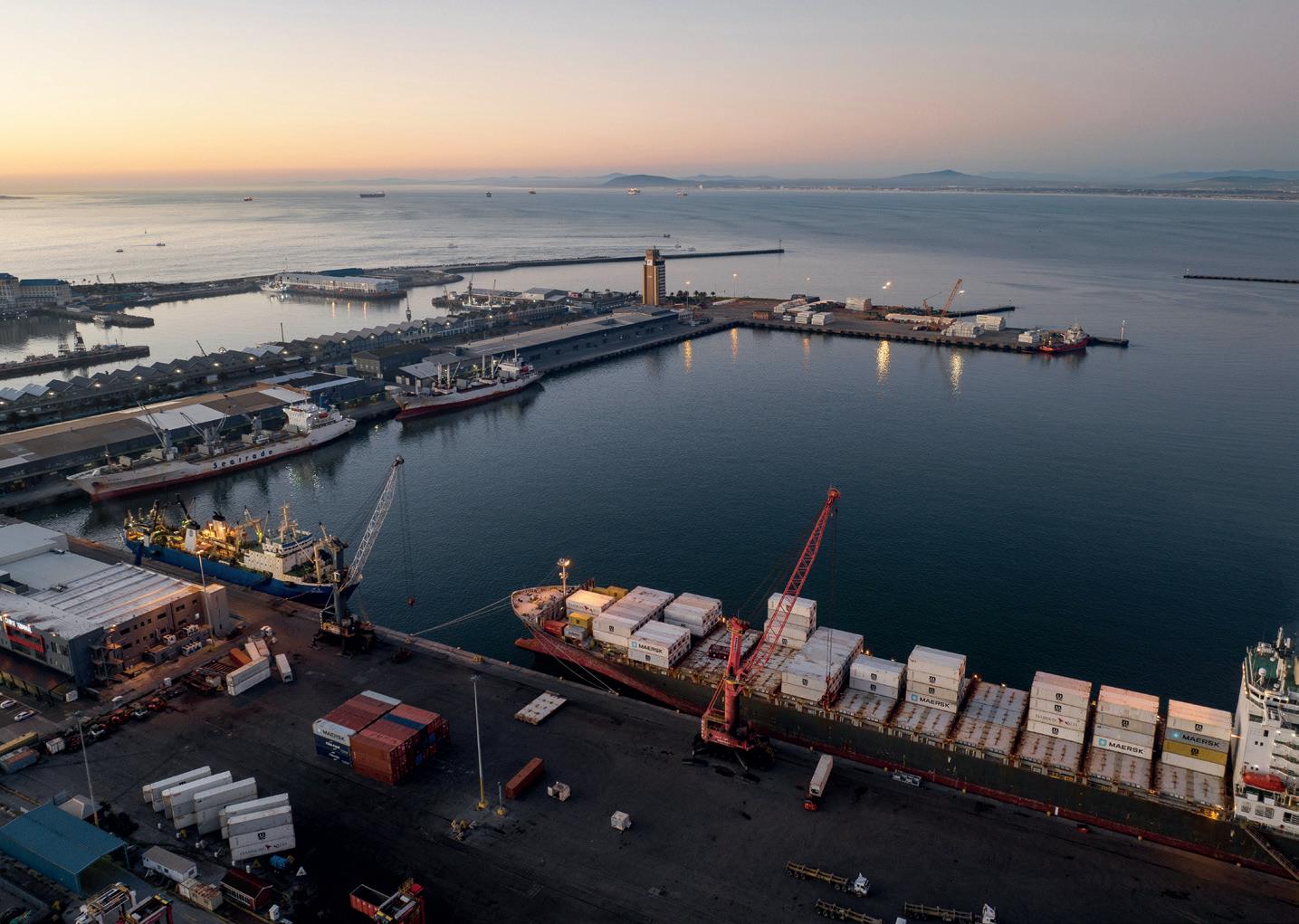
Cape port problems persist
Anger and frustration at the ongoing port issues has reached boiling point, according to Hortgro’s Jacques du Preez
by Fred MeintjesSouth Africa still finds itself in a dire situation with ports across the country, according to Jacques du Preez, head of trade and markets at industry body Hortgro.
This is despite a number of meetings, from an operational level up to minister Pravin Gordhan, and the National Logistics Crisis Committee (NLCC) under the auspices of the president.
“The amount of anger and frustration has reached boiling
“The anger and frustration has reached boiling point in all sectors, especially at the grower level”
point in all sectors and industries, especially at the grower level,” said Du Preez. “Transnet (the country’s transport authority) presented many plans, but delivery and execution are lacking and it’s a case of too little too late.”
COSTLY ALTERNATIVES
South African exporters have been forced to move fruit over vast distances to meet shipping schedules. Alternatives to container vessels are also sought, such as a move to specialised reefers. All these options are costly for an industry that has been through some tough years.
“Transnet is in such a financial mess that they are unable to repay loans and the treasury have stated they will not bail them out,” explained Du Preez in a newsletter to growers. “Rumour has it that they will also run out of cash flow in February 2024. If they are unable to pay loans at the end of February, we are facing a complete disaster.”
Du Preez said it was a scramble to try and put measures in place to rescue the deciduous season. “But it’s a case of putting band-aids over a gaping, gushing wound.” However, he noted that for the first time, the door had been opened to private sector participation –albeit at ”a minute to midnight”.
“A LOT MUST CHANGE”
Many industries and sectors are now, under the NLCC, exploring options and vehicles to fund equipment and expertise from the private sector and recoup the expenses from Transnet.
“But considering their financial position, how will they be able to do this?” Du Preez questioned. ”A lot (everything!) simply must change – from the bottom of the labour chain to the top management, to the equipment. The industry is pessimistic considering the plans and promises made by Transnet over the last year and looking at what transpired, our faith in them is rather depleted. We hope they prove us wrong.
“The most critical link now is the availability and operational ability of the Rubber-Tyred Gantries (RTGs),” he noted. ”The seven second-hand RTGs are en route from Los Angeles and are expected to be deployed in midDecember. This will hopefully bump up the throughput in the container terminal.”
At the Multi-Purpose Terminal in Cape Town things are looking better than last year with three mobile cranes available compared to one last year. There is also a two-berth operation compared with one last year. E
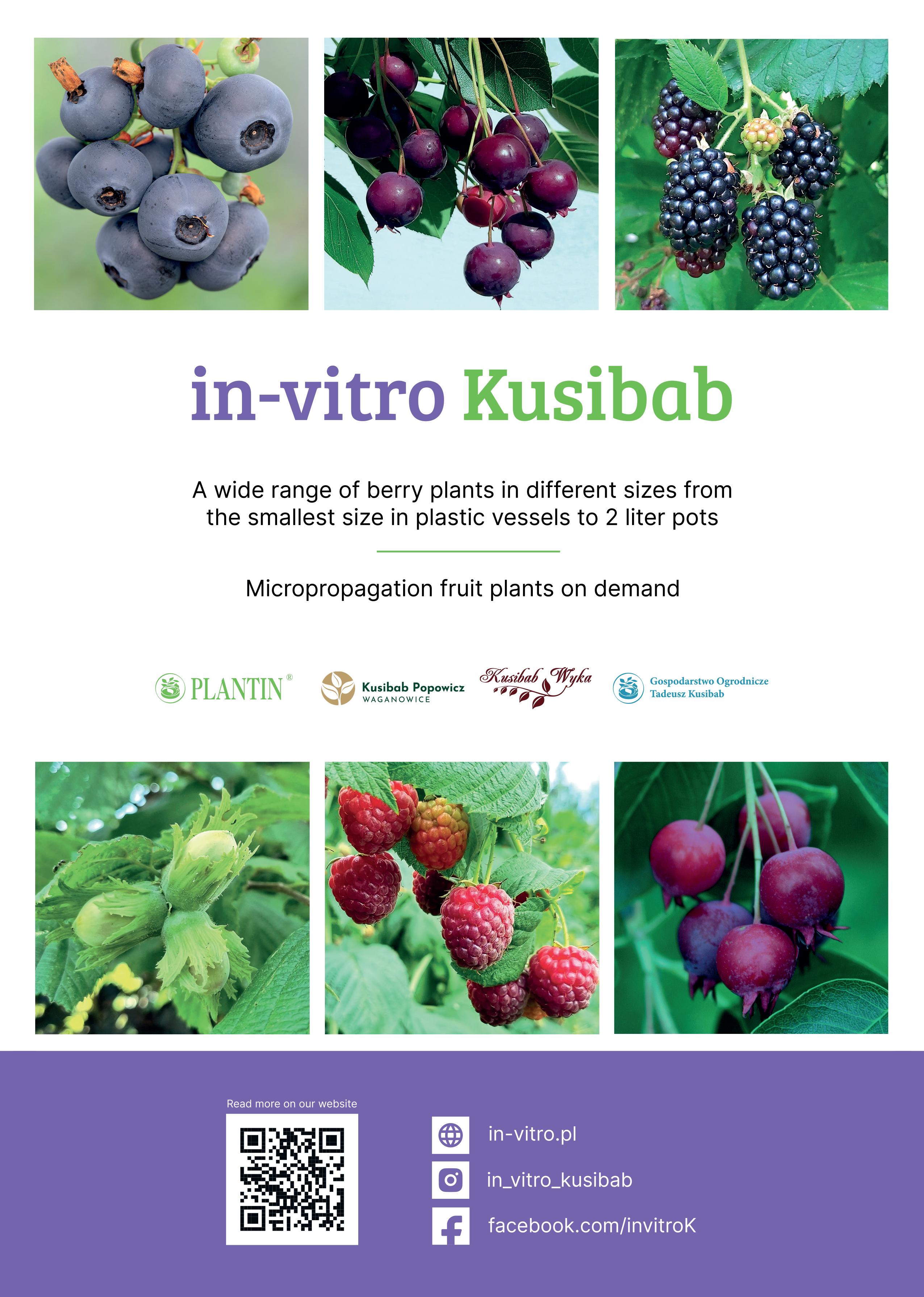
Rajpol’s strong start
The 2023/24 apple campaign has begun in earnest for one of Poland’s leading exporters, with early sales positive and overseas markets receptive.
by Carl Collen @carlfruitnetAs every football fan will tell you, each new season starts with high hopes, and it is was no different for Polish apple leader Rajpol when the 2023/24 campaign kicked off in September. Beginning with a lower crop year-on-year when compared with 2022/23, the
Rajpol also produces summer fruits such as blueberries, raspberries, strawberries and cherries. Combined with apples, pears and watermelons, its total production comes to more than 60,000 tonnes of fruit.
Topfruit is the focus right now, though. Rajpol’s pears are sold

group’s remaining stocks were also completely gone, according to chief executive officer Dominik Wozniak.
“The first three months, September to November, were excellent in terms of sales,” he tells Eurofruit. “December saw a li le bit of a slowdown, but sales were still good. We hope for good sales in the first two quarters of 2024.”
in their entirety on the domestic market, but around 40-50 per cent of its apples go to overseas markets. This is not just the EU but also growth regions in the Middle East, India, Colombia and Costa Rica, among others.
Like the rest of the industry, Rajpol faces a myriad of obstacles each year and 2023/24 is no exception. “Every season is
different and we have a changing economic environment,” Wozniak explains. “Some years we are facing higher costs for energy and raw materials, but then in some we have the advantage of lower transport costs. We have to be vigilant and react fast. For example, in only one month, from 1 October to 1 November, Polish currency lost 10 per cent compared to the dollar and 7 per cent to the euro – that is really big trouble.”
The fields of technology and sustainability are also important for the company, and the former plays a key role in the business, Wozniak confirms. For many years
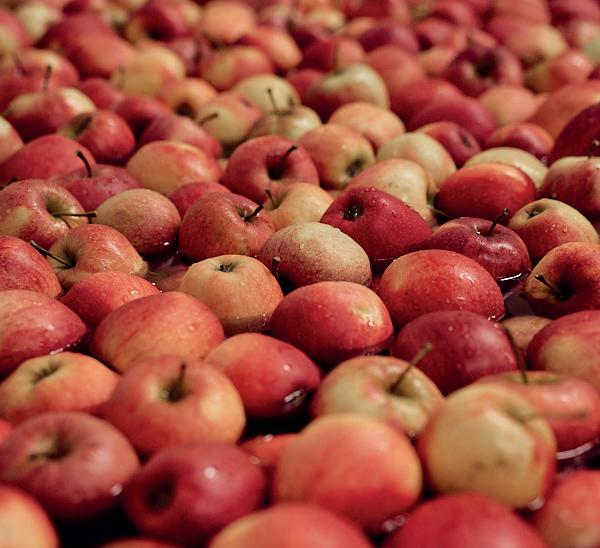
Rajpol has utilised presizing lines with highly developed so ware, and it will soon invest in more modern machinery with AI.
“Sustainability is another important topic and Rajpol is taking action now,” he notes. “The best examples are where we have installed solar panels. We have already installed 1.2MW of solar panels, and more will be added soon. We now cover 30 per cent of our needs, but we want to cover 60 per cent in the next two years. We are also exchanging our trucks to the most modern available, with lower CO2 emissions.” E
ABOVE—Sales have been “excellent” in the early season
LEFT—Rajpol’s Pola-branded range includes an apple crisp offering
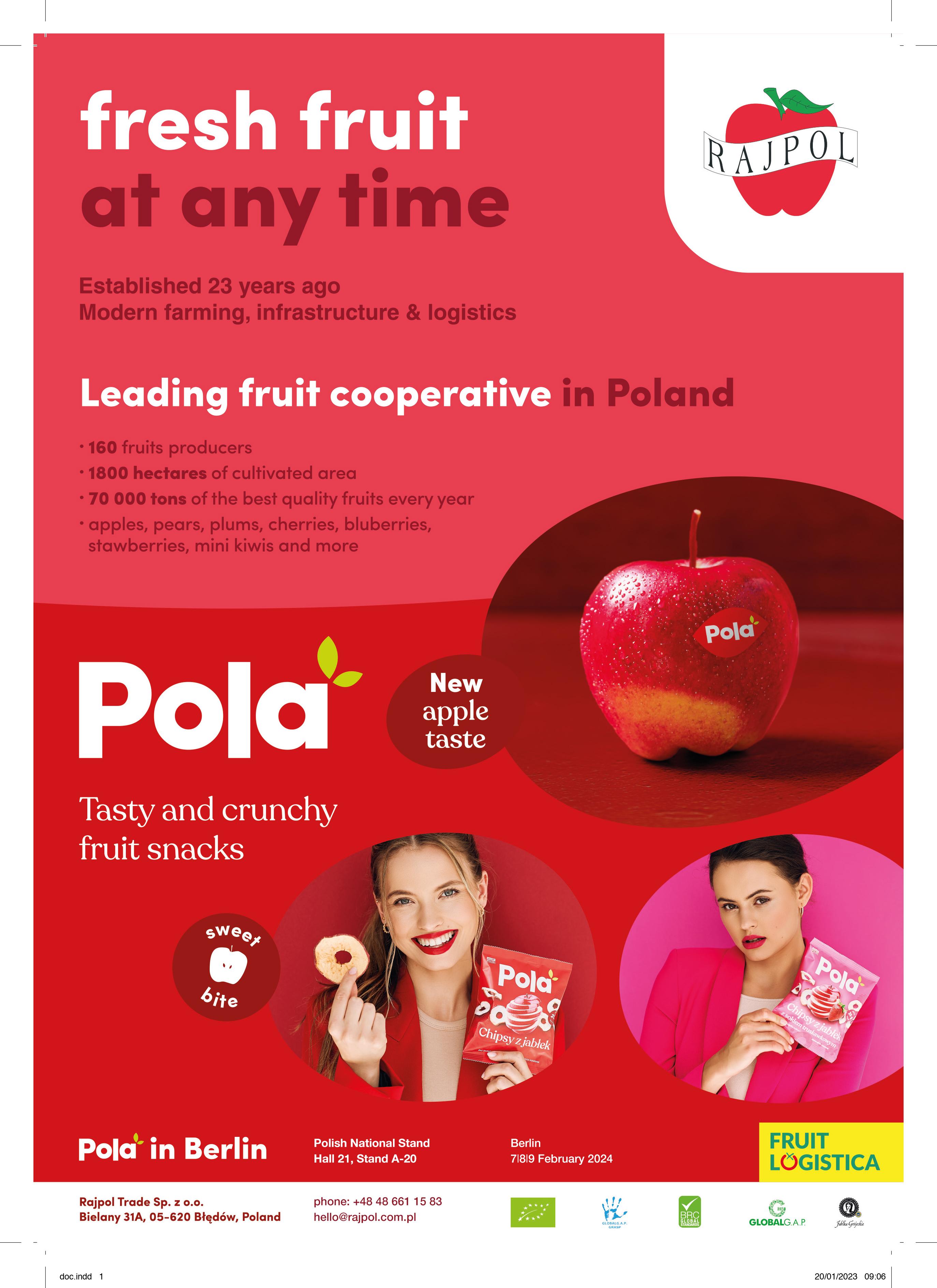
Poland’s fresh produce meeting place
Artur Stasiak, organiser of the Fresh Market B2B Meeting and Trade Show in Poland, outlines what to expect at the event in September.
by Carl Collen @carlfruitnetCould you give us an idea of what Fresh Market is all about?
Artur Stasiak: Absolutely. Fresh Market is about connecting the dots in the fruit and veg world. We’re here to get suppliers and big retail chain buyers in the same room, talk shop, and make deals. It’s about bridging that gap between production and distribution, especially in Poland.
What are the big challenges and opportunities you see for the fruit and vegetable industry right now?
AS: It’s a mix, really. The industry is navigating a complex landscape, facing challenges from market shi s, unpredictable weather pa erns, and political changes. Despite these hurdles, there’s massive potential. Retailers like Dino and Żabka are expanding aggressively, opening up many opportunities for suppliers to distribute their products widely.
How does Fresh Market strive to drive innovation in the industry?
AS: We’re kind of a showcase for what’s new and what’s next. Suppliers get to flaunt their latest and greatest products, and there’s a bit of a competitive edge too, with awards for the most innovative stuff. It’s all about encouraging producers to keep pushing the envelope.
What’s in it for fruit and veg suppliers at Fresh Market?
AS: It’s all about connections. Suppliers get face time with the people who ma er – the decisionmakers in retail chains. Beyond just networking, it’s a deep dive into market trends, sharing insights, and really understanding what drives the business in fruits and vegetables in our region.
When is the next edition of Fresh Market?
AS: The next edition of Fresh Market is scheduled for 18 September. We strongly advise suppliers to register early to book their meetings with retail chain representatives. Due to high demand from suppliers and limited availability of slots with retailers, early registration is crucial to ensure you don’t miss this vital opportunity for your business.
Can you share your thoughts on the future direction of Fresh Market?
AS: Sure. Fresh Market is going to keep doing what it does best – being the go-to meeting spot in the fruit and veg world in Poland. We’re planning to keep evolving, making sure we’re the place where new business opportunities are always ripe for the picking. It’s all about keeping that tradition of innovation and great networking alive. E
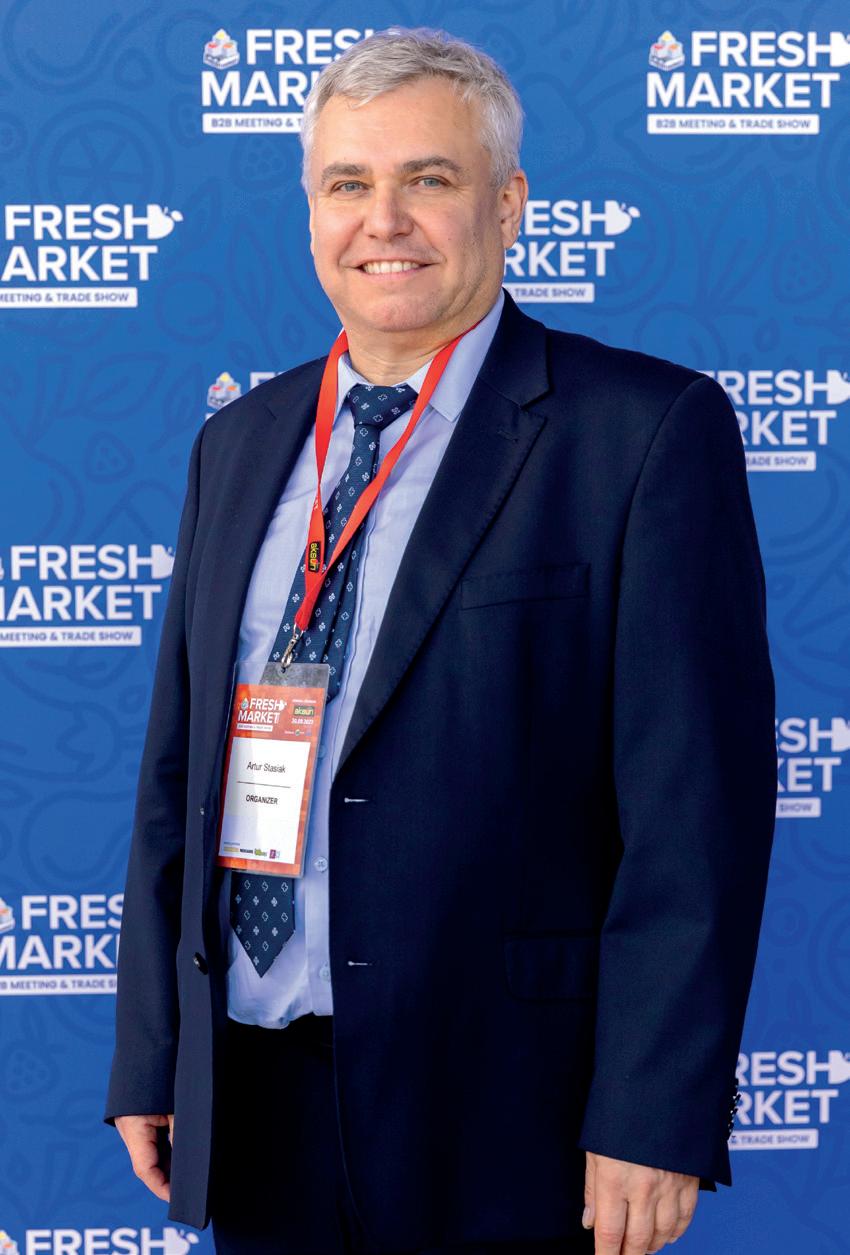
Retailers are expanding aggressively, opening up many opportunities for suppliers
MEET EUROPEAN BUYERS AND SUPPLIERS OF FRESH PRODUCE
Date: 18.09.2024
Location: Warsaw Poland
THE BIGGEST EVENT ON THE MARKET OF FRESH FRUITS, VEGETABLES AND FLOWERS IN POLAND
Hazera on the front line of innovation
Michał Taraska, global fresh chain manager at Hazera Poland, highlights the ways the vegetable seed specialist is contributing to greater efficiency, reduced waste and better quality.
by Carl Collen @carlfruitnetAs we begin 2024, what are your main hopes for the year ahead?
Michał Taraska: Our primary hope for 2024 is to continue innovating. When I say innovating, I don’t only mean introducing new products that better suit the needs of the market, such as the Exceed watermelon, but also seeking new opportunities for sustainable growth. We see ourselves at Hazera to be at the front of the changes that could contribute to less waste and more efficient farming. Our tomato range, which we call ‘Tomatoes that Work for You’’, is a particularly good example. Not only is it resistant to ToBRFV virus, but its production is also less labourintensive. We believe our products will become popular both with growers and retailers in the coming year. As for the challenges, I think navigating the volatile global market is a big issue at the time of inflation and unstable political situation.
What are the key developments or changes at Hazera?
MT: Recent months have seen our company focus on technological advancements in breeding methods, enhancing crop resilience and quality. We have invested significant
resources in our glasshouse infrastructure to develop hightech tomatoes. We have already noticed that our efforts are paying off. The development of products such as Pendragon tomatoes and mini seedless watermelons are proving popular with consumers. These successes strengthen our team spirit and foster even more creativity within the company.
How has your company adapted to the many challenges the fresh produce business is facing?
MT: To address challenges such as rising costs we have put a lot of effort into offering the market products that suit perfectly the current situation of the market. We are happy to be quick in responding to the changes on the market and try to deliver the right product at the right time. That’s why all our product ranges have significantly reduced production overheads.
In terms of manual labour and higher efficiency in harvesting, this can amount to 40 per cent lower cost of production. This has been achieved on top of ToBRFV resistance, which in itself eliminates the cost of expensive, and not necessarily healthy, chemical intervention. Lower cost of production means lower price for consumers. The name ‘Tomatoes

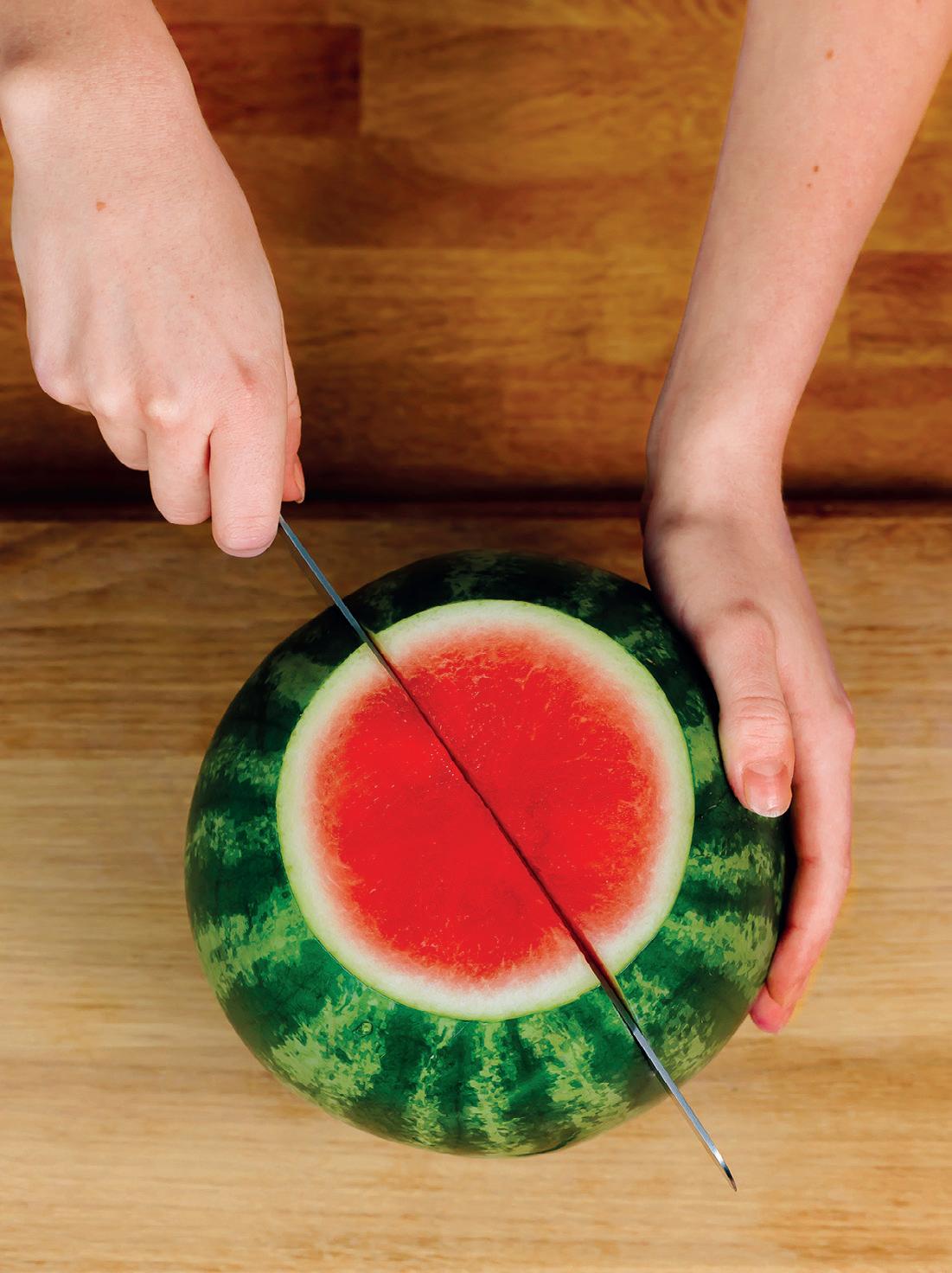
that Work for You’ is not an empty slogan. It is actually a promise that we are determined to keep in these challenging economic times.
How is the market for your products performing?
MT: Although we still have high inflation and the costof-living crisis, people are more conscious about the importance of healthy diets, so we can see a growing consumption of good quality fruit and vegetables. Even more expensive varieties such as Rosamunda tomatoes are proving popular, and those products which are reasonably priced and respond to the needs of modern consumers are doing well and will do well in the future, like in the case of the handy-size seedless watermelons. Our flagship product, Exceed, fits perfectly smaller-size households, and we believe its popularity will grow.
What are your key products, and where are your most important markets for these products?
MT: Our key products include mini seedless watermelons, cherry tomatoes, along with promising prospect for brassicas and cucumbers. Primarily, our tomatoes with ToBRFV resistance thrive in Morocco, Spain and northern Europe. We also leverage Central and South America for the production of mini watermelons in winter (Lynx, Expert and Exceed) with Spain remaining the hub for summer production with the Exotica variety. This way we can ensure a yearround supply to meet market demands.
What volumes are you expecting to produce this year?
MT: We anticipate a notable increase in production this year, leveraging improved breeding techniques and expanded cultivation areas. Only 1.5 years from the launch of Pendragon tomatoes, we are expecting to produce 330ha just in Spain. We expect these volumes to grow in the future.
How is the role of technology advancing at your company?
MT: For a company like Hazera, which aims to enhance crop quality, reduce waste and optimise resources, technology is of vital importance. These goals can only be achieved through technological advancement. Technology is integral to our breeding programmes. We are consistently spending more on research and development, aware that these outlays are well spent.
What about sustainability? In what areas are you looking to enhance your sustainability efforts?
MT: We are dedicated to enhancing sustainability. In tomatoes, resistance to ToBRFV requires much less
To address challenges such as rising costs we have put effort into offering products that suit the current market situation
pesticides and a longer shelf-life reduces waste. The Exceed watermelon, being an extremely strong plant, needs less water, and its resistance to Px makes it less reliant on the use of chemicals.
What are you showcasing at Fruit Logistica in Berlin?
MT: We believe that Fruit Logistica is a perfect event for showcasing our varieties, highlighting their superior attributes and our sustainability credentials. We are so happy that Exceed, traded by StayFoods Group, has been chosen for the final in this year’s competition in the category of innovative product. E

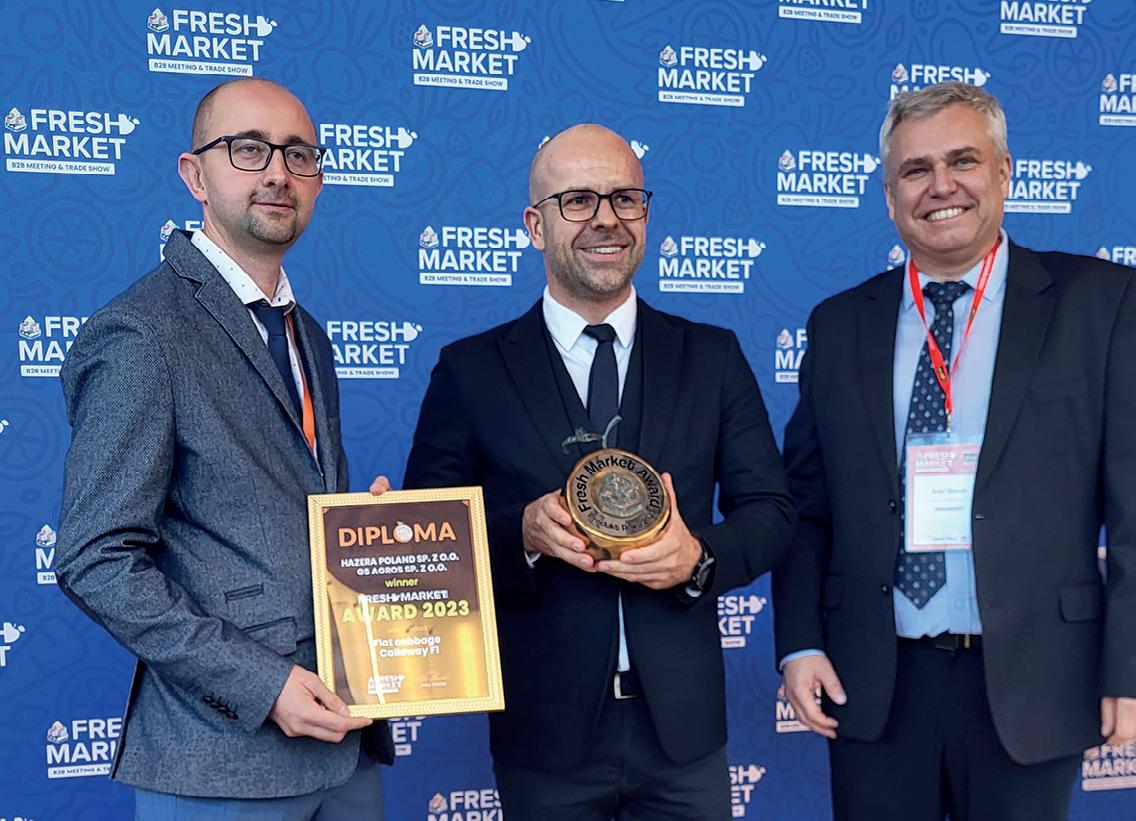
Serbia event connects suppliers with European buyers
A selection of buyers from across Europe descended on Belgrade last October for Fruitnet Forum South-East Europe, with the aim of exploring new sourcing opportunities in the region.
by Tom Joyce @tomfruitnetFruitnet Forum SouthEast Europe took place in Belgrade, Serbia, on 25 October, connecting Serbian and regional fresh produce suppliers with a selection of European buyers.
A total of 10 buyers, from Sweden, Norway, Poland, Belgium, Italy, Germany, Romania and Bosnia, were invited to explore business opportunities with 40 domestic suppliers and 10 regional suppliers, with 150 business-to-business meetings scheduled.
Serbian suppliers are keen to diversify their markets, with Russia still dominating the country’s exports, and see opportunities for growth in established categories like apples and berries, as well as in stonefruit, grapes and a whole range of vegetables.
Given the impact of extreme weather conditions, which are expected to become more frequent as a result of climate change, it is becoming increasingly important to diversify sources of supply, according to Gordan Tolevsky, head of sales and sourcing at EuroGroup Italia, the vertical sourcing company for German retailer Rewe.
Tolevsky expressed the importance of establishing long-term partnerships with suppliers and highlighted the need for companies to be aware of the different requirements for exporters within Europe.
“The event is very well
organised,” said Aleksandar Leko of Berry Berry. “We are representing a cluster of nine blueberry plantations in Serbia. And we are looking for a partner for our next harvest in 2024. We’re talking to potential buyers and planting the seed for future cooperation.”
Serbian blueberries enjoy a five-week window starting in early June, once the Italian and Spanish seasons have finished and before Poland arrives in July. “There is a huge opportunity,” said Leko. “Many people here have no knowledge about Serbian blueberries.”
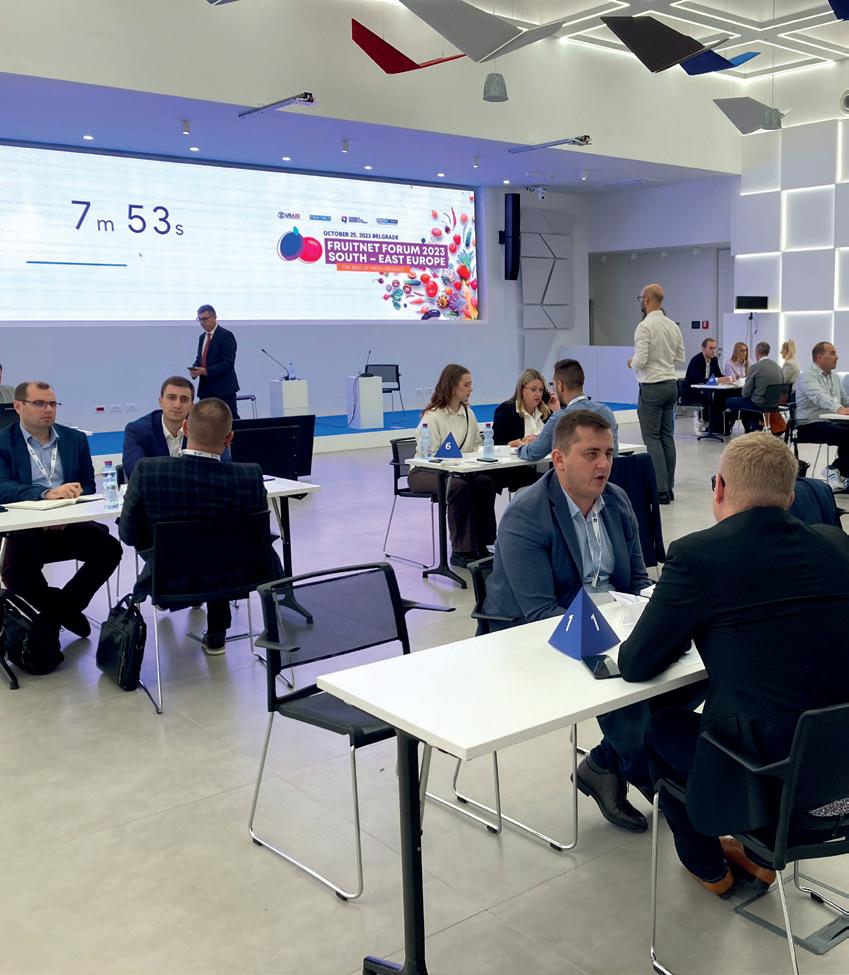
Climate expert Professor Mirjam Vujadinović Mandić from the University of Belgrade stressed the need for Serbian producers to take a long-term view on the climate, incorporating expected changes in the region’s weather pa erns before making long-term growing plans.
She warned that the region was prone to drought, making responsible use of water resources a major priority, as well as protection of biodiversity and the soil.
Even if net zero were achieved tomorrow, she warned, growers would need to adopt adaptation measures to protect their production, including the use of hail nets and managed irrigation.
Fruitnet Forum South-East Europe 2023 was organised by Fruitnet and the Serbian Chamber of Commerce, with the support of the Big Small Businesses project funded by development agency USAID.
“It has been an immense success,” said Zlatko Jovanovic, Agriculture & Food Specialist for the USAID project. “This sort of dedicated B2B event is pre y much unique for this region. This is the first opening for many smaller Serbian, Macedonian and Albanian companies who may not have a chance to participate in bigger shows like Fruit Logistica. Many European buyers don’t know what these countries produce, let alone the standards or the taste, which is probably the most important thing. But when they see the quality of domestic agriculture here in Serbia, they want to cooperate with our local producers.”
Naida Zečević Bean, director of USAID’s Office of Democratic and Economic Growth in Serbia, commented: “The Serbian and regional food sector offers immense growth potential. Adapting to crises, staying competitive, and connecting with buyers are crucial. Today, we can all discuss these vital issues with trade experts, learn about market trends, and establish valuable business connections. USAID is proud to support today’s gathering that helps agribusinesses from Serbia connect with the world.” E

Kazakhstan sees opportunity for growth with UAE
At the World Investment Forum in Abu Dhabi, Kazakhstan’s minister for trade stressed the investment opportunities in the country and the importance of Central Asia as an agricultural hub.
by Tom Joyce @tomfruitnetInvestment from the UAE is providing Kazakhstan with good opportunities for growth in bilateral trade relations, according to Arman Shakkaliyev, the minister for trade and integration of the Republic of Kazakhstan.
At October’s World Investment Forum in Abu Dhabi, Shakkaliyev told Emirates News Agency (WAM) that the country had plans to boost bilateral trade to US$1bn (AED 3.67bn).
“We discussed investment in environmental, social and governance (ESG) and climate change agenda, and as a representative of Kazakhstan, I showed our plans about new trade roads from the Caspian
Sea to Abu Dhabi and Dubai ports in the UAE,” he said. “It is very important that a new road connects Central Asia as an agricultural hub and gives us new challenges to open regional markets.”
“The key direction of Kazakhstan’s investment policy is to increase competitiveness, create optimal conditions for investors, and attract investment in non-resource-based exportoriented sectors of the economy,” he explained.
Shakkaliyev said the country was focused on attracting investment in developing transport and logistics.
“Kazakhstan has become a vital transport and logistics centre in
Eurasia, offering 11 international transit routes, five railways and six roads,” he stated.
“We have started to work with large logistics companies such as Simatech Shipping & Forwarding and Abu Dhabi Ports Group to develop a new transport route for the supply of agricultural goods from the Kazakh port of Kuryk to the Gulf countries,” he continued. “This route will allow Kazakh exporters to deliver their goods in three days through UAE ports and onwards to all key ports in India, Pakistan, AsiaPacific countries and the east coast of Africa.
In addition, Shakkaliyev said, Kazakhstan was interested in implementing joint investment and technological projects in the agro-industrial sector.
“As one of the world’s largest agricultural exporters, Kazakhstan is committed to using its agricultural potential to address global food shortages,” he said. Kazakhstan strives to facilitate investment and trade by applying the core principles of transparency, predictability and efficiency in trade and investment processes.” E
Anadolu Etap welcomes opportunity for Turkish apples in Europe
The Turkish company’s focus on improving quality in recent years is starting to pay off as European apple volumes took a dive in the latest campaign.
by Tom Joyce @tomfruitnetTurkish grower-exporter Anadolu Etap’s focus remains, as its motto outlines, healthy foods for healthy generations, and a commitment to improving the quality of its produce is at the heart of this effort. “We have been working hard on quality and have improved a lot in the last three seasons,” says commercial manager Aysel Oğuz “We aim to deliver only the best quality from Turkey, and this is something we’re very proud of.”
Following a decent stonefruit season last summer, the company found itself well placed to take advantage of climatic issues affecting many apple producing countries. “We had a very nice summer for stonefruit, including for peaches and nectarines,” says Oğuz. “We did a lot of truck shipments to CIS countries and Europe, and it was a good season for air shipments to Asia. We
have received nice feedback.”
Concerning apples, Anadolu Etap has been developing its orchards with the planting of new varieties, but due to the extreme conditions in much of Europe, demand for Gala and Granny has also been higher.
“There was excitement for this apple season,” says Oğuz. “Weather conditions in Europe were a little bit hot this year, so some areas have been affected badly, some a little less. We are very happy our farm is located in an area that was unaffected by the weather issues.”
Given the shortage of apples on the market, the outdated view of Turkish apples as a cheaper alternative is certainly set to change. “There used to be a perception from some customers that Turkish apples were the cheaper apple,” says Oğuz. “Now this perception is changing because there has been a lot of
“We aim to deliver only the best quality from Turkey, and this is something we’re very proud of”
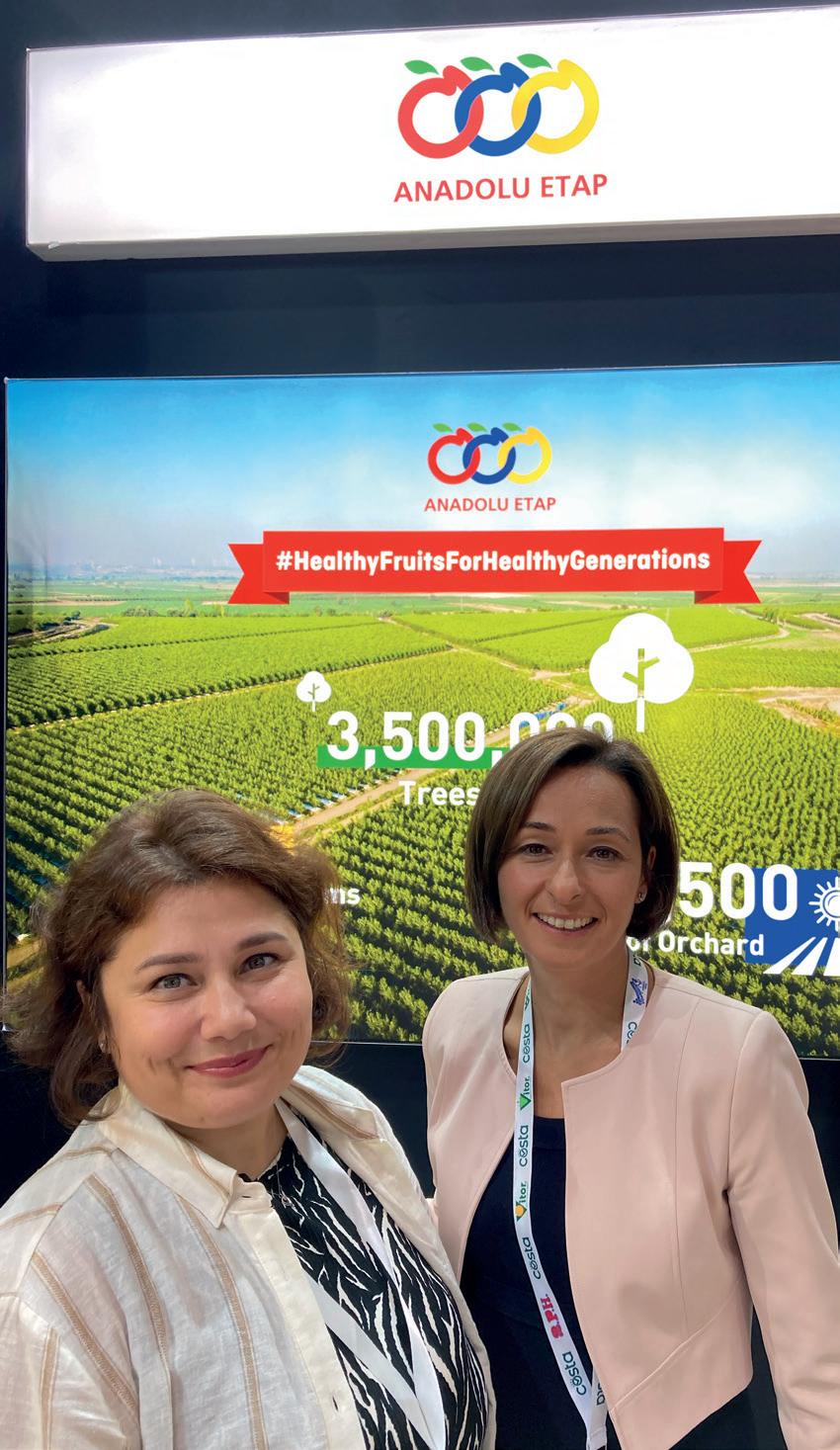
improvement in terms of the machinery, the infrastructure, the packaging, everything.”
With labour becoming more expensive and harder to find, the era of cheap apples could well be over. “It’s getting much more difficult to find labour,” says general manager Handan Eren. “We have labour coming from all over, staying for five or six months at a time, so you need to support their families, provide good living conditions and also educational projects for their children.” E
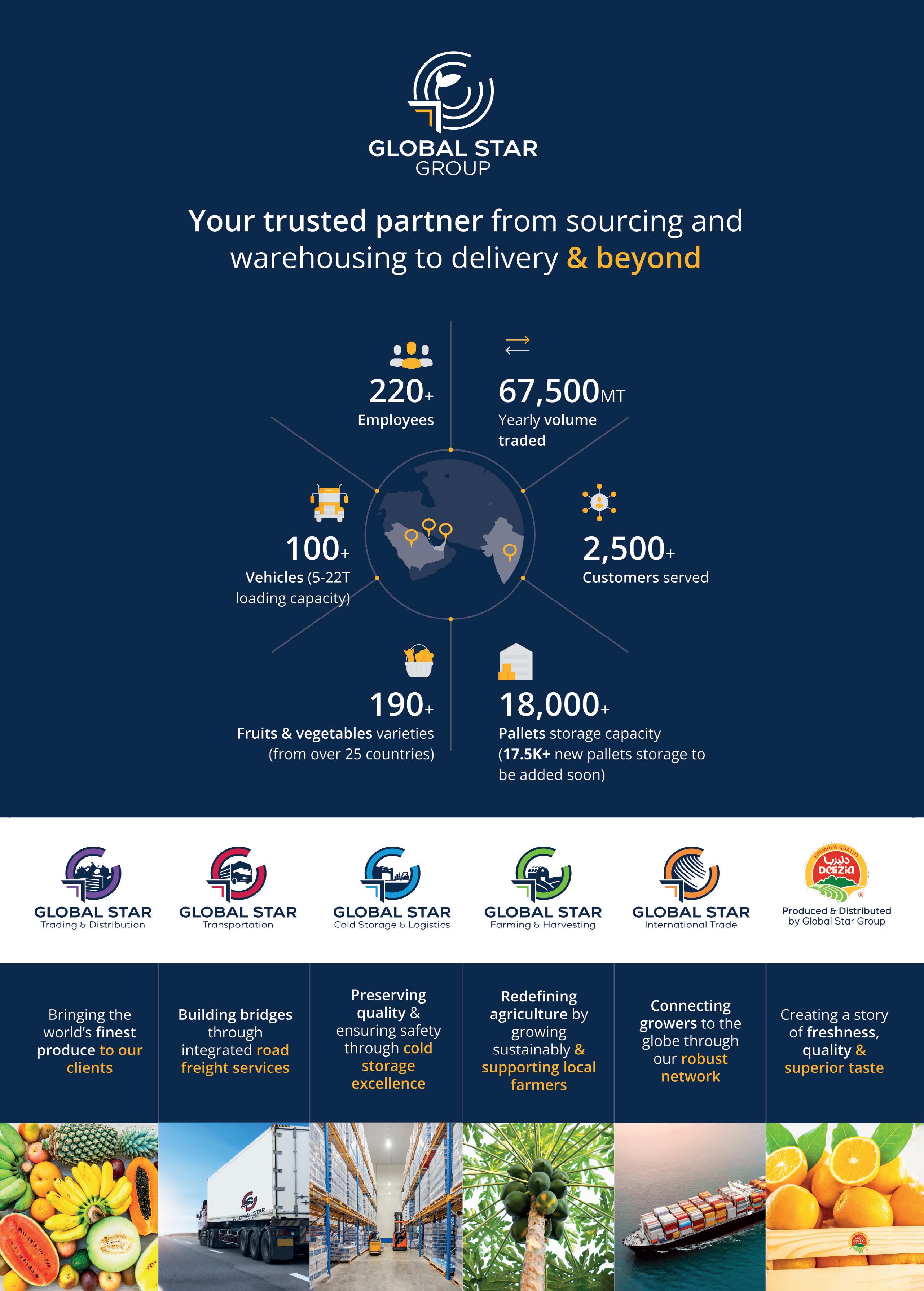
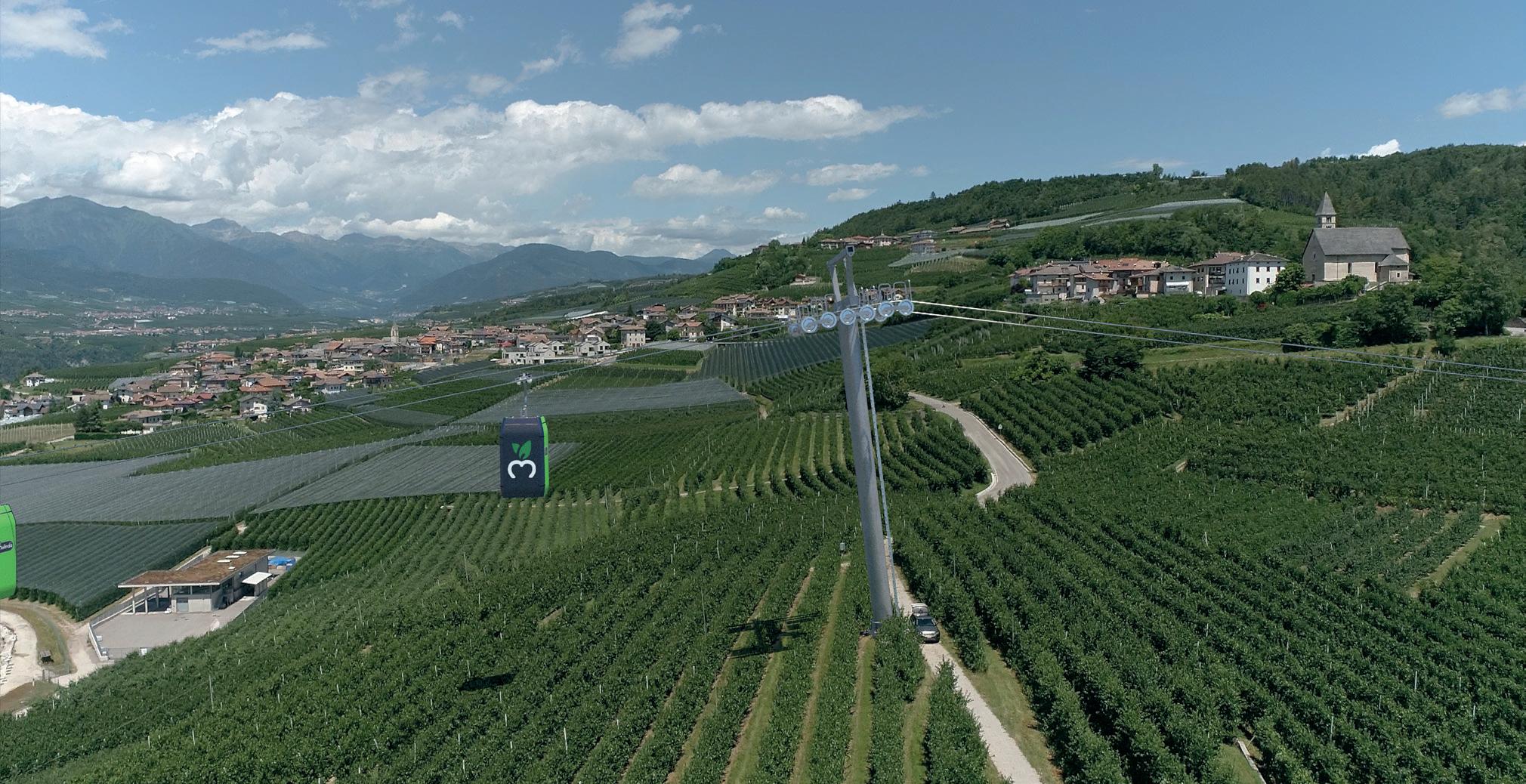
Italy supports cable-car system for apples
The Italian government has backed Melinda’s unique plan to remove truck journeys between its Predaia packhouse and its mountain storage centre.
by Mike Knowles @mikefruitnetAunique logistical system designed to transport pallets of fruit using cable cars in Italy’s Dolomites has been given the green light.
The first of its kind anywhere in the world, the project has been designed specifically to transport apples sold by leading Italian brand Melinda from its Predaia packhouse in Trentino’s Non Valley to a storage centre housed inside a nearby mountain.
The cable-car project was announced at a special meeting in Rome, recently, in the presence of Francesco Lollobrigida, Italy’s Minister of Agriculture, Food Sovereignty and Forestry.
As a result, 40 per cent of the project cost – equal to more than €4m – will be covered by the government scheme.
“The apple cable car project is a virtuous example of how PNRR funds should be invested,” comments Lollobrigida.
“It guarantees an organisational advantage, responds to the needs of a complex mountain area, [and] demonstrates the importance of intelligent and far-sighted investments in the agricultural sector.”
“We want to be able to transform this industrial innovation into a tool that adds value to the Trento-Alto Adige region”
GREEN GAINS
The potential impact on Melinda’s environmental sustainability is clear. By 2024, the fully automated solution should enable Melinda to transport 40,000 tonnes of fruit each year.
This should save around 6,000 truck journeys, or 12,000km of road transportation, and reduce its CO2 emissions significantly as a result.
“This result is an extraordinary recognition for all our consortium members,” says Ernesto Seppi, president of Melinda. “An award for the planning that we have been able to implement and which will contribute to the efforts in favour of sustainability that have been underway for some time now.”
He continues: “And, what is obviously not secondary, it ensures environmental benefits that are not at all negligible. Our applause can only go to the creators of the project and to all of Melinda. We are certain that this initiative will be a stimulus for the entire Italian industry.”
Seppi adds: “Our goal and mission is to offer highquality agricultural products while reducing, step by step, their ecological footprint. In general, fruit and vegetables are a product with low margins, [so] these efforts to rationalise logistics could have a
Its ingenuity placed it second out of more than 100 different proposal applications for funding as part of Italy’s recently launched ‘recovery and resilience’ plan. »
CAN YOU GE T THE MOST OUT OF YOUR SALES?
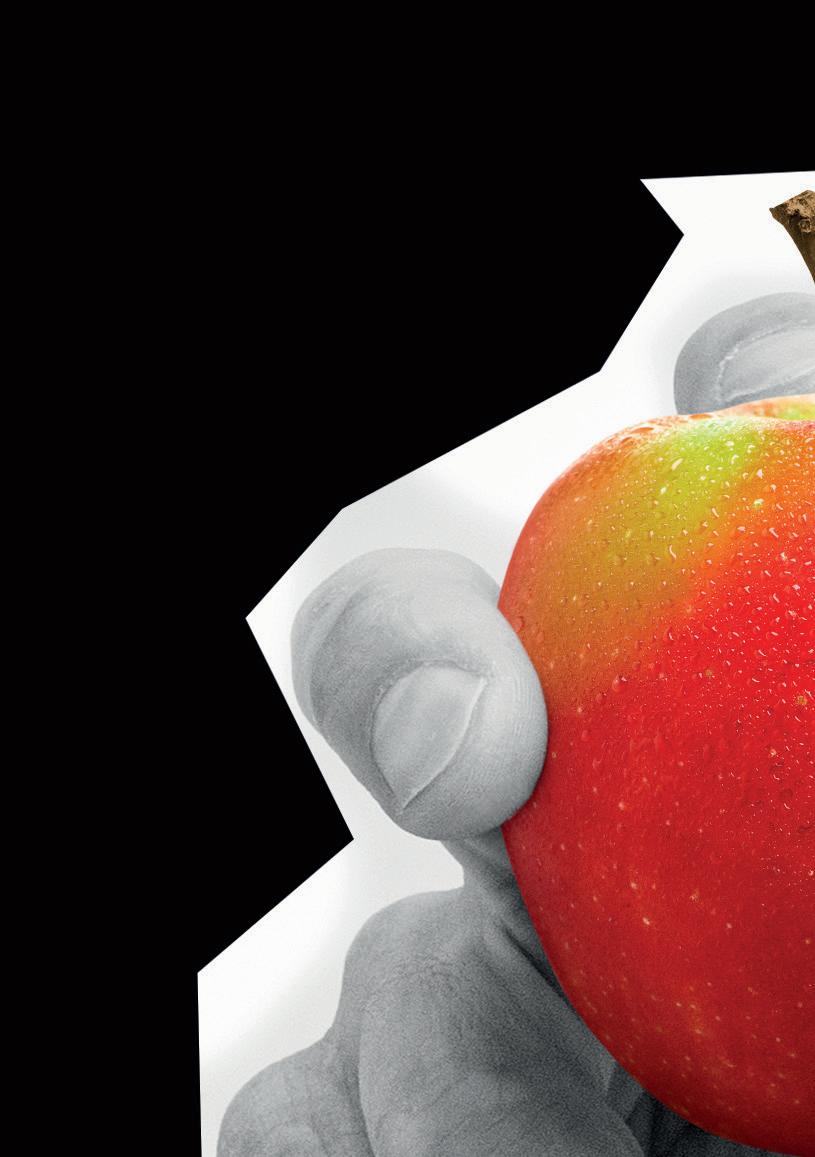



K A NZI® apple s of fer the per fec t balance of a sweettangy taste, juiciness and cr unch that your consumers are looking for. A nd w ith instore suppor t combined w ith consumer promotions and a multichannel c ampaign, we are sure we c an help you to get the most out of your s ales!








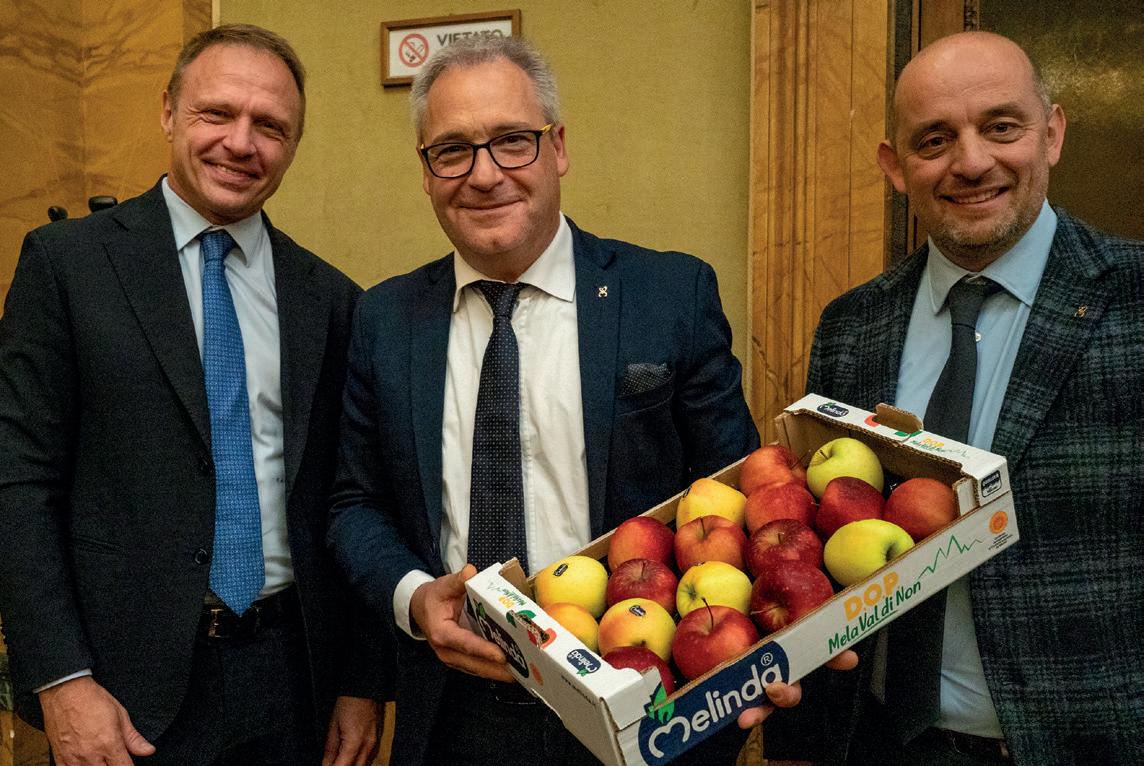
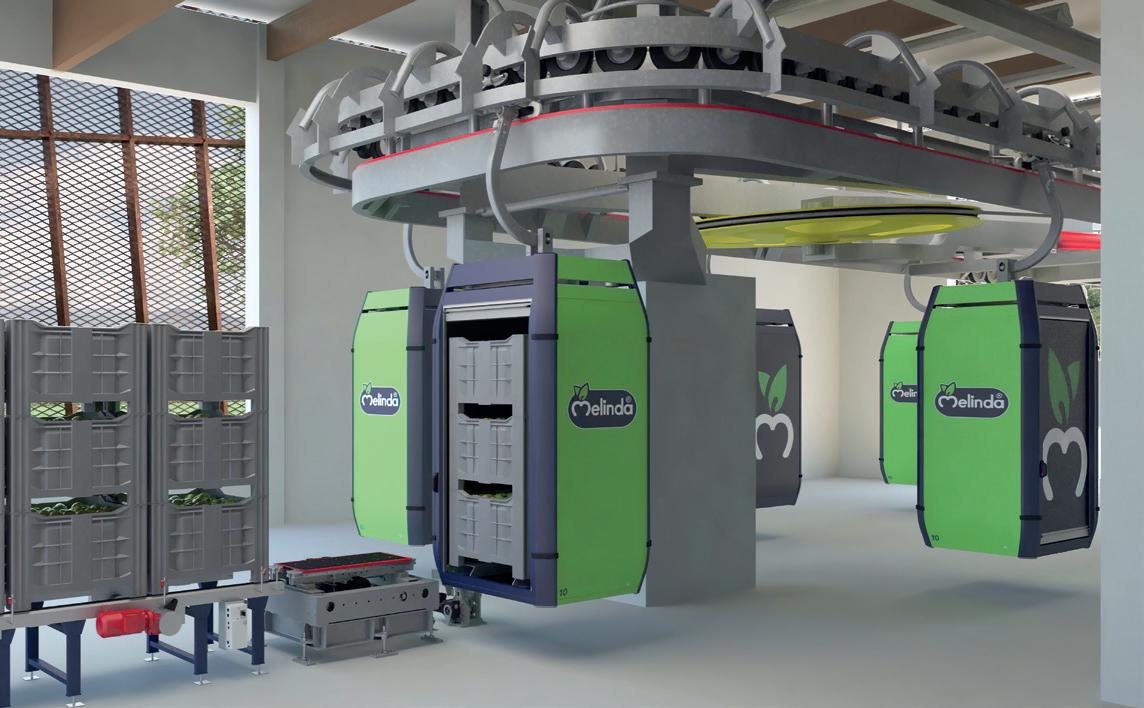
positive impact on the economic sustainability of the supply chain.”
Each cabin on the 1,300m cableway will carry three stackable bins of apples 87 metres up into Melinda’s unique storage centre, which occupies space in a disused area of the Rio Maggiore mine, deep inside the Dolomites.
months, 15 trips per day are needed to retrieve fruit that has been sold.
VIP puts faith in alliance approach
So-called club apples, varieties grown and sold under controlled licensing schemes, are a big part of the commercial strategy for the Val Venosta Association of Fruit and Vegetable Cooperatives (VIP), based in north-east Italy.
It’s easy to see why. Brands like Ambrosia, Kanzi, Envy, and Cosmic Crisp offer improved taste and flavour to suit increasingly discerning consumers. Plus, they can be grown in different parts of the world to sustain year-round supply.
A decade ago, those managed apple varieties accounted for only 1 per cent of VIP’s entire production. But following major investments in established brands as well as new varieties like Yello, SweeTango, Kissabel, Bonita, and Natyra, that figure is on course to reach 30 per cent by 2030.
No wonder the supplier opted last year to entrust development of its licensed varieties to one of its most capable commercial managers, Fabio Zanesco (below). A vastly experienced member of the VIP team, Zanesco now has a key role to play not just in VIP’s success, but the success of various international marketing alliances.
“It is important to network,” he explains. “As well as with the club representatives, it is necessary to coordinate with various figures within VIP, first and foremost the production managers, the sales manager and the marketing manager, but also with the other production consortia, which turn from competitors into partners with club apples.”
12,000 kilometres of road transport likely to be saved
The system can reportedly transport 460 containers, or 150 tonnes of apples, per hour at a speed of 5 metres per second.
TRUCKS AWAY
At present, the transfer of harvested apples into storage during the autumn requires ten trucks to make a total of 80 trips per day, each carrying 36 bins. Then, over the following nine
With plans already in place to expand the storage capacity inside the mountain to 40,000 tonnes, those journeys are expected to increase by 30 per cent, which makes the cablecar project so important.
It also has significant implications for tourism, says Seppi. “In this way, we want to be able to transform an industrial innovation into a tool that adds value to the region. Soon, we will be able to tell tourists the story behind each of our apples and the innovation efforts to make this activity increasingly sustainable.” E


Home of apples
The Origin of our apples, Expertise that has ripened over years of working together, a focus on Sustainabilty: this is where our wide variety of Products and Brands comes from. These are the building blocks of our company, where the best apples can always be found.
Origin
At the heart of it all is our land.
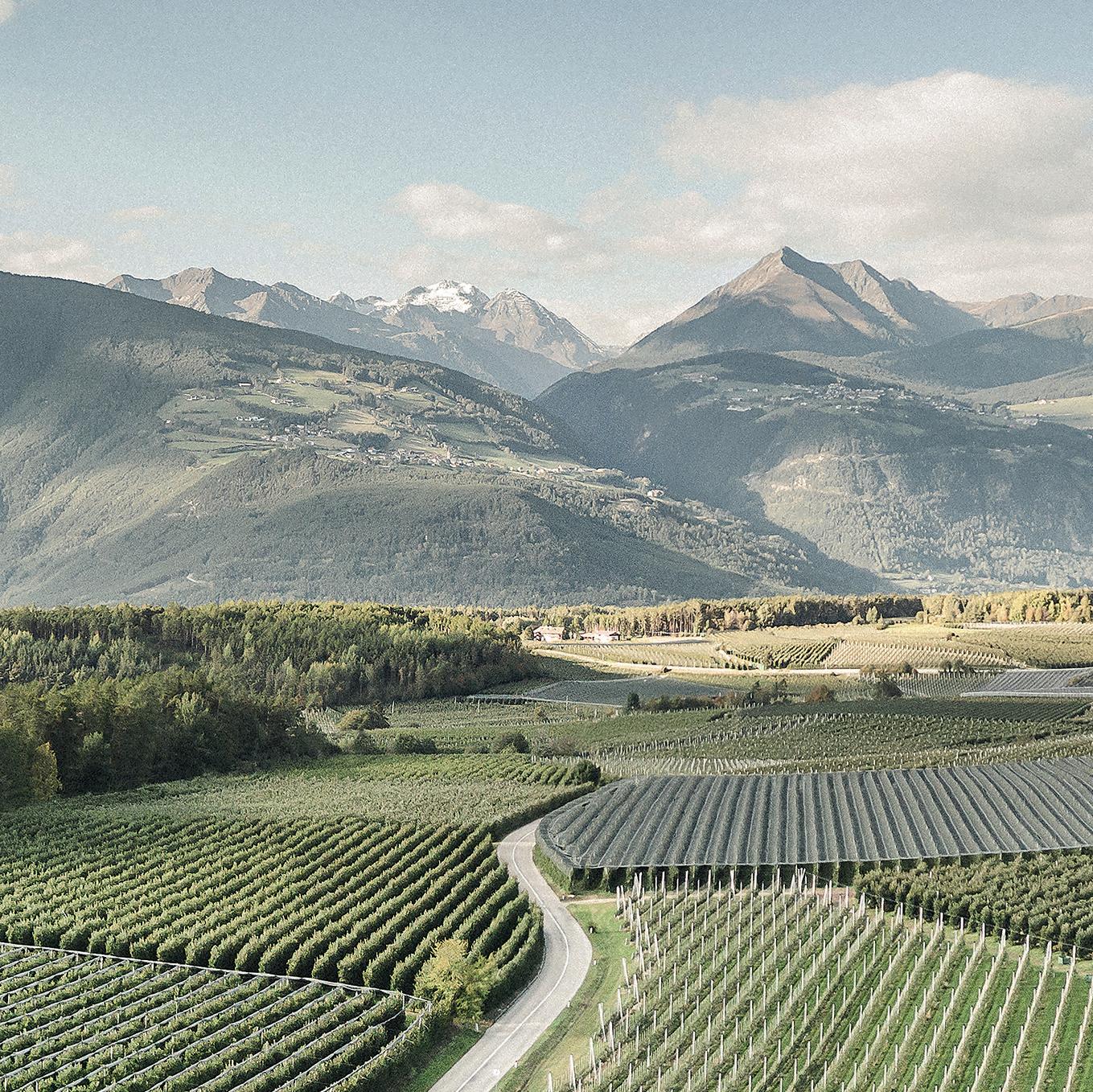
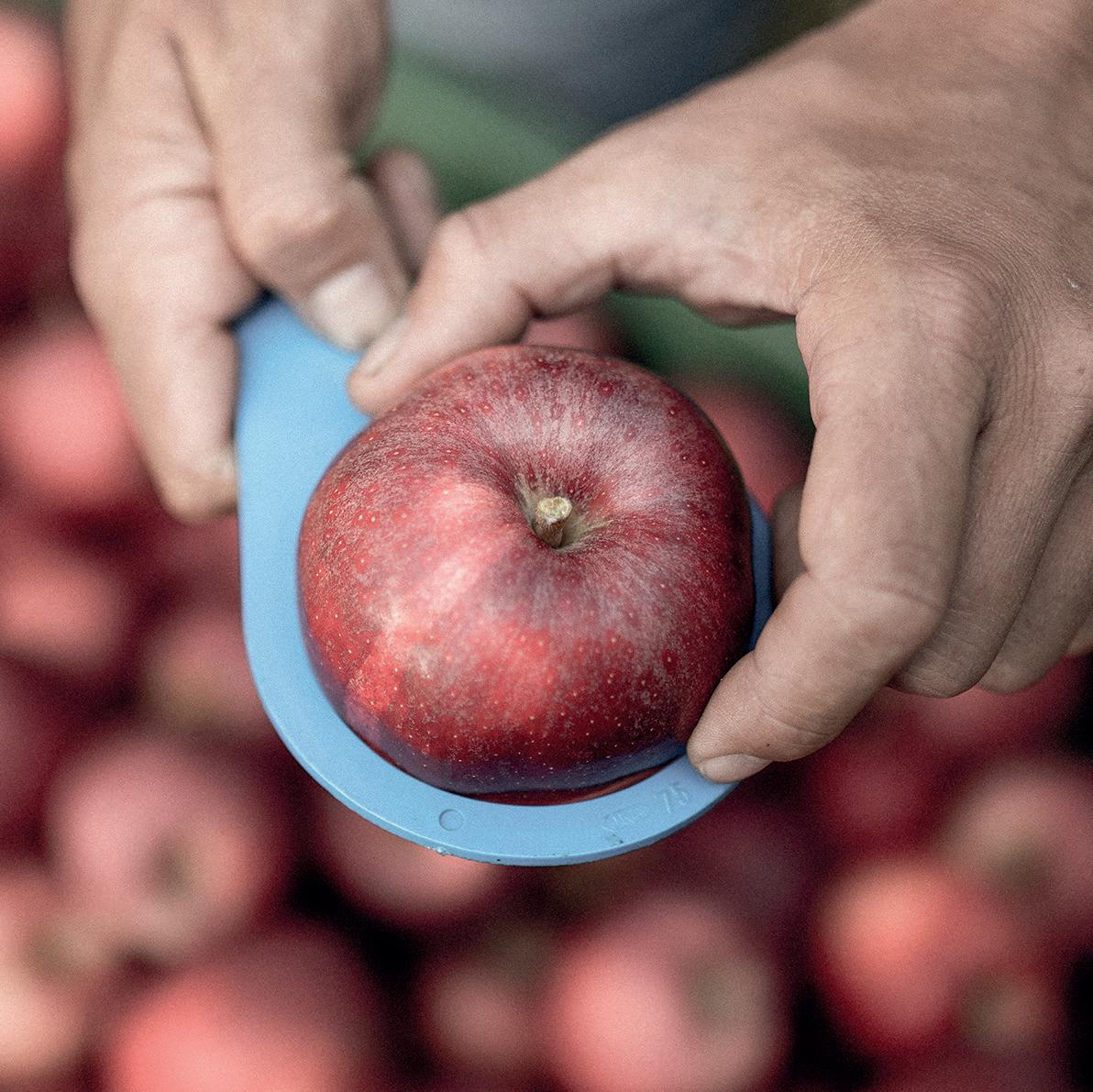
Expertise
At our place, we share expertise to cultivate quality.
Sustainability
Sustainable today for tomorrow’s generations.
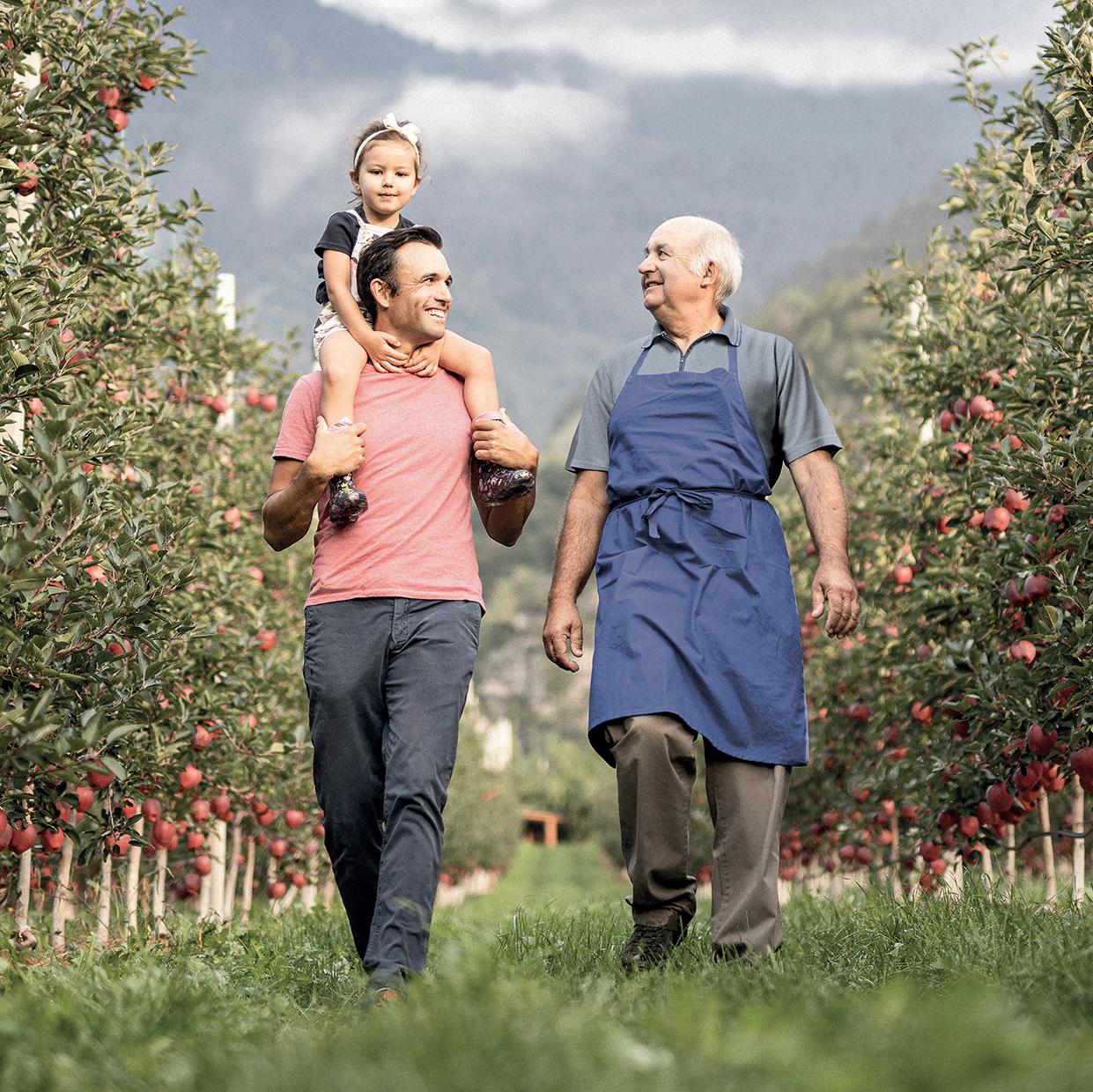
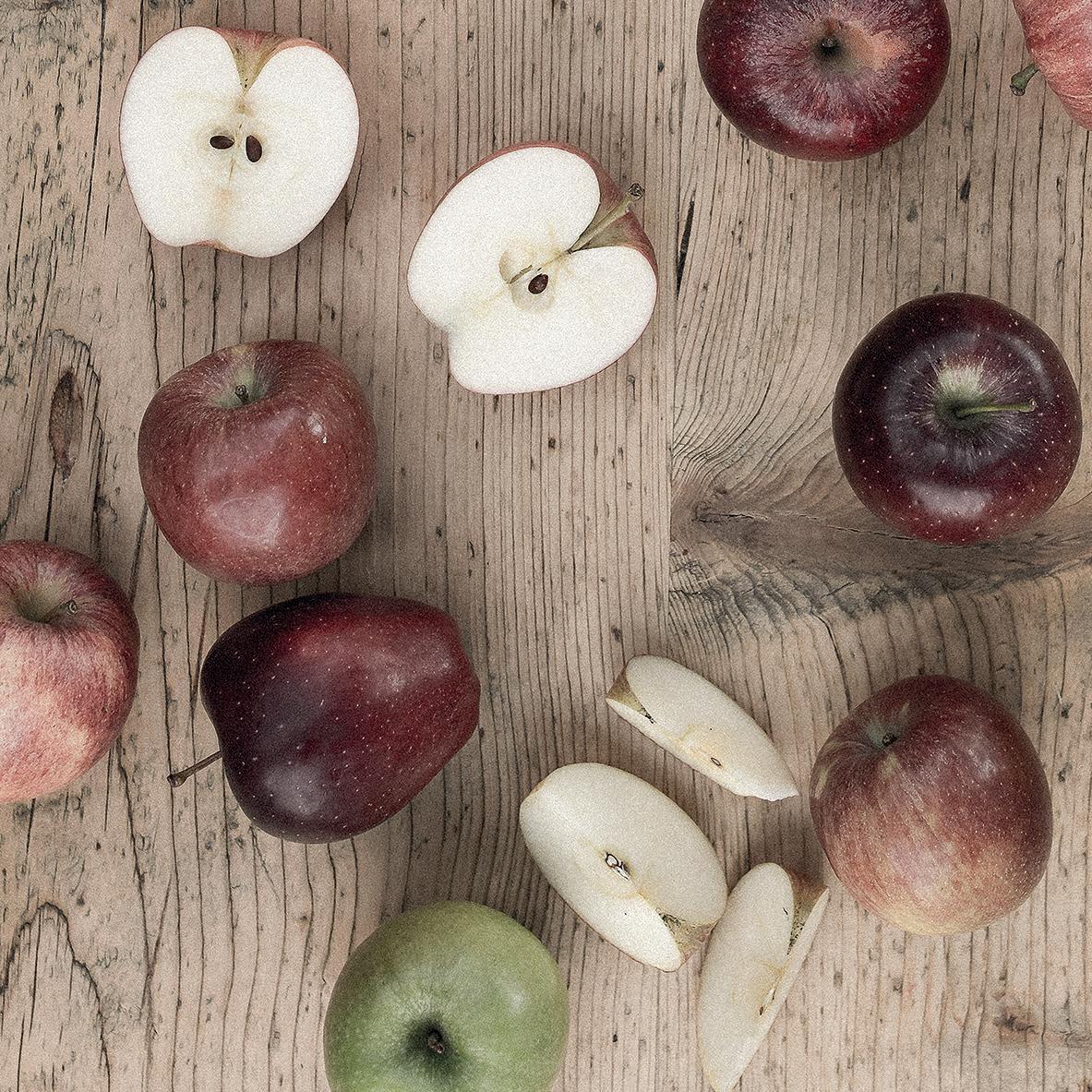
Products & Brands
The best apples live here 12 months a year.
Here you’ll find the perfect apple for every taste alongside expertise in high-quality apple cultivation. Excellent products and services, as well as the most experienced fruit-growing experts, live here under one roof, following the entire value chain, from growers to consumers. Origin, Expertise, Sustainability, Products and Brands are the four building blocks that make up our home.












































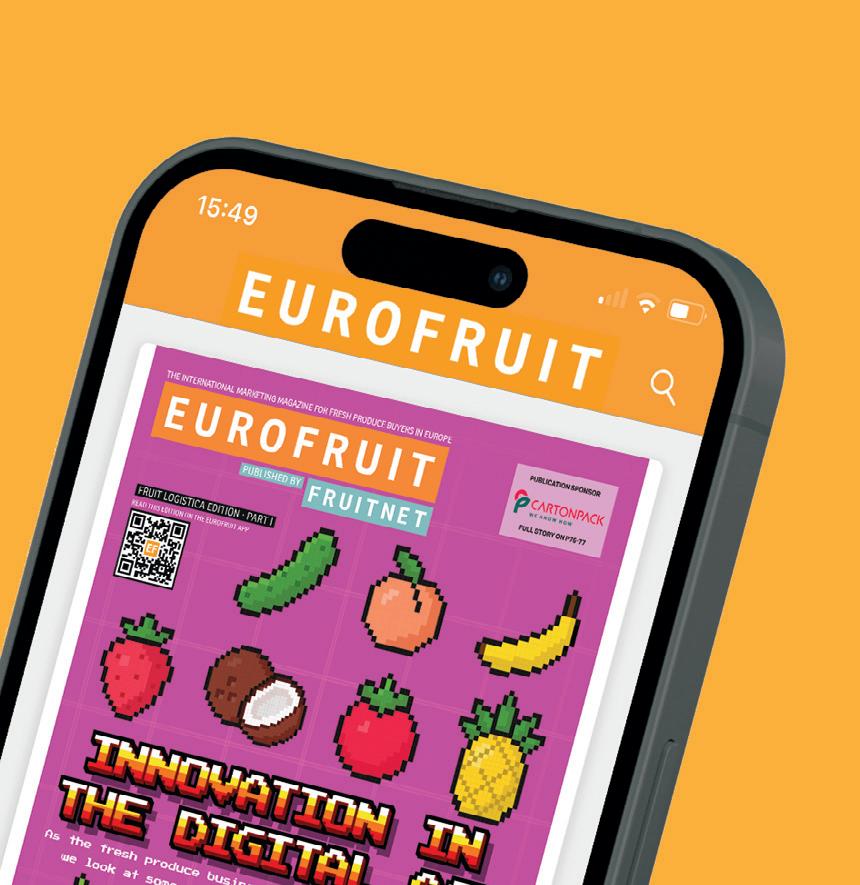










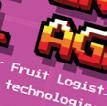



































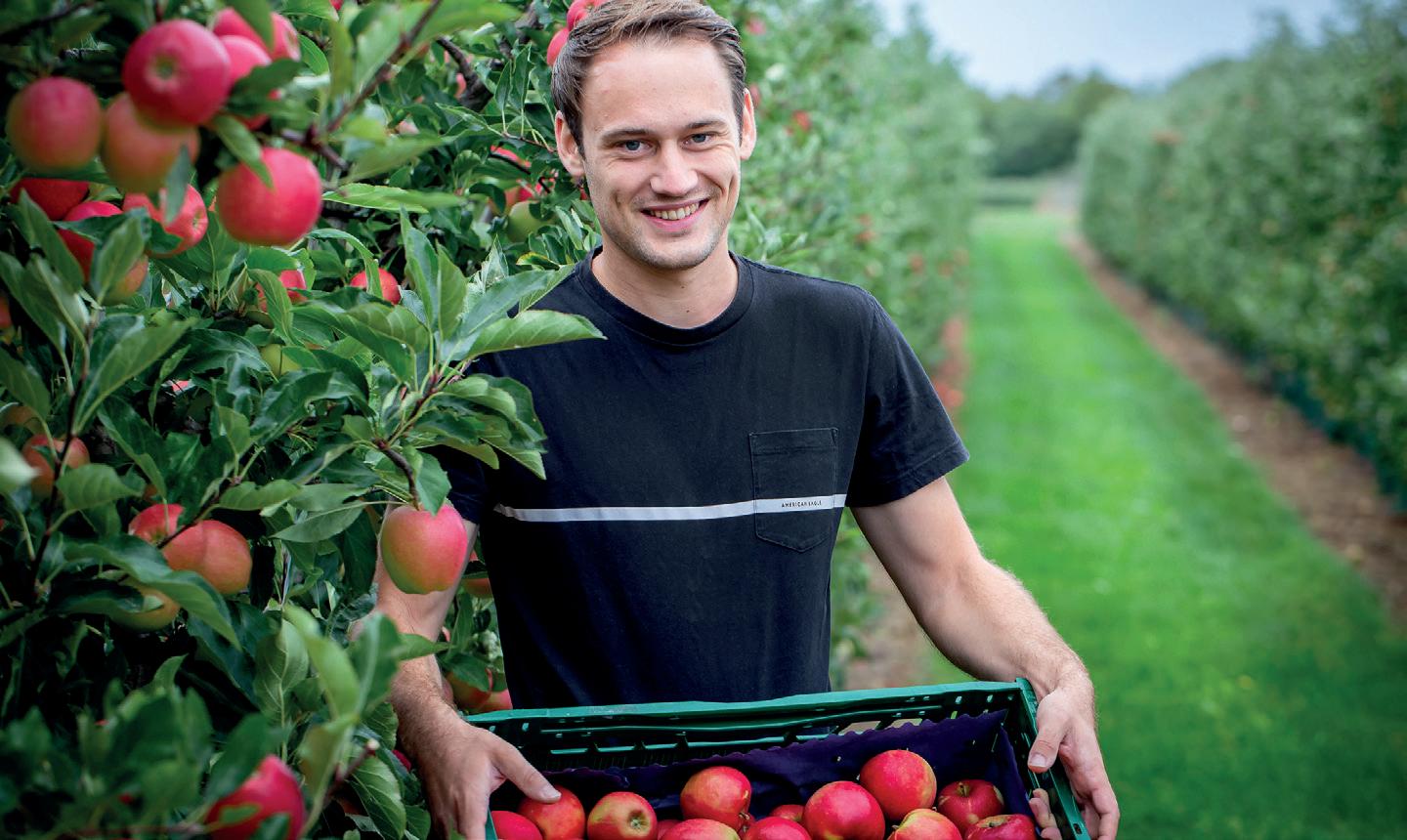
Regional supply key to German apple market growth
As a new season brings better prices and more stable supply, members of the Landgard cooperative report strong demand for homegrown fruit.
by Mike Knowles @mikefruitnetGerman consumers want more homegrown apples in future, according to leading fruit and vegetable cooperative Landgard. As a result, the cooperative is working with its member growers in the country to ensure bigger and more reliable supply of the fruit.
In the western part of Germany, where Landgard has 440ha of apple orchards, the company says it has noted strong consumer demand for regional apples –especially for varieties with more crunch. It has also advocated for long-term, sustainable prices that reflect the rising costs of production.
Philip Wißkirchen farms 32ha of apples and four hectares of pears on his family’s third-generation orchard in Meckenheim, in North Rhine-Westphalia. He says higher prices seen for apples this year are a welcome change.
“In the past year, the prices for apples did not rise, but our costs did,” he said. “It’s good to see that our product is finally being valued again. After all, what we produce here is much more than just an apple. There is a lot of hard work, passion, and entrepreneurial risk involved in each individual fruit.”
POSITIVE START
German growers have reported a positive start to the 2023/24 season, with good quality fruit and stable yields. “The quality is very good and the fruit is well coloured, firm, and therefore also good for storage,” says Arthur Heinze, fruit sales manager at Landgard.
As the harvest of late-season varieties neared completion, Heinze said that growing conditions for apples in Germany had been good overall this year. A cold spring did delay blossoms and pollination, so the season started
The company has reported strong consumer demand for regional apples, especially varieties with more crunch
about seven to ten days later than last year. However, there were no extreme weather events, such as hail or extended periods of heat, which meant the crop avoided any major damage. Only the Elstar variety, which is prone to alternate bearing, had slightly lower yields than in previous years.
VARIATIONS ON A THEME
For Wißkirchen, the strategy is to produce a wide range of apple varieties, including Wellant, a relatively new variety that he says has a great taste and aroma. The Wißkirchen family has also invested heavily in new technology to make their production more sustainable.
They have improved their hail protection, installed a modern, partially automated sorting system with water drainage, and converted their cooling facilities to run on green electricity. They have also built two large water reservoirs to provide reliable and efficient irrigation for their crops.
“In the long run, this will pay off for the entire fruit growing industry in this region,” Wißkirchen concludes. “What could be better for consumers than an apple from the region that is grown in an environmentally friendly and sustainable way, picked ripe, and delivered to the market in a short time?” E
Eva celebrates major milestone
Managing director Roland Rosenzopf looks back on the development of the Austrian apple business over the last 30 years.
by Carl Collen@carlfruitnet
Eva, the Austrian apple leader, celebrated 30 years in business in 2023, having been founded in November 1993 through an alliance of five large Styrian producers. Roland Rosenzopf, managing director at Eva, said there was a “real spirit of optimism” at the time, with the group’s founders keen to serve the European market with a strong
brand. “In the past 30 years, the whole market environment in the fruit business has seen some changes, but the company has steered through all difficulties,” he tells Eurofruit. “The pooling of marketing activities and one combined appearance in the market is, even 30 years later, still a key factor.”
To mark the occasion, Eva has launched a marketing campaign under the banner ‘30 years of Eva’, and is holding an opening ceremony in Styria last September.

According to Rosenzopf, apples from Austria have a very high reputation internationally – especially those grown in the Styrian region – with Gala and Golden Delicious particularly well thought of, especially given the fact Eva is able to supply Gala late into the season. Eva also offers a range of club varieties such as Evelina, Tessa, Kiku, Kanzi and Rockit.
“There are countless challenges that are currently impacting everyone in the industry. But every time of change always offers new opportunities and possibilities.
“The main task will be to be a reliable partner with premium product qualities for our long-standing customers in order to generate corresponding revenue for our producers,” he added. E

T&G expands Envy footprint
China’s first commercially grown Envy apples were sold in the country last November, a development many see as a “significant opportunity”.
by Liam O’Callaghan @liamfruitnetT&G Global’s dualhemisphere multi-sourcing strategy for its premium Envy apple brand is set to reach a new milestone with the first commercially produced Chinese Envy apples to be sold in China in November 2023.
T&G Global chief executive, Gareth Edgecombe, said the opportunity for Envy in China is significant and growing a managed commercial volume there is an important part of its growth strategy.
“The Envy brand is used in conjunction with a premium branded apple with an exceptional
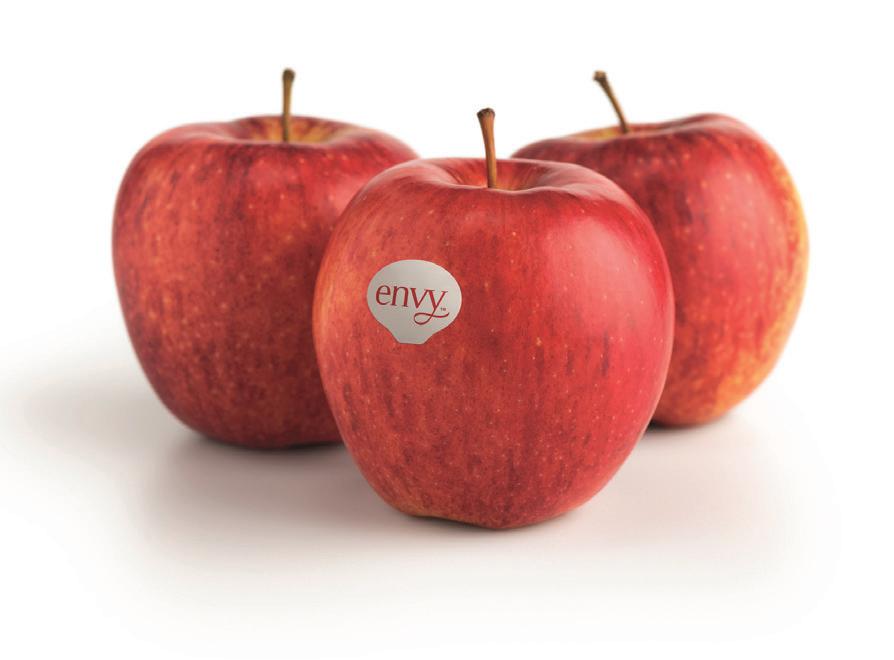
may not be familiar with. It was developed here in Aotearoa by harnessing New Zealand-IP and is on track to become a billion-dollar brand,” said Edgecombe.
“To meet forecast consumer demand of 18 million tray carton equivalents by 2030, we need to maximise our multi-country sourcing strategy across the Northern and Southern Hemispheres. That’s why we license the growing of Envy in Aotearoa New Zealand and in other countries, including now China. Doing this helps ensure the continual availability
Jazz wins again at National Fruit Show
Jazz apples have added to their trophy cabinet by collecting the top prize at the UK National Fruit Show (NFS) for the second year running.
Announcing the winners of the fruit competitions at the event in Kent in November, outgoing show chair Sarah Calcutt noted that there were entries from growers at both ends of their careers, ranging from ages 21-90. It had been a challenging year on farm with the weather, she explained, but it has also been a good year for crop flavour.
The Best in Show went to Jazz apples grown by John Bray, while the best Bramley was won by Bardsley Horticulture. Best Cox went to Claygate Farm, Mallions Farm won Best Gala and AC Goatham picked up Best Braeburn. Best Pear went to Concorde, grown by Clive Baxter.



“To meet forecast consumer demand of 18m trays by 2030, we need to maximise our multicountry sourcing strategy”
of this premium brand and that consumers and retailers have confidence in the legitimacy and quality of the fruit.
“Initially, we are working with Joy Wing Mao, who were granted a license in 2018 to grow and sell a managed commercial volume of Envy in China, and it’s these volumes which will soon appear on-shelf in China.”
A key part of T&G’s Envy strategy is protecting the brand’s IP and Edgecombe said the company has and will continue
to take a proactive approach to safeguarding.
“Growing the brand’s footprint requires us to ensure we have the right protections in place to vigorously protect and defend our IP for the benefit of breeders, growers, retailers and T&G. This is something we’ve always done and will continue to do through plant variety rights, patents and trademarks, and with the support of leading intellectual property law firms both in New Zealand and offshore,” said Edgecombe.

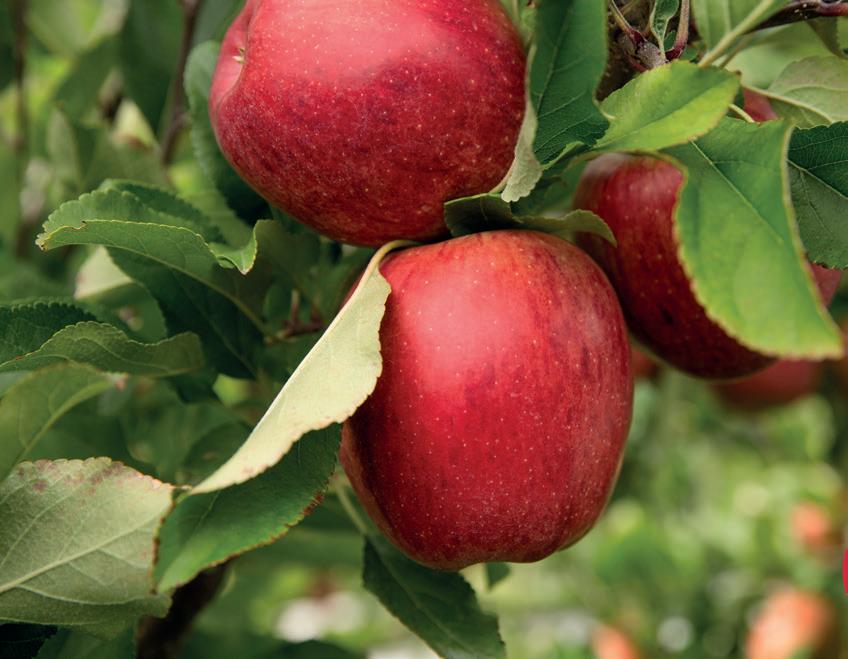
T&G’s variety management subsidiary, VentureFruit, leads and manages the licensing of all T&G’s plant varieties and brands, as well as leading action against any unauthorised plantings, propagation, counterfeiting and trademark infringements. E







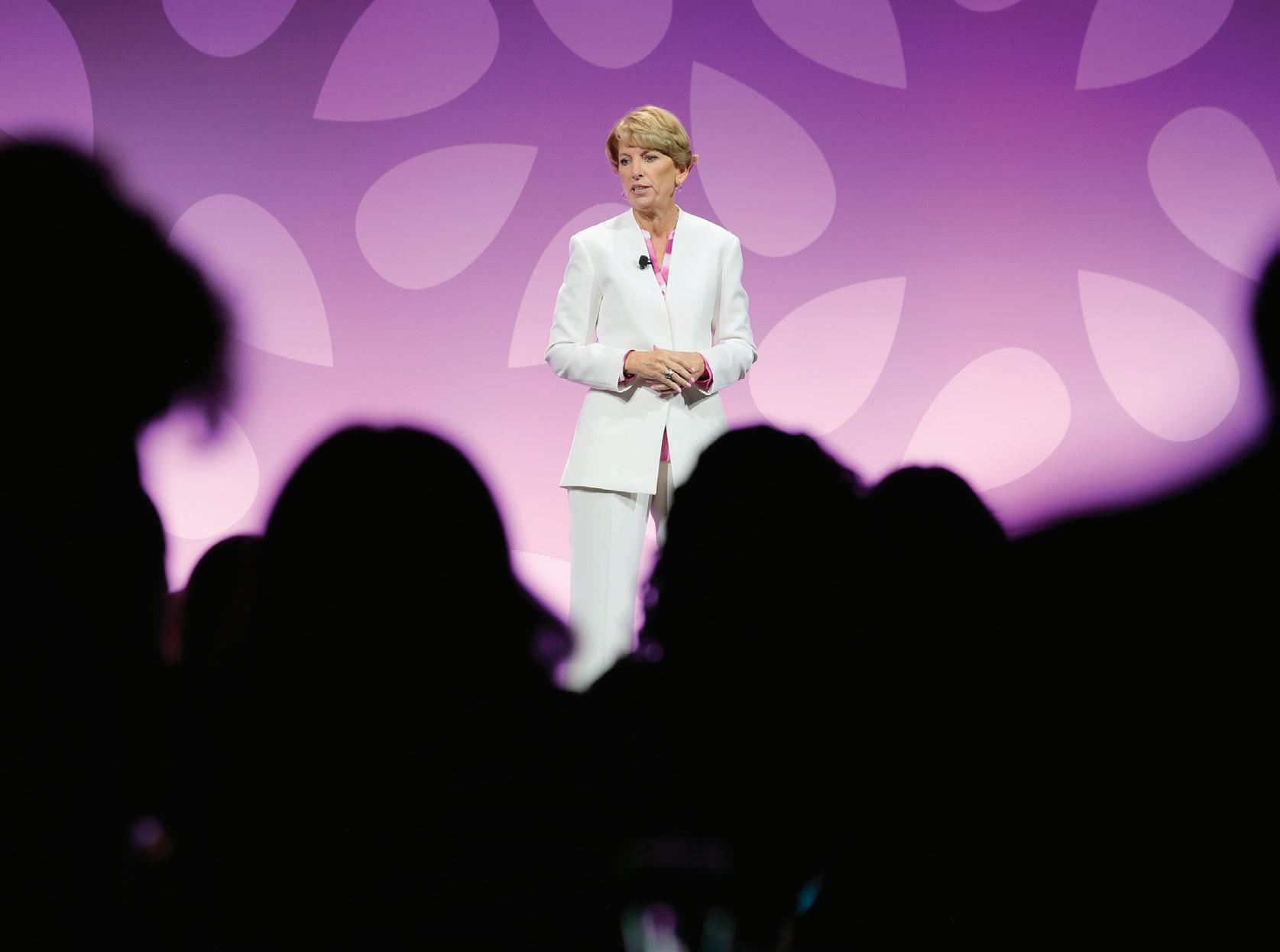
Burns issues industry call to arms
IFPA chief excutive Cathy Burns has called on the industry to be bold and address its many challenges in order to boost fresh produce consumption.
by Michael Barker @michaelbarkerThe chief executive of America’s International Fresh Produce Association (IFPA) has called on the fresh produce business to seize the moment and help boost consumption of fruit and vegetables at a time of widespread global instability.
In a wide-ranging and charismatic opening address at the Global Produce & Floral Show in Anaheim, California on 19 October, Cathy Burns outlined the latest
consumer trends, issues facing the industry, and the technology and innovation set to help.
“We have so much more to do to increase access to our products,” she said, in a speech that will resonate in countries across the world. “We must help people eat more fresh fruit and vegetables and buy more flowers more o en, and overcome our humility to be a source of truth and authority. We can help solve some of the biggest problems in the world.”
In a 45-minute address, Burns assessed IFPA’s progress on its triple goal to improve the health of the industry, consumers, and the planet.
For the industry, it wants an exemption for fresh-cut and PLU stickers built into new EU and Canadian packaging regulations. It also argues against a proposed EU ban on neonicotinoids, a move Burns said could disrupt US$5bn of produce trade flow from the US and other markets. And it wants the US Congress to reform labour programmes so growers have a more reliable workforce.
For the planet, extreme weather events are a key concern, and one the IFPA planned to raise later at COP28 in Dubai. The assocation’s sustainability council is looking at regenerative agriculture and how it can form the basis of climate-smart supply.
HEALTH DISPARITY
The produce business is well placed to help consumers eat and live healthier, Burns insisted. But there are hurdles to clear, particularly given alarming obesity levels and tightening household budgets.
One solution proposed by the IFPA is fresh produce prescriptions. Recent research from Tu s University found that such programmes can increase nutritious food intake, cut food insecurity, and help prevent cardiovascular disease. “We are laser focused on prescriptions and want to see them embedded in our healthcare system, ensuring that they are part of clinical care standard practice,” Burns said.
In every way possible, she concluded, the industry must unite to help grow consumption. “We must break the mindset that ‘growing and selling fruits, vegetables flowers and plants is just what we do, [that] it’s not a big deal’,” she stressed. “I respectfully disagree. What you do is a big deal.” E
Intelligent thinking
Artifical intelligence is set to take the fresh produce industry by storm in the coming years, and companies are being urged to get on board.
by Michael Barker @michaelbarkerThe age of artificial intelligence (AI) is upon us, and fresh produce companies are at risk of being left behind. That was the message from leading agricultural tech entrepreneur Elliott Grant, who spoke at the Global Produce & Floral Show in Anaheim, California in October.
Grant is chief executive of Mineral, a company owned by Google parent Alphabet that describes itself as “developing new tools to help humanity feed the world while saving the planet”. More specifically, it hopes to use agricultural data to develop AI systems that help solve farming’s problems and make food production more efficient.
Over the next decade, at the current rate of progress, Grant argues, the likes of ChatGPT will be “a thousand times be er” than they are today – a fact he describes as “exhilarating and a li le intimidating”.
In fresh produce, Grant believes AI will be used on tasks that rely on human perception or simple decisionmaking, such as those that are tedious or repetitive or require the organisation of a vast amount of data. Yield forecasting is a prime example, while AI could also be used to continuously monitor crops and precisely apply chemicals only when they are needed.
The technology can also help
tackle climate change, he argues. For example, Mineral is working in Tanzania to discover new, climateresilient varieties of bean for cultivation across Africa.
So how can fresh produce companies prepare for the AI age?
Grant says it is vital that they collect as much data as possible, citing berry marketer Driscoll’s as a business that is ahead of the curve in that respect.
“That has enabled them to be on the cu ing edge of AI,” he observes. “Companies that have collected data – whether it’s on yields or management practices or quality – are in a really good position. Step one is to have good quality and
“Companies that collect data – on yields, management practices or quality – are in a really good position”
comprehensive data to train my AI model.”
Grant is eager to calm fears that AI will replace humans. Instead, he insists, the two will ultimately work hand in hand. His analogy that AI should be seen as Iron Man’s suit, assisting the wearer, rather than the Terminator trying to eliminate the role of people, is an intriguing one. “The human knows things the AI doesn’t know, and the AI knows things the human doesn’t know. When you combine the two, you get be er results.”
While AI won’t replace humans, companies that use AI will replace those that don’t, Grant told his Anaheim audience. So, he concluded, fi rms should look at workflows that rely on a lot of data, human perception and intuition, and ask which could be done differently. E
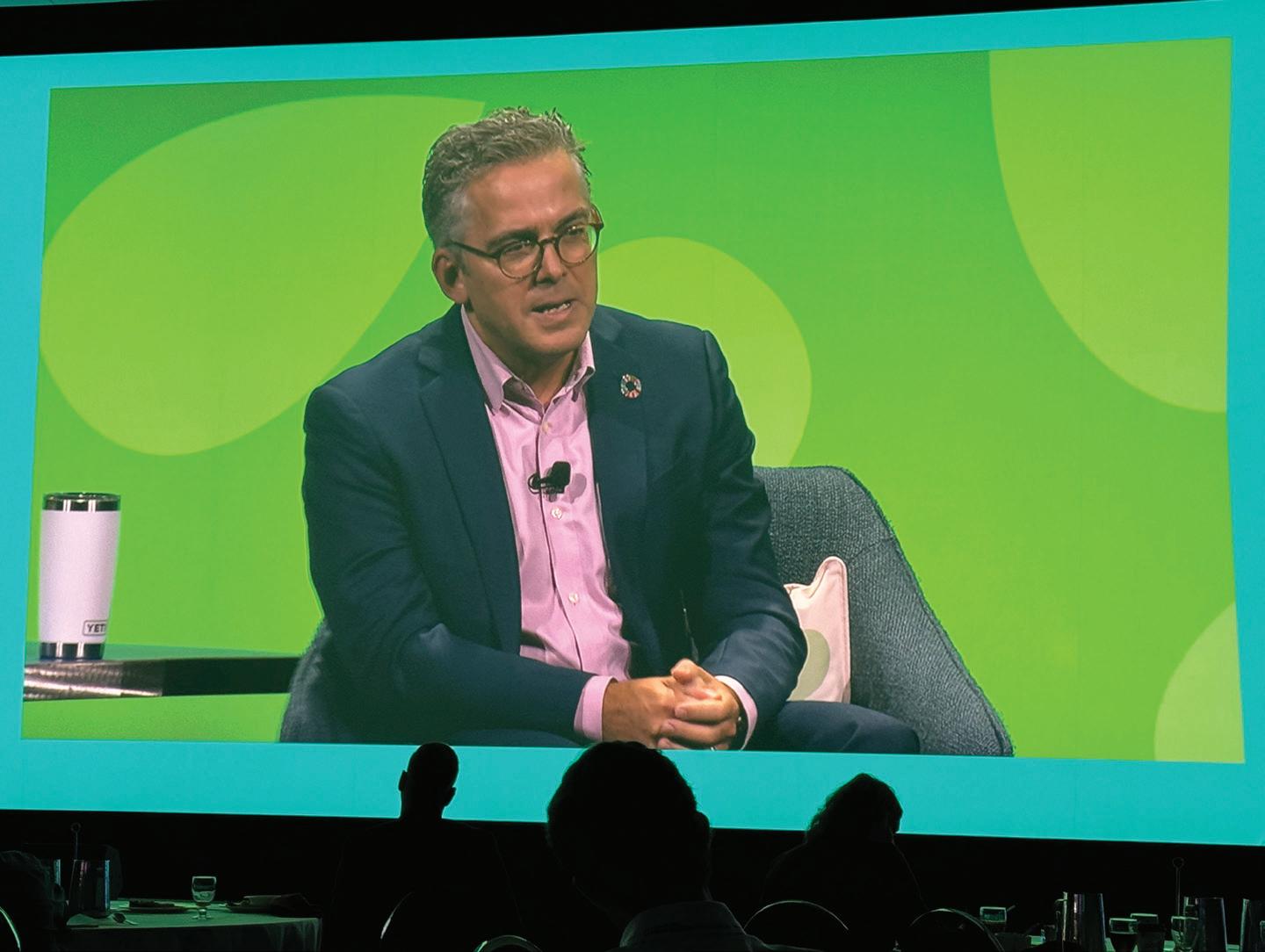
New produce concepts rise to the surface
At the Global Produce & Floral Show in October, exhibitors showcased a range of new products and innovations. Here are three that stood out.
by Michael Barker @michaelbarkerPROBIOTICS PRESENT NEW PRODUCE PROPOSITION
New business Wonder Veggies showcased its unique approach to supercharging the health credentials of fresh produce in Anaheim.
The company describes itself as “agrifood innovators on a mission to revolutionise the vegetable
market by marrying the benefits of fresh vegetables with healthy probiotics”.
Developed in Israel, the Wonder Veggies formulation allows healthy probiotic bacteria to be added to ingredients, explained founder and chief executive Danny Weiss.
“It could be either sprayed on the produce pre-harvest or coated postharvest, for example in the factory for fresh-cut salad,” he said. “It
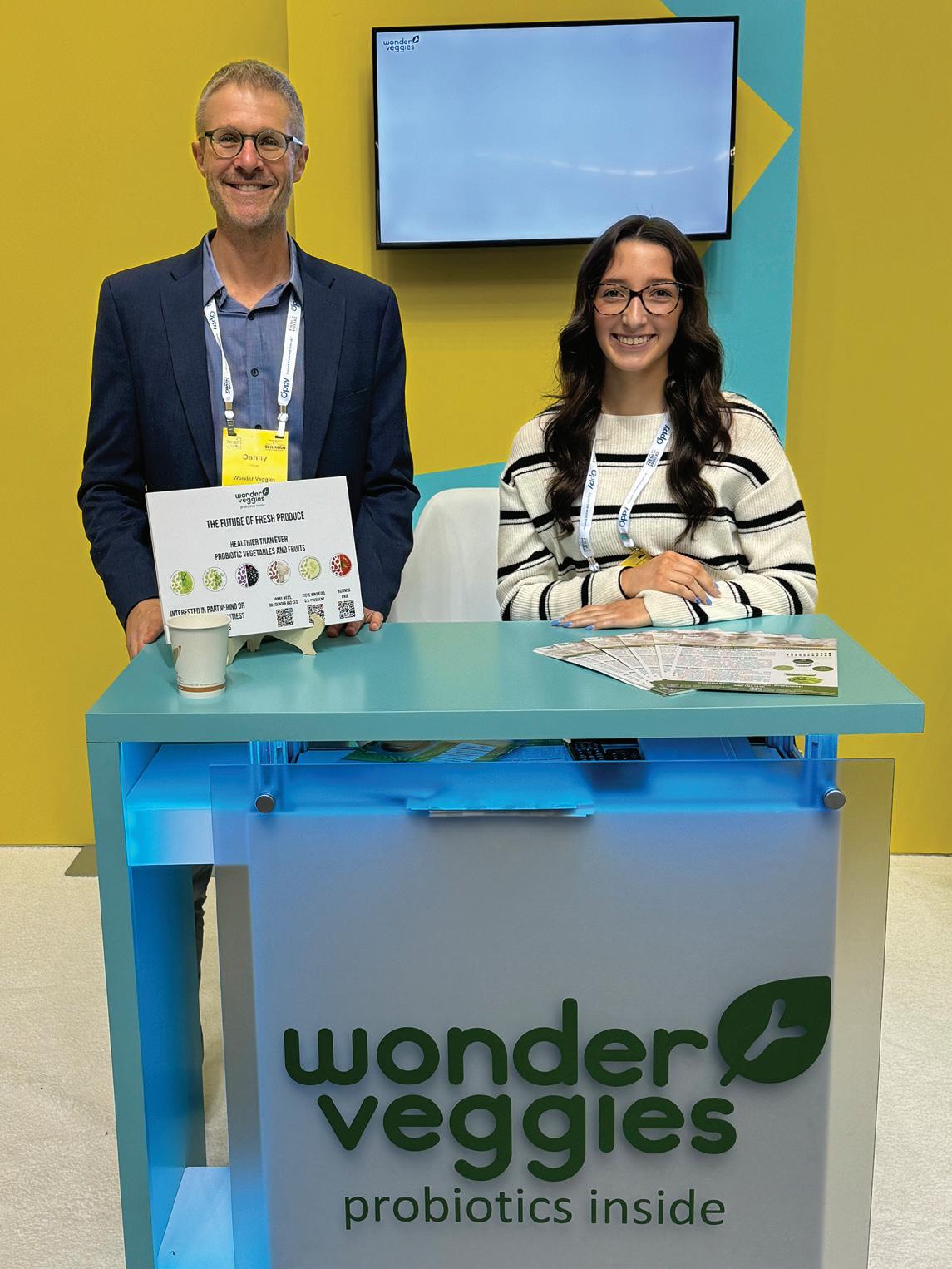
enables the probiotic bacteria to penetrate, propagate and survive inside the tissue of the fresh produce, providing consumers a new and exciting consumption opportunity for healthy probiotics.”
Currently in the final stages of development, Weiss hopes the first products will be on US shelves within the next 12-18 months. He said the business is currently in discussion with a number of major US growers in products ranging from fresh-cut salads to berries, mushrooms, cucumbers and cherry tomatoes.
The technology’s arrival is well timed given that gut health is high on consumers’ list of priorities, Weiss added. While dairy is the major consumption opportunity for gut health, some 40 per cent of consumers are either lactose intolerant or vegan, he noted. Fermented food is niche and food supplements are costly and hard to swallow, giving Wonder Veggies a significant market opportunity.
NEW YEAR GOAL FOR SUNKIST
Sunkist Growers is targeting Lunar New Year in Asia with the launch of a Year of the Dragon carton and display bin.
“From an Asia standpoint, Lunar New Year is really big for us,” said a spokeswoman for the cooperative. “New year is very important. It’s one of those crucial holidays that’s top of mind for those markets especially, and citrus is a symbol of good fortune. That’s where the connection comes in.”
Meanwhile, Sunkist also celebrated its 130th anniversary at the show. The focus of those celebrations was very much on its 1,000 growers in California and Arizona, and also the wide range of varieties the business sells.
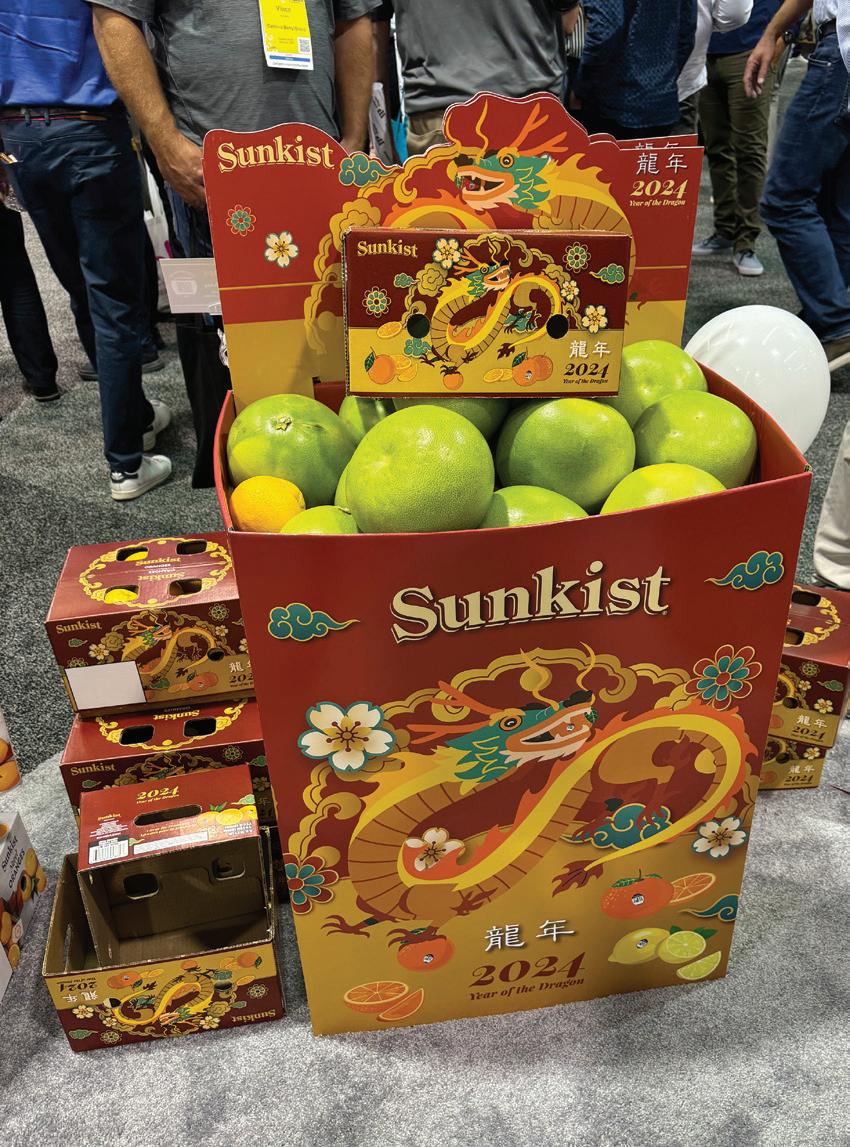
GOING NUTS FOR HAZELNUTS
O o Nuts plans to launch a new range of healthy, indulgent hazelnut snacks in the US in 2024. Managing director of US sales Tim Tucker revealed that the brand had planned to launch in 2020, but the pandemic put paid to those plans. Instead, the company took the time to perfect its product and sell ingredient lines through stores such as TJ Maxx.
The non-GMO, plant-based and sustainably sourced products –which include hazelnuts, dried fruit and trail mixes, as well as unusual items such as dried Turkish mulberries – come direct from the farm in Turkey. “We are trying to be very unique and add incremental sales to the category, not be another ‘me-too’,” said Tucker. “Our strategy is to launch in the grocery channel in the US first, in the produce aisle. Secondary locations will be among
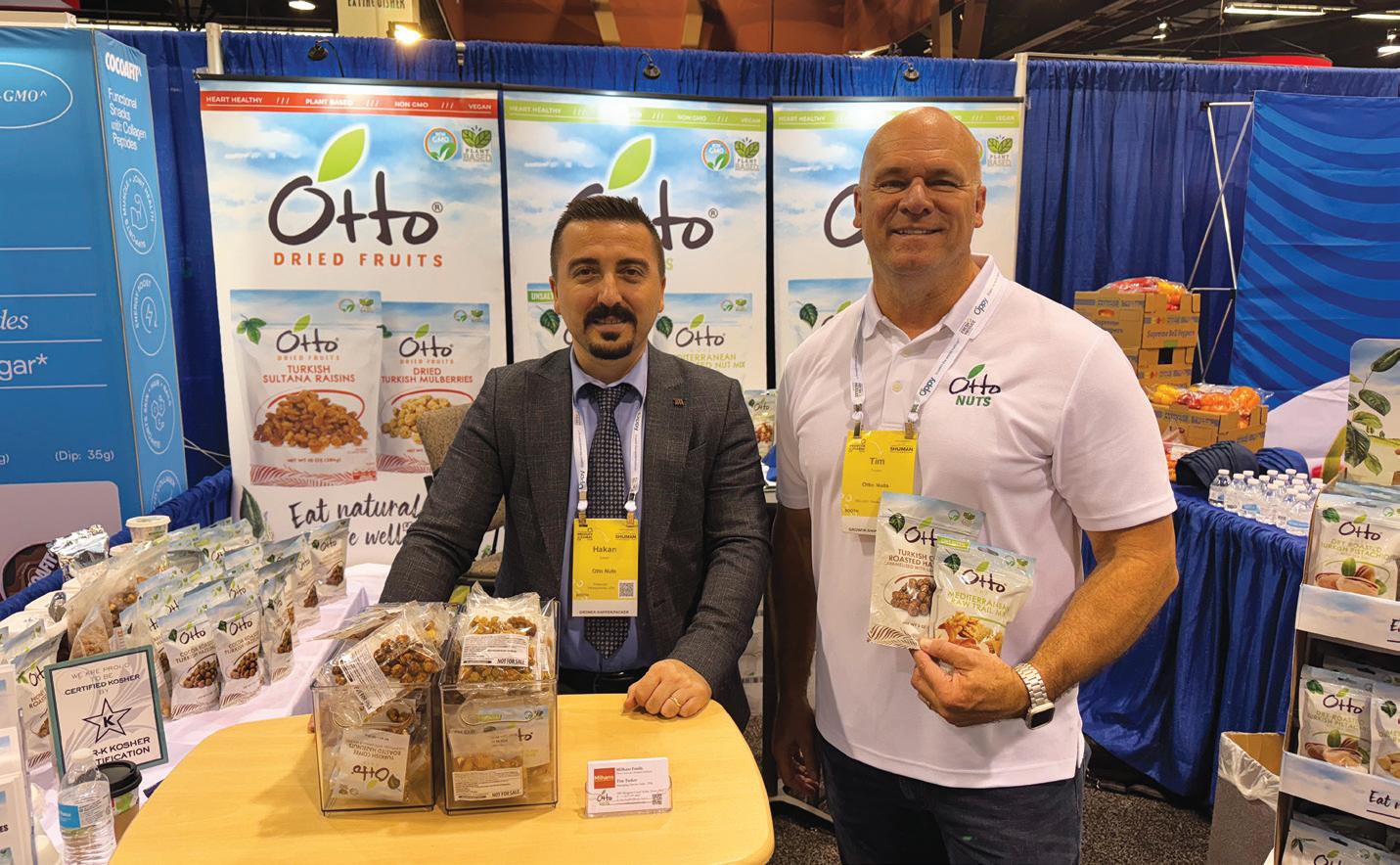
the higher-end snack items in centre store. We have a very successful e-commerce platform, so you can buy online before stores. The US market is very complex but I’m passionate about emerging brands. It’ll take some time and investment but our owners are commi ed to the US market.” E
FRESKON2024_ADV_149x216cm__PRINT.pdf 1 6/12/2023 11:01:19 πμ





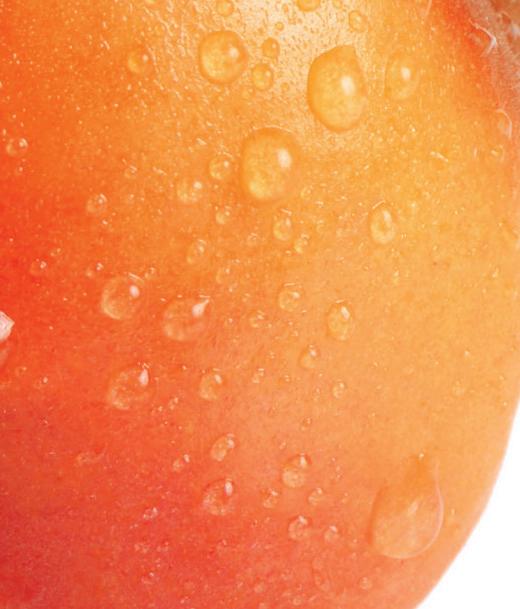

Sweet Carolina
North Carolina sweet potato growers have high hopes for the future of the crop, says
Michelle Grainger,executive director of the North Carolina Sweet Potato Commission.
by Michael Barker @michaelbarker
How does this season look from a production point of view?
Michelle Grainger: It’s been a positive harvest for the North Carolina sweet potato yield, which has maintained for 2023. We are extremely proud to continue as the largest sweet potato exporting state in the US, producing more than 60 per cent of America’s national production, and contributing heavily to the US reputation as the world’s largest exporter of sweet potatoes. The quality this season looks very promising.
What’s the key point of difference
of the North Carolina crop?
MG: Through our partnership with the research team at North Carolina State University over 20 years ago, we developed the Covington. This makes North Carolina the birthplace of the variety. Now grown in high volume by our farmers, it is the best possible product in terms of quality, shelf-life and versatility. And our hot, moist climate and rich, fertile soil are ideal for cultivating sweet potatoes.
Consumption of sweet potatoes has stagnated somewhat recently. Do you see potential to grow
consumption again, and why should shoppers give the category another look?
MG: There is always room for growth, and it is our job to educate consumers on the health benefits of sweet potatoes, and their versatility in cooking – both of which may not be known to the average consumer. Sweet potatoes are a good source of fibre and a rich source of vitamin A. They’re also a source of vitamin B6, vitamin C, potassium and copper when eaten as part of a varied balanced diet and healthy lifestyle – and on top of that are one of your five a day. As consumers become more health conscious, their appeal as a great addition to a healthy diet should continue to grow.
What innovations do you see in the category, either at a production or marketing level?
MG: We are always looking at new ways to innovate sweet potatoes, to give consumers the best possible quality and shelf-life. North Carolina works closely with the research department at NC State University, and our growers are extremely tuned into the research, as well as offering up portions of their land to test new varieties that are being developed. While we can't share any specifics on new variants at the moment, we are currently exploring the development of sweet potatoes that have naturally enhanced disease, pest and weed resistance, as well as using GPS-guided machinery and remote sensing and data analytics.
Storage is another key component that makes our sweet potatoes special. Using controlled atmosphere for storage, and improved packaging materials contributes to the extended shelf-life and high quality of North Carolina sweet potatoes. E
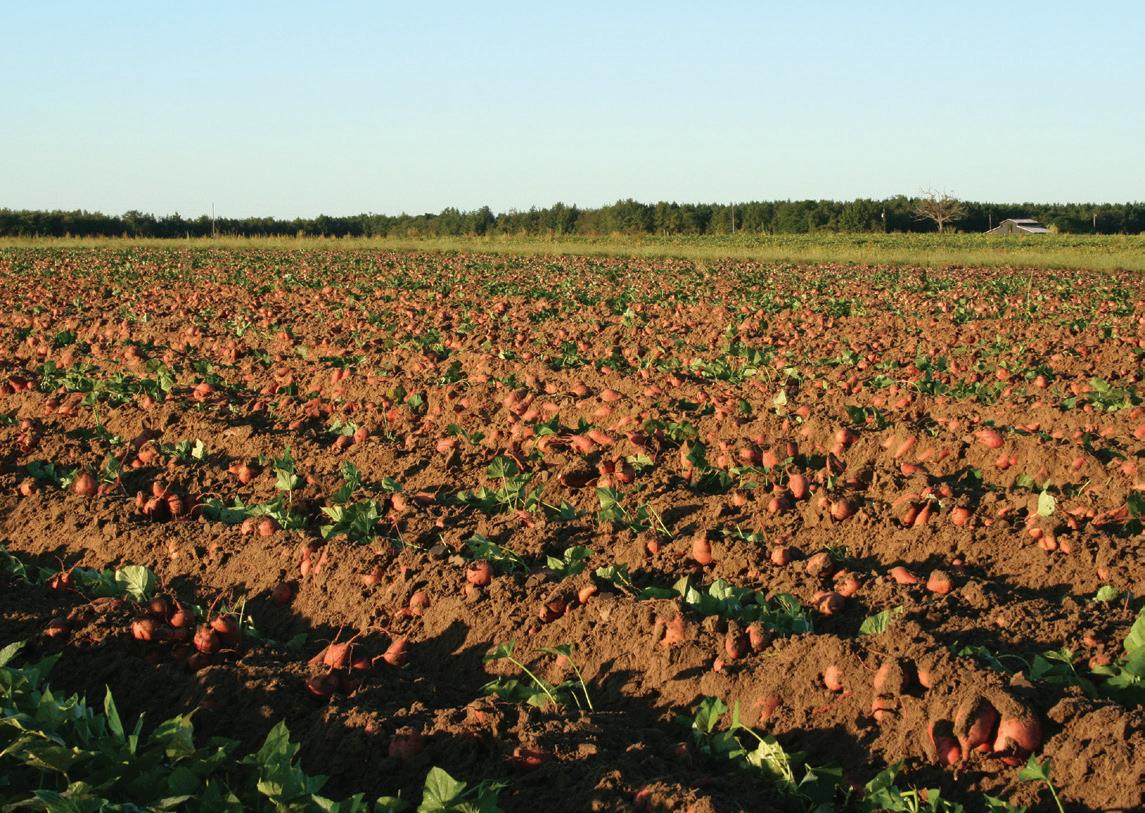

AI-powered solutions revolutionise food processors and packhouses
AI is bringing a big technological shift that businesses will have to keep up with to remain competitive.
 JAMES FRENCH
Tomra Fresh Food Head of innovation
JAMES FRENCH
Tomra Fresh Food Head of innovation
We’ve been hearing a lot lately about artificial intelligence. There’s no denying that AI-driven automation will be deployed to tasks currently handled manually, including some of the routine tasks at food processors and packhouses. This will be a positive development for employers, employees, and food consumers.
Tomra Food has been using AI since 2019 to make sorting and grading solutions more accurate than traditional techniques. The deployment of AI-powered technology in the food production industry will continue to accelerate into the future. Some of the areas it will impact are grading and sorting more accurately; finding difficult-to-detect foreign materials, improving predictive maintenance, intelligently diagnosing line issues; predicting the useful storage life of products, and optimising packouts intelligently for different customers and supply chain operations.
When AI is discussed, you might also hear the terms ‘Machine Learning’ and ‘Deep Learning’. Machine Learning is a collection of techniques that allows software systems to recognise patterns in data to provide measurements and insights. Deep Learning is a subset of Machine Learning that uses artificial neural networks to solve complex problems. These technologies are well suited to food production because many tasks involve data and decision-making.
AI is also relevant for food production because of the high level of variability in the industry, from weather and climate effects to natural variations in products. Traditional systems can have a tough time making accurate predictions so having the best inspection and sensor systems collect higher quality data that leads to more accurate and consistent decisions which result in less food waste and more saleable product, as well as maximising the product’s value.
AI technology can help make sorting and grading machines more accurate in ‘accept or reject’ decisions, in the recovery of ‘good’ product from compromised raw material and in classifying the products on the line into different grades to enable hands-free production.
Deep Learning is an AI method which uses pre-trained models to teach computers how to process data, such as complex patterns in photos. The newly-launched Spectrim X series grading platform is
unwanted green and red berries.
AI can also help processors and packhouses to reduce costs; meet customers’ product specifications without over- or under-delivering; and minimise problems with recruiting labour. Automation often handles tasks people don’t want to do such as manual sorting and grading, freeing workers up to other tasks on the line, which are less monotonous and add more value.
AI will play an increasingly important role in meeting the

a great example of this. It integrates the latest development of Tomra’s LUCAi Deep Learning technology and includes pre-trained models which achieve unprecedented grading precision.
AI also powers the new Tomra Neon, to pre-grade blueberries enabling it to identify, differentiate, and remove unwanted clusters, undersized and unripe fruit. This optimises optical grader efficiency by removing more than 95 per cent of clusters and more than 90 per cent of
needs and desires of food consumers as the world’s growing middle classes increase the demand for healthy food. And most importantly of all, AI will help meet the challenge of feeding the world’s vast and growing population, which will require more food production and less food waste. E
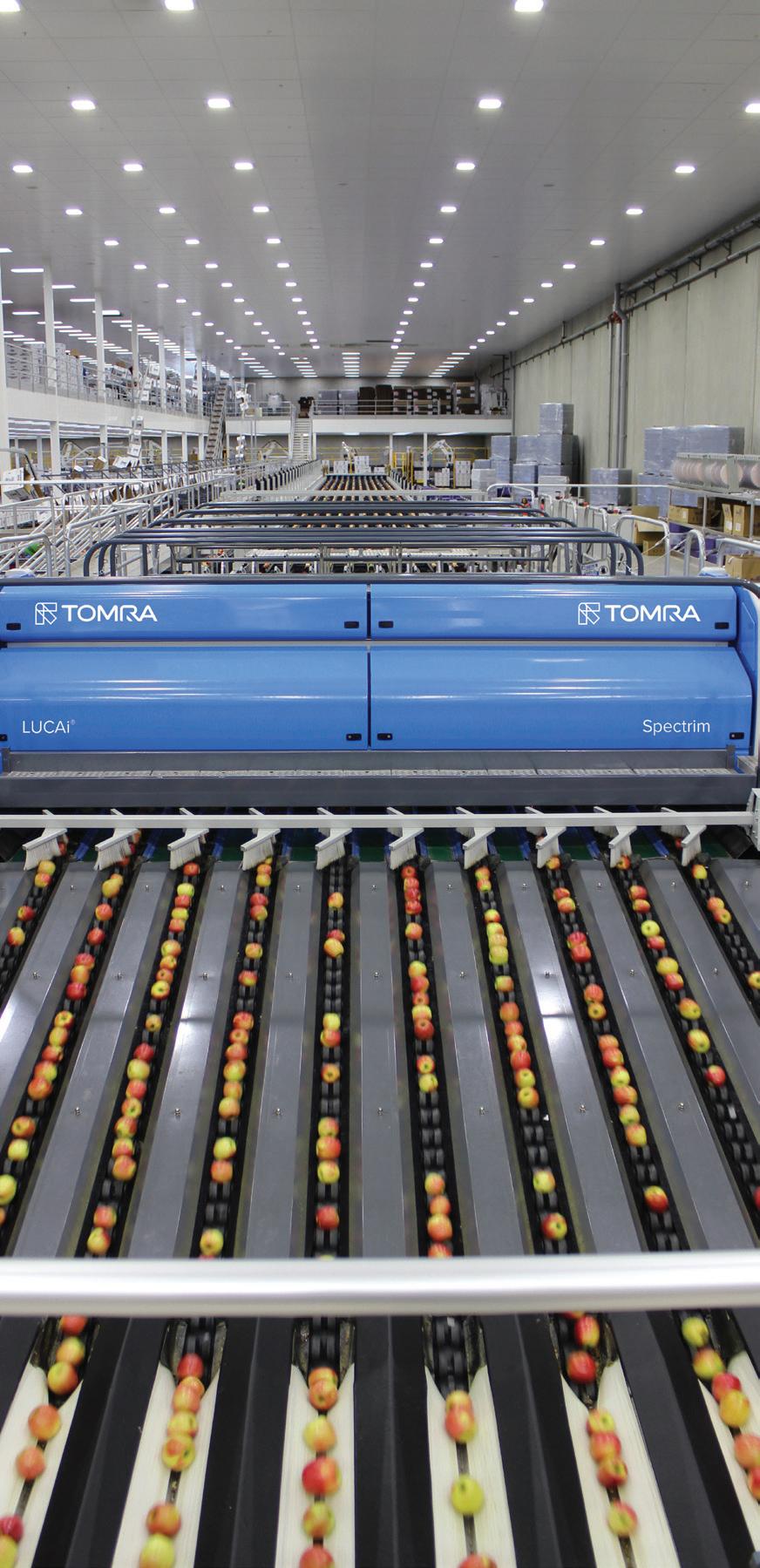
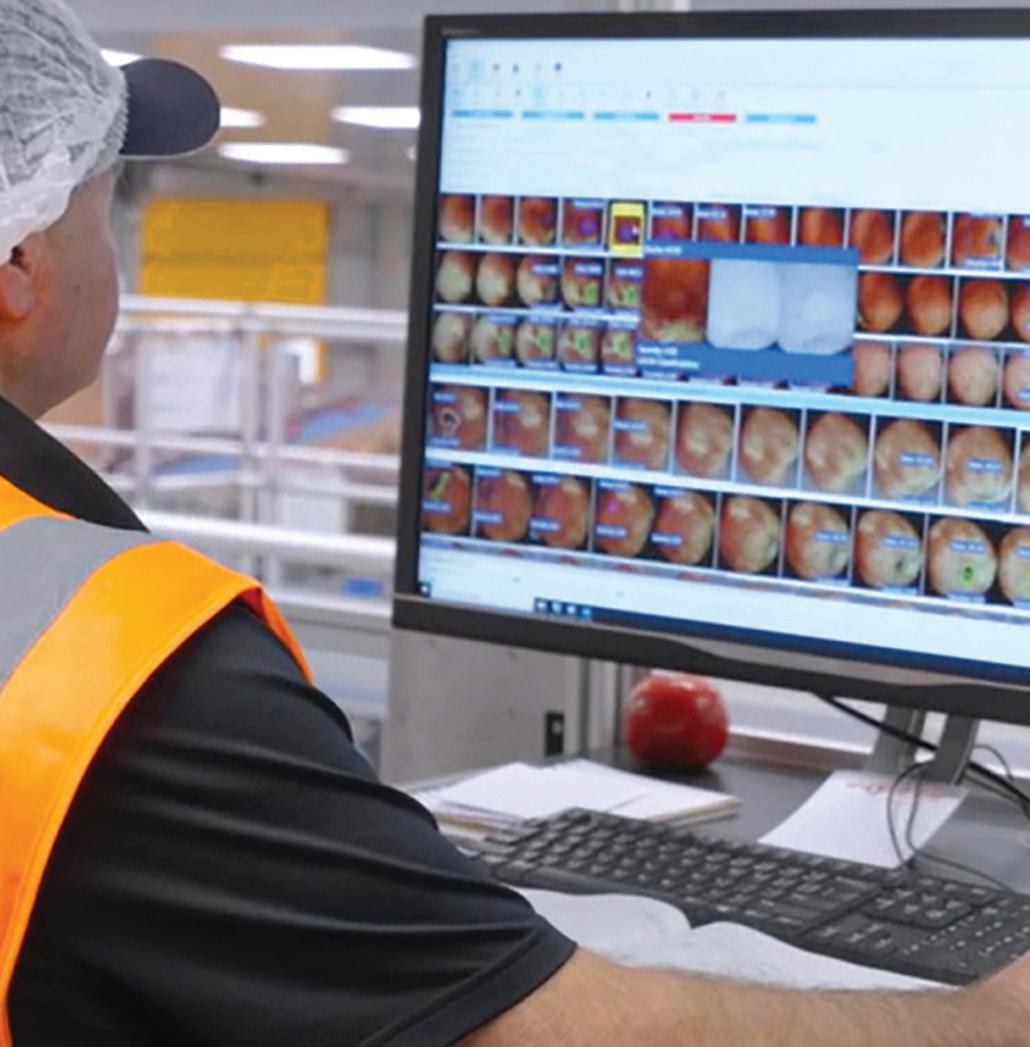
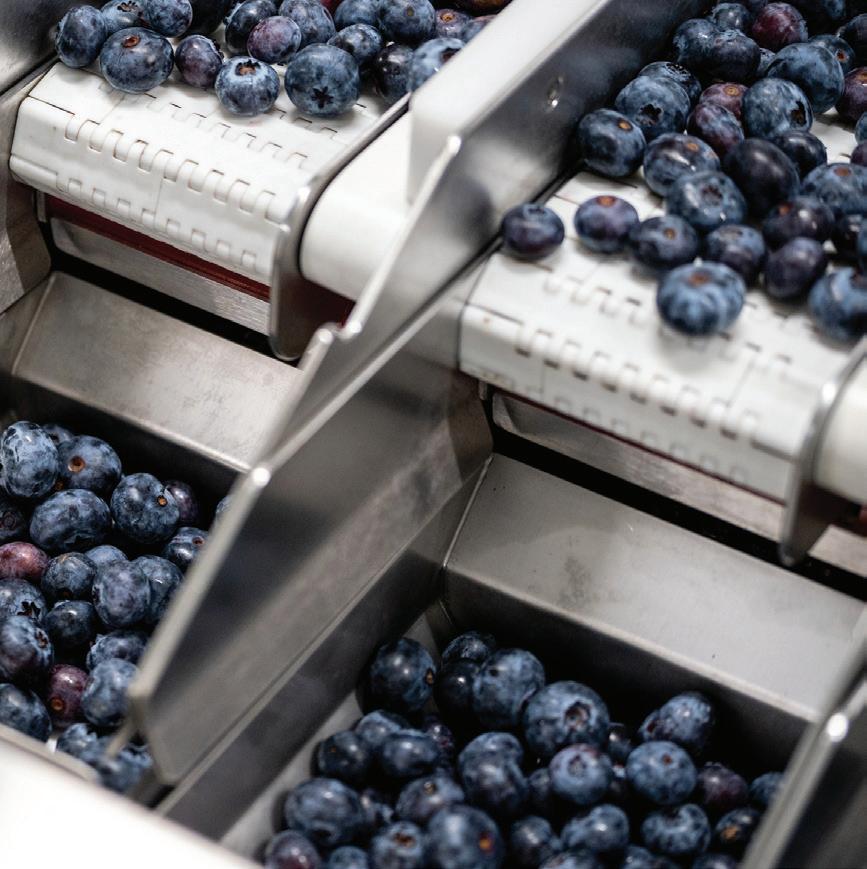

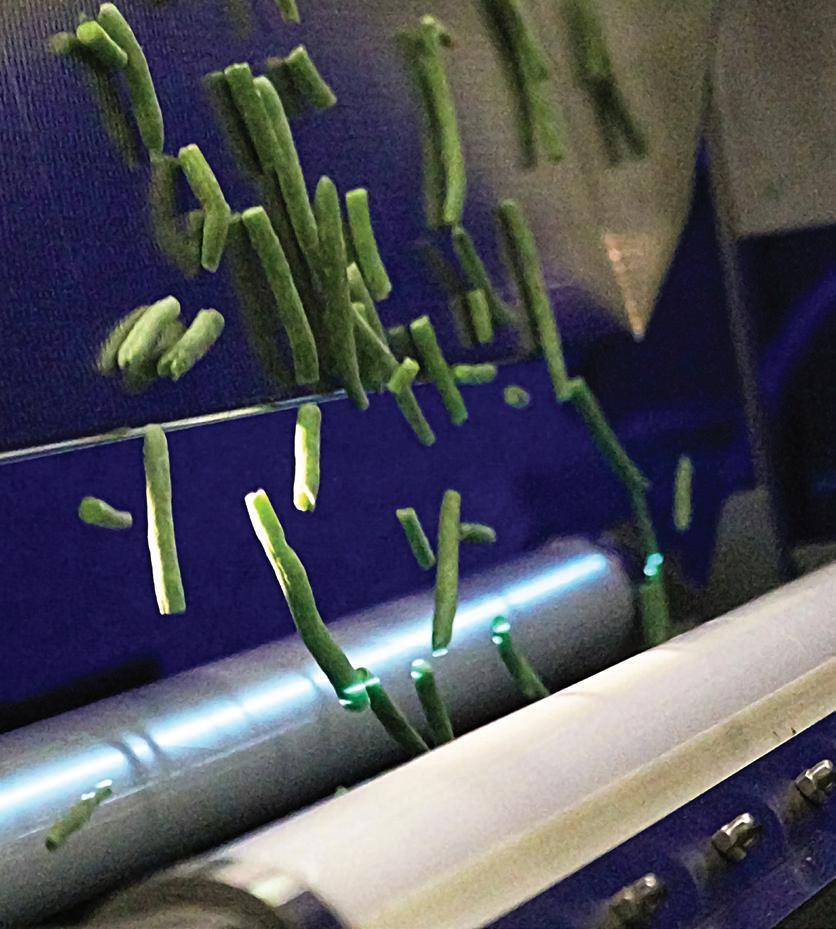
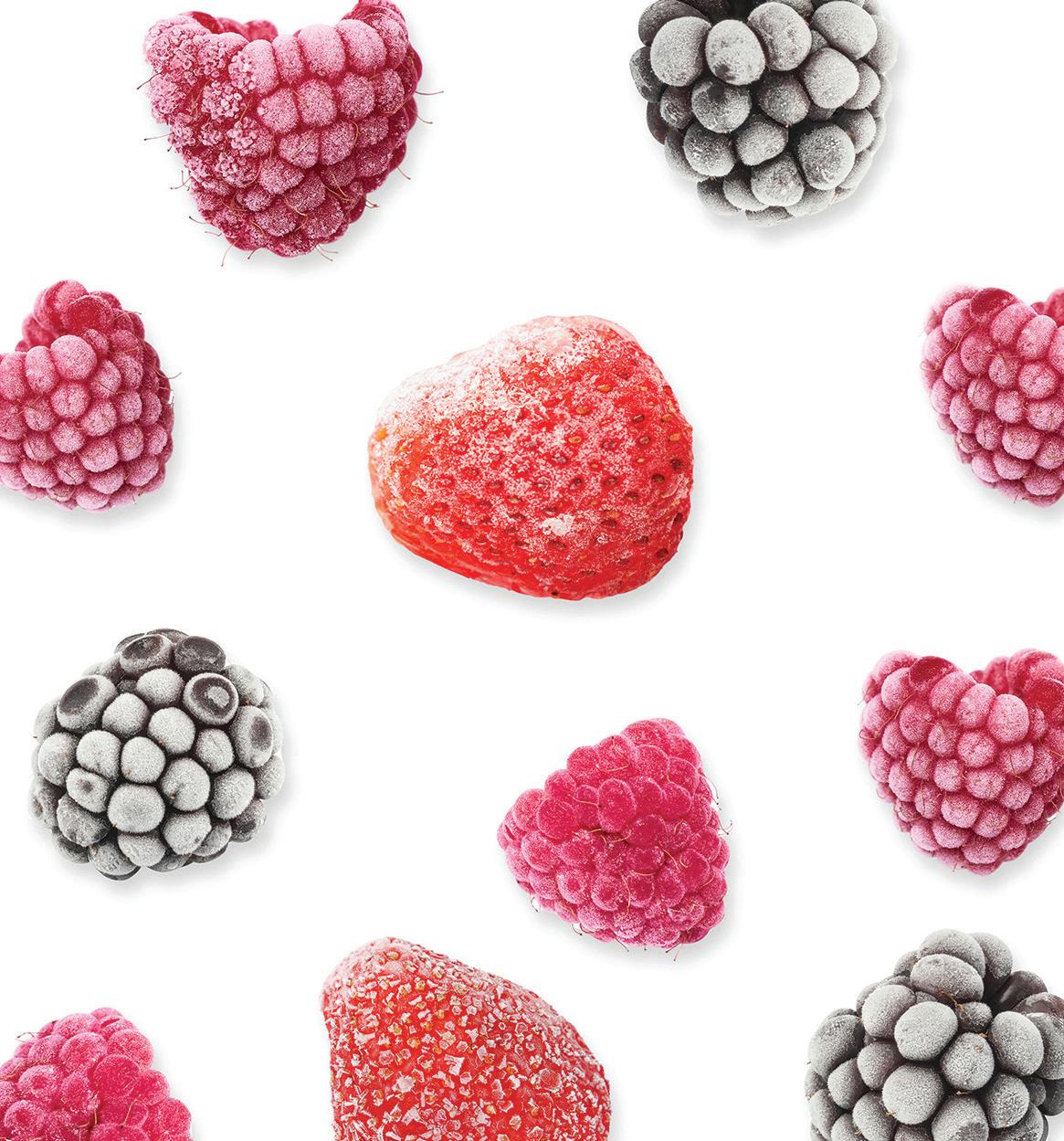

Frutmac launches Ecoseal solution
The Italian packaging specialist has introduced a new sustainable topseal solution for berries, which will be showcased at Fruit Logistica.
by Carl Collen @carlfruitnetSouth Tyrol-based packaging group Frutmac has introduced a new sustainable packaging option for berries, Ecoseal, a cardboard tray sealed from above with a transparent film. The new topseal offering will be one of the innovation the Italian company presents at this year’s Fruit Logistica in Berlin.
Frutmac says it offers two options for switching from plastic to recyclable carton trays.
For berries and small fruits, cardboard trays are available in units of 125g, 250g, 400g or 500g. These are available in white or brown according to customer requirements and can be fully and individually printed.
“The product is optimally protected and thanks to the personalisation a racts the a ention on the shelf,” explains Frutmac chief executive Stephan Christoph.
To avoid converting the sealing tool on the machine, the shape of the plastic trays used can be reproduced 1:1 from cardboard through a thermoforming process, or erected with glue to obtain a fully printable glued tray, the group outlines. Lower conversion costs and more options for customising the tray layout across the surface are also guaranteed, it says.
“Depending on the customer’s preferences, the tray and film
“The product is optimally protected and thanks to the personalisation a racts the a ention on the shelf”

can be perforated, and we can even supply a compostable film,” Christoph continues.
In the packaging process, the filled trays are fed to the sealing device via a conveyor belt. The film is applied to the top of the tray and fused to it with a sealing tool, and automatically cut to size.
In addition to the trays and the different types of film, Frutmac also supplies the machines for the sealing process. These are produced by British company Packaging Automation, and in Germany, Austria and Switzerland are distributed exclusively by Frutmac.
At Fruit Logistica, the group will also present a its new traysealer, ‘Rev5’, a fully automatic high-speed sealer.
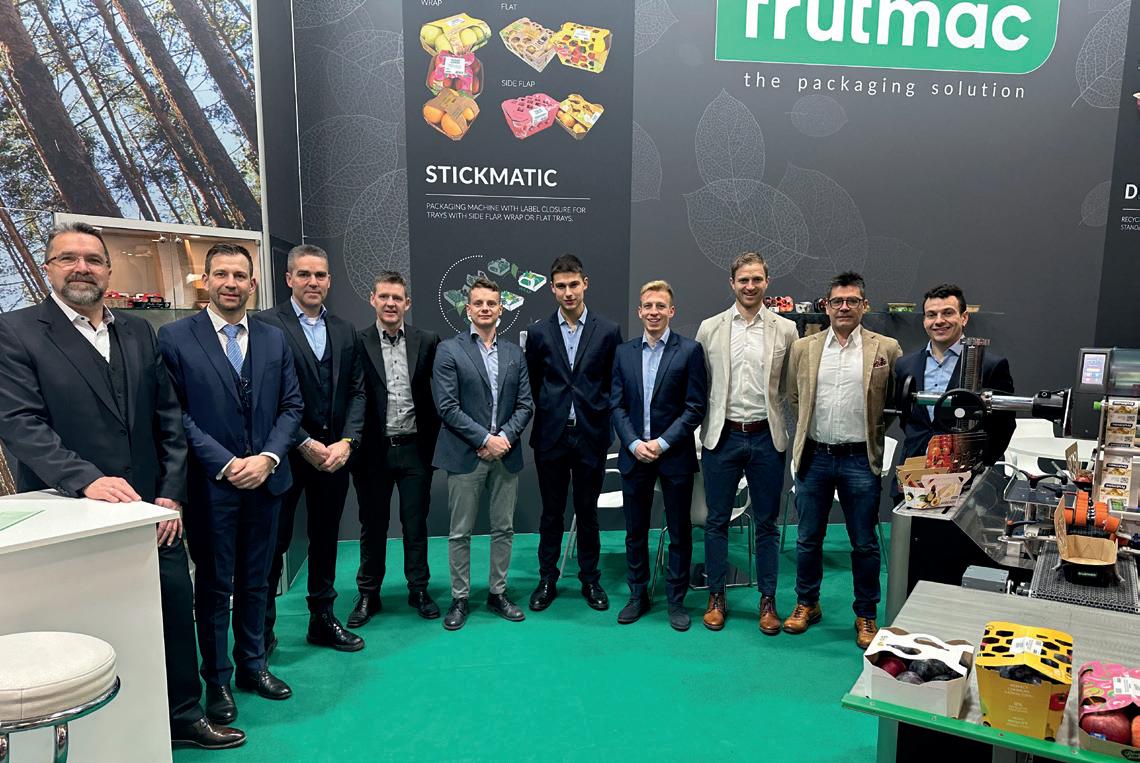
Meanwhile, its Blitzmatic carton lidding machine for foodtainers has also been enhanced. Frutmac says that the Wrap technology that adapts the lid to the calibre of the fruit has been optimised and now ensures “extreme stability and increased packaging speed”.
A new option is the Flat version, where a flat lid is a ached to the top of the tray. This allows the trays to be filled with fruit and vegetables – such as mushrooms or cherry tomatoes – in any shape and size. These innovations allow a relevant cost saving of up to 15 per cent on material costs compared to solutions where trays with a ached flaps are used, Frutmac adds. E
NEW ECOSEAL
PREMIUM TRAY-SEALING FOR ALL TYPES OF TRAYS
FULL-PRINTED TRAYS
Individual dimensions with fully customisable designprintable and perforable
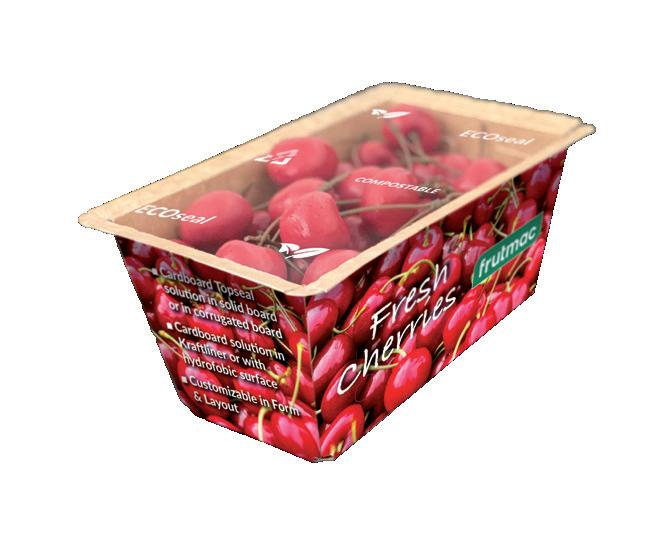
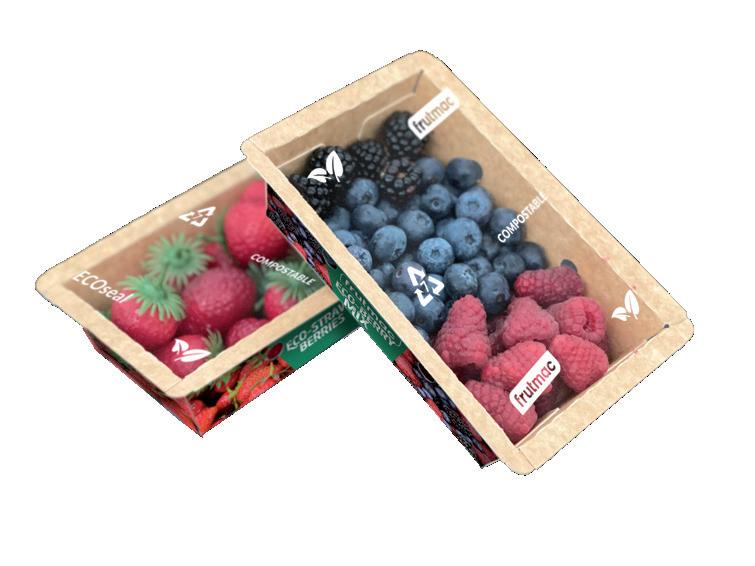
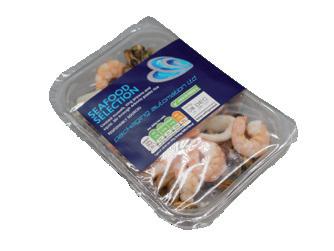

HYBRID 2IN1 TRAYS
Octagonal glued shape fits both existing sealing tool and printing requirements.
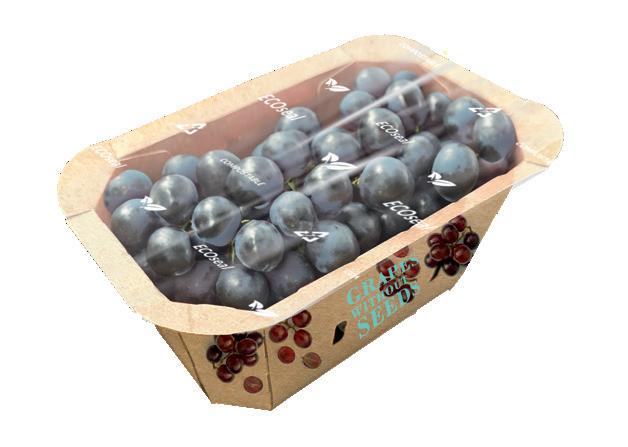


THERMOFORMED TRAYS
The shape of conventional trays is retained; the sealing tool does not need to be converted.
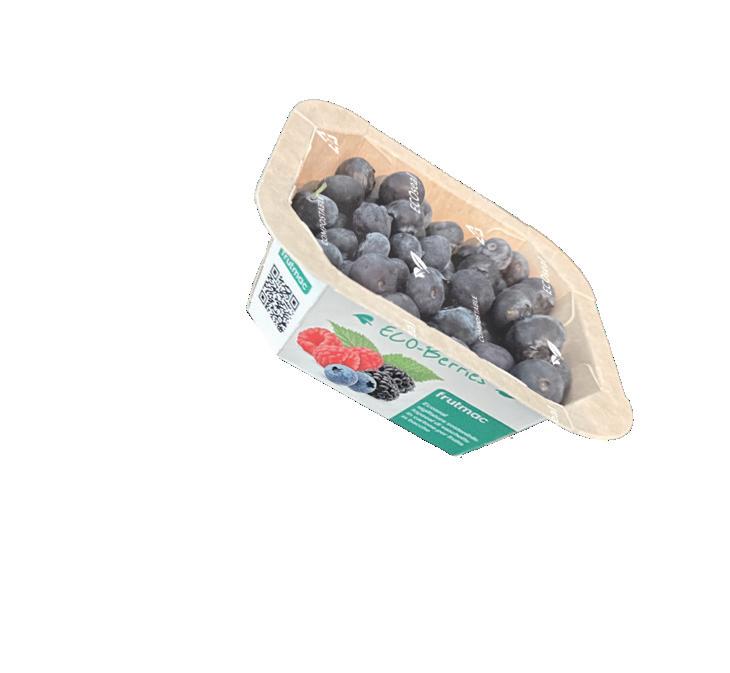
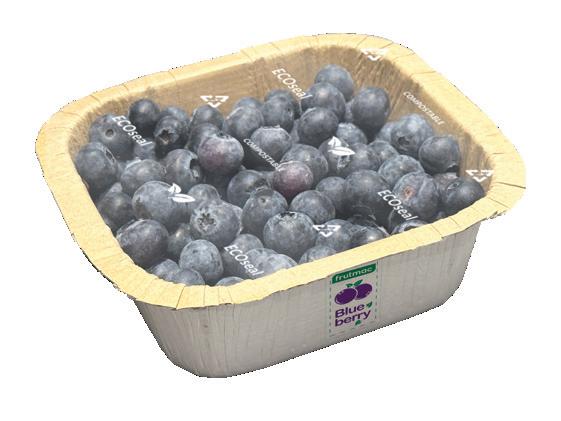


TRAYSEALER RANGE
PREVIEW 2024!
Premium quality made in Britain
Modular Sealing Tool
Syncroflex: synchronised, robotic tray flow for maximum output (45 up to 200 p/min)
ITS: intelligent transfer system
Film protection with autoadjust function

OFFICIAL PARTNER
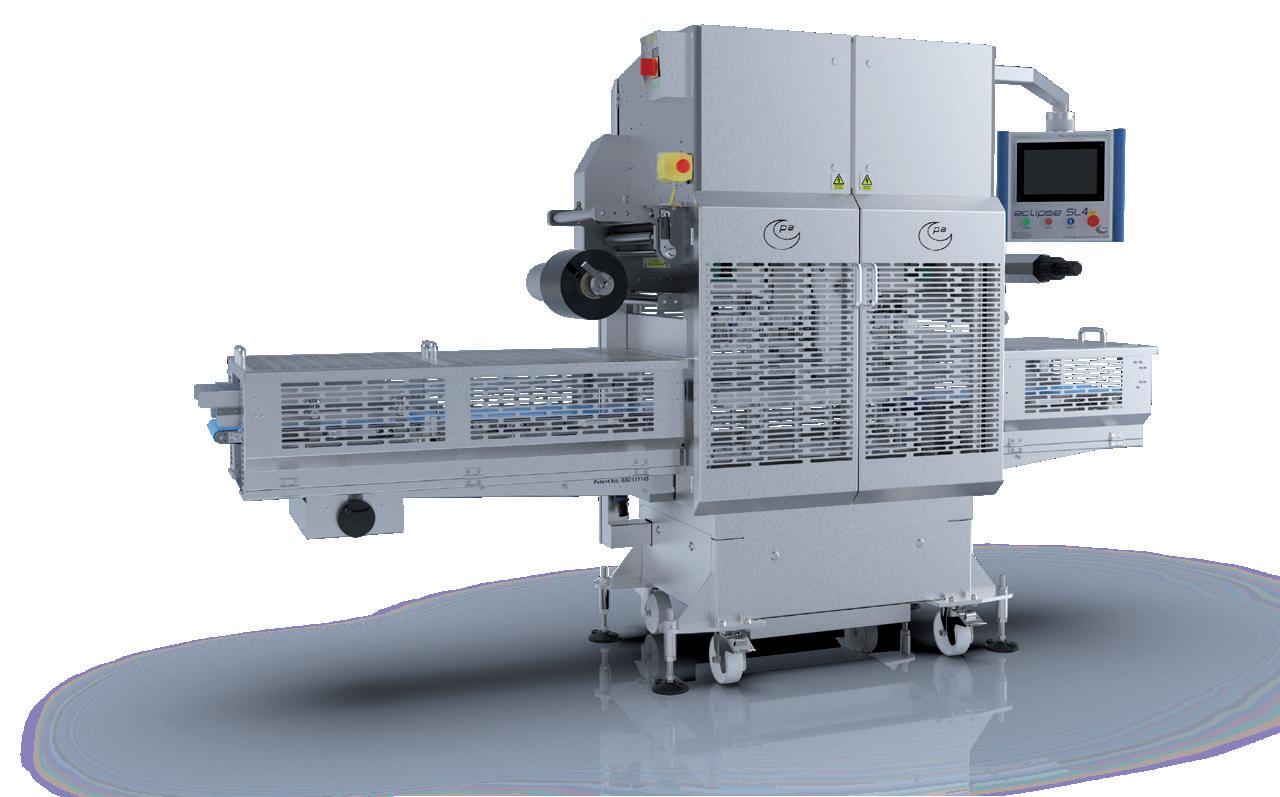
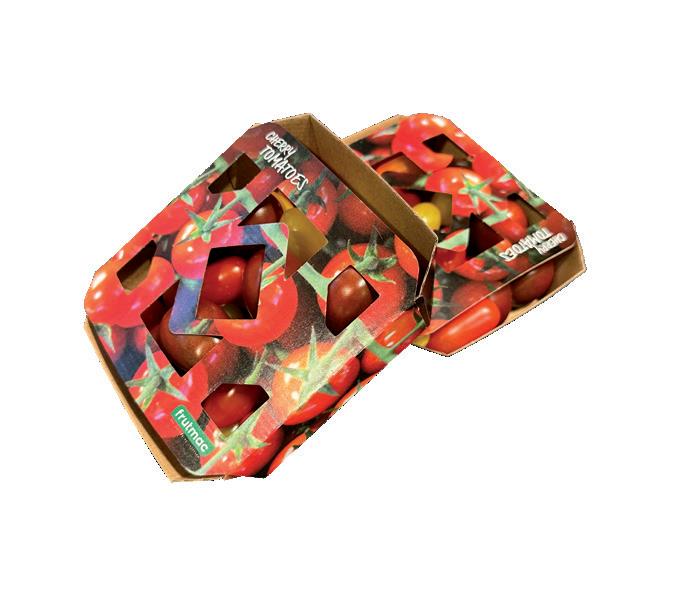

The next stage of pallet traceability
Epal has launched a traceable pallet that features a scannable code linked to a unique serial number.
by Carl Collen @carlfruitnetEpal (European Pallet Association) UK & Ireland, the umbrella association of licensed producers and repairers of Epal load carriers, has announced the launch of a traceable pallet that it says “significantly improve the traceability and efficiency of users’ supply chains”.
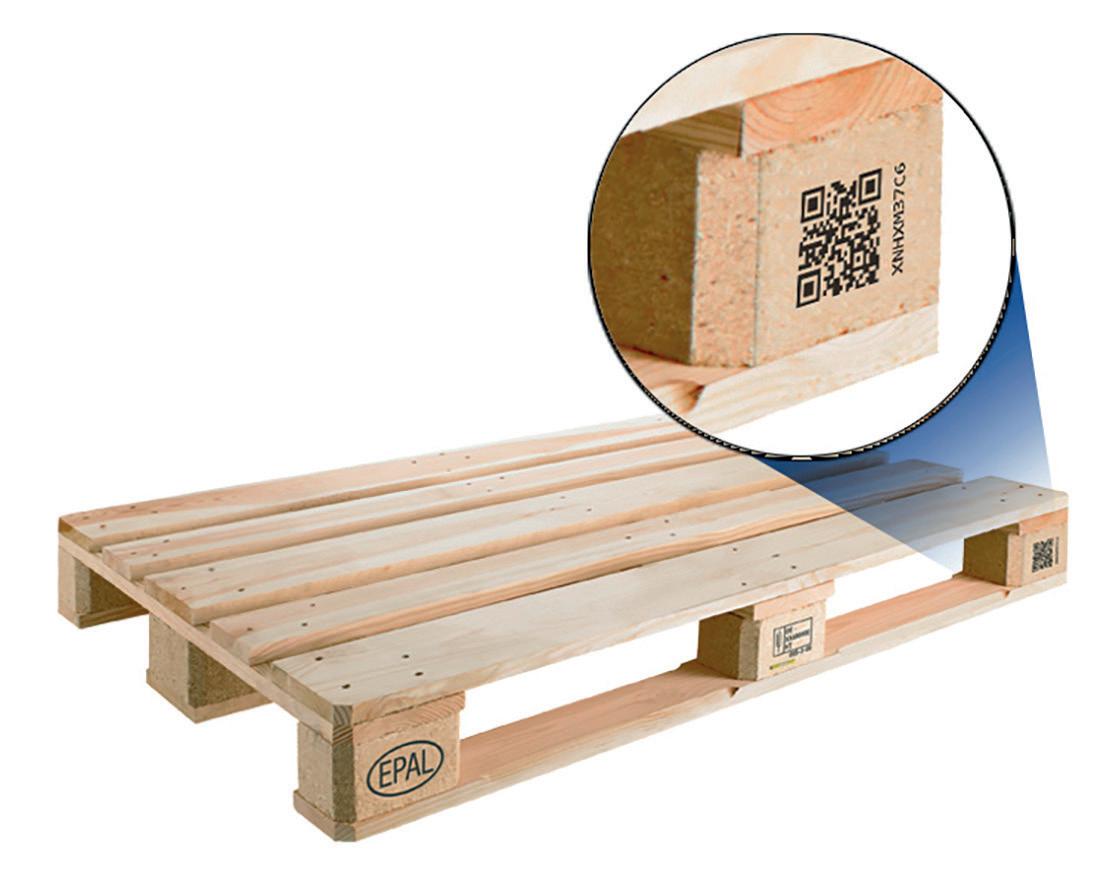
The Epal Euro QR pallet features a scannable code linked to a unique serial number, which the association says boosts supply chain visibility, improves efficiency, and optimises stock management. Located on the right-hand side of the pallet, the QR code can be linked to the goods being transported, and gives users other essential information such as the pallet manufacturer, age of the pallet, how many times it has been used in the Epal network, the number of repairs it has had, storage times, and location.
“Pallet users can share this information easily with their partner suppliers and customers in the supply chain,” Epal states. “The improved visibility will reduce pallet losses because it enables businesses to know exactly where their pallets are located and enable swift action in the case of events such as product recalls.
The QR code is marked on the Euro pallets with long-lasting inkjet printing, which has been successfully tested within the Epal network, and is readable with a standard barcode reader.
“The Euro QR pallet is a significant development for Epal, adding traceability to the list of benefits users already enjoy from being part of the EPAL network,” explains Felicity Smith, national secretary for Epal UK and Ireland. “It is an innovation that means Epal pallets now not only protect the goods they are carrying but can also provide operational data that is essential for an efficient modern supply chain.”
“Epal pallets not only protect the goods but also provide operational data essential for a efficient modern supply chain”
The Euro QR pallets are manufactured and repaired to the same independently audited quality standards as regular Epal pallets, the association notes, with the pallets freely exchangeable within the existing Epal international pallet pool across 35 countries. E
IPL partners with Hark on energy monitoring
UK retailer Asda’s fresh produce sourcing arm IPL has partnered with Hark, a Leeds-based energy management and industrial IoT firm, to improve efficiency at its facilities.
The two areas of focus for the project were energy monitoring and asset performance, with IPL looking to gain visibility of the industrial assets in its multiple packing sites in the UK. The initial goal was to retrieve energy and asset performance data to feed into IPL’s OEE (overall equipment effectiveness) metrics.
IPL’s facilities contain production lines, refrigeration plants, and multiple sub-metered areas. Using Hark’s IoT software, IPL has established a central location to visualise and analyse its energy and process data.
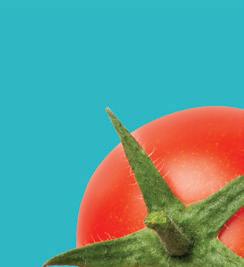

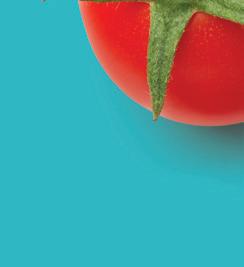
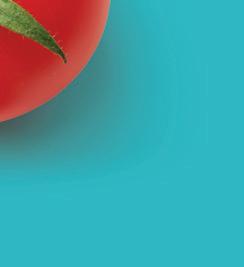

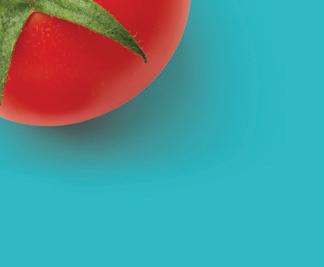
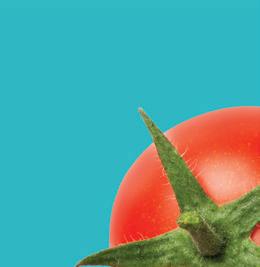
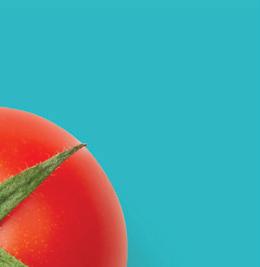
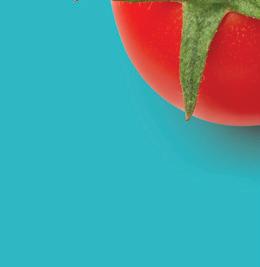
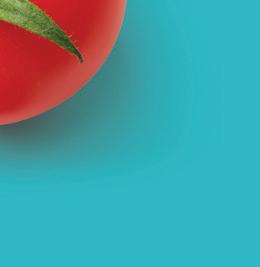



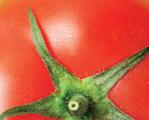










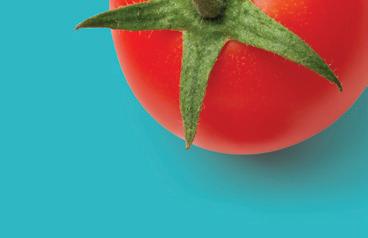
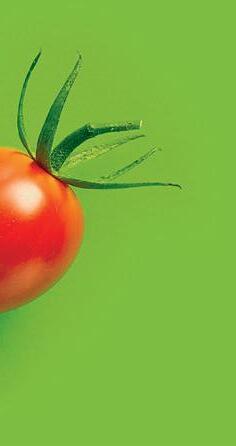


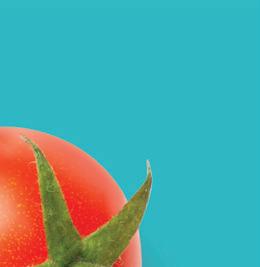
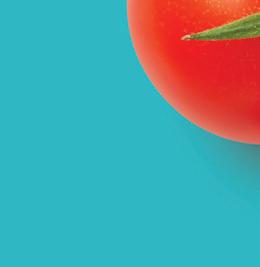
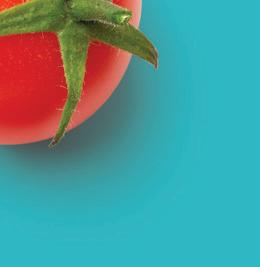

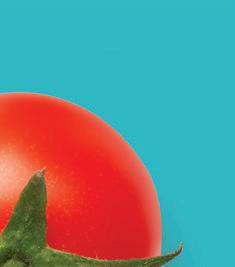
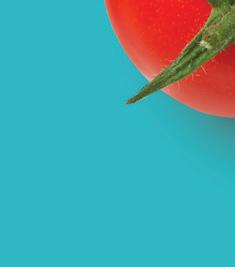

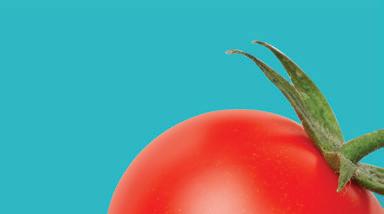



Ifco unveils 2023 ESG report
Thriving Through Circularity report highlights the progress the group has made throughout the past year.
by Carl Collen @carlfruitnetReusable packaging container (RPC) specialist
Ifco has released its environmental, social and governance (ESG) report for 2023. In the report, titled Thriving Through Circularity, the group highlighted its key milestones from the past 12 months.
These included replacing over 2bn single-use packaging units with its RPCs, and reducing freshwater use per RPC by 6 per cent. The company also renewed Cradle to Cradle Certified Silver certification for its European Li Lock generation of RPCs, and donated 69,000 RPCs to food banks around the globe.
Ifco said the report outlined how it had continued to invest in measures to bring it closer to becoming a net zero, zero waste
business, rooted in the principles of the circular economy.
“For Ifco, full-year 2023 was once again a time of tangible progress against our goals; a time when we continued to empower our employees, our suppliers and our customers to advance the circularity of grocery supply chains,” said Inigo Canalejo vicepresident of ESG and strategic marketing. “It is truly inspiring to see what we can achieve when we work together to deliver against shared sustainability targets.
”Guided by our strategy, we have worked diligently to help customers eliminate single-use packaging and food waste from their supply chains,” he continued. “In fact, by making the switch to Ifco RPC’s, our customers avoided 346,000 tonnes of solid waste this year alone.
”Achieving our ESG goals will require a concerted effort and I am so encouraged by the collective passion I see from everyone at Ifco, every day,” he added. “I would like to take this opportunity to say thank you to each employee and each value chain partner. It is through your hard work and dedication that we will make our purpose a reality.” E
Smurfit Kappa solves punnet problem
Packaging manufacturer Smurfit Kappa UK says it has solved a poorly fitting punnet problem for producer Isle of Wight Tomatoes with its new lattice box.
The vibrant yellow paper-based packaging, which features diamondshaped holes in the box to prevent fungal growth, not only ensures produce reaches customers in perfect condition, but also differentiates the tomato brand from its competitors, Smurfit Kappa said.

“We have worked diligently to help customers eliminate single-use packaging and food waste from their supply chains”
Commenting on the new design, Isle of Wight Tomatoes general manager Rob Waterhouse said: “We’re really delighted with the result. Smurfit Kappa Gosport perfectly interpreted our brief, delivering sleek, meticulously designed packaging that not only keeps our precious tomatoes safe and sound, but stands out on the shelf.” ABOVE—


Study endorses wood as the most sustainable packaging for F&V
Wooden packaging was the best performer in terms of cutting greenhouse gas emissions, pollution, ecotoxicity and water footprint.
by Maura Maxwell @maurafruitnetAnew study from the Polytechnic University of Valencia (UPV) has concluded that wood is the most sustainable packaging option for fruit and vegetables with the lowest environmental impact.
The report, entitled The Life Cycle Analysis of Wooden Packaging, was commissioned by the Association of Sawyers and Manufacturers of Wooden Packaging and its findings were presented at a recent event to discuss how wooden packaging can mitigate the impact of climate change.
It analysed the complete life cycle of a wooden container – from the transformation of the raw material to the management of the waste generated – for the first time and compared it to cardboard packaging.
The report concluded that in the case of fruit and vegetables, wood is the most sustainable packaging option, having a lower environmental impact across all areas, but especially in terms of greenhouse gas emissions, pollution, ecotoxicity and food safety.
Moreover, wooden containers
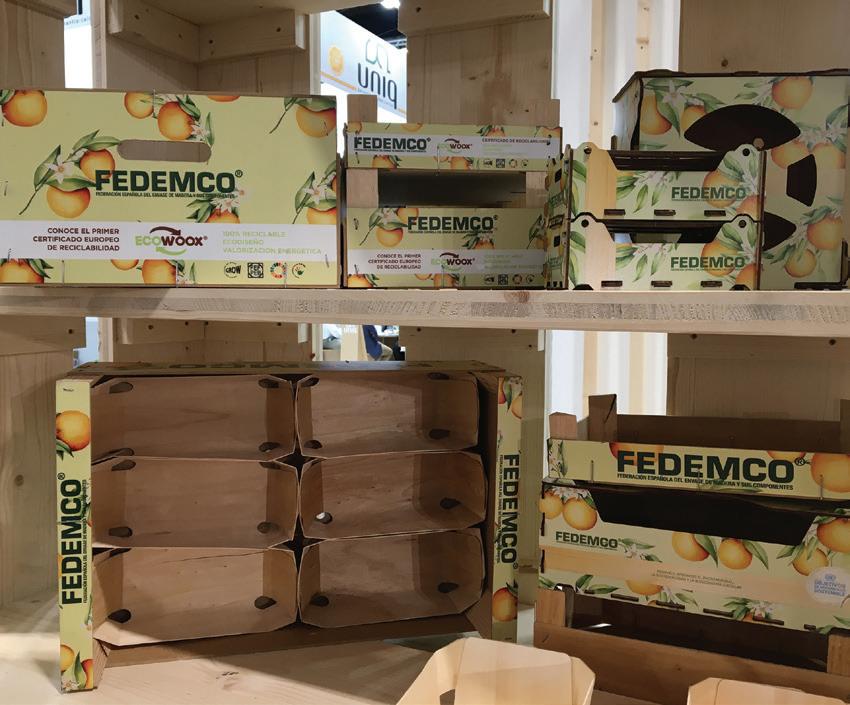
offered the added benefit of having a water footprint of “practically zero” in their manufacture, according to UPV professor José Vicente Oliver. “Wooden containers are also very light and the relationship between very low weight and very good capacity means that in logistics, wood has multiple advantages,” he said.
Other factors highlighted in the report are the contribution of wooden packaging to the cascading use of natural forest resources, its high recycling rate and its recovery.
According to Spanish wooden packaging federation Fedemco, wood represents an example of the biocircular economy and is one of the pillars of the European Green Deal in its objective to achieve decarbonisation in the packaging and logistics sector.
Fedemco noted that as a natural and renewable material, wood actively contributes to combating climate change through dynamic carbon capture, namely that it maintains the carbon absorbed by the tree in the past throughout its life cycle.
“One m3 of wood retains around a ton of CO 2 and emits 700kg of oxygen,” said Raquel Aguado, director of Fedemco. “In addition, the wooden packaging sector promotes sustainable forest management through the use of forests, which makes it possible to prevent large forest fires, which are one of the main global emi ers of CO2. The wooden packaging industry intervenes to reduce the risk.” E
Del Monte’s banana RPC effort
Global produce company will debut the reusable plastic containers in the US, as it strives to decrease the environmental impact of banana packaging.
by Carl Collen @carlfruitnetFresh Del Monte Produce has announced a strategic partnership with Arena Packaging, a leading packaging, design, and pooling company in North America, to introduce reusable plastic containers (RPCs) for bananas. According to Del Monte, the invention aims to transform industry standards for the banana category, while significantly reducing food waste, carbon emissions, operational costs, and preserving the fruit’s health.
With the introduction of RPCs, banana shipments now enjoy improved airflow and extended shelf-life, the group outlined. RPCs are not only reusable but also trackable, with a life cycle of up to 15 years. Each container will be reused approximately five times in a single year, and if damaged, individual parts can be collected, replaced, and repurposed.
“Making produce more sustainable for consumers, from the farms to the shelves, has always been a top priority for Fresh Del Monte,” said Hans Sauter, Fresh Del Monte’s chief sustainability officer and senior vice-president of R&D. “By emphasising the reuse of packaging materials, we aim to reduce our environmental footprint, while promoting a circular economy of plastics.
“A er years of collaborative work, this groundbreaking
RPC design not only reduces greenhouse gas emissions but addresses fruit quality and pallet shipping density, ensuring sustainable impact at every level of our supply chain.
“Alliances such as this one serve as an example of how we’re seeking ways to improve our operations with business partnerships that strive to achieve a more sustainable future,” he outined.
Bananas have traditionally been shipped in single-use cardboard boxes, typically holding up to 40 pounds per box. These boxes are
BELOW—The RPCs offer improved airflow and extended shelflife for banana shipments, Del Monte said
then transported to grocery stores, where bananas are air-stacked in the back room, which Del Monte called a ”labour-intensive manual process that takes between 20 to 40 minutes to complete”.
Although cardboard is widely recyclable, developing options where packaging is reused is a first step in fighting climate change, the company said. The implementation of the Arena Banana RPC has also resulted in an overall healthier-looking fruit out on the shelf, with less handling throughout the supply chain, it added.
“Our collaboration with Fresh Del Monte Produce is set to redefine the entire process of packing, shipping, ripening, storing, and merchandising bananas,” said Tony Arena, founder and CEO of Arena Packaging. ”This marks a significant milestone in our shared mission to establish a more sustainable and circular packaging system.”
“Arena Packaging’s innovative banana RPC is the result of years of dedicated design and validation supported by industry veteran Jim Vangelos and Fresh Del Monte’s sales vice-president, Mike Na el and senior director of global packaging, Christian Salnars.” E
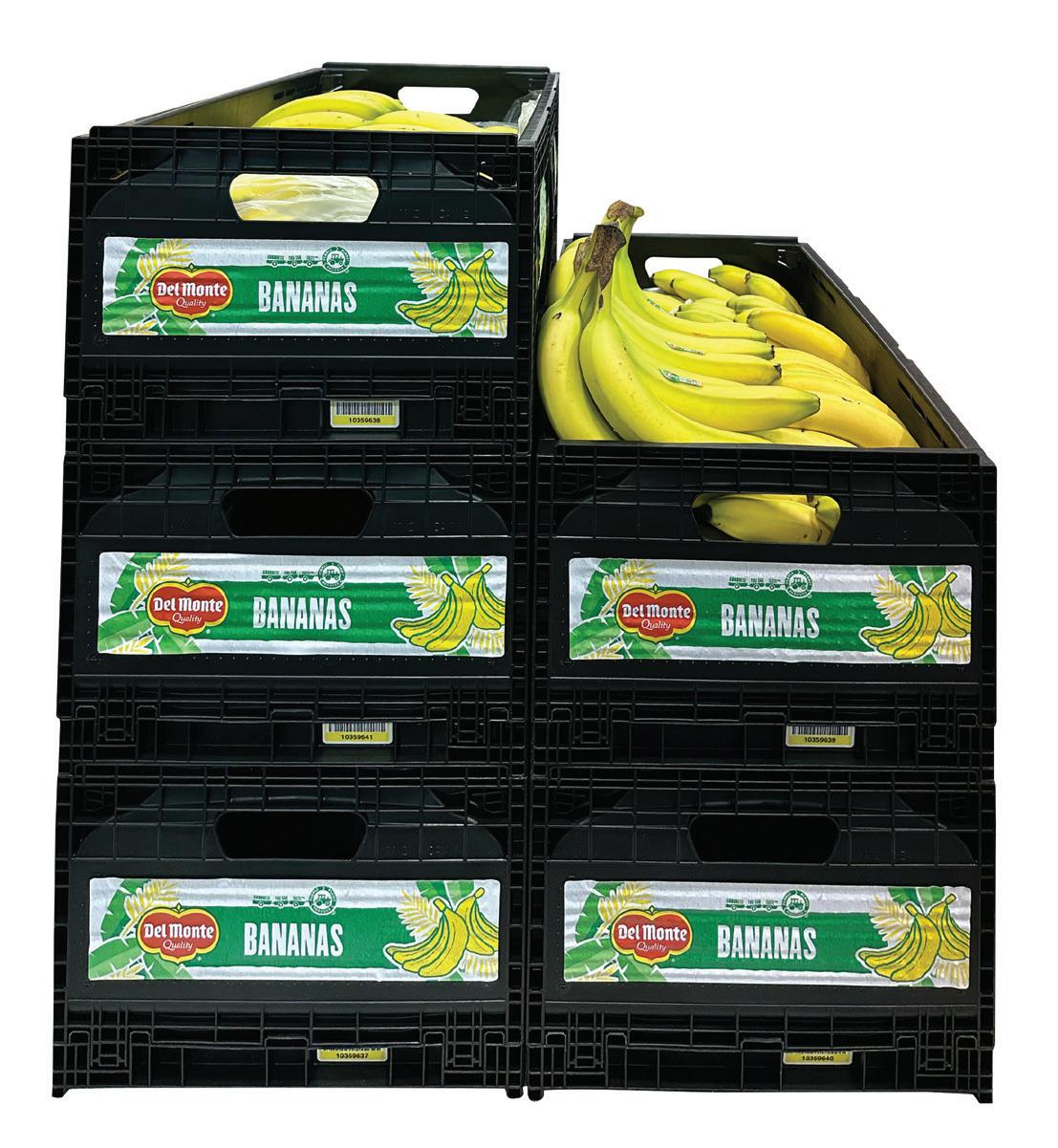
Moleaer expands European operations
Group joins forces with BS Nature to inaugurate new facility in Almería that offers nanobubble technology to a wider European customer base.
by Carl Collen @carlfruitnetLeading nanobubble tech specialist Moleaer has launched a new production facility in Almería, Spain, to offer its patented technology and solutions to local greenhouses and farms, as well as customers across Europe. The group has joined forces with Spanish organic producer BS Nature to expand access to its nanobubble technology, which is designed to help growers improve water utilisation, lower costs and increase crop yields.
The technology bolsters irrigation efficiency while reducing resource inputs, enriching irrigation water with oxygen nanobubbles to elevate dissolved oxygen levels. This results in enhanced plant health and increased yields, even in the face of extreme high temperatures, while eliminating biofilm in dripline emitters, aiding in the prevention of root disease, reduced algae, and optimised root absorption of water and nutrients.
Moleaer and BS Nature said that they “shared a vision rooted in addressing the pressing challenges posed by climate change”, including drought and rising temperatures, which significantly impact crop yields.
The company’s latest nanobubble generator, Indalo, is designed to withstand the climatic conditions in southern
Spain. Utilising patented gas-toliquid injection technology, Indalo generates trillions of nanobubbles that supersaturate water with oxygen more efficiently and costeffectively than any other method available, the group outlined.
The efficacy of the technology has been validated in four independent studies sponsored by BS Nature, all of which documented improvements in water quality that “consistently translated into higher yields and superior fruit quality”. These outcomes were achieved without increased resource inputs or chemical applications, such as fertilisers and hydrogen peroxide.
“Almería holds a vital position in Spain’s and Europe’s food production landscape,” explained Nick Dyner, CEO of Moleaer.
“Through our collaboration with BioSabor and the establishment of our own assembly and service facility in Spain, Moleaer is poised to expand access to nanobubble technology directly to our customers. We are excited about the rapid nanobubble technology adoption in Spain and its surrounding regions.”
Francisco Belmonte, President of BioSabor, said that the inauguration of the facility in Andalusia marked a “significant milestone” in the deepening collaboration between Moleaer and BS Nature.
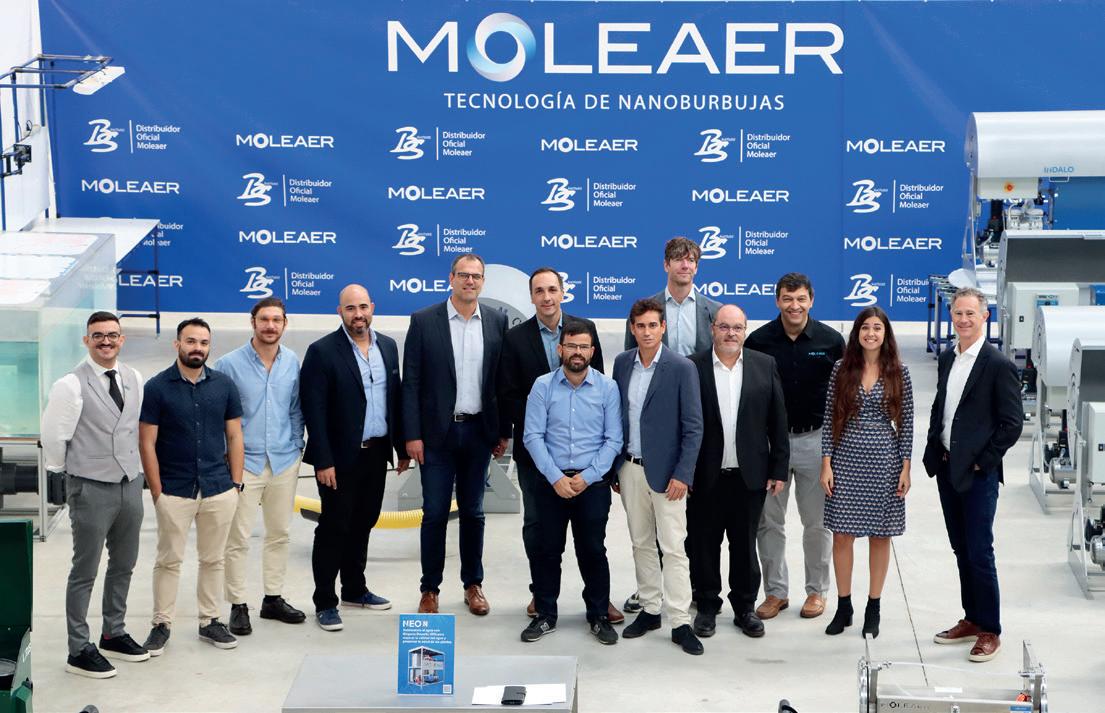
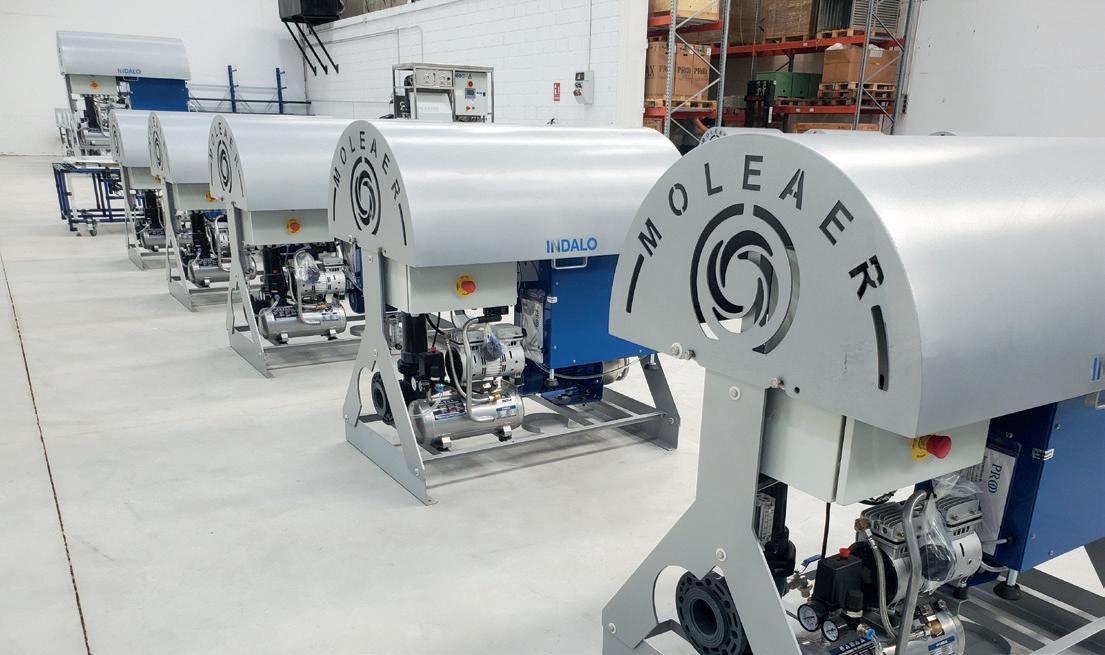
“Together, we are commi ed to providing profitable and efficient solutions to the challenges faced by local farmers, aligning with the demands of the European market,” he added. “At BS Nature, we remain commi ed in our dedication to embracing innovative technologies, always striving for continuous improvement in all aspects of our operations.” E
TOP—Moleaer and BS Nature have joined forces to launch the facility ABOVE—
The Indalo nanobubble generator
“We are excited about the rapid nanobubble technology adoption in Spain and its surrounding regions”
Splash research project concludes
German group Kronen says the test phase produced ‘positive results’ in an industrial setting.
by Carl CollenIn November, the research project Splash, which was funded by the German Federal Ministry of Food and Agriculture, was officially brought to a close. Splash involved the development of a washing process for fresh-cut le uce using non-thermal plasma technology.
In the process, plasma-treated
wash water was used in a newly developed washing machine adapted for the purpose. The hygienisation of the le uce helped to reduce the risk of packaged cut salads being contaminated with microorganisms.
Prior to this, the results of the project were presented to visitors at the Kronen Customer Day. The
12-month test phase, which used the newly developed Hewa washing machine in combination with the plasma washing process in an industrial se ing, achieved “positive results”.
“The use of the machine with plasma-treated water revealed extremely promising results, with the laboratory examination of the treated le uce and the water samples providing evidence of a positive antimicrobial effect compared to the washing process using normal tap water,” Kronen stated. “No negative effects of the treatment on the product whatsoever were detected.
“These results show that the project achieved its objective of developing a resource-conserving washing process using non-thermal plasma technology for disinfecting cut le uce as gently as possible. The hygienisation of the le uce increases consumer safety by avoiding premature spoilage.”
As a result, the partners from the Leibniz Institute for Agricultural Engineering and Bioeconomy, Gartenfrisch Jung, the Leibniz Institute for Plasma Research and Technology and Kronen will continue to work together to scale the solution to meet various industrial requirements in the future. E









KitoZyme hails organic approval for KitoGreen
KitoGreen has been approved for use in organic agriculture by the European Commission, which the Belgian company calls a “significant advancement” for the sector.
by Tom Joyce @tomfruitnet“It offers an effective solution for plant diseases through its eliciting properties, perfectly aligned with the principles of organic farming”
Belgian manufacturer
KitoZyme has described the European Commission's decision to approve the use of its KitoGreen product in organic farming as a “significant advancement in the world of organic agriculture”.
The Commission officially amended Regulation (EU) 2023/2229 affecting KitoGreen, which is derived from aspergillus niger.
“Originally acclaimed for its non-animal origin, non-GMO, vegan and eco-friendly elicitor properties, KitoGreen has been recognised as a Basic Substance for Plant Protection since 2022,” the company said. “The recent amendment published by the European Commission highlights the inclusion of fungal chitosan in organic farming, a testament to KitoZyme's commitment to innovation and sustainability.”
The company said that KitoGreen would give EU farmers an important new tool. “It offers an effective solution for plant diseases through its eliciting properties, perfectly aligned with the principles of organic farming,” KitoZyme stated.
François Blondel, chief executive officer at KitoZyme, commented: “Receiving confirmation from the European Commission on KitoGreen's approval is a positive
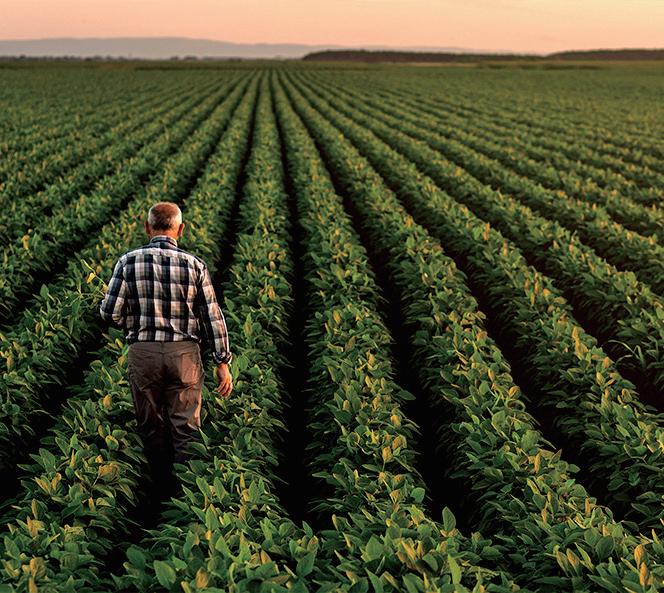
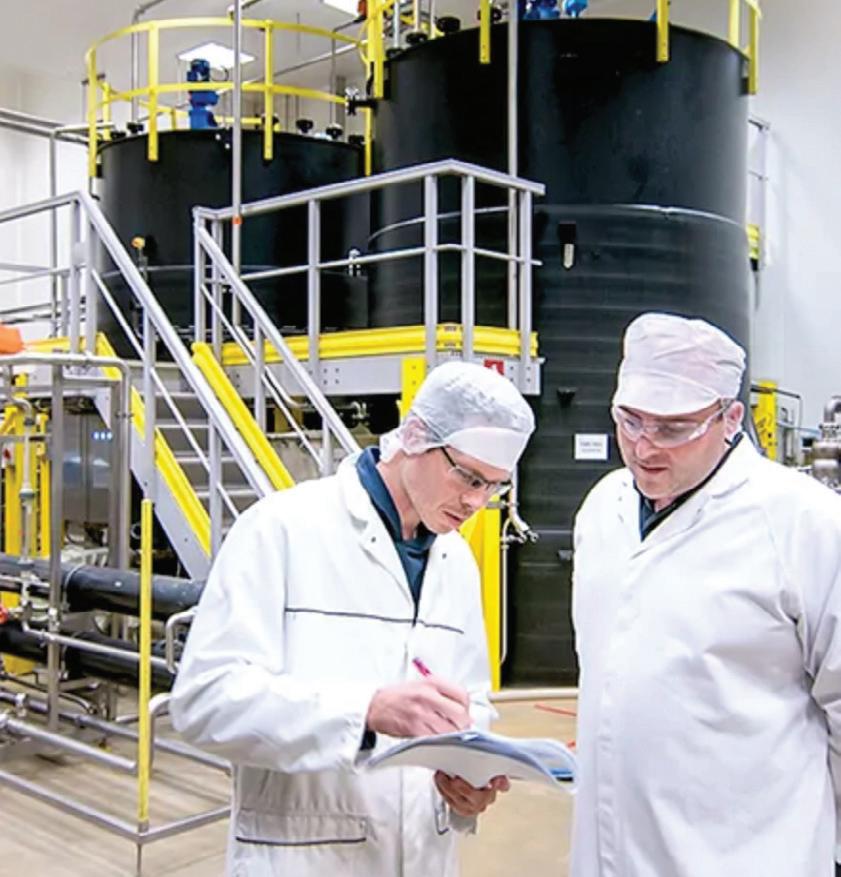
achievement for our team at KitoZyme. It reinforces the value of our fungal chitosan as a plant-based alternative in organic agriculture, and it's a clear signal that our approach to sustainable agriculture is on the right track.”
KitoZyme said it had demonstrated the efficacy of KitoGreen in preventing fungal and bacterial diseases on a wide variety of crops, including vegetables, grapes and berries.
“Besides foliar applications, we are delighted by the good results emerging from seed treatments, as well as post-harvest usages,” explained business development manager Guillaume Deleixhe.
KitoZyme said its initial aim was to make KitoGreen available for organic farmers across all 27 EU nations, while actively exploring partnerships to enhance the product's reach and impact. E
Greenyard and Agriplace partnership demonstrates power of collaboration
The Belgium-based produce group has turned to Agriplace to facilitate information sharing on quality, sustainability and social requirements, and gain a better insight into its customer base.
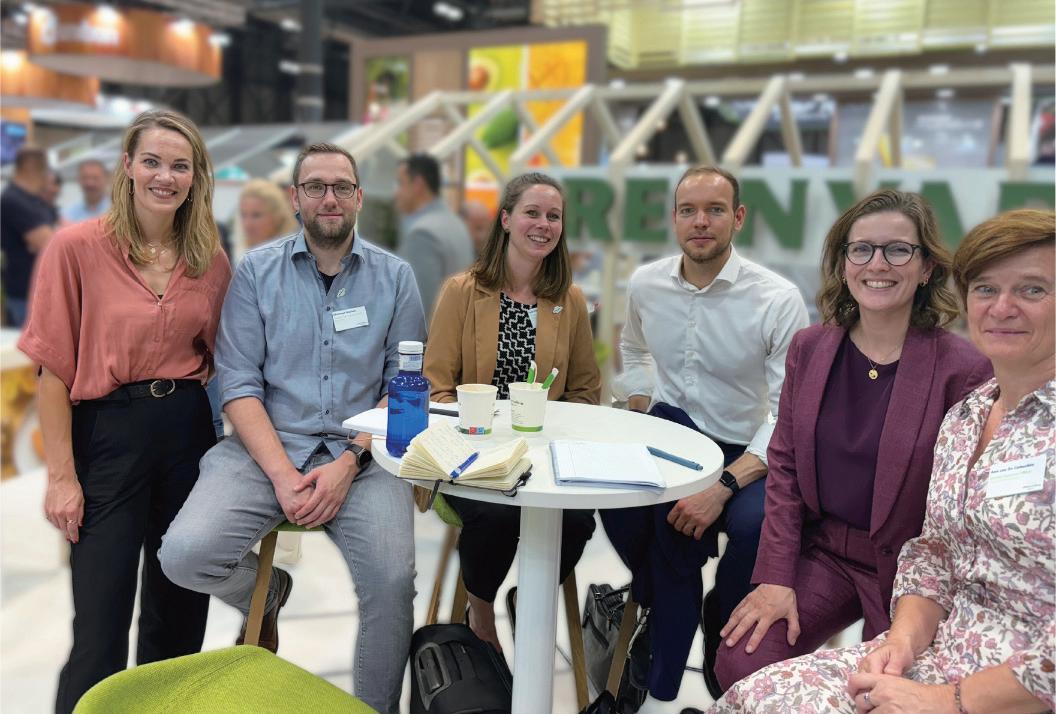
In an era where sustainability is a big priority for the fresh produce industry, Greenyard has emerged as a shining example of unwavering commitment to a healthier future, dedicated to improving lives through pure-plant food experiences, promoting healthier lifestyles and fostering more sustainable food supply chains.
Greenyard believes that pureplant food, fruit and vegetables, with all their pure and natural power, are the future. But their mission to make a positive impact on people and planet comes with a set of challenges.
Judith Prang, divisional business process owner at Greenyard,
acknowledges this. “As part of our sustainability strategy, we require our growers to adopt good agricultural practices and obtain the necessary certifications, such as GlobalGAP and Farm Sustainability Assessment (FSA). However, keeping track of the certification status for thousands of suppliers is a considerable challenge.”
To tackle this challenge, Greenyard has turned to Agriplace, and the reasons behind this strategic partnership are clear. Judith Prang elaborates: “The Agriplace platform was specifically developed for the agricultural sector and helps sellers and buyers within the food supply chain to easily exchange information with regard to quality, sustainability and social requirements. The
 MICHAEL MACFARLANE
MICHAEL MACFARLANE
Agriplace Account executive UK & IE
platform allows us to gain better insight into our supplier base and saves time collecting and reporting the right information. As some growers supply multiple entities within our group, this creates a valuable opportunity for quick efficiency gains in our overall operations. Agriplace also provides direct access to the GlobalGAP and FSA databases for easy reference and verification.”
Greenyard’s Fresh, Frozen and Prepared entities in various countries across the globe are actively using the Agriplace platform. “Several fresh entities are currently in the process of uploading their data to the software,” says Prang. “For the entities supplying the German market, this will be used to monitor compliance with risk prevention and mitigation measures, in line with the Lieferkettengesetz (LkSG).”
Greenyard’s sustainability aspirations don’t stop at certifications. It has set a clear goal to have 100 per cent of its grower base in high-risk origins certified for social compliance by 2025 and in medium-risk origins no later than 2030. To efficiently prioritise and act on this ambitious goal, it has adopted a risk-based approach that was co-developed with SIFAV and Agriplace: the Sustainability Risk Assessment.
“As established in the way of working we developed within SIFAV, we are using a risk-based approach,” Greenyard revealed. “Within SIFAV, a clear list of comparable standards is agreed, with more stringent certifications required in high-risk countries compared to medium-risk countries.”
SIFAV and Agriplace have defined a comprehensive risk assessment methodology that covers 21 ESG risk domains, which are visualised in an online tool. This methodology serves as the basis for Greenyard’s risk analysis, ensuring that its resources are invested where it matters most.
The Greenyard and Agriplace partnership demonstrates the power of collaboration in achieving ambitious goals and paving the way for a greener future. Agriplace is helping Greenyard to share knowledge and set uniform standards for future operations. In a world where sustainability is the key to a brighter future, Greenyard’s partnership with Agriplace is a step forward. With Agriplace, Greenyard is even equipped to fulfil its ambitious vision to improve life for a healthier future. E

At your service
Fruit
Service Collective is a new one-stopshop for suppliers of avocados and mangoes to the European market.
by Maura Maxwell @maurafruitnetAnew service hub specialising in the ripening and repacking of avocados and mangoes will soon be available to suppliers to the European market. Located in Meer, about 30km to the north of Antwerp, Fruit Service Collective is the brainchild of the Maes family, founders of Belgian importer Special Fruit. Their experience and understanding of the value chain, acquired over a 30-year career in produce, gave them the idea for a one-stop-shop offering a fullservice package from customs clearance right through to delivery to the end consumer, taking care of claims, rejections, packaging and waste amongst other things.
“At the Fruit Service Collective, our mission is to be the leading provider of comprehensive fruit management solutions. We offer custom handling, specialised ripening of avocados and mangoes, repacking, distribution services, logistical support and circular practices and are commi ed to streamlining the entire inbound and outbound process, ensuring the highest standards of quality, efficiency and sustainability,” says Patrick Maes.
“Our goal is to take ripening to the next level. By providing these services at scale we can invest in stateof-the-art ripening and packaging technology that guarantees a consistently high-quality product.”
Construction of the ripening rooms, powered by Frigotec’s pioneering So ripe ripening technology, is well underway and the first phase of the project will be operational by May 2024, giving customers access to 7,000m2 of ripening, storage and packaging space. Maes says the initial focus will be on avocados and mangoes, with a view to adding other climacteric fruits like stonefruit and kiwifruit in the future.
Such cu ing-edge technology doesn’t come cheap, which is why Maes stresses that Fruit Service Collective’s strategy is to build long-term, mutually beneficial partnerships rather than to chase volume.
“In order to be able to deliver the right quality and consistency
demanded by today’s market you need to get to know the requirements and specifications of retail customers and make sure you have the right technology and machinery to deliver it,” says Evy Van Gastel, Fruit Service Collective’s head of commercial.
“That’s why we want partners who are in it for the long-haul so that we can grow together and invest with them to help them achieve their long-term plan. Whether you’re a grower or exporter seeking a be er understanding of the European market, or an importer who’s looking to add value through the ready-to-eat concept, Fruit Service Collective have the expertise and connections to bridge the gap between you and the retailer.” E

Maersk begins construction of Ro erdam facility
Specialised warehouse for temperature-sensitive products is located next to the Maasvlakte II terminal and will be operational at the end of 2024.
by Carl Collen @carlfruitnet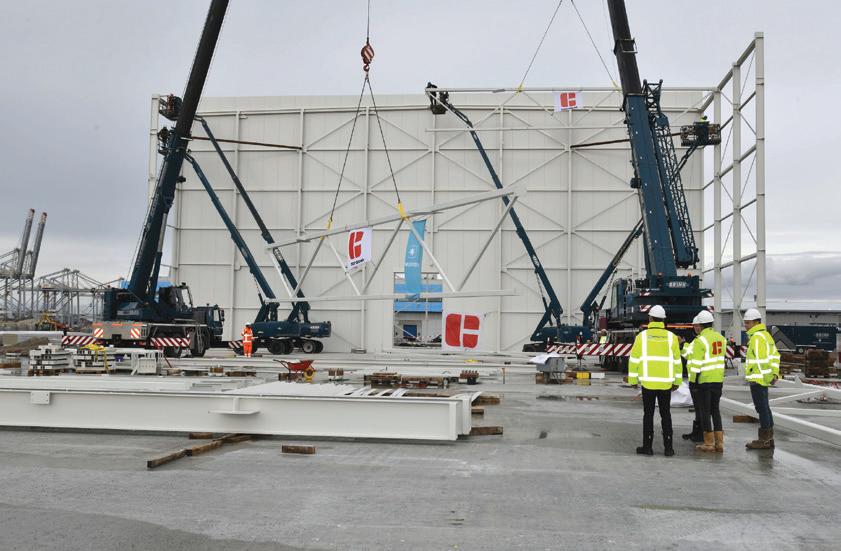
component of Maersk’s integrated logistics offering for its customers across north-west Europe,” it noted.
An increased demand for temperature-sensitive products had created greater demand for specialised logistics for transportation, but also for specialised storage, Maersk confirmed.


Maersk has conducted the ground-breaking ceremony ahead of the construction of its new cold storage facility in Rotterdam, the Netherlands.
The specialised warehouse for temperature-sensitive or frozen products, including fruit, meat, fish and pharmaceuticals, is located
right
The logistics group said that, once operational in the fourth quarter of 2024, the facility will have the capacity of an annual flow throughput of more than 43,000 FFE (40 Feet Equivalent Units).
“This will make it a key
“The cold store in Ro erdam allows such goods to remain fresh and of highest quality for a longer time until they reach the end consumers,” Maersk said. “Apart from refrigerated container transportation, Maersk also offers refrigerated storage, extending the life cycle of perishables and allowing customers to be er plan their supply chains.”
The new refrigerated warehouse in Ro erdam is expected to “significantly improve” Maersk’s cold chain offering not only in the Netherlands, but more broadly across north-west European markets. As a result, customers will gain access to a 40,000m2 facility located right next to one of Europe’s most modern terminals at Maasvlakte II, operated by APM Terminals.
“This proximity to the terminal, but also to our new cross-dock facility in Ro erdam which will be operational in January 2024 allows us to offer simpler and more integrated supply chain solutions right at our logistics hub in Ro erdam,” said Michel Blonk, regional construction project manager for Europe.
“That was one of the main criteria for its location and we expect it to be a significant game changer for our cold chain customers as well.” E
TOP—Construction is underway in Ro erdam
MIDDLE—Stakeholders gathering for the ground-breaking ceremony
LEFT—An artist’s impression of the completed facility
Brand activism: just for show, or real substance?
To what extent have the banana multinationals been able to leverage their newly-found ethics into their bottom lines?
 GRICHARD BRIGHT Reefer Trends Managing director
GRICHARD BRIGHT Reefer Trends Managing director
one definitively are the days when the banana multinationals were perceived as either exploiters, colonisers or power brokers behind corrupt regimes.
The US banana multinationals, not long ago the scourge of fairtrade NGOs, have all invested heavily in first securing and then publicising the social and environmental advances they have made on their farming operations in Central and South America. But can they make it pay?
Last September, Sumitomo subsidiary Fyffes published the results of its third independently conducted Human Rights Impact Assessment. In the same month, Del Monte chairman and CEO Mohammad Abu-Ghazaleh publicly lauded his company for making the Humankind 100 for the second successive year.
The prestigious list honours companies that have a positive impact on critical areas, including access to food and clean water, healthcare, and digital services. Fresh Del Monte was also recently honoured as one of America’s Most Trusted Companies by Newsweek for the second consecutive year.

Much as though the corporates can be accused of jumping on the bandwagon, the changes they have made appear profound
At the end of 2022, the world’s largest fresh produce company, Dole, announced a major upgrade to its Dole Way sustainability framework. This focuses on robust governance and three core pillars – ’For Nature, For People and For Food’ – that cover environmental, ethical and social and nutritionrelated issues. And in June 2023, Chiquita announced its induction into the Sustainable Agriculture Initiative Platform (SAI Platform) as well as its own planned implementation of that entity’s Farm Sustainability Assessment 3.0 across its farms.
CALLS TO ACTION
Brand activism occurs when a brand or business takes a stand on a particular social, environmental, economic, or political issue. It’s about supporting a cause that aligns with a company’s core values; communicating a commitment to creating a positive impact; and putting that commitment into action. Brand activism will often incorporate ESG activism, which refers to individuals and organisations that advocate for environmental, social, and corporate governance (ESG) criteria as part of evaluating business operations.
Diligence Directive. The directive brought companies with European business one step closer to a legal obligation to conduct human rights and environmental due diligence throughout their value chains – and mitigate any impacts.”

Much as though the corporates can be accused of jumping on the brand activism bandwagon, the changes they have made appear to have been profound. However, impressive though they may be, these initiatives are not voluntary. They have also been a long time coming.
In the first paragraph of her foreword to the Fyffes’ report, author and Fyffes chief corporate affairs officer Caoimhe Buckley makes this clear when she writes:
“On June 1, 2023, the European Parliament agreed its position on the Corporate Sustainability Due
From an ethical perspective, the multinationals’ progress is admirable. But from a commercial perspective, questionable at best. It is unclear whether this newly found ethical dimension has enhanced their bottom lines. While clearly they cannot afford to ignore a European Parliament directive, little effort has been made to tell consumers about their social and environmental progress. Probably for good reason – releases target at the trade press, which perhaps better understands the concept of a virtuous supply chain than the consumer, whose primary interest is low prices.
ALDI IN THE EYE OF THE STORM
Over the past decade, the attention of activist NGOs has gradually shifted downwards along the chain. They have turned their ire away from the corporates and on to German discount retailer Aldi, which they say puts its own interests and those of its customers in front of the stakeholders at the head of the supply chain.
Then, last August and perhaps anticipating the EU Parliament directive, Aldi experienced something close to an epiphany. It announced it was to implement more responsible purchasing practices, pivotal among which was that prices it paid to its banana suppliers were fairer and more accurately reflected sustainable production costs. Aldi makes the market: so large is its share of the continental European banana marketplace, the world’s largest, that the price it pays is regarded as the benchmark against which all other retailers measure their own offer.
While Aldi may claim to have seen the light, the NGOs continue to hold the retail sector accountable. In early December, Oxfam Germany filed an official complaint against the country’s two largest food retail companies, Edeka and Rewe, under the new German Supply Chain Law. Effective 1 January 2023, this law allows German companies to be held accountable for human rights risks in their supply chains. Trade unions and NGOs can now lodge claims on behalf of victims, and companies can be fined if they fail to meet their human rights obligations.
Among the alleged violations detailed in the Oxfam Germany complaint are: workers on banana plantations in Ecuador and Costa Rica receive inadequate protection from aerial pesticide spraying; migrant workers are exploited by third-party contractors who pay them low wages and steal their healthcare contributions; workers are expected to work long hours, but are not paid for overtime; women suffer harassment and receive lower salaries than men; and older workers in Ecuador are routinely fired just before reaching 25 years of service – the age at which they would be entitled to a modest pension. The complaint also alleges that union oppression is widespread and that active unionists are blacklisted by employers across the sector.
The German Federal Office for Economic Affairs and Export Control (BAFA) is to review Oxfam Germany’s complaint. “It should not go without consequences that individual companies like Rewe and Edeka break the law while others take their legal obligations seriously,” the NGO states. “We hope BAFA will give companies concrete instructions and clearly formulate requirements for prevention and corrective actions in case of human rights violations. If companies do not comply with their obligations, BAFA can impose fines: up to 2 per cent of their annual turnover.” E
Cop will eat itself
Holding Cop28 in the UAE was always going to be controversial. The president of this year’s conference, Sultan al-Jaber, is not only the UAE’s minister of industry and advanced technology, he is also CEO of the Abu Dhabi national oil company (Adnoc). The idea of a “phaseout” of fossil fuels quickly disappeared from the draft, replaced by a vague goal to reduce consumption and production “in a just, orderly and equitable manner”. A representative for the EU called it “unacceptable”, the UK “disappointing”. But is the UAE, and the oil and gas-producing Gulf in general, simply being cast as the latest scapegoat for the world’s failings on climate change, especially given the massive continued demand from western countries and the fact that the US is the biggest oil and gas producer? Much media attention has focused on those boycotting the conference on ethical grounds. But boycotting Cop is hardly new. Herbert Mwalukomo, a Malawian environmental activist, refused to attend Cop26 two years ago after the broken promises of previous agreements. “Where is the US$100m in climate finance per year that was committed years back?” he asked, referring to pledges made and forgotten 15 years previously. Every single Cop has eventually shown itself to be an abject failure. Limiting everyone’s expectations from the outset could be seen as something akin to progress. E
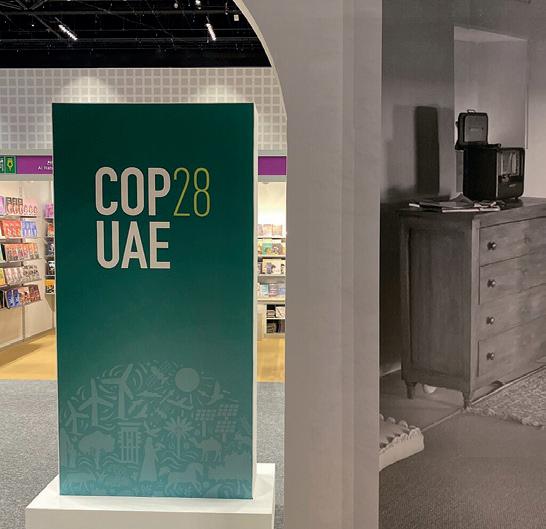













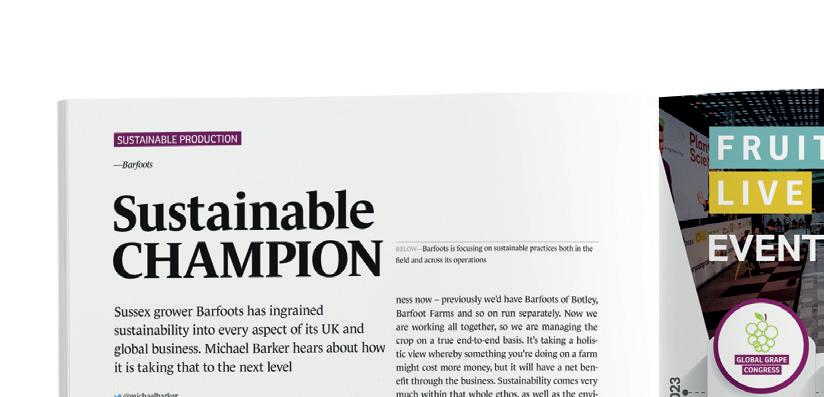

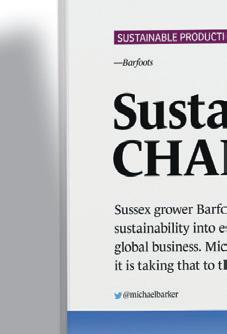



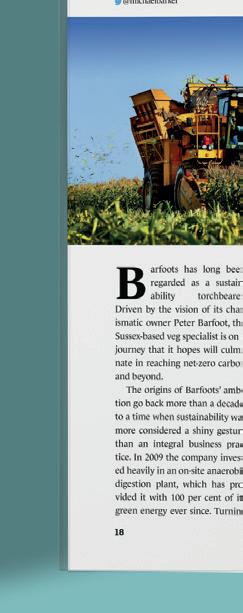

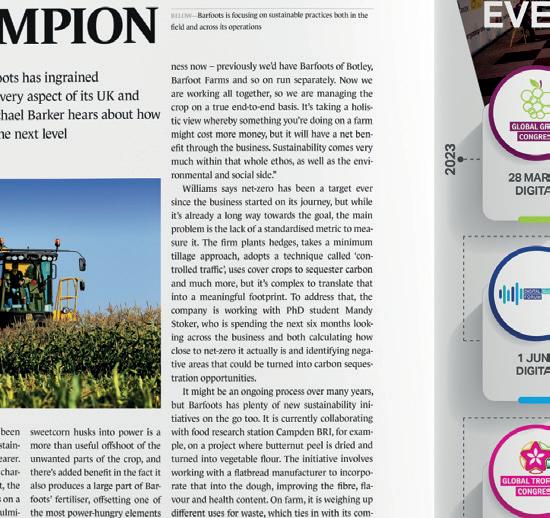


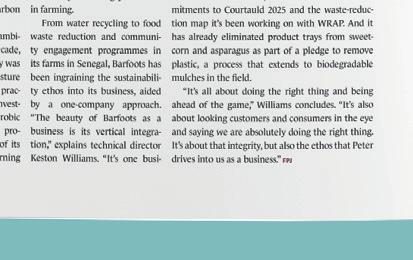
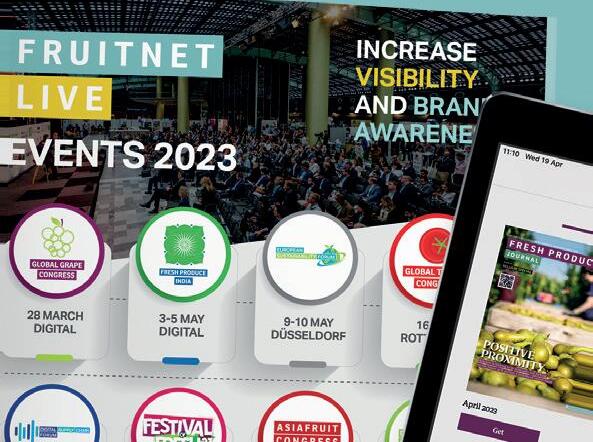









STORE CHECK
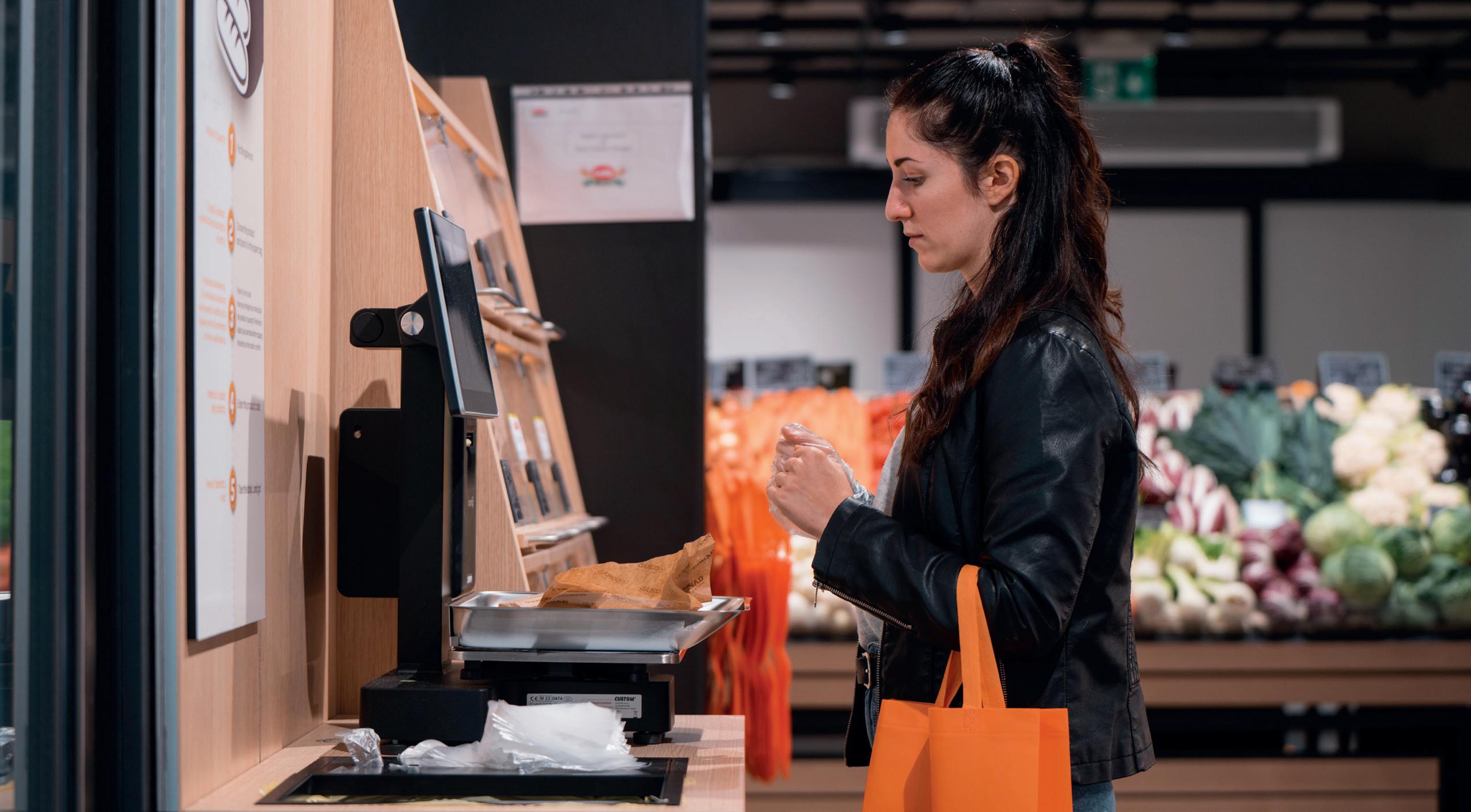
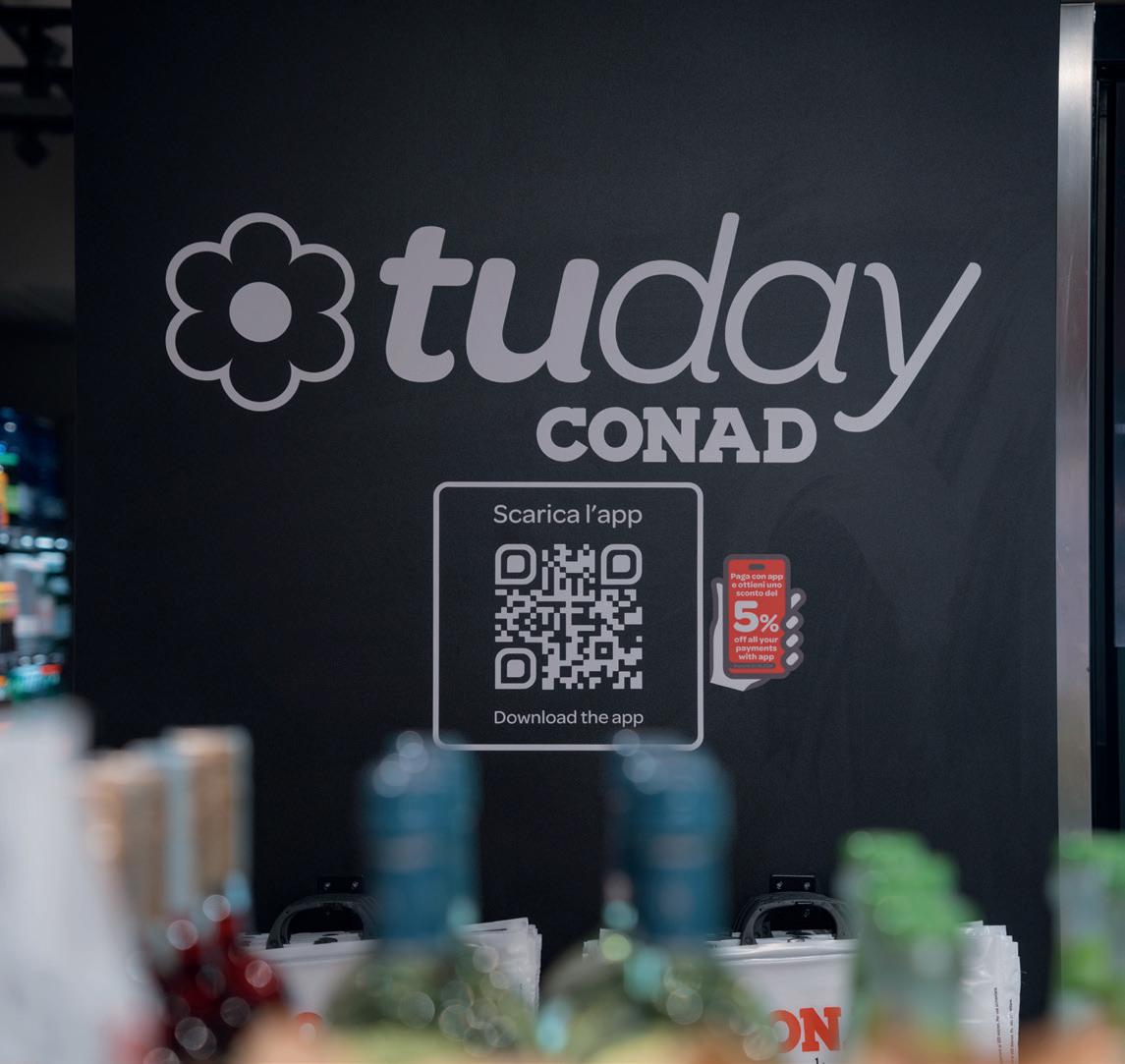
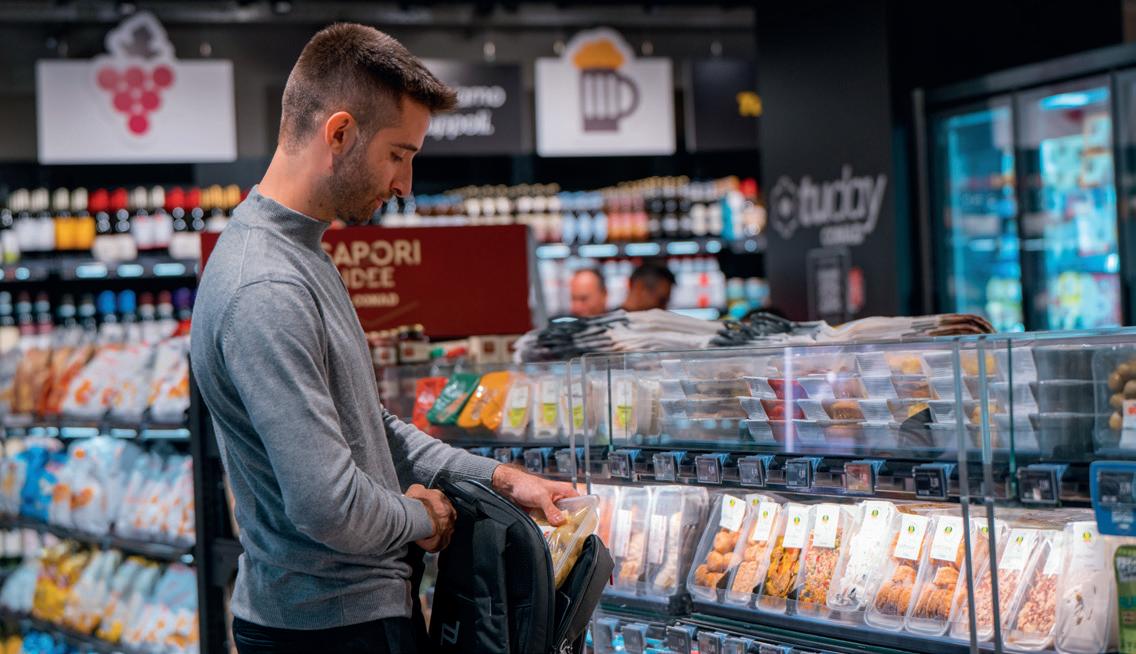

Portuguese startup Sensei has teamed up with retail cooperative DAO, which manages the Conad supermarket brand in north-east Italy, to open this Verona-based store called Tuday Prendi & Vai, Italy’s first autonomous supermarket. Sensei's autonomous, camera-based AI technology enables a fast and convenient shopping experience with no checkouts, no queues, and no need to scan items. Customers can simply grab any of the store’s 3,000+ products, put them in their own bag, and pay at a special terminal or via a dedicated app. The price of loose items such as fresh fruit and vegetables is calculated automatically thanks to networked weighing scales. E
